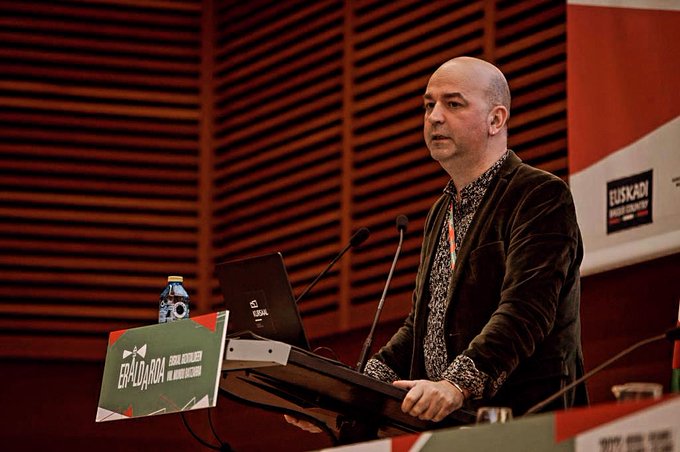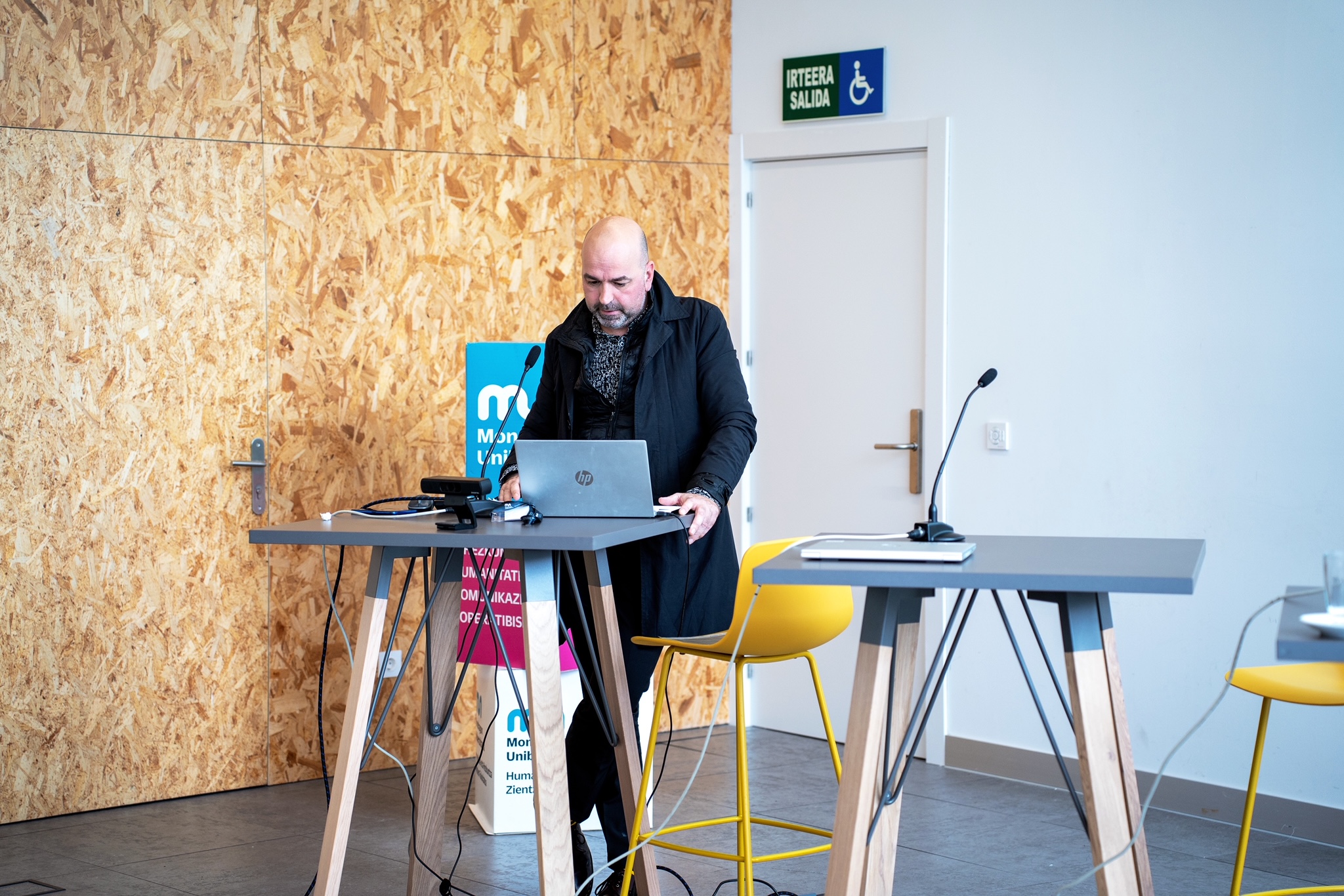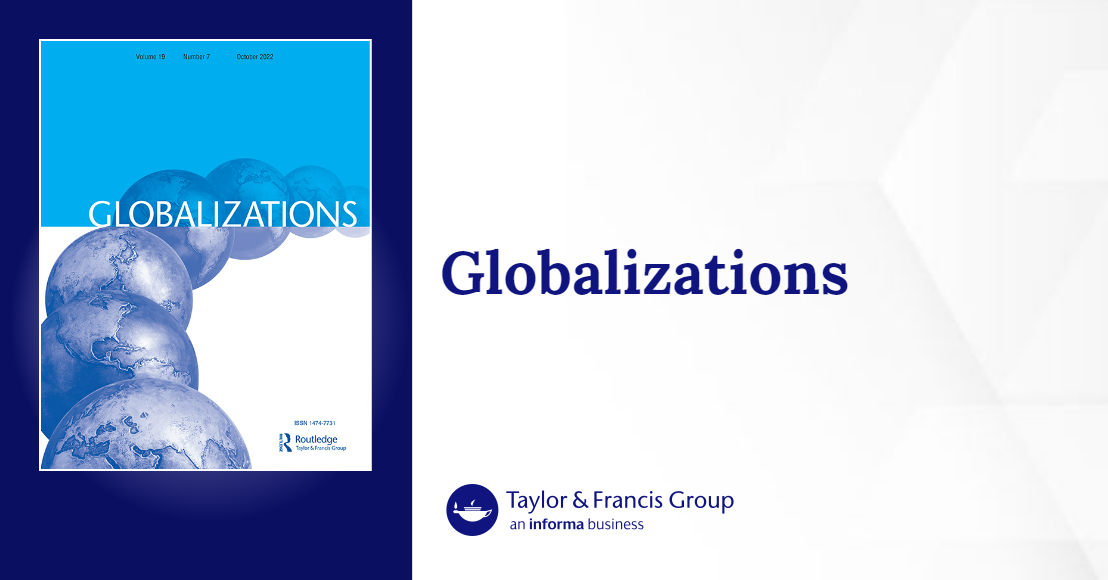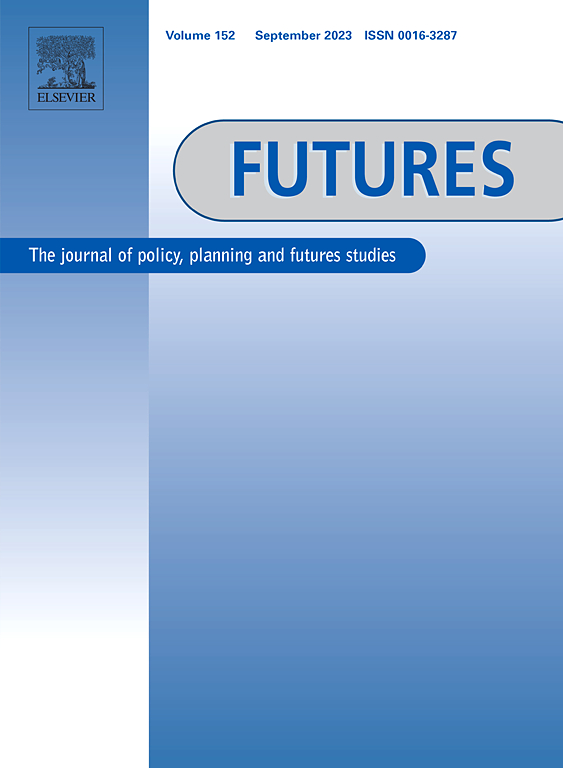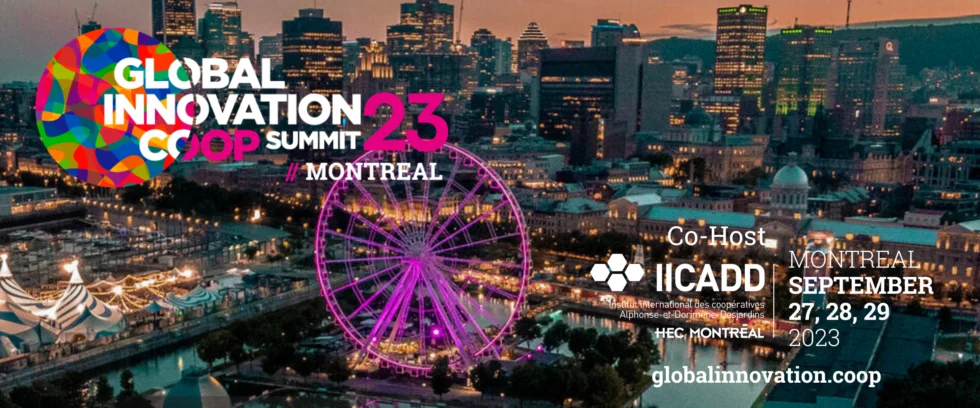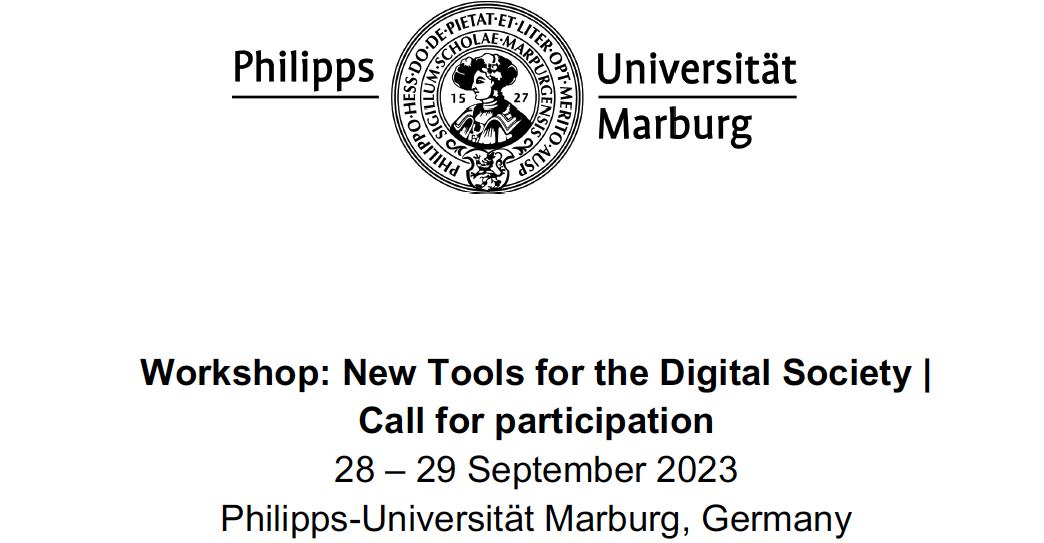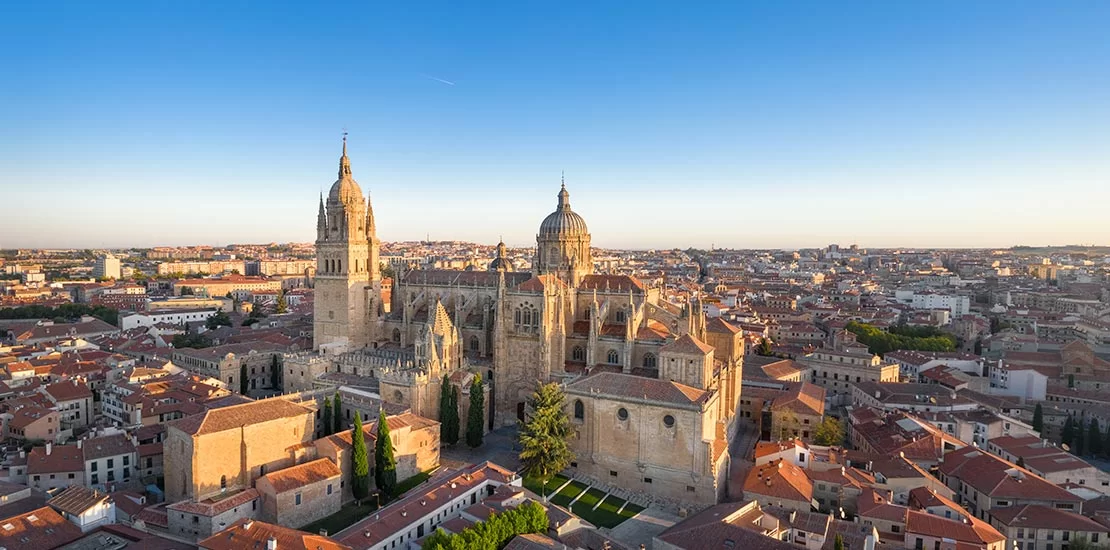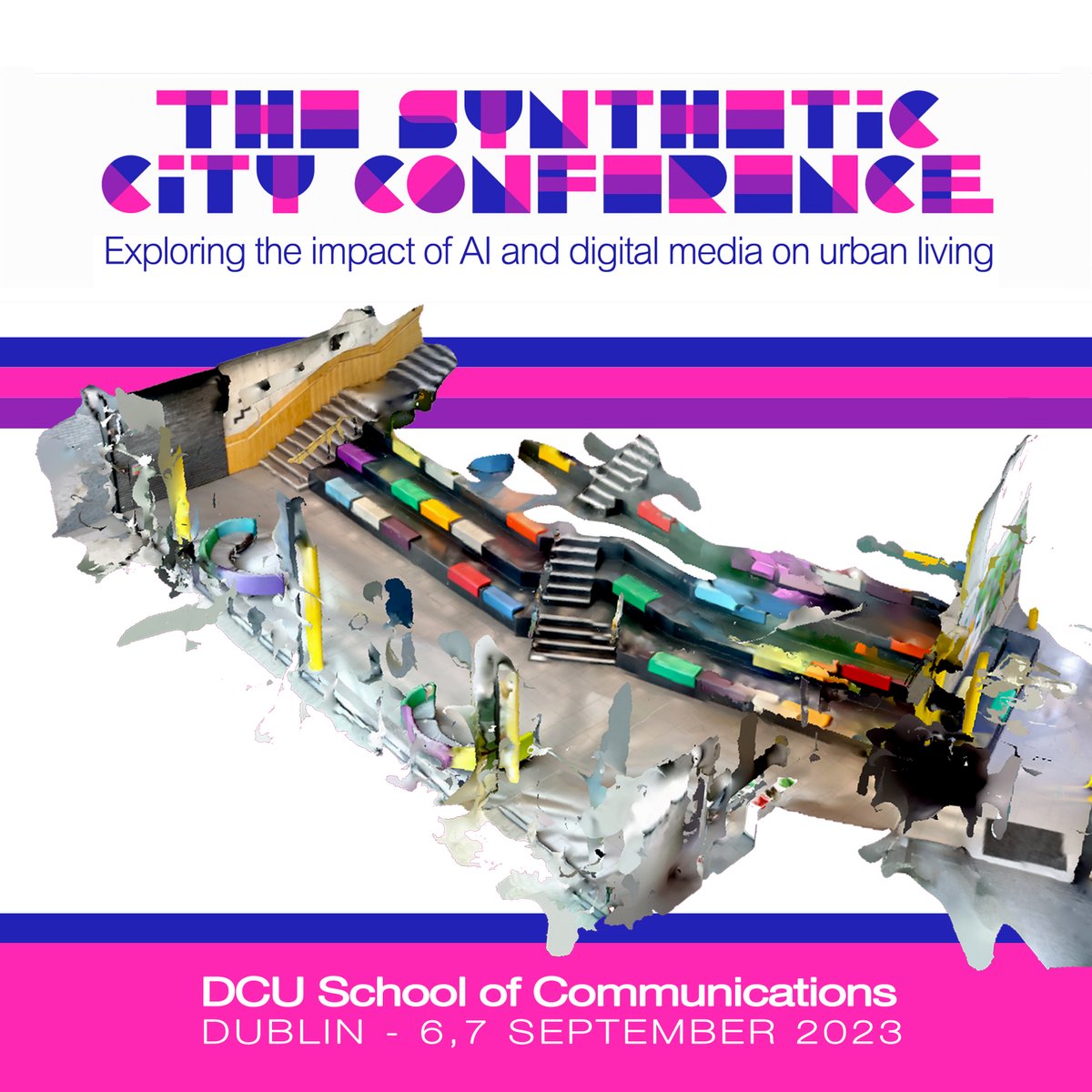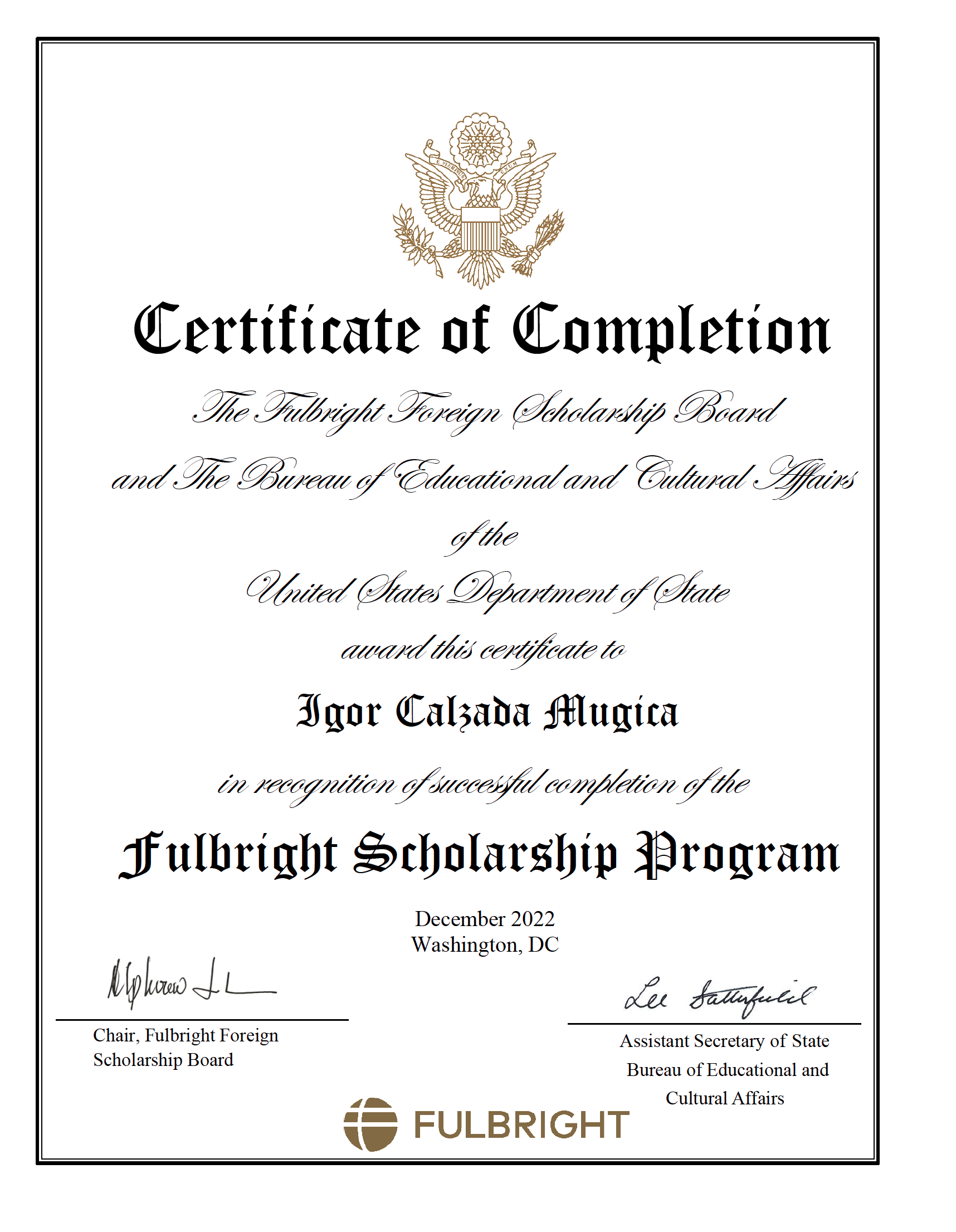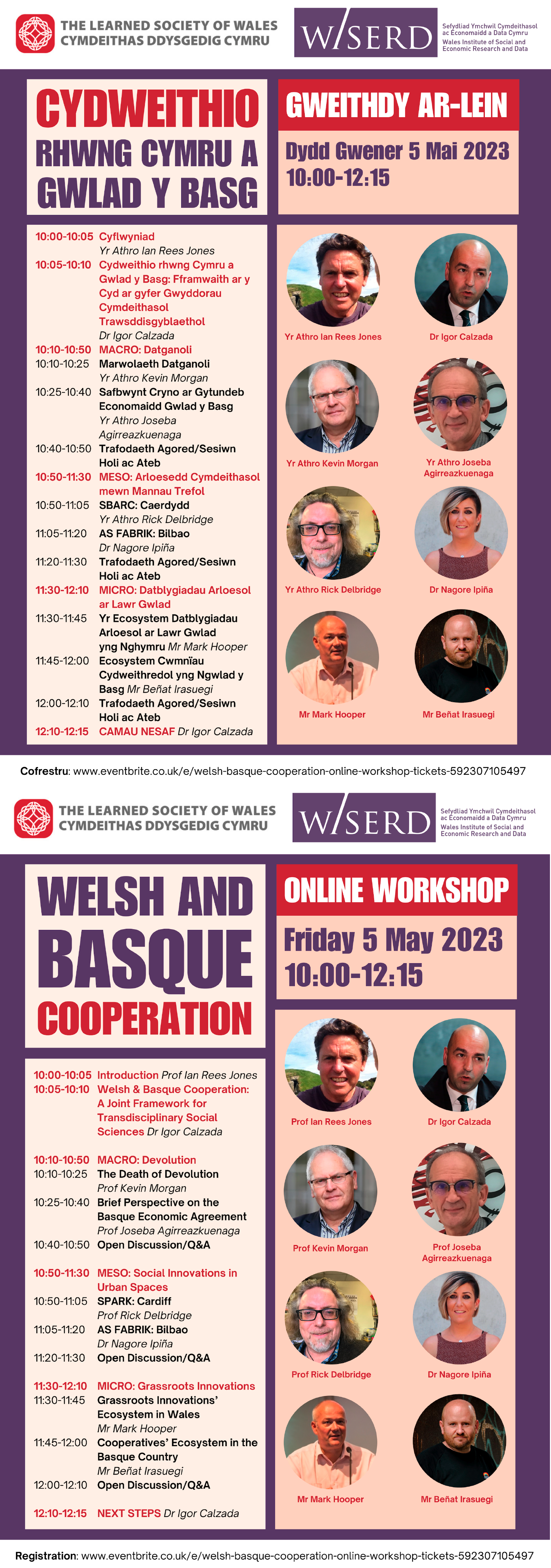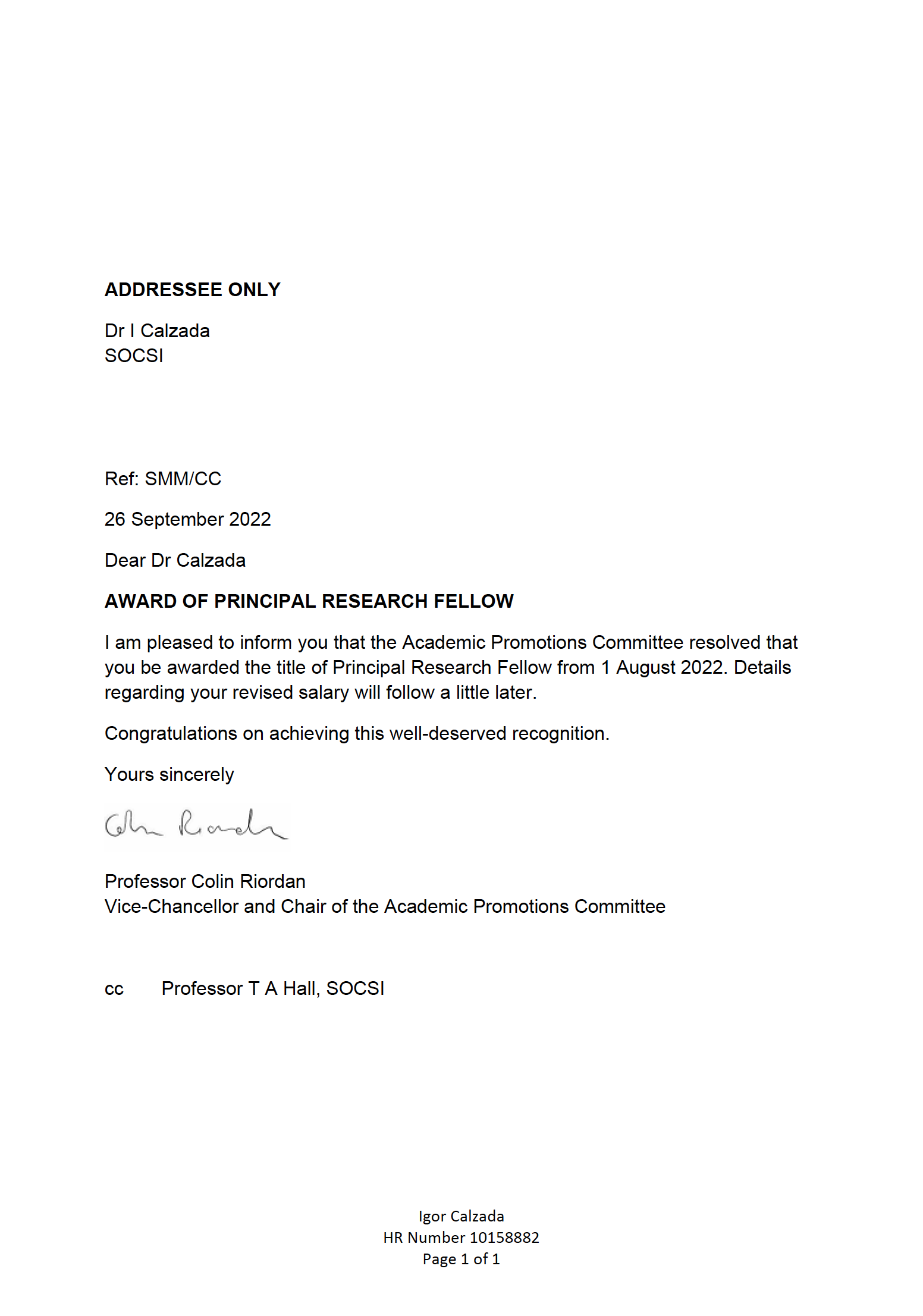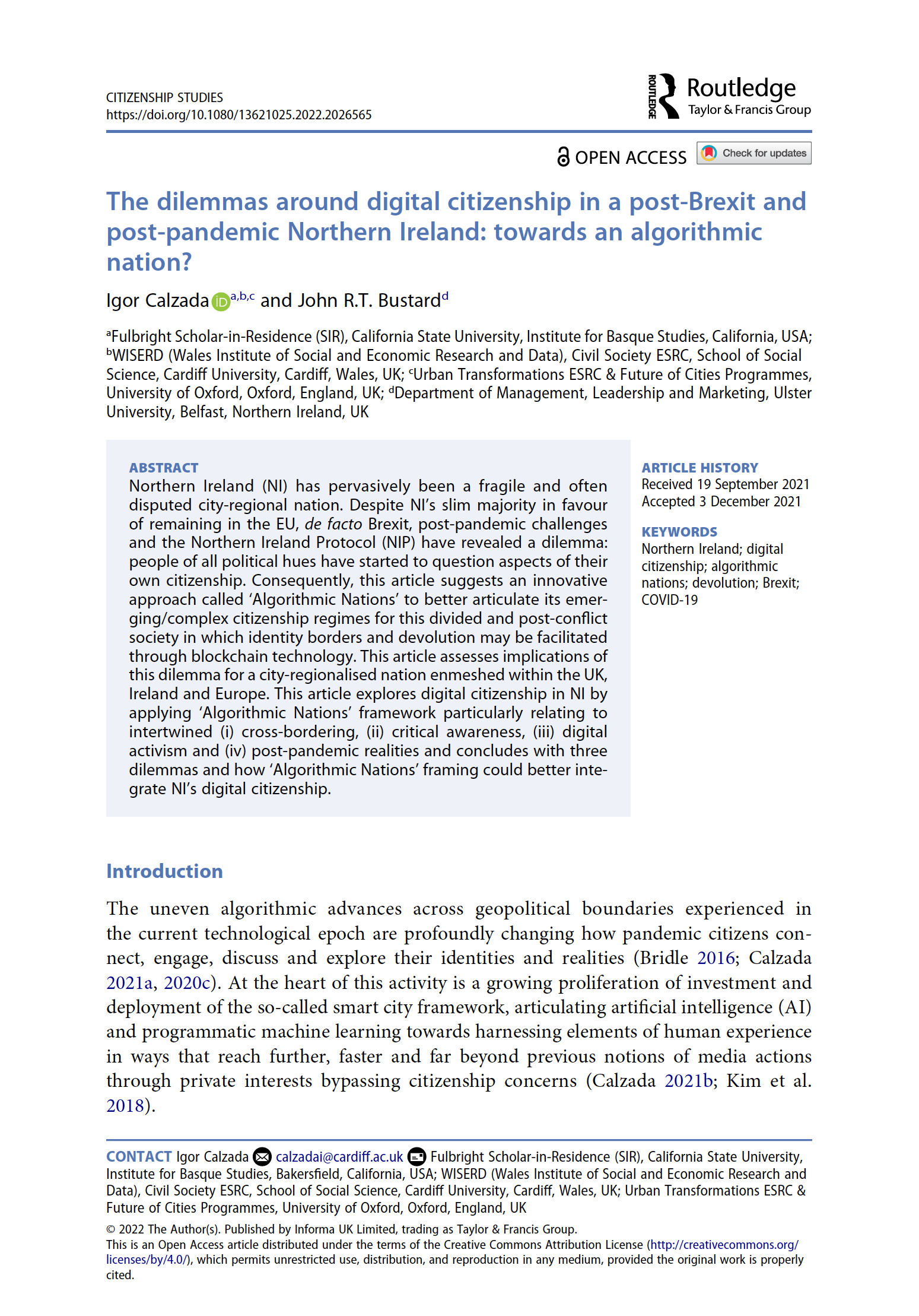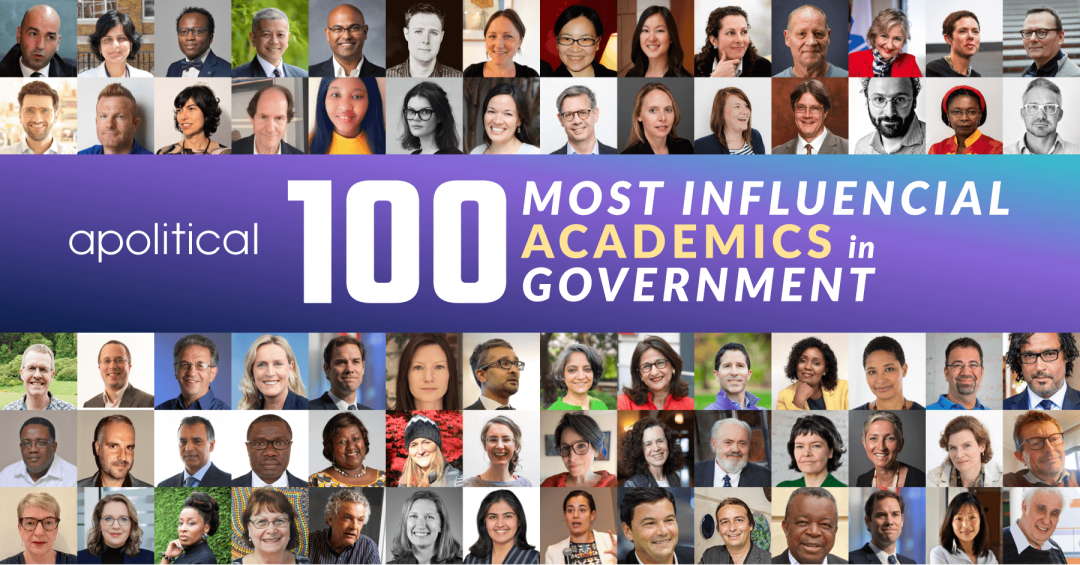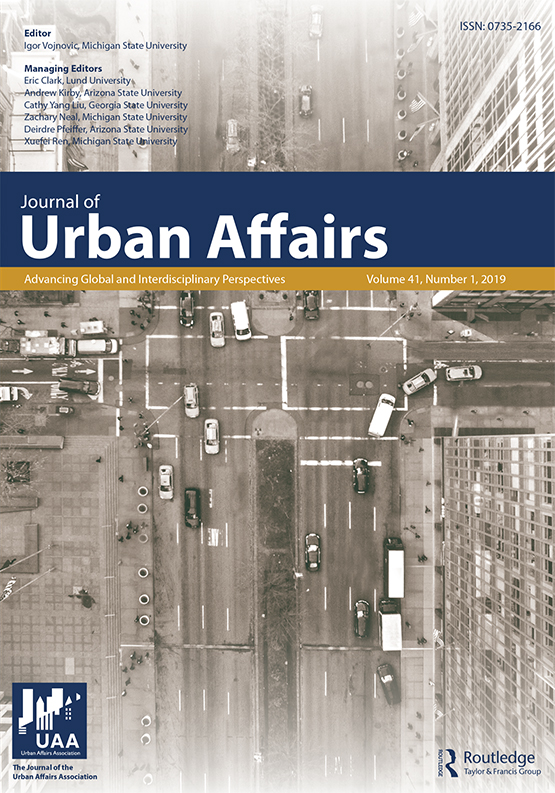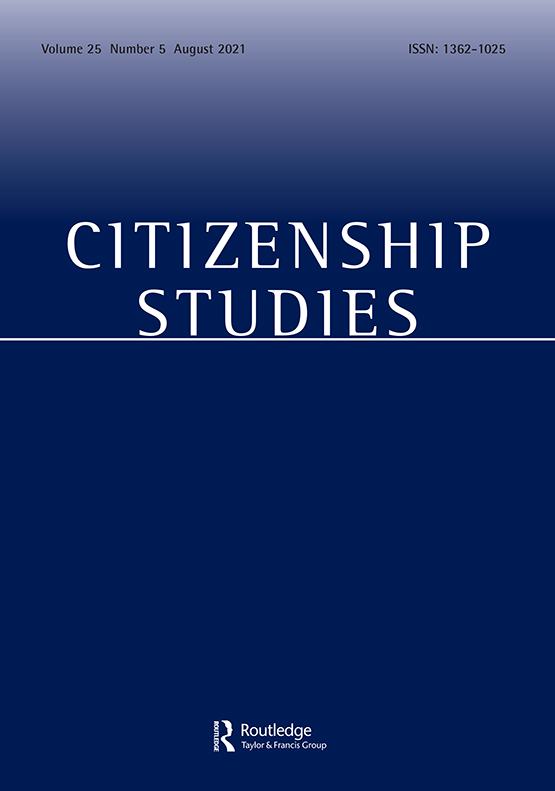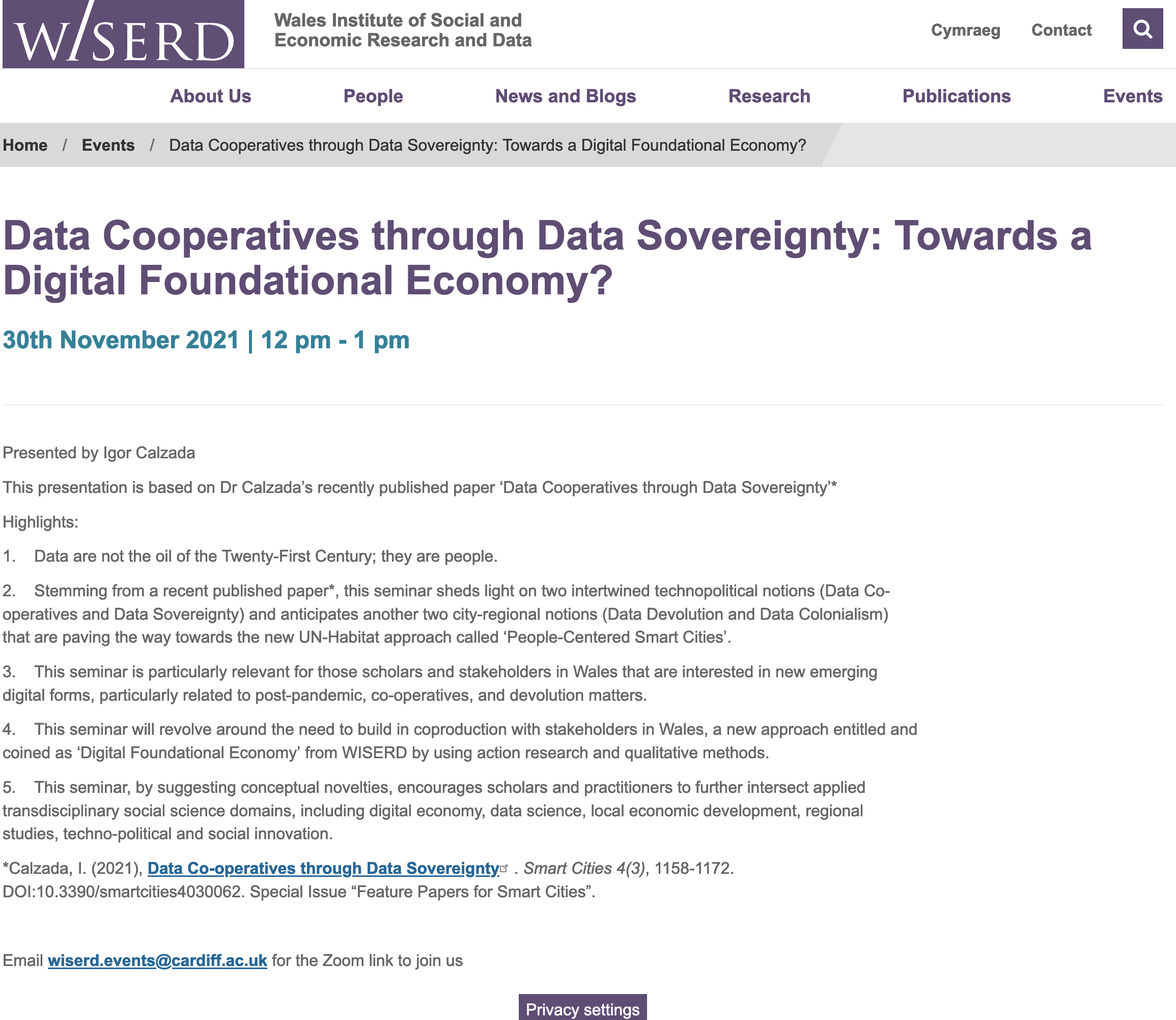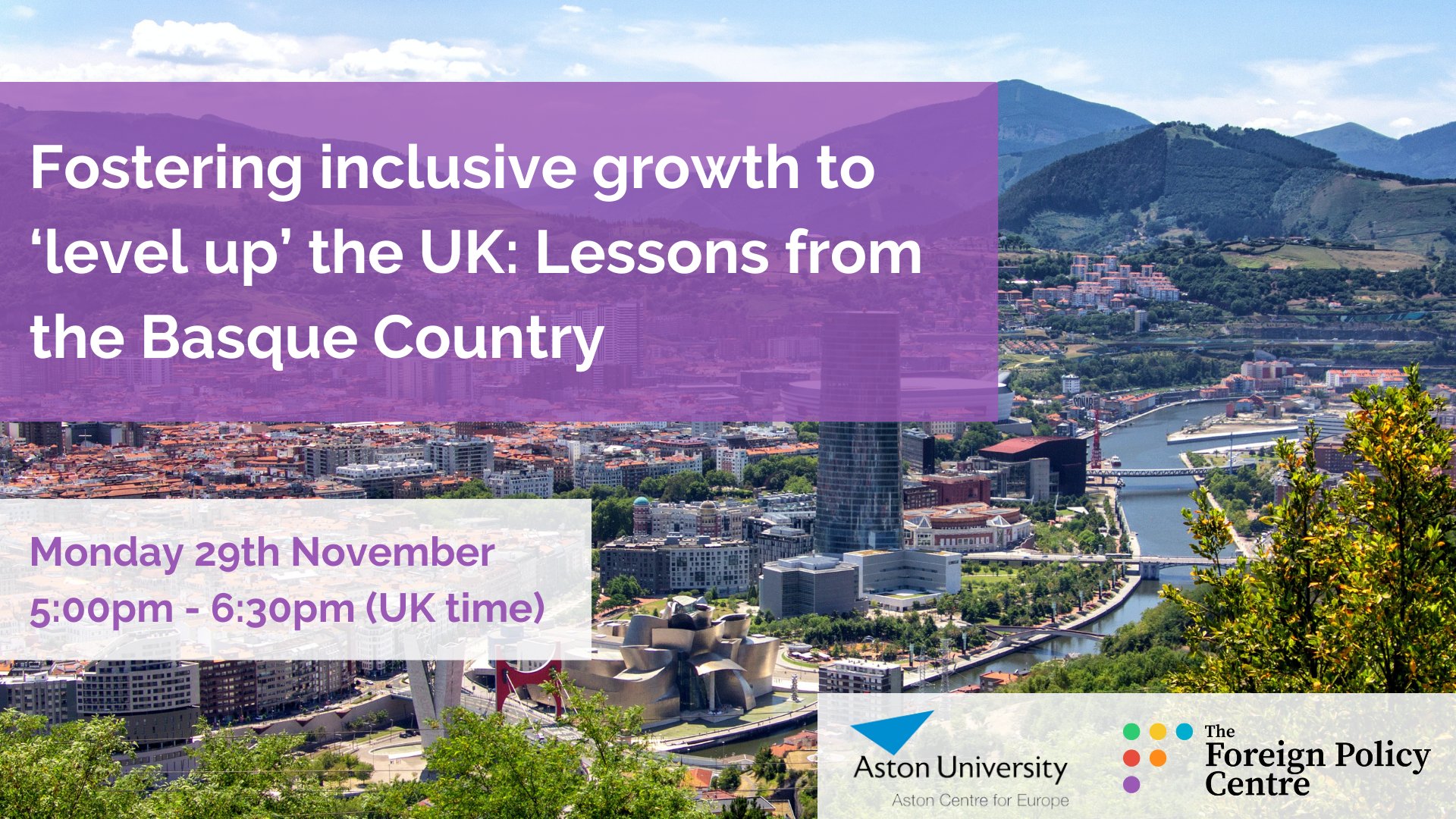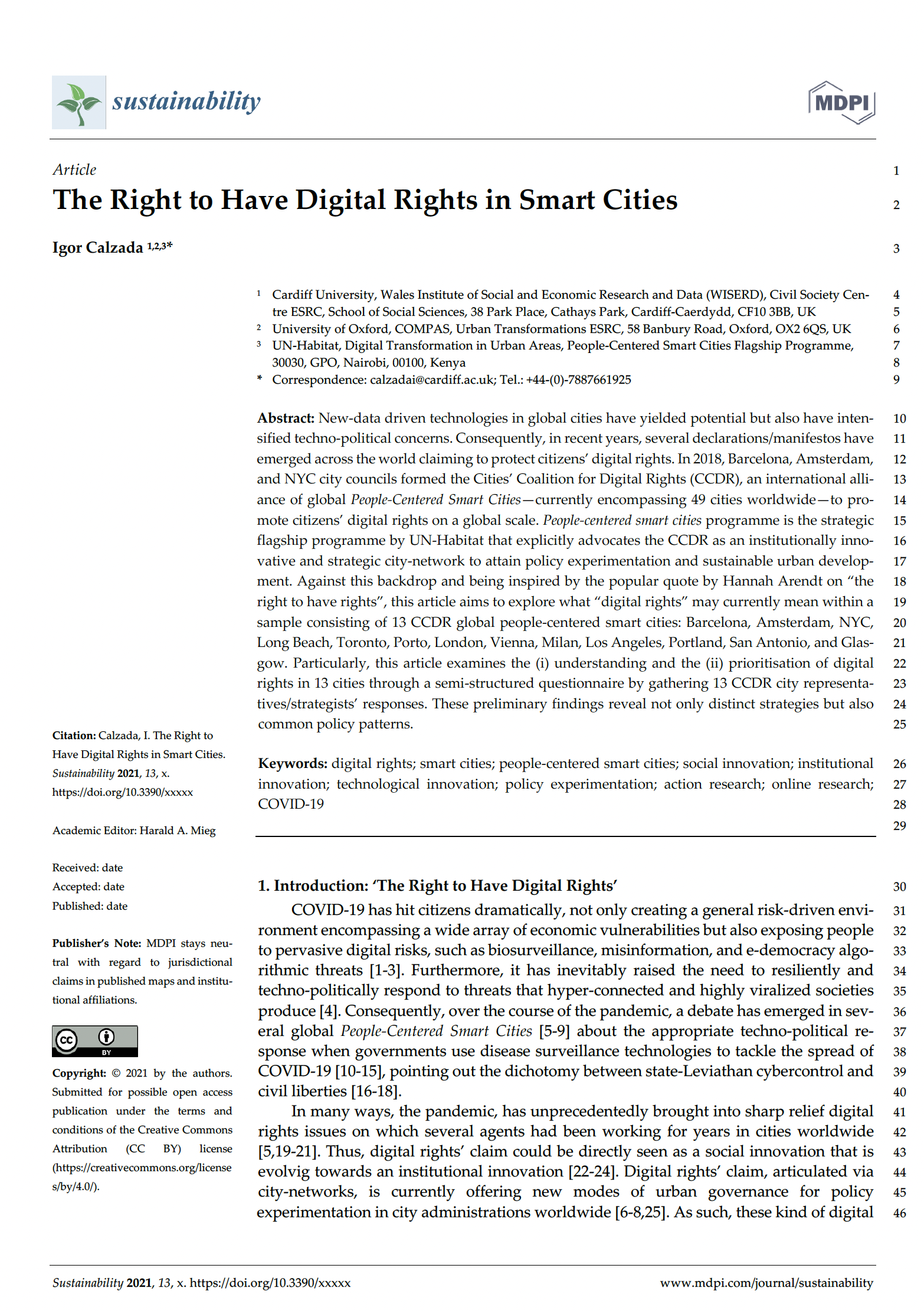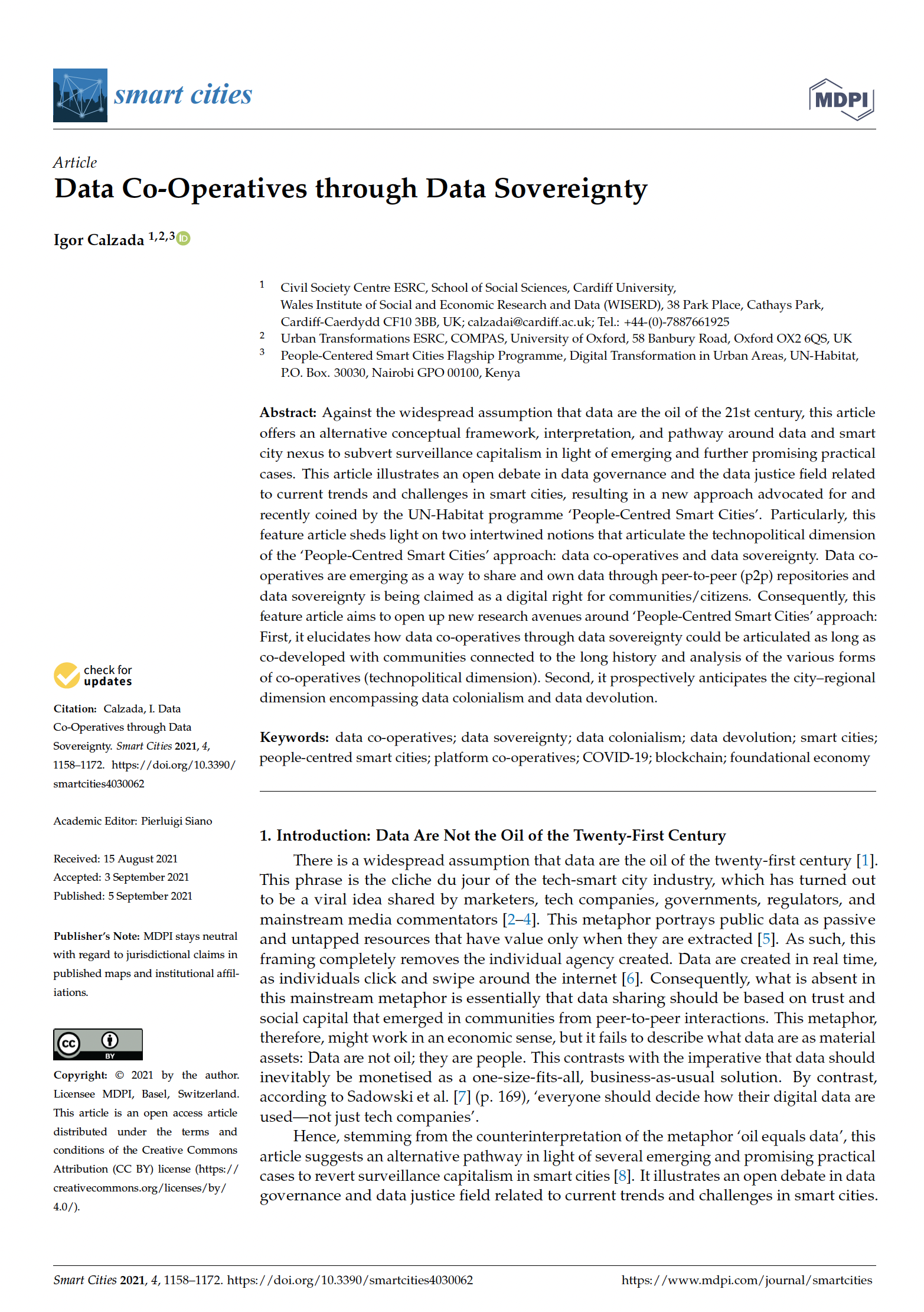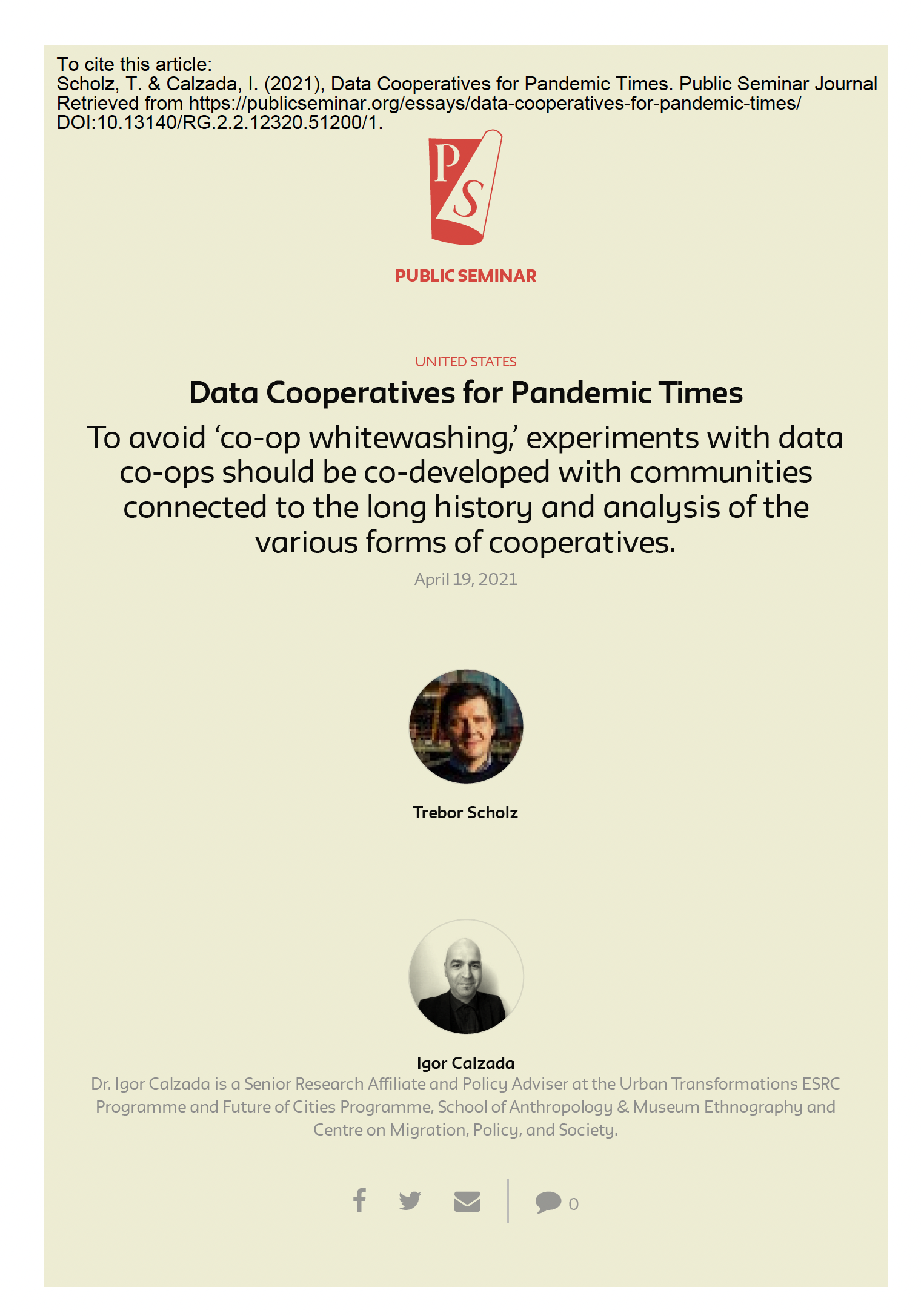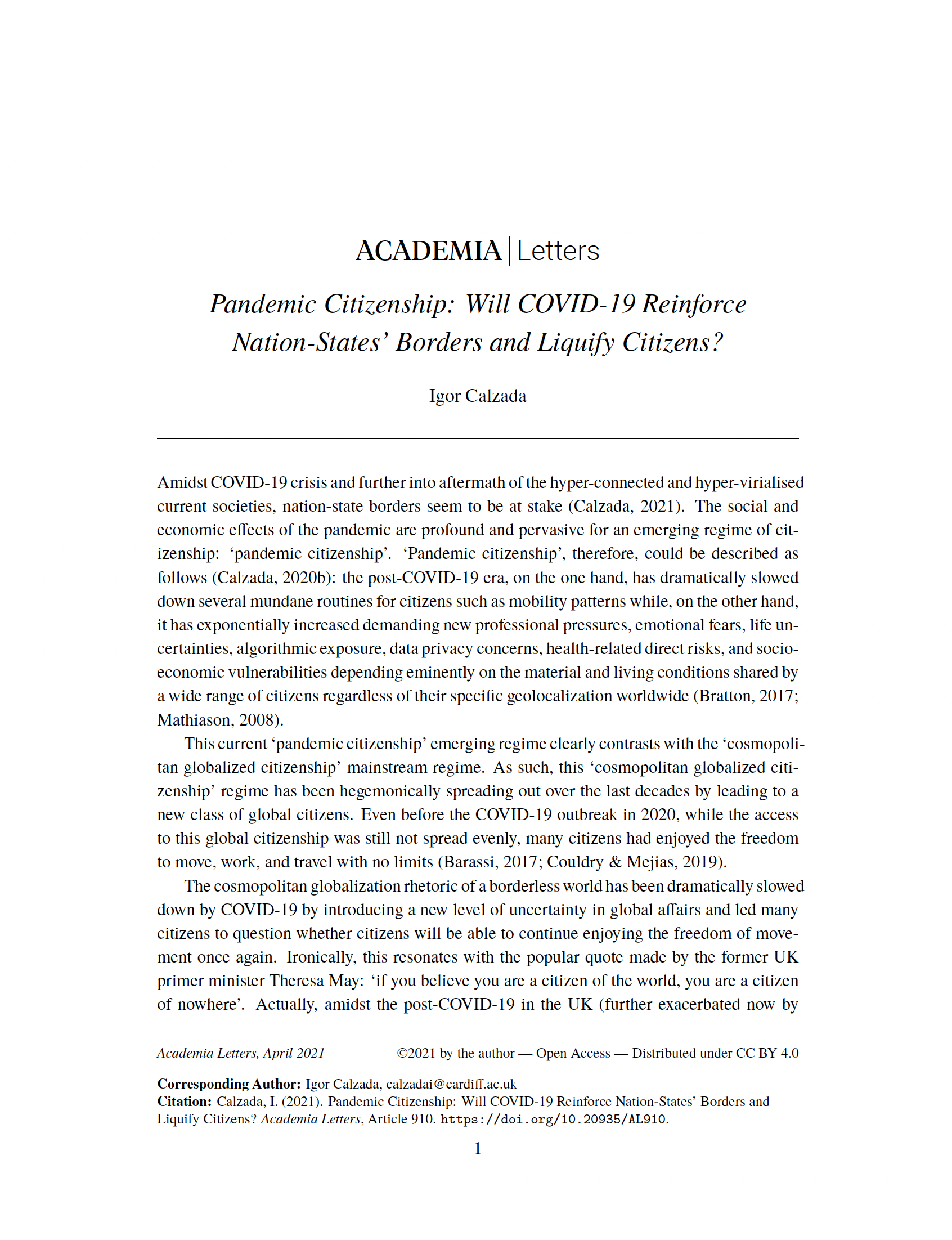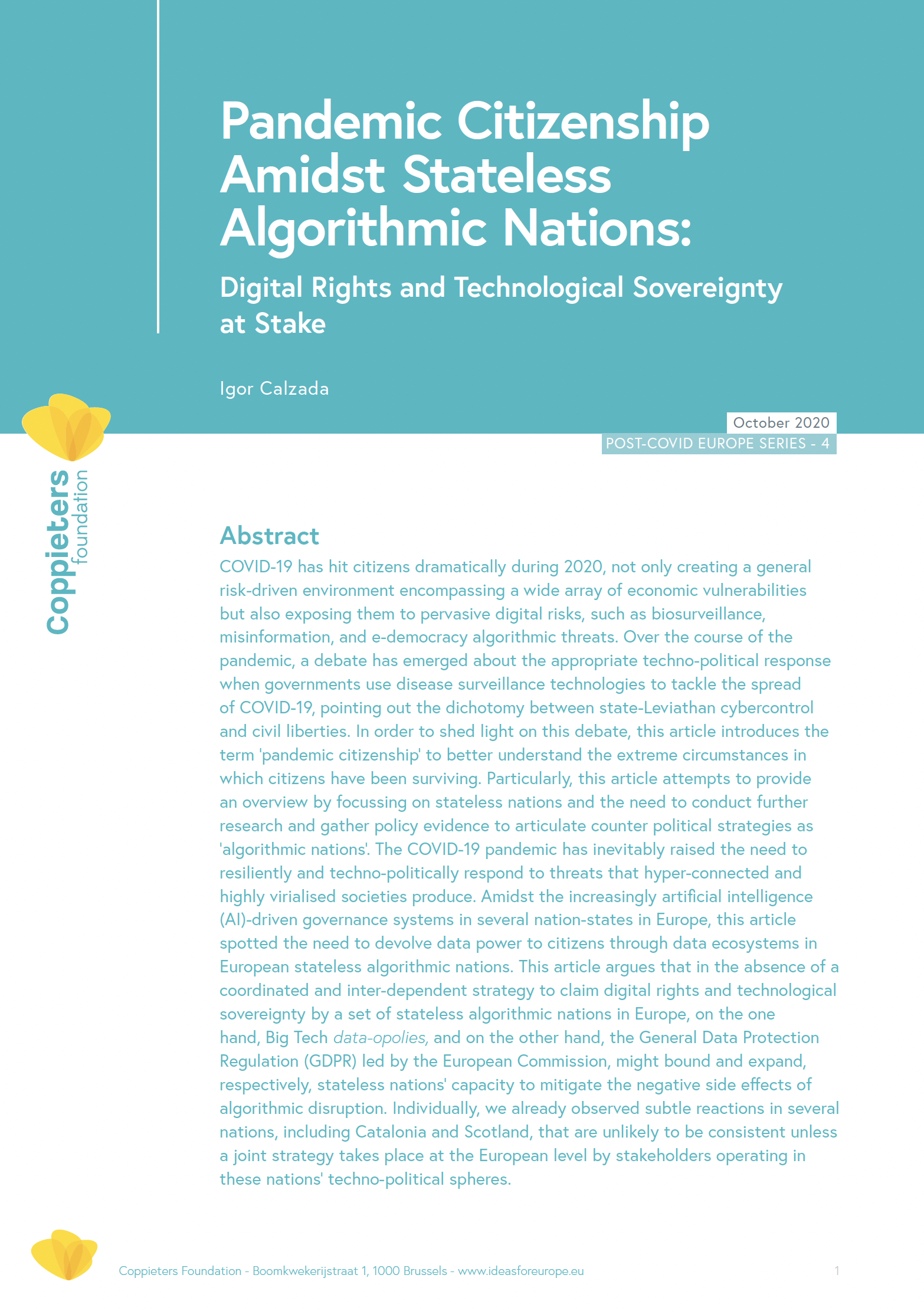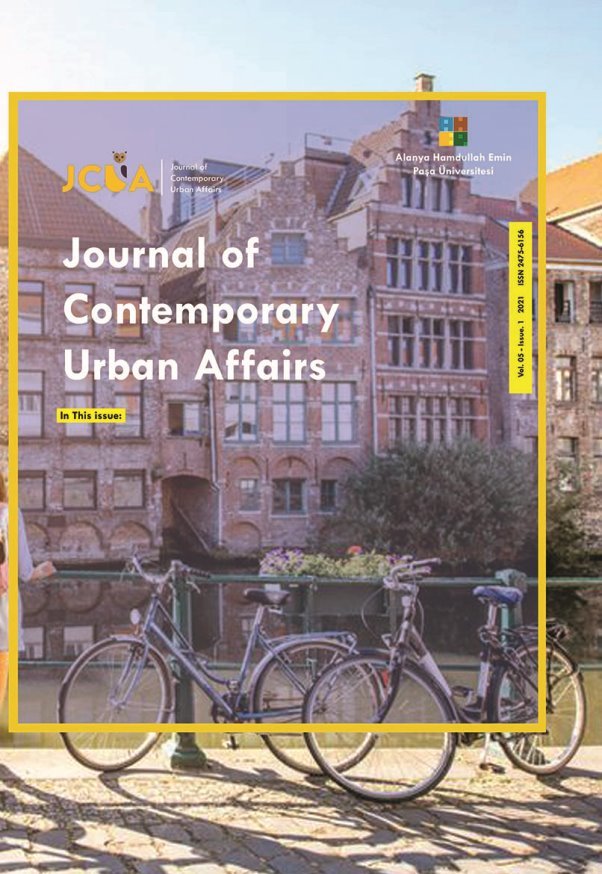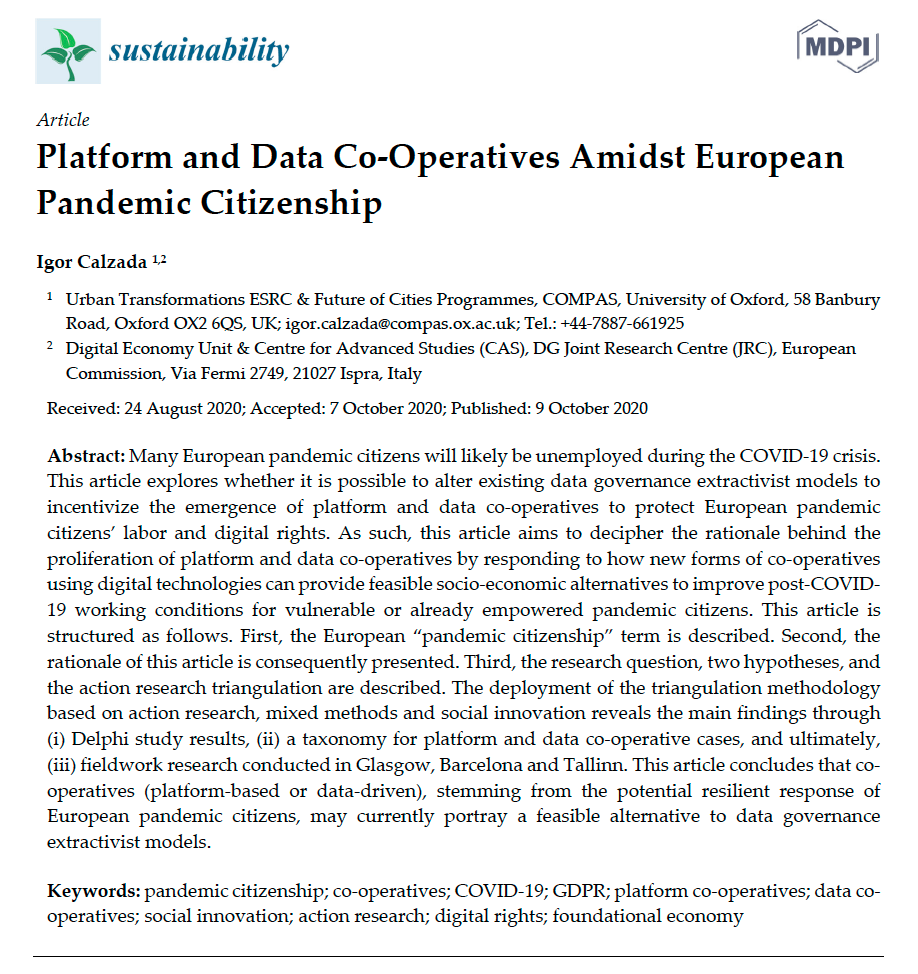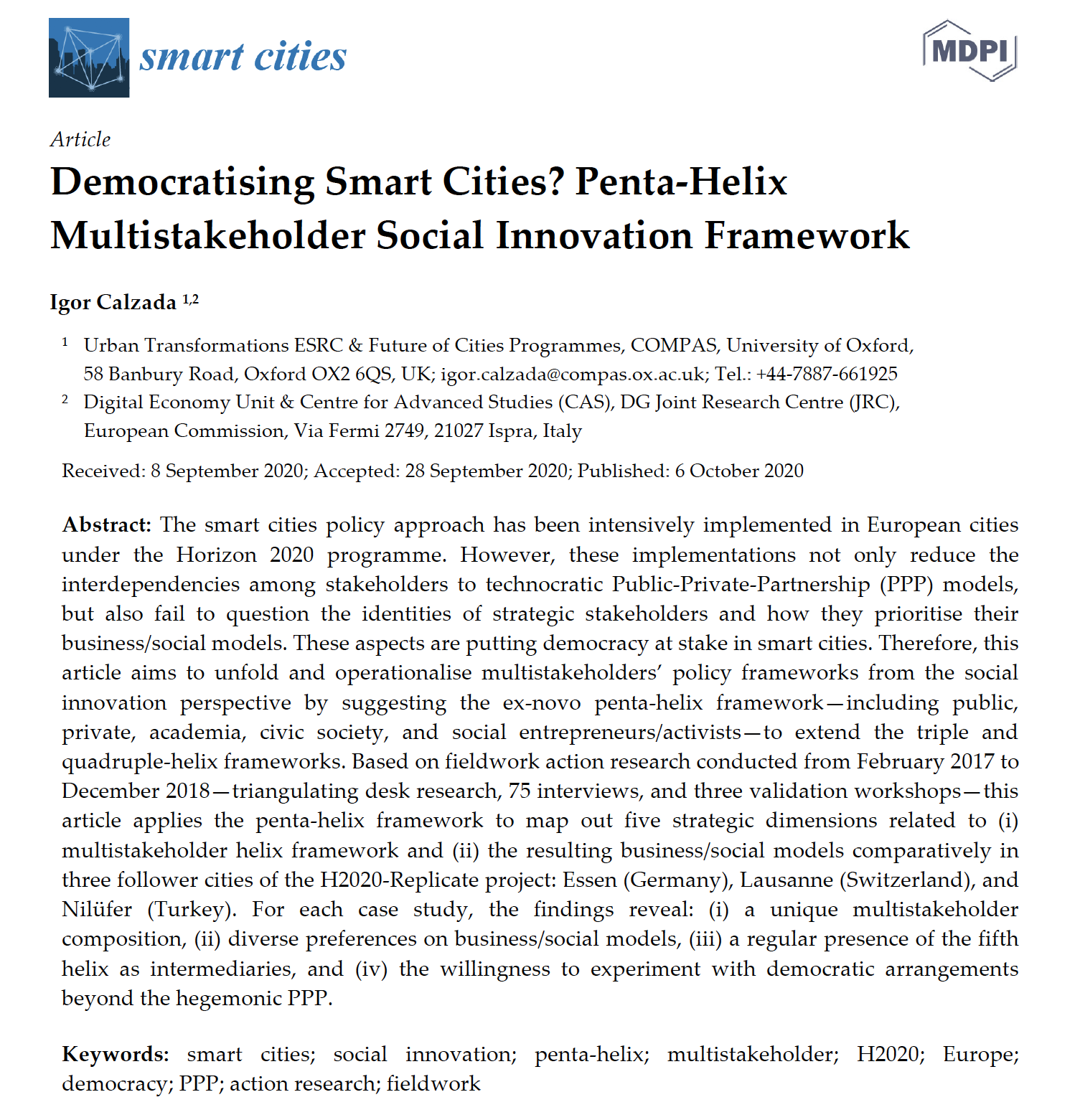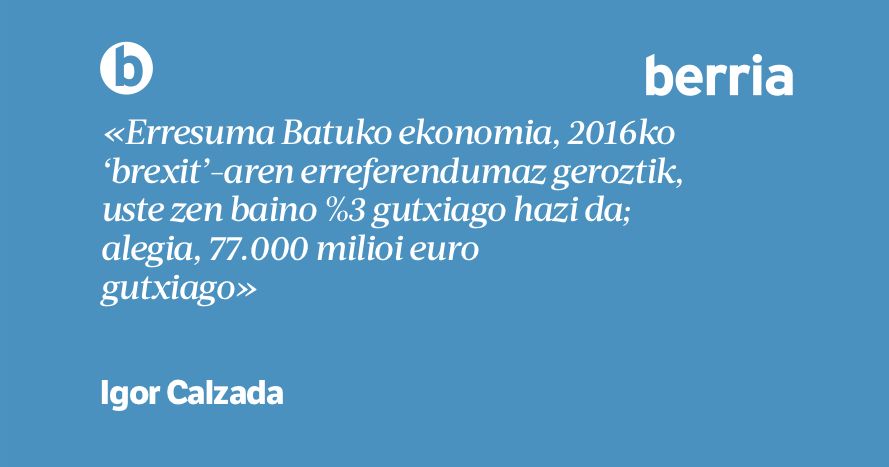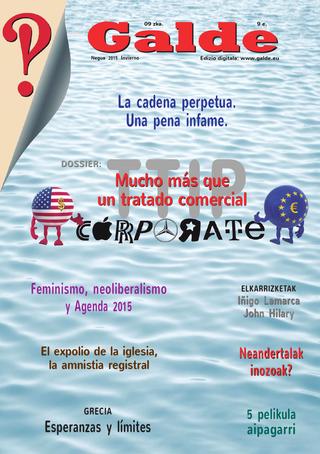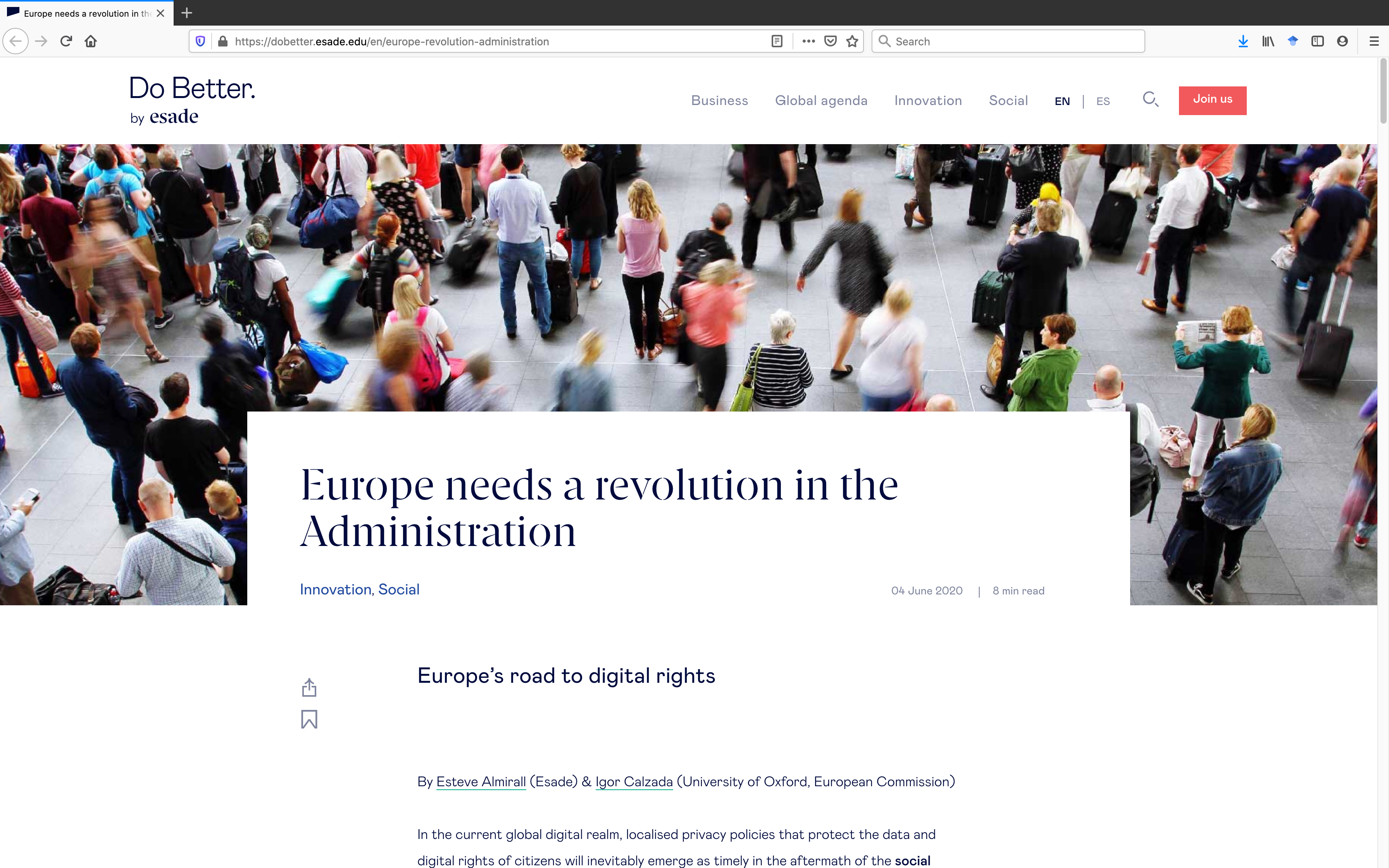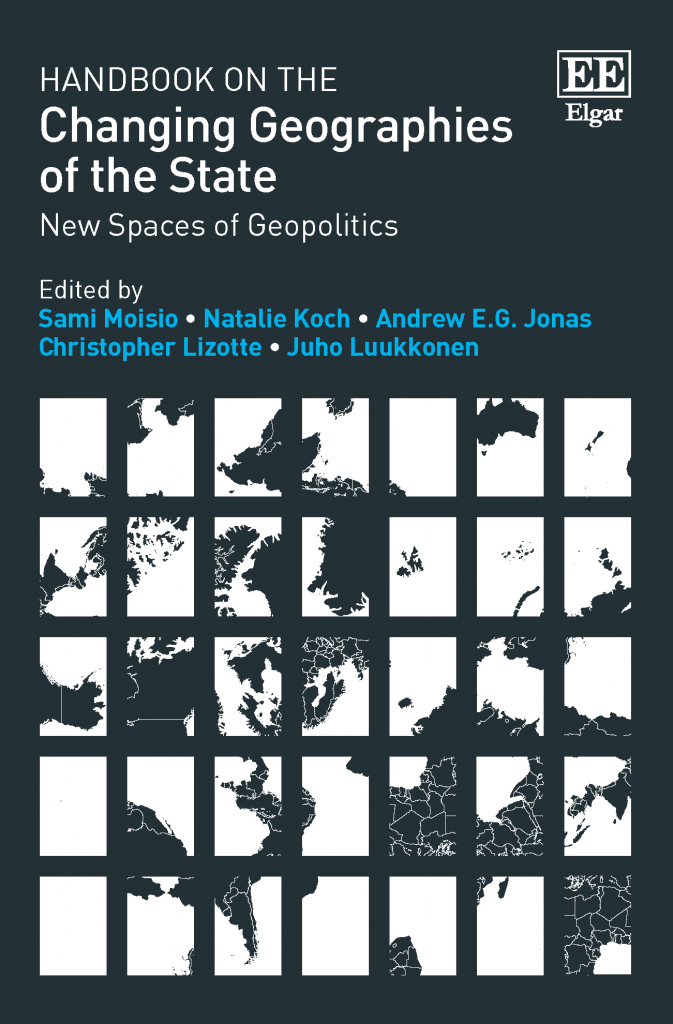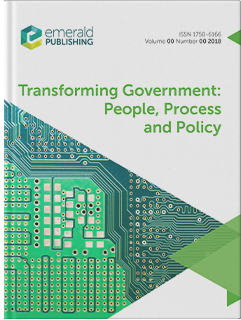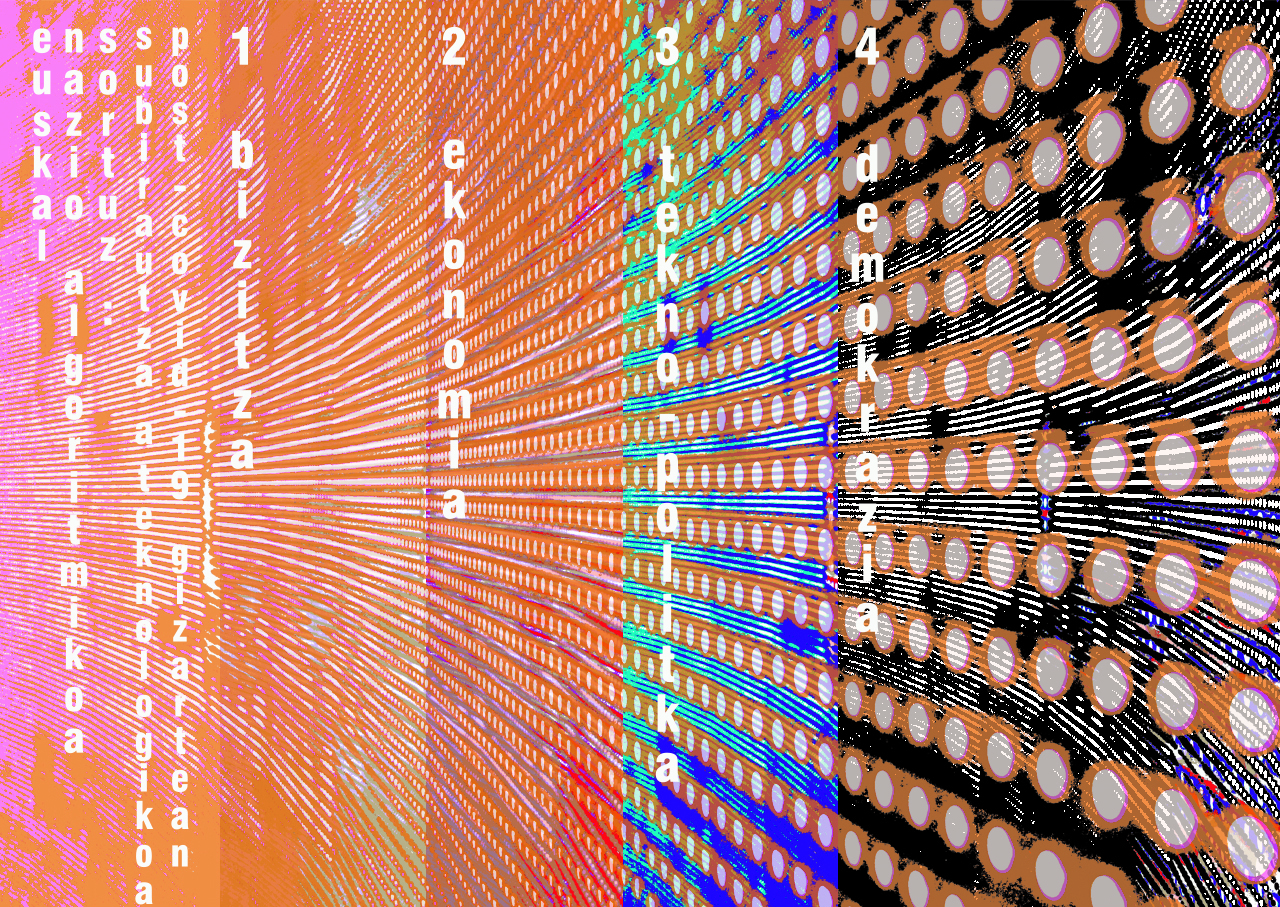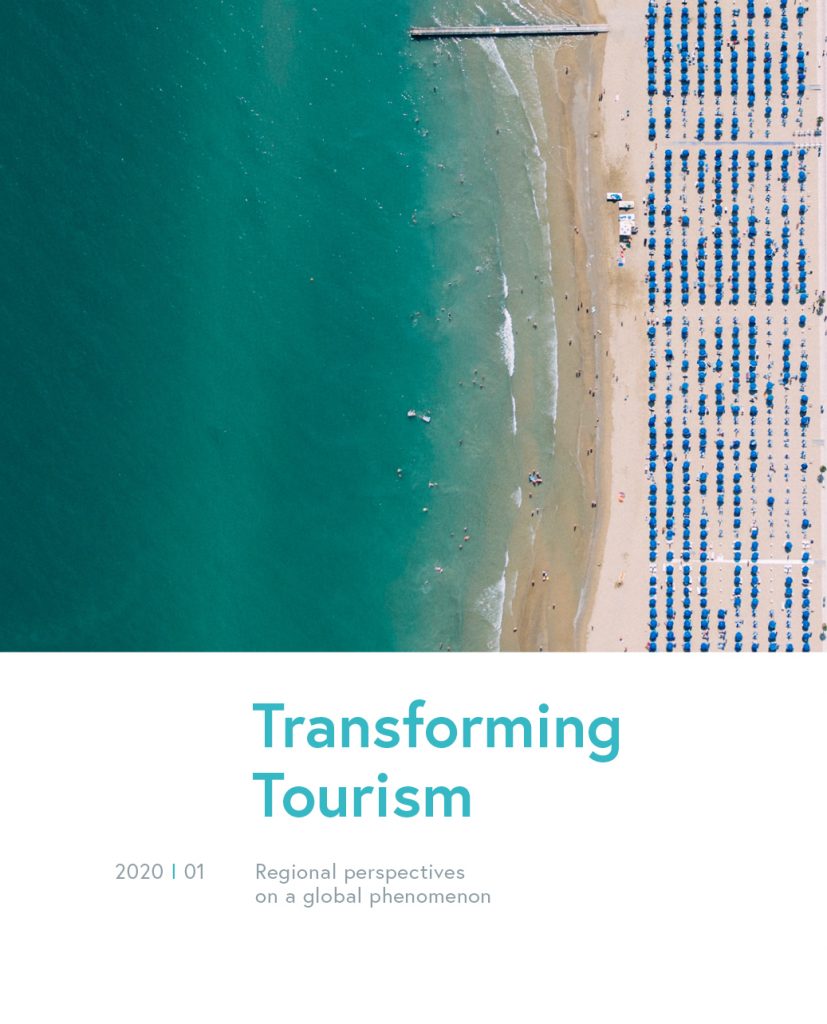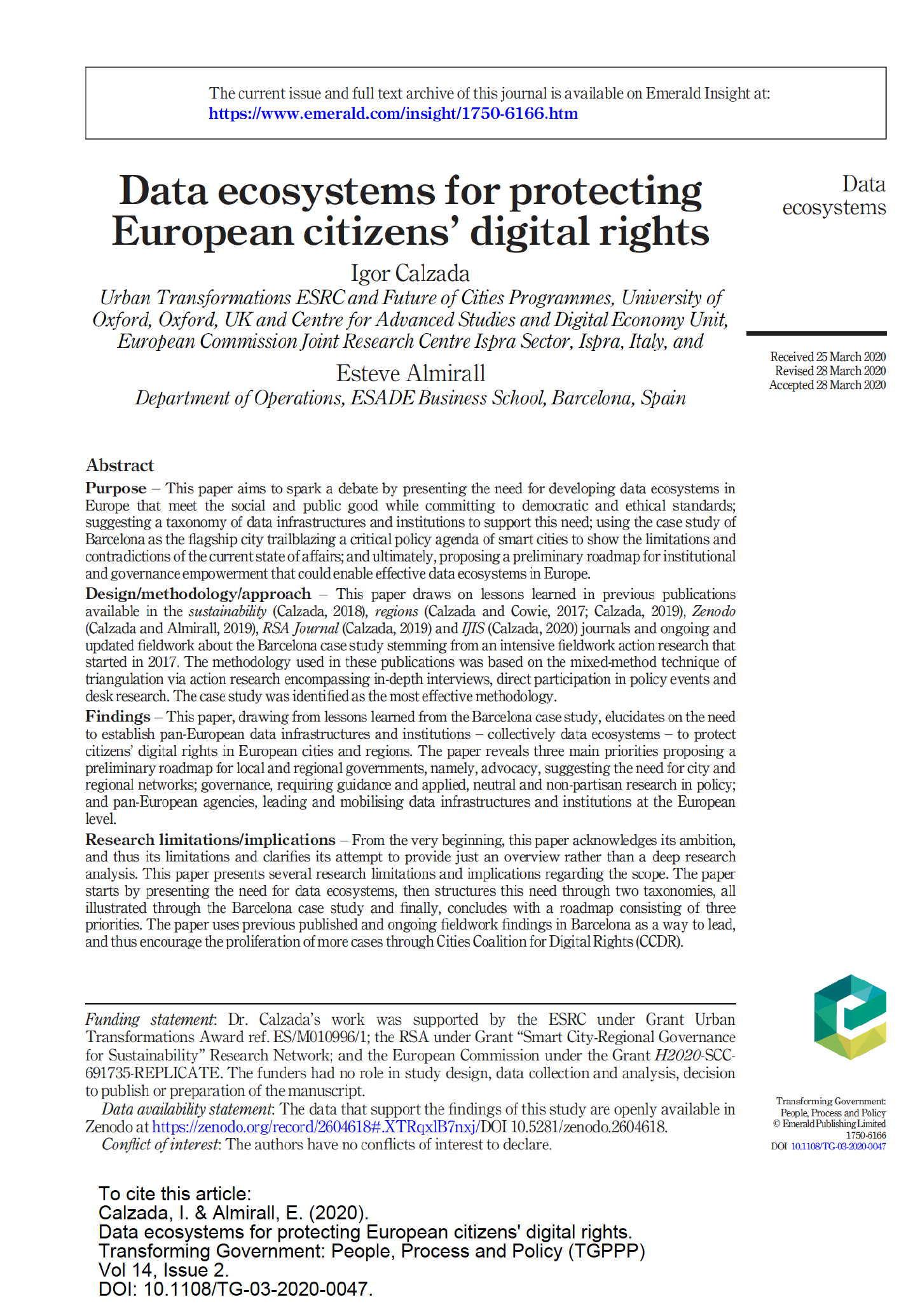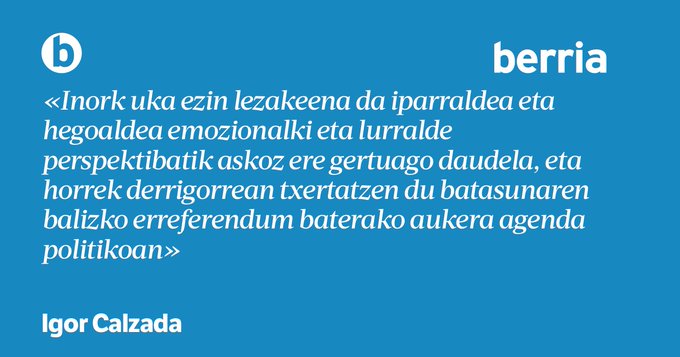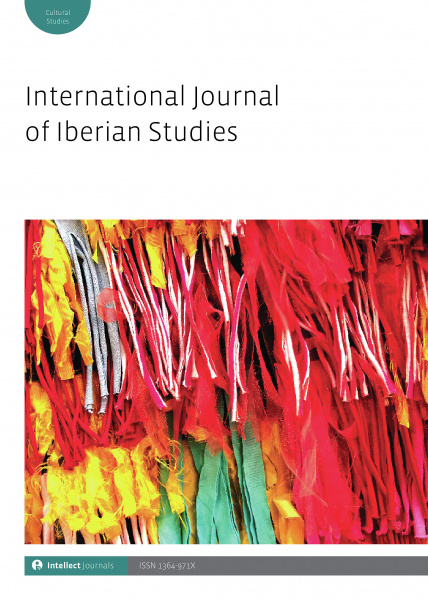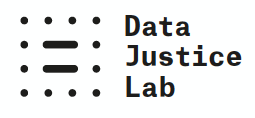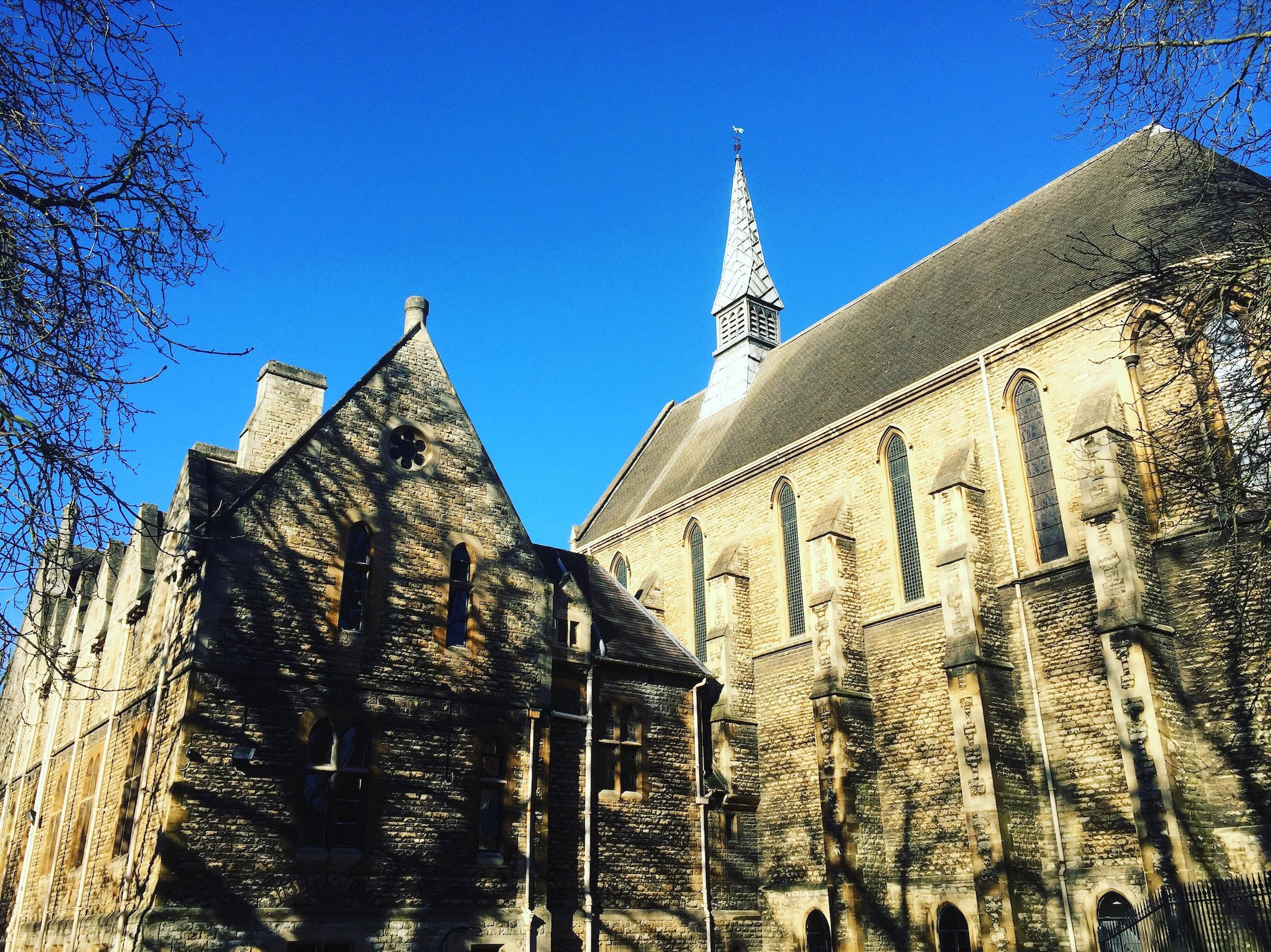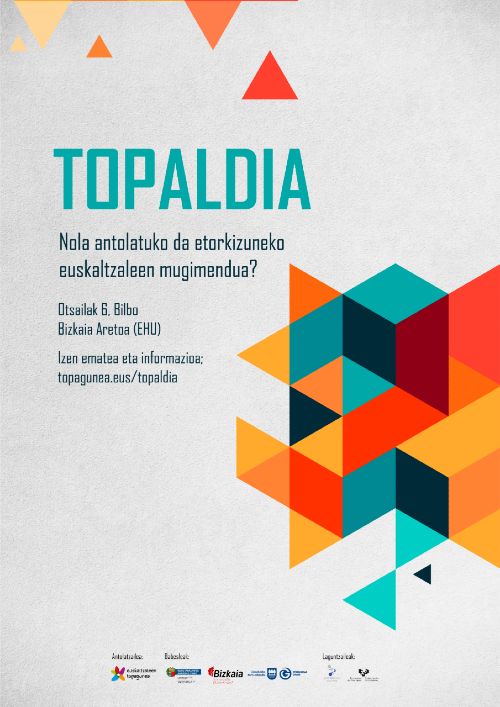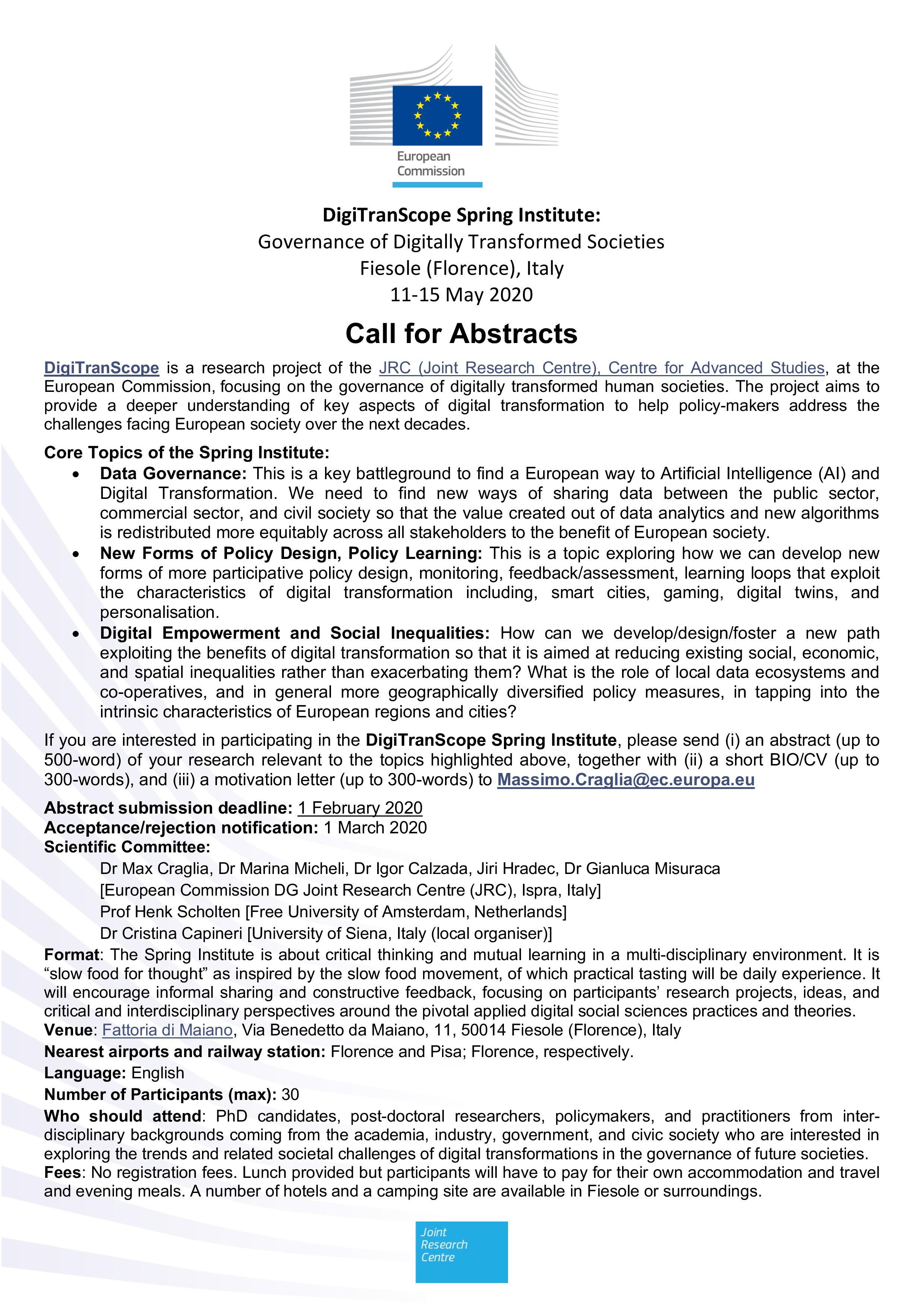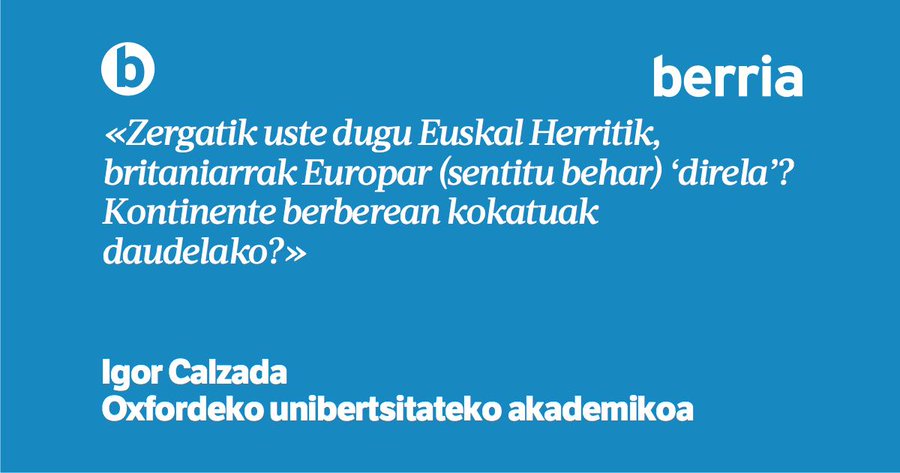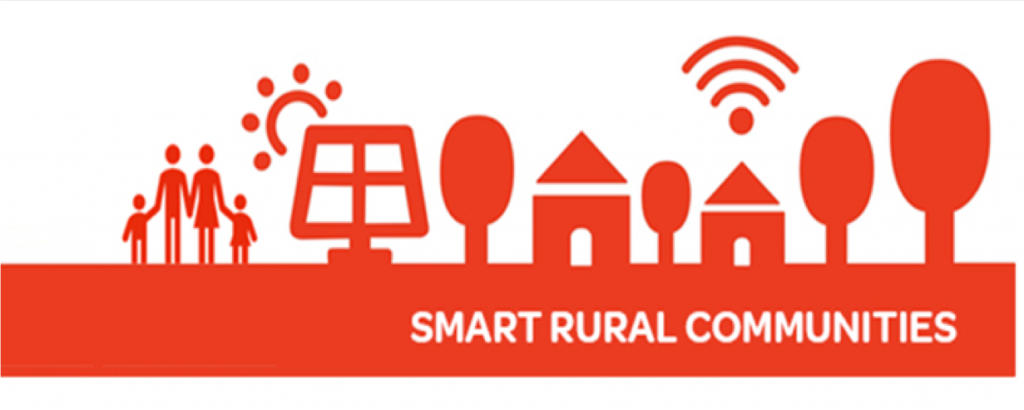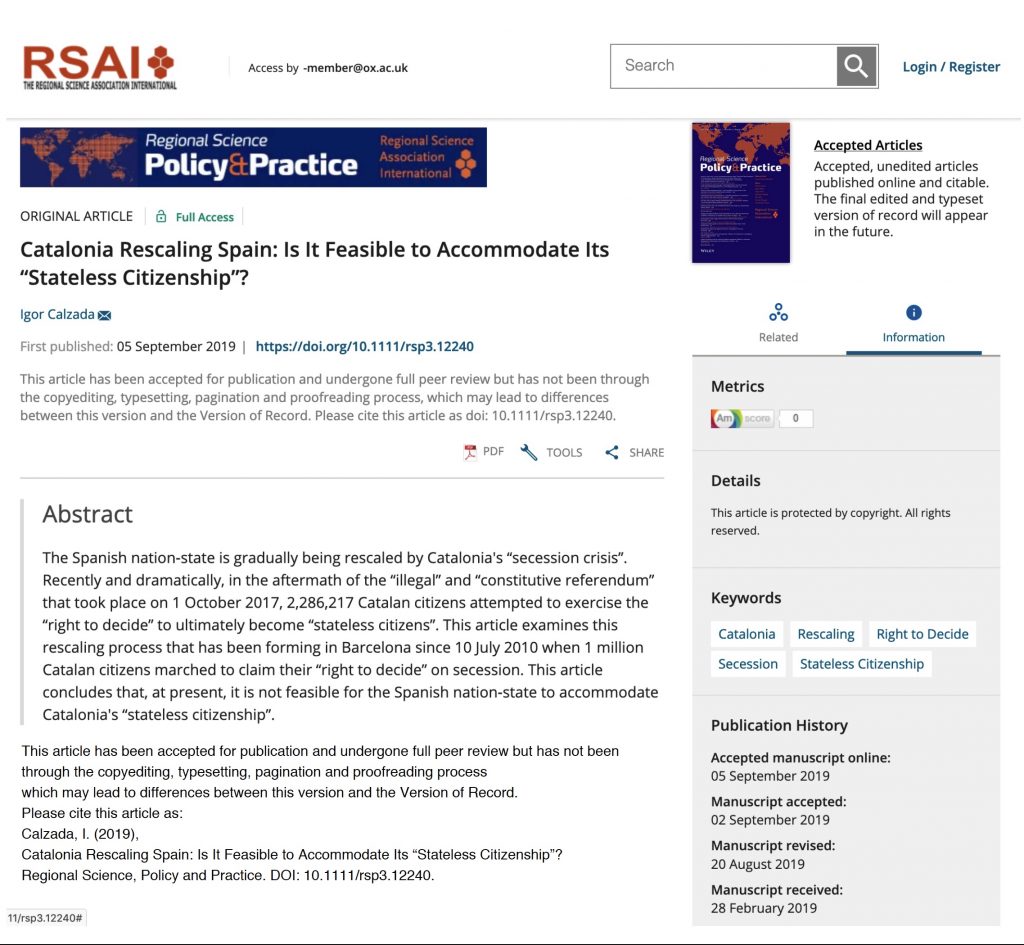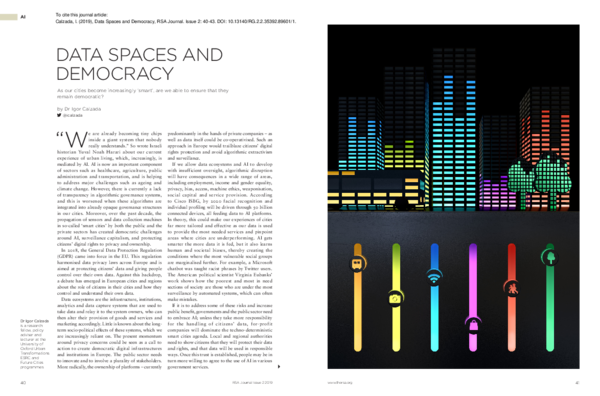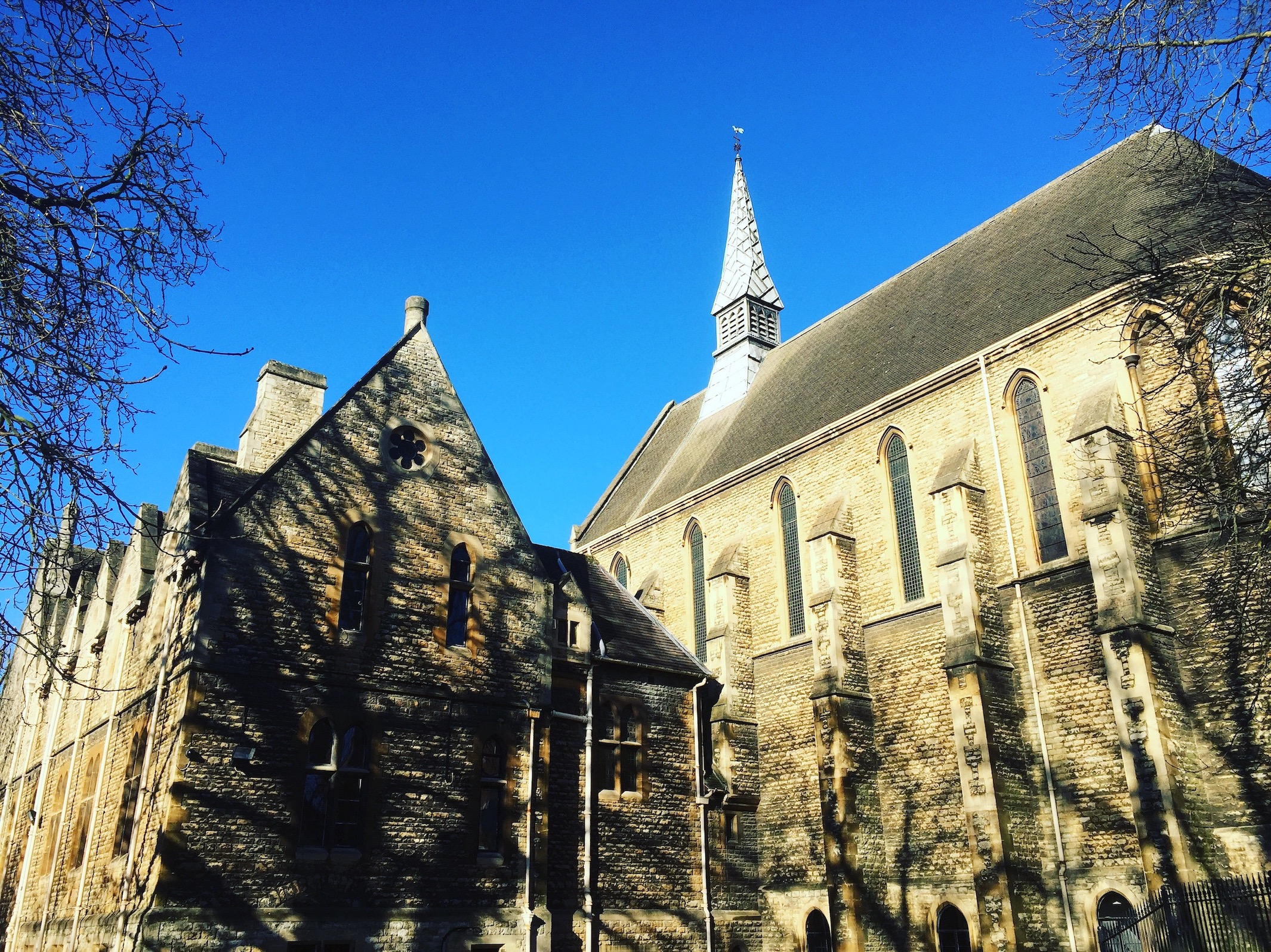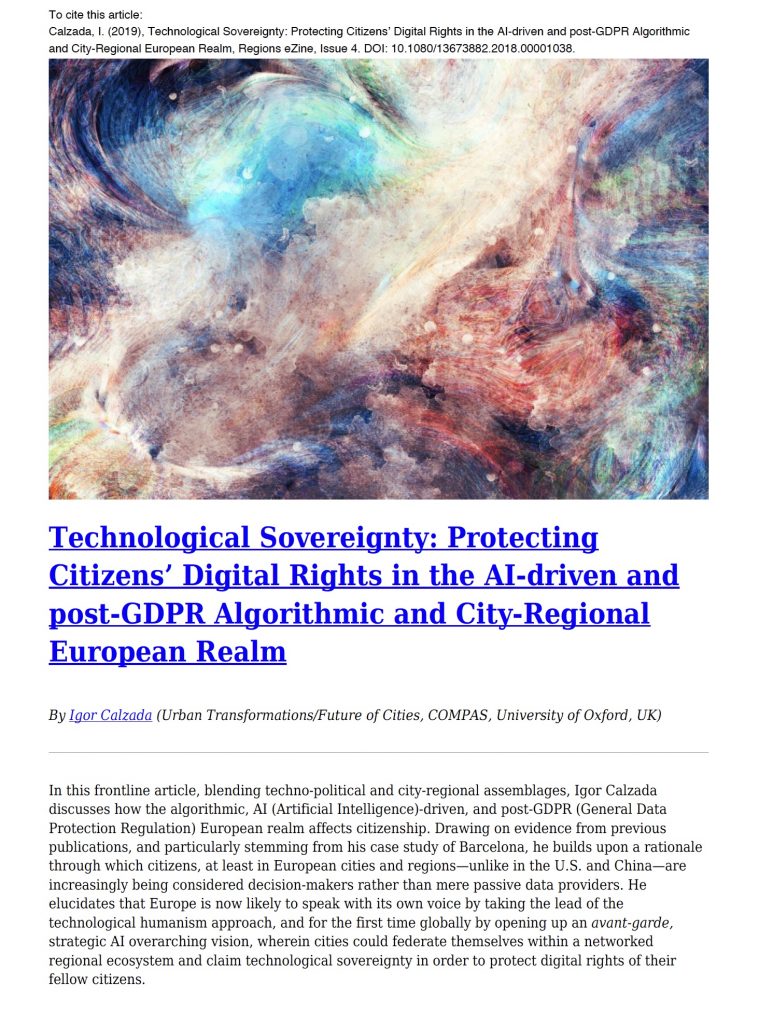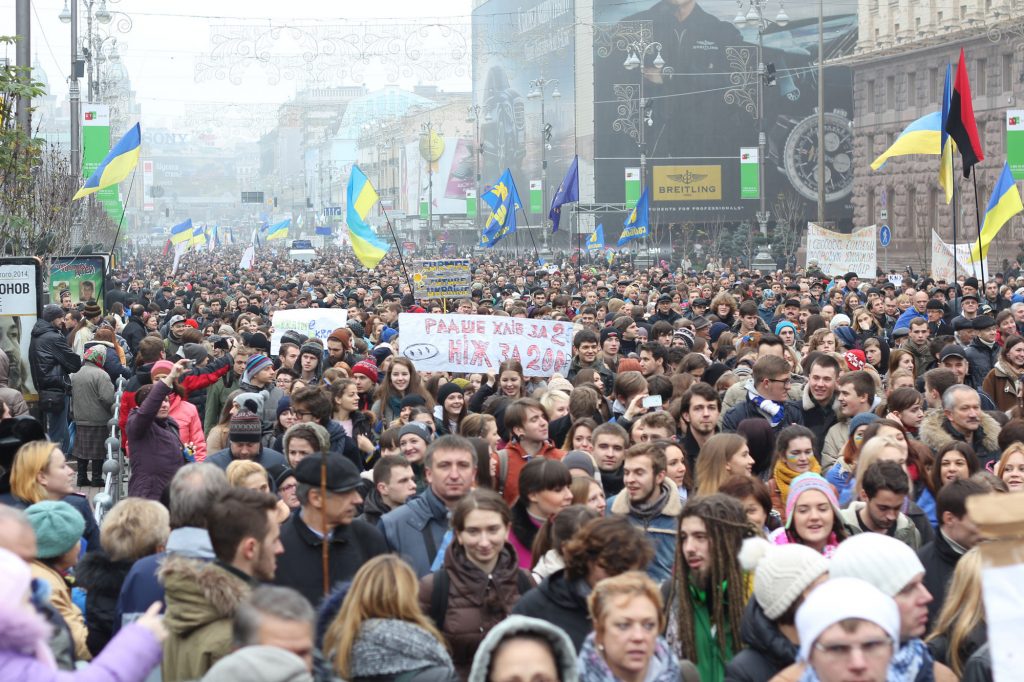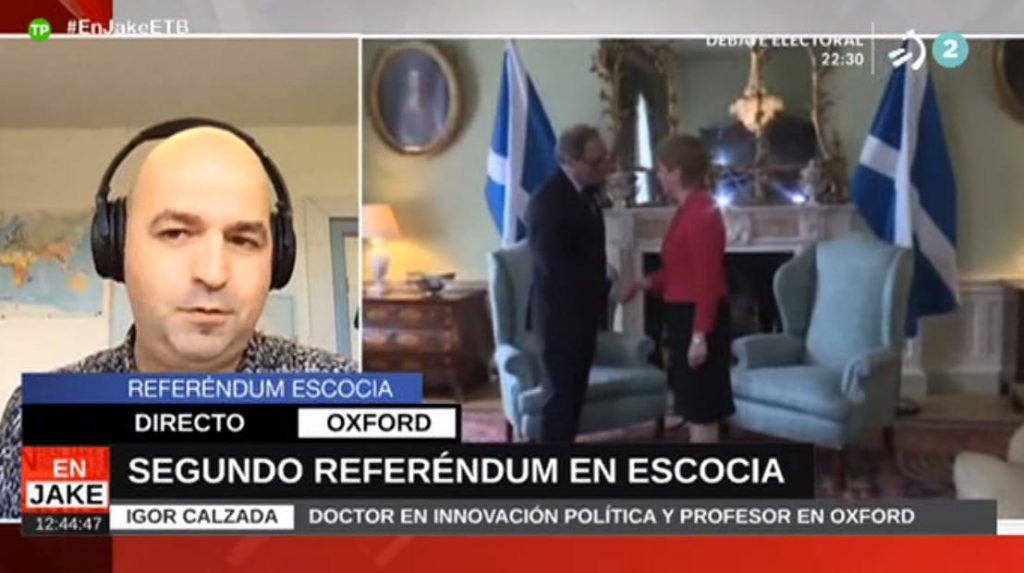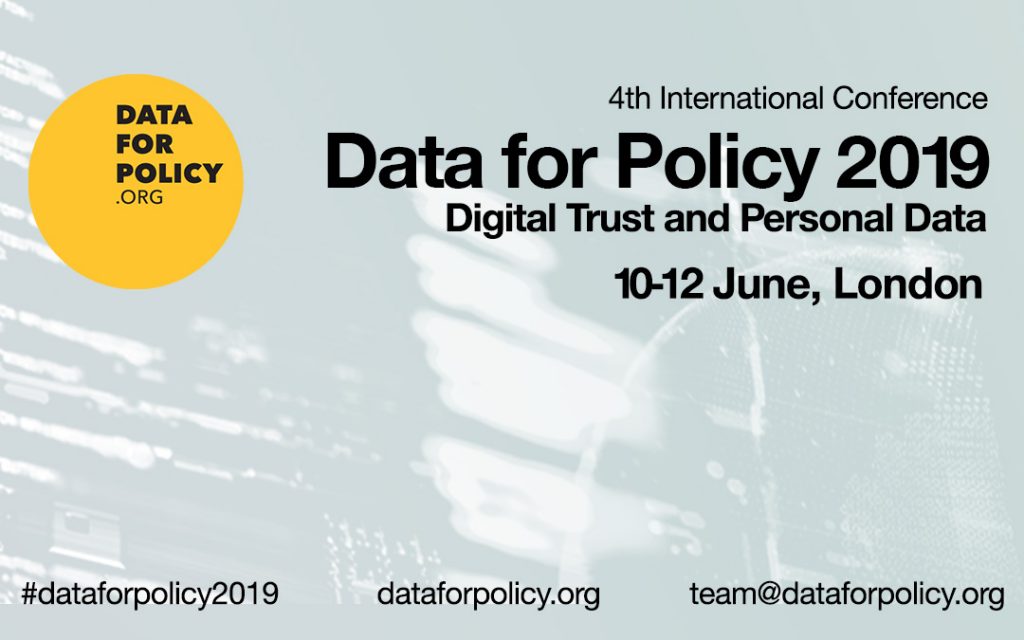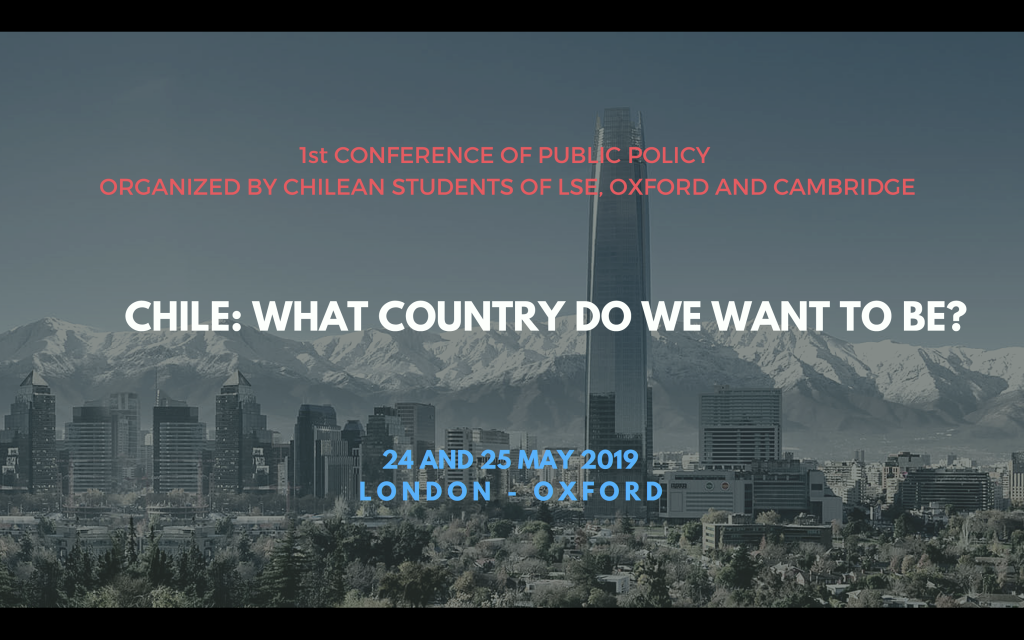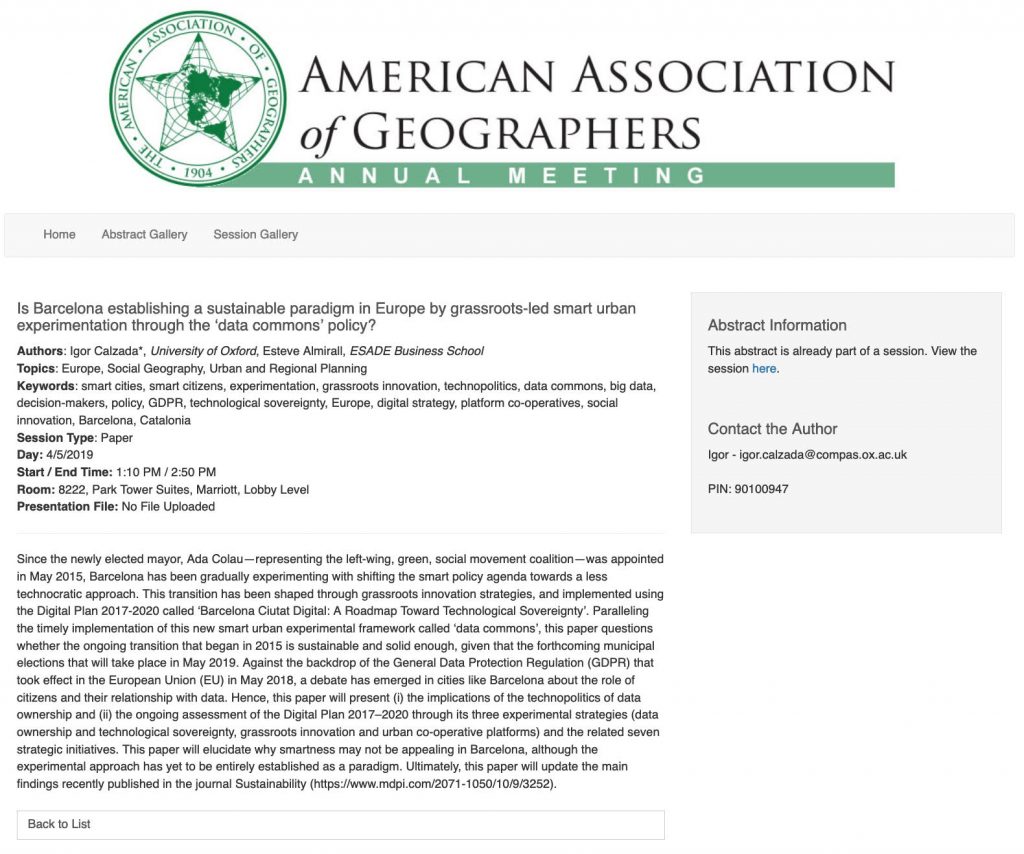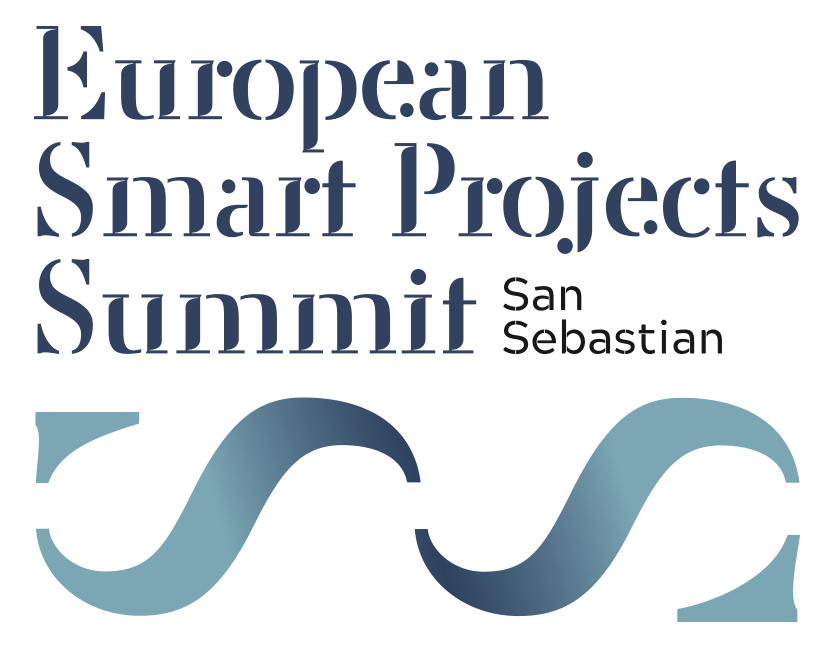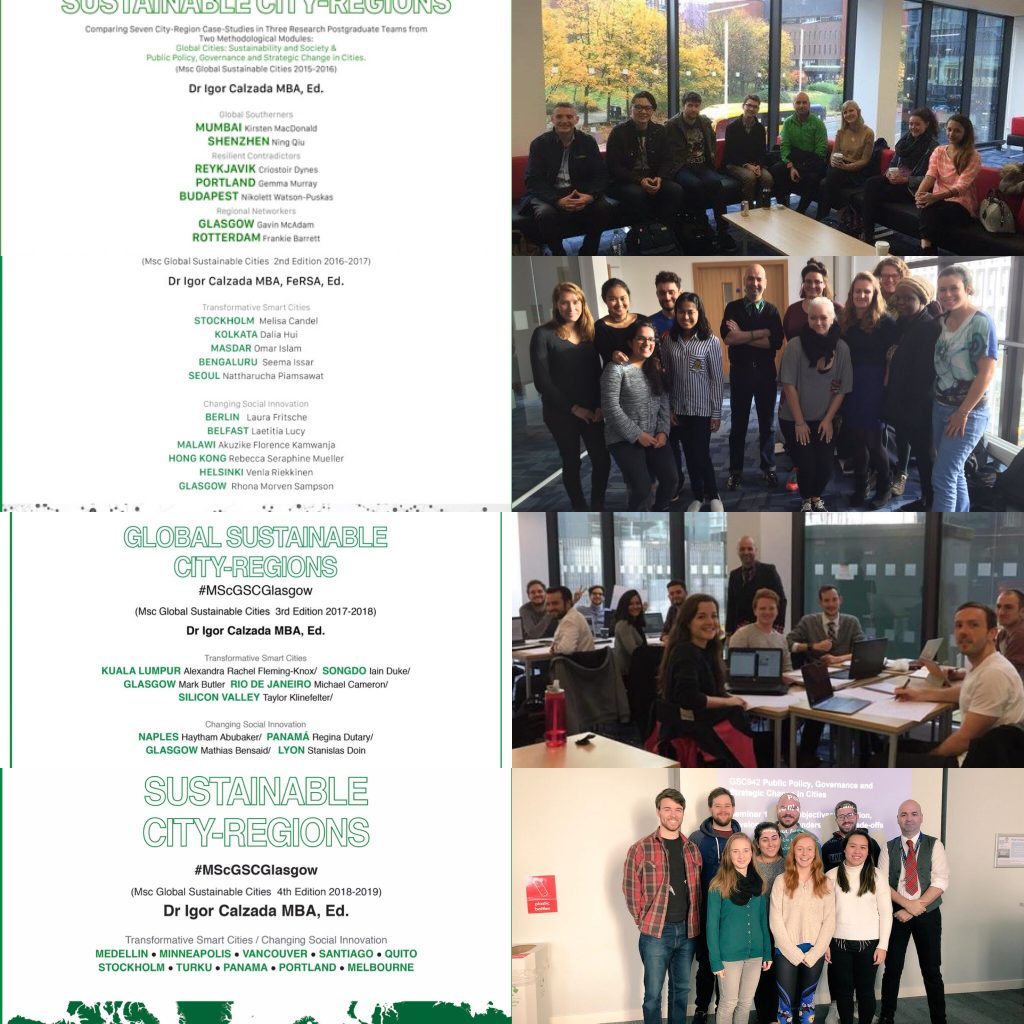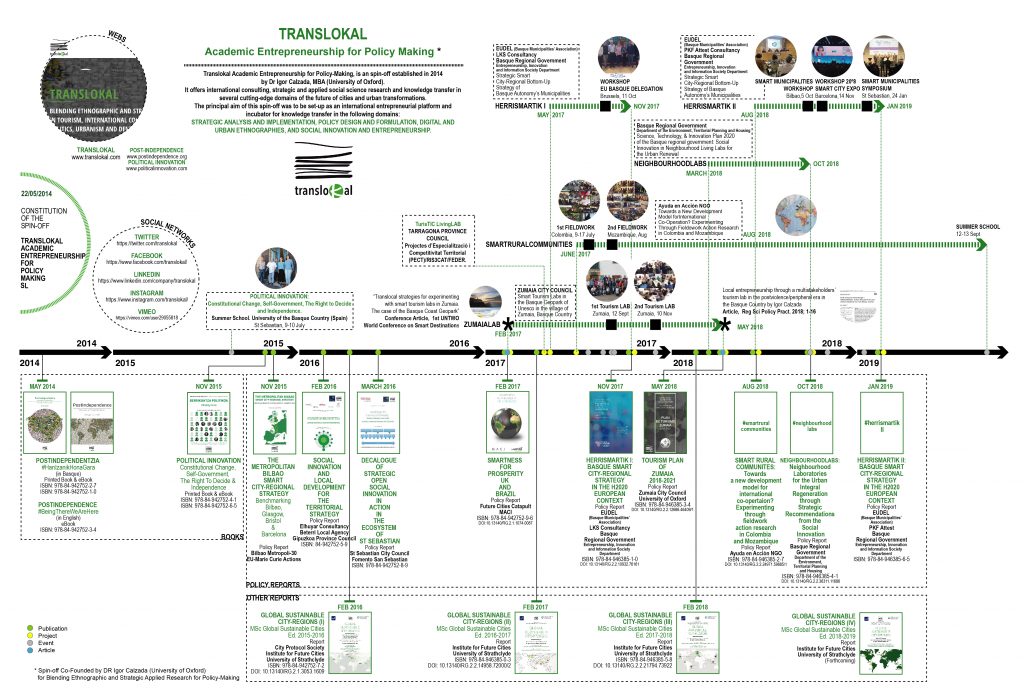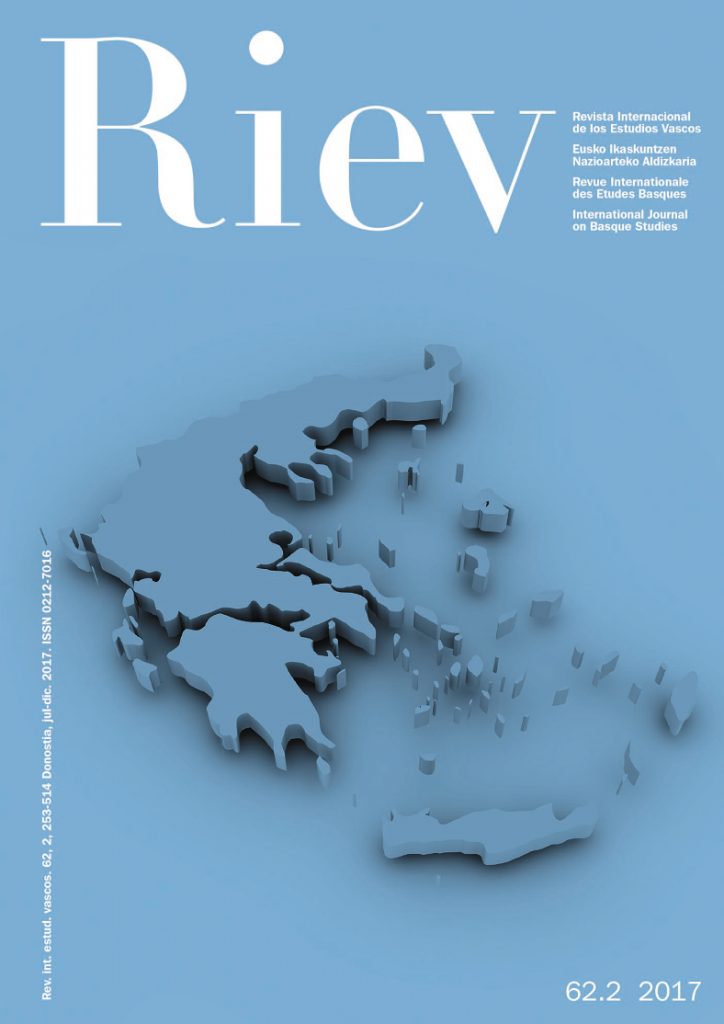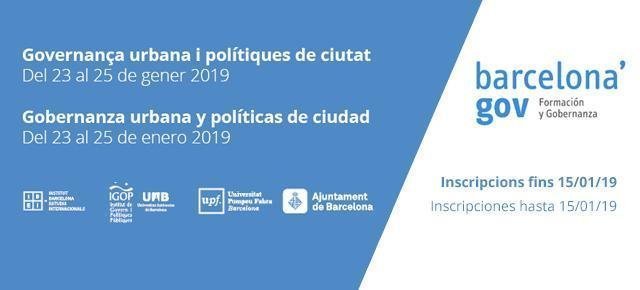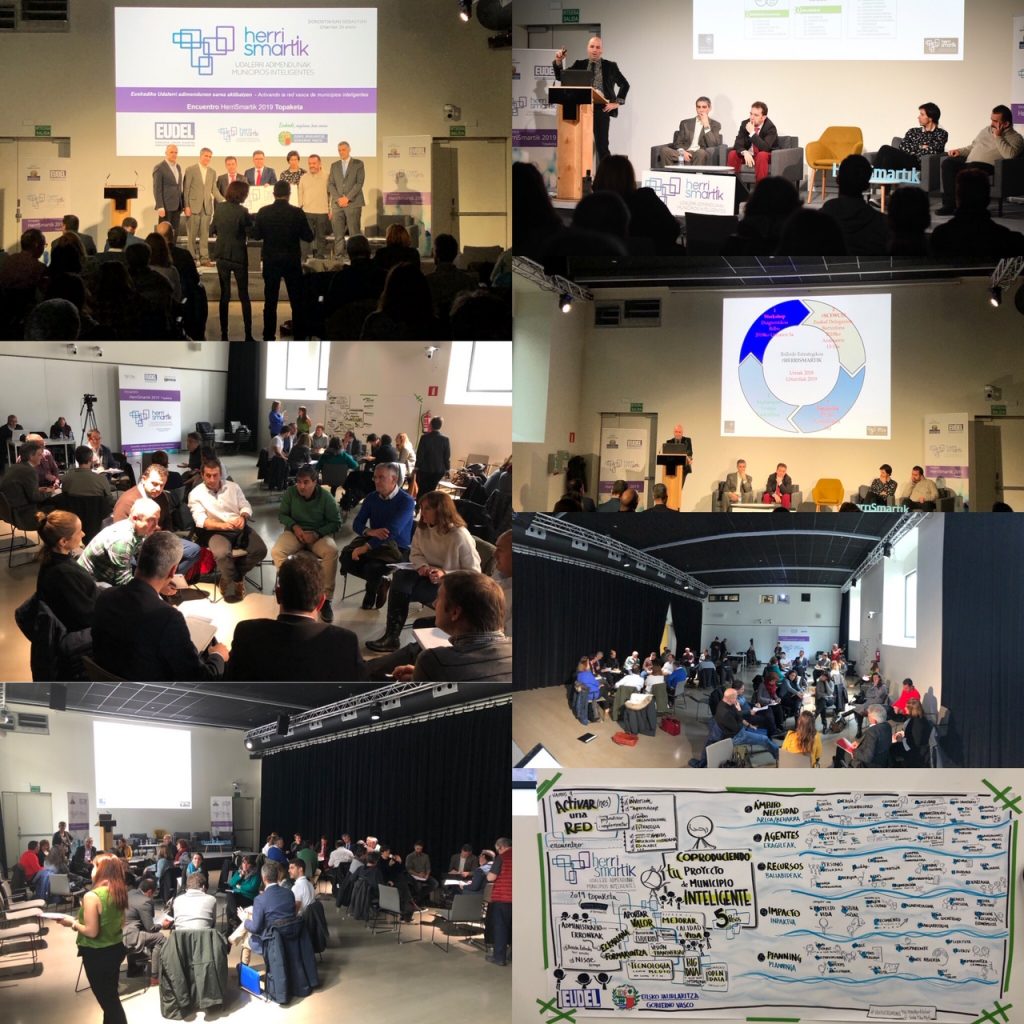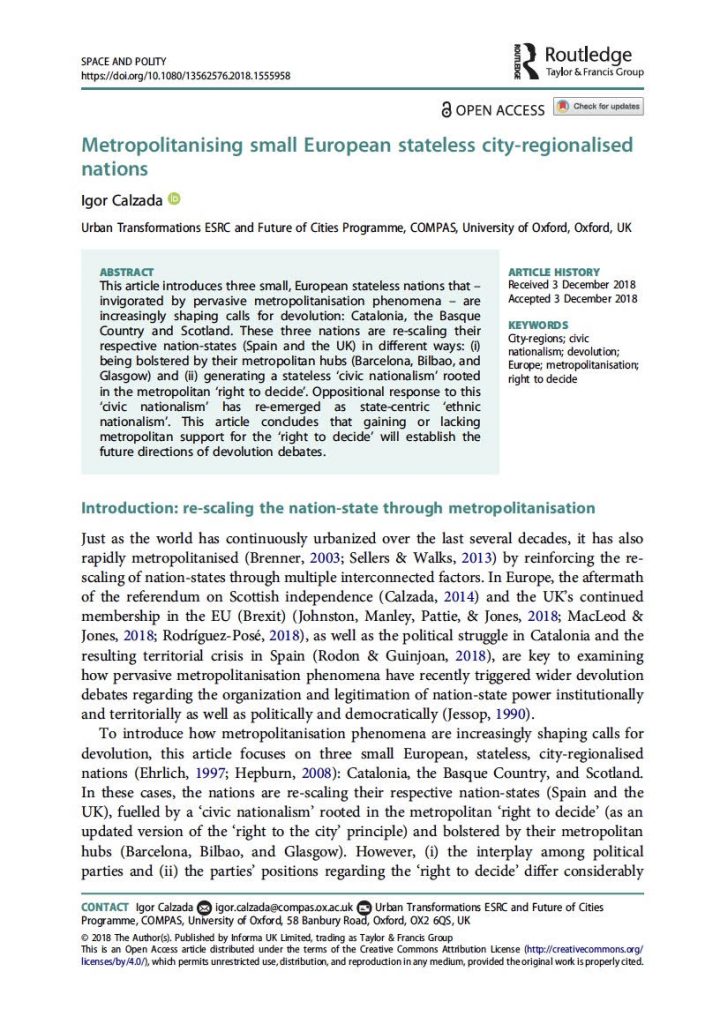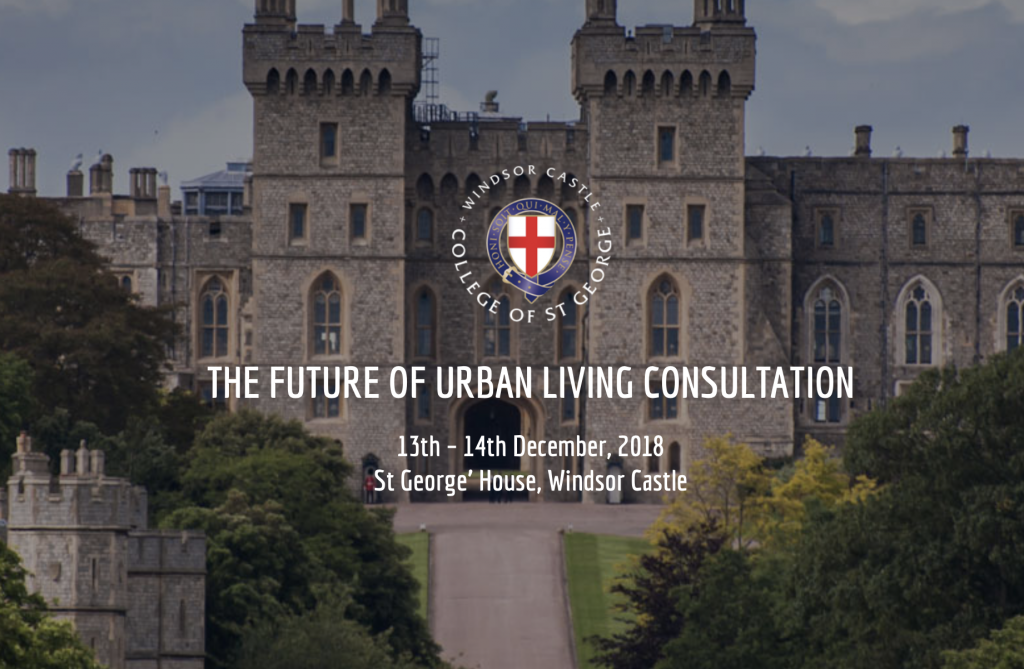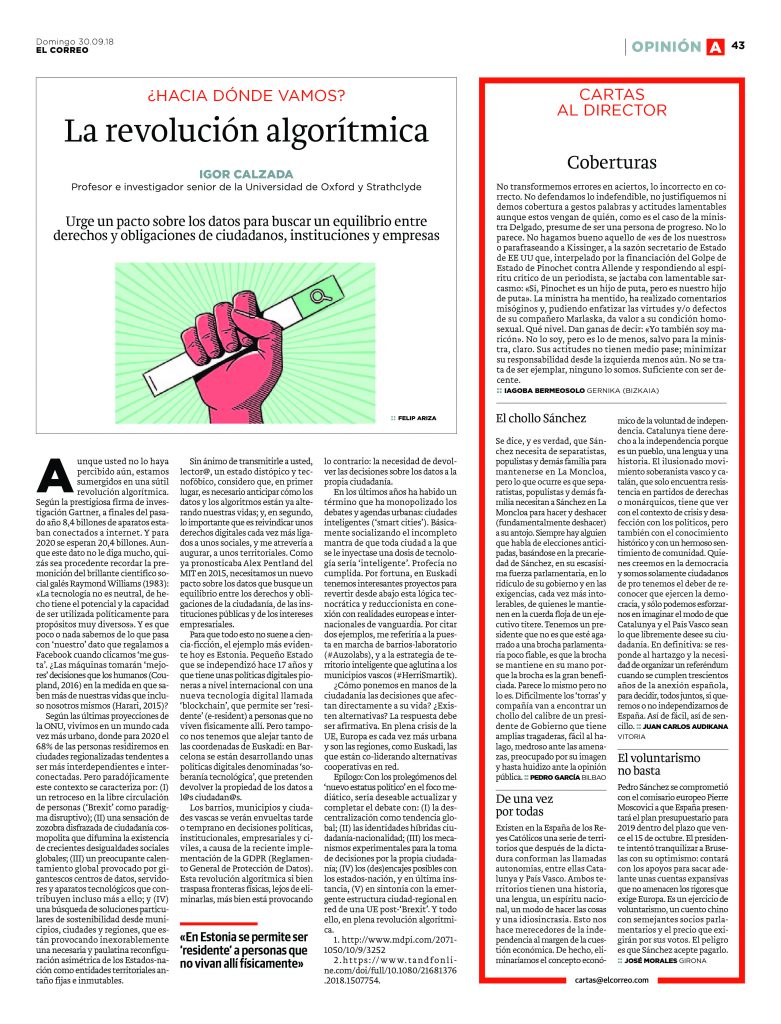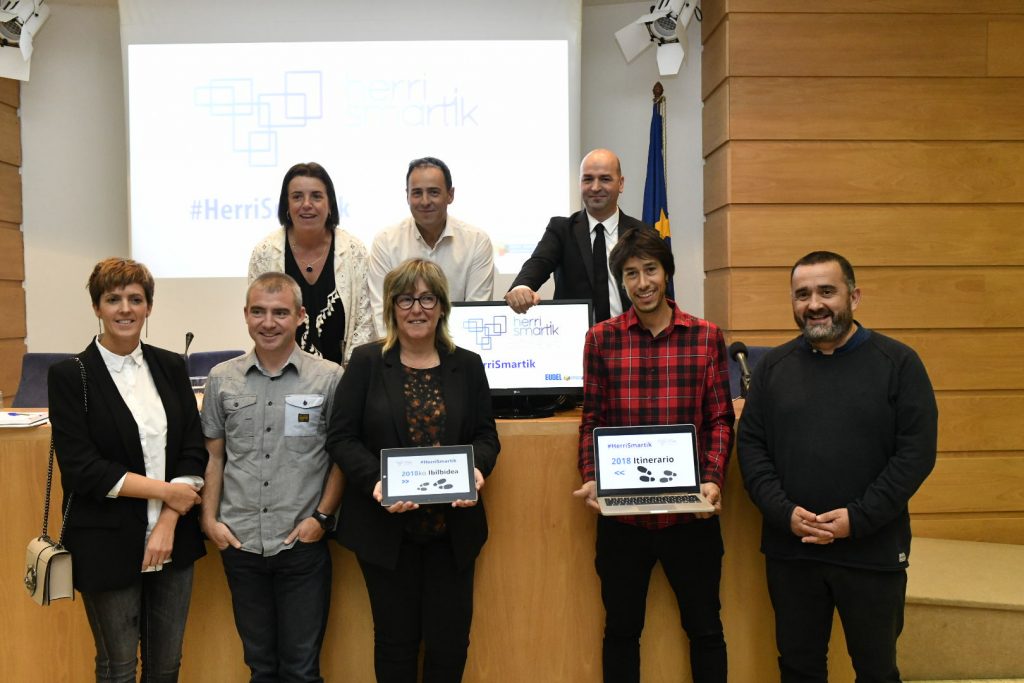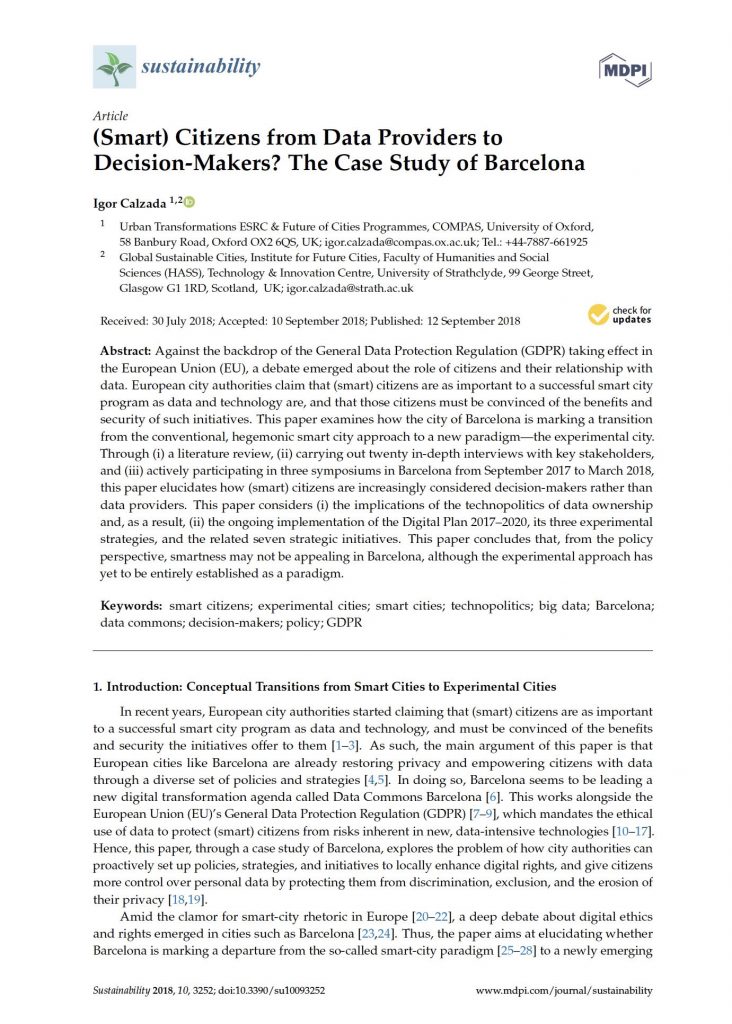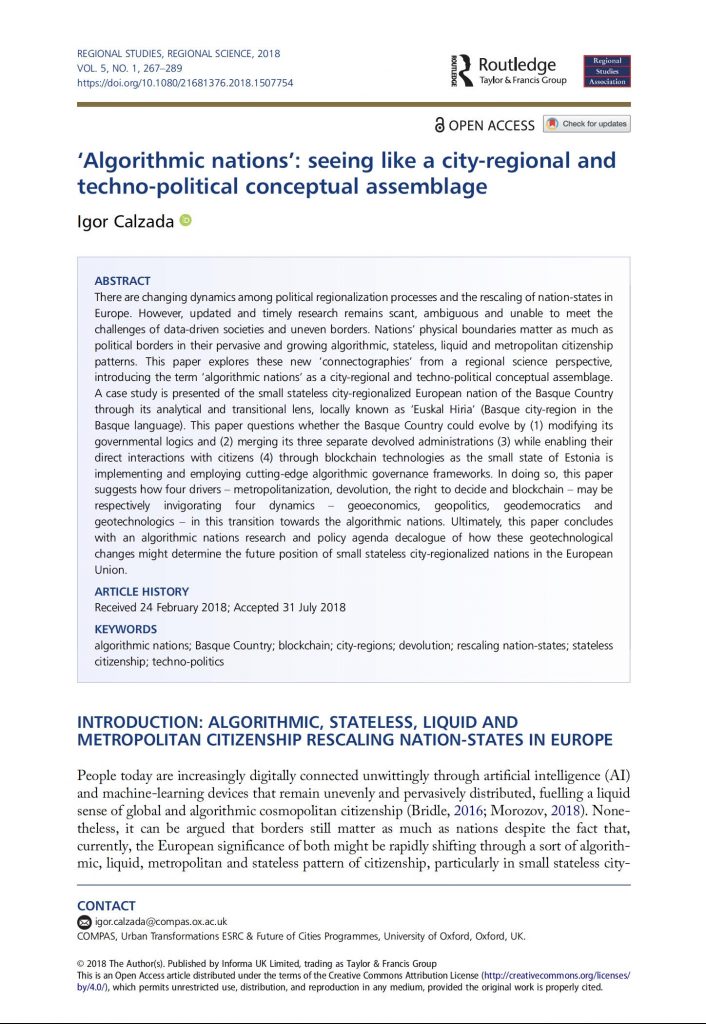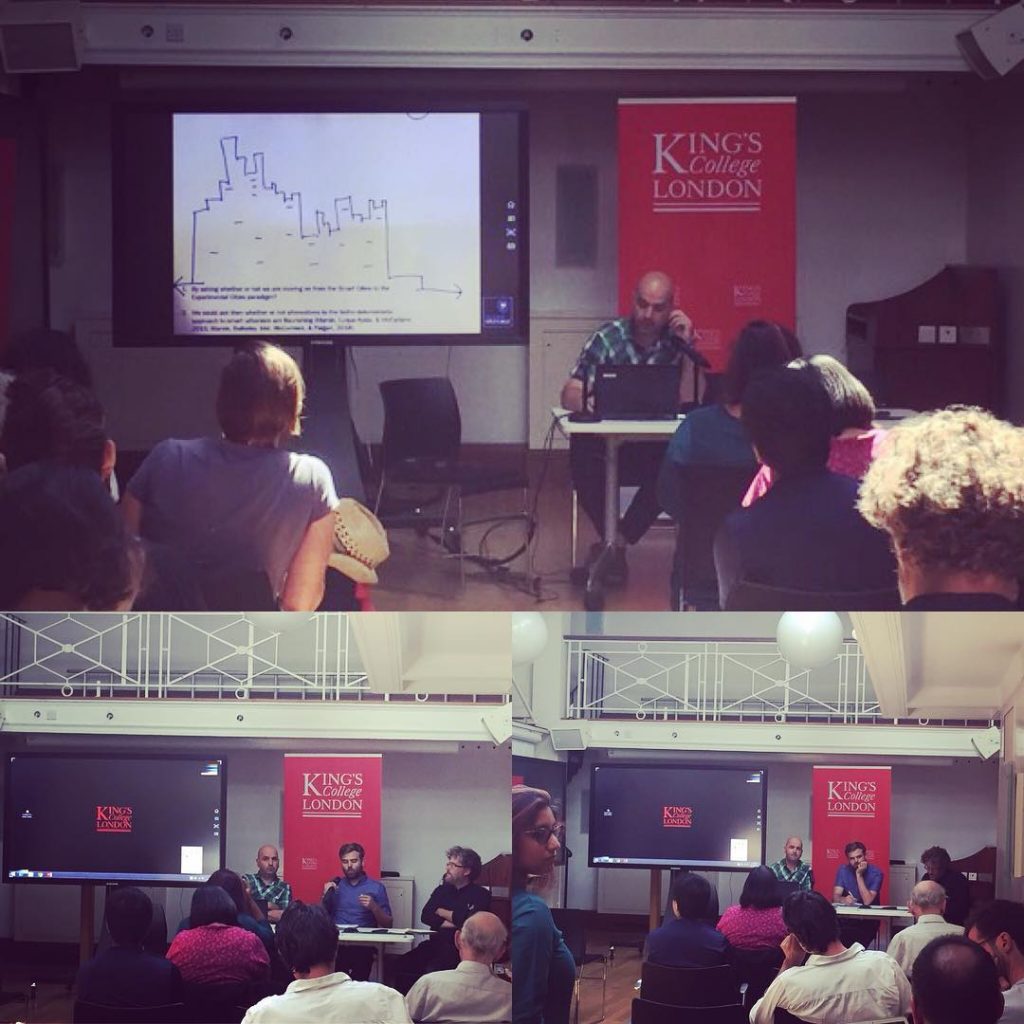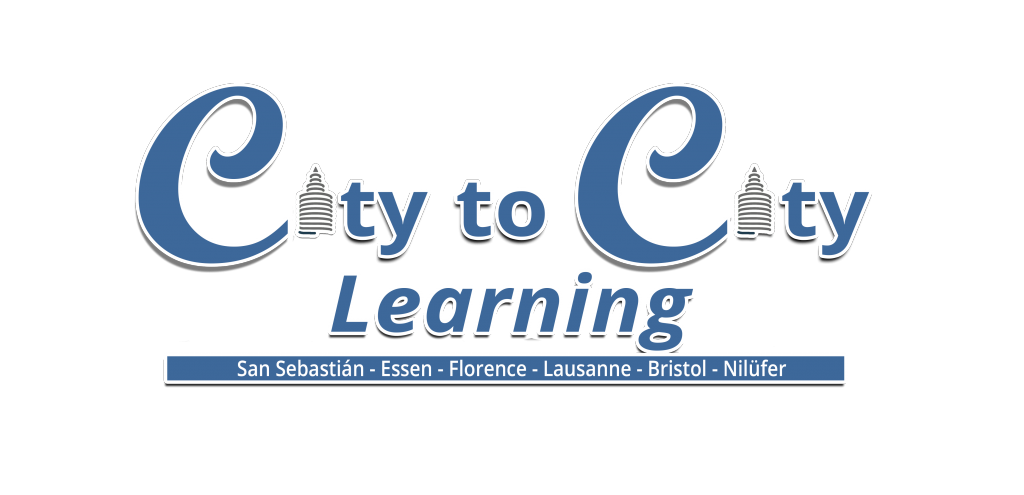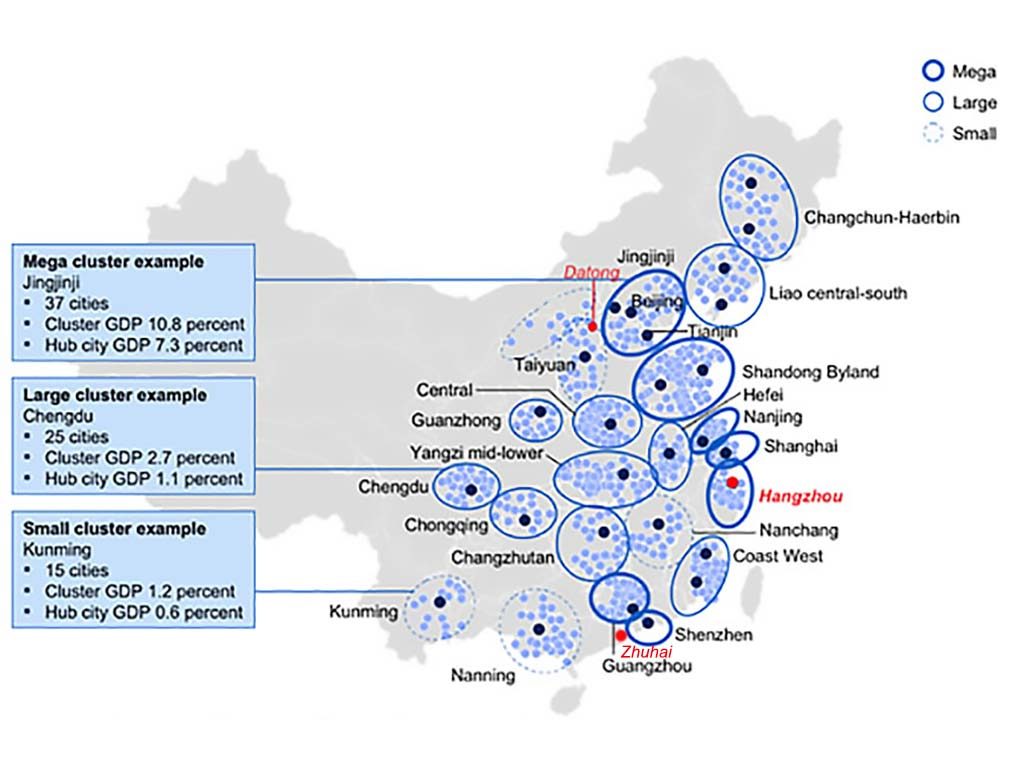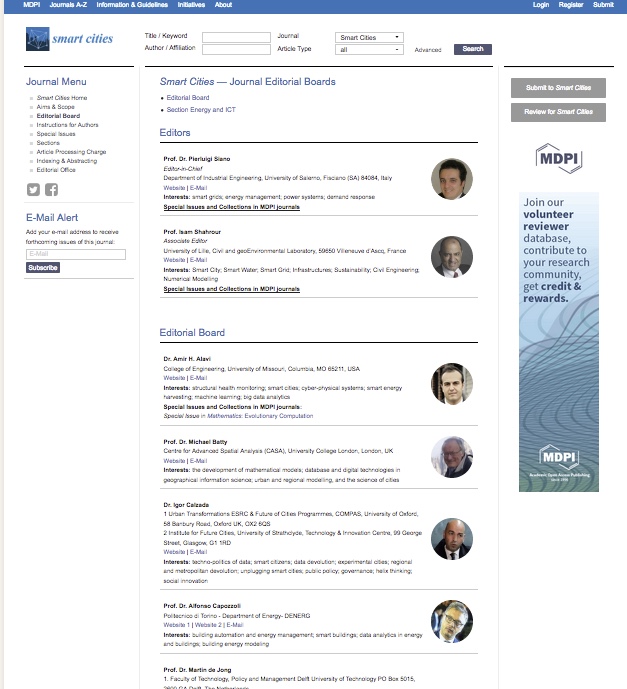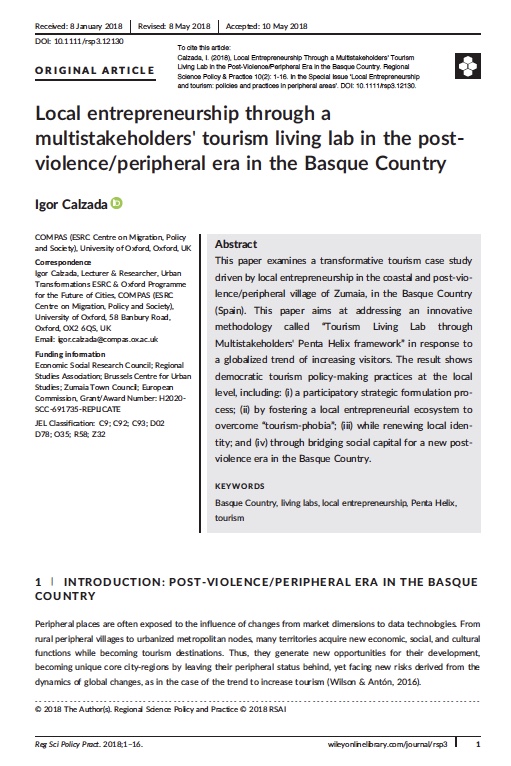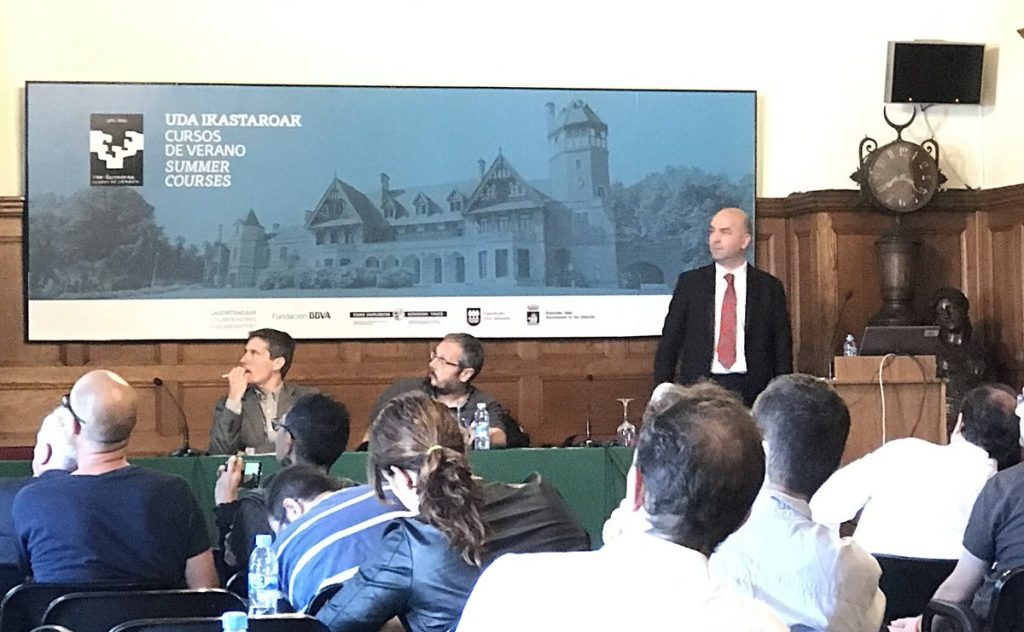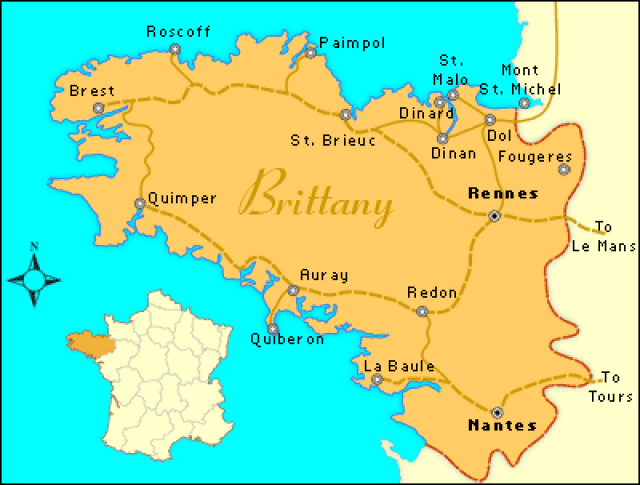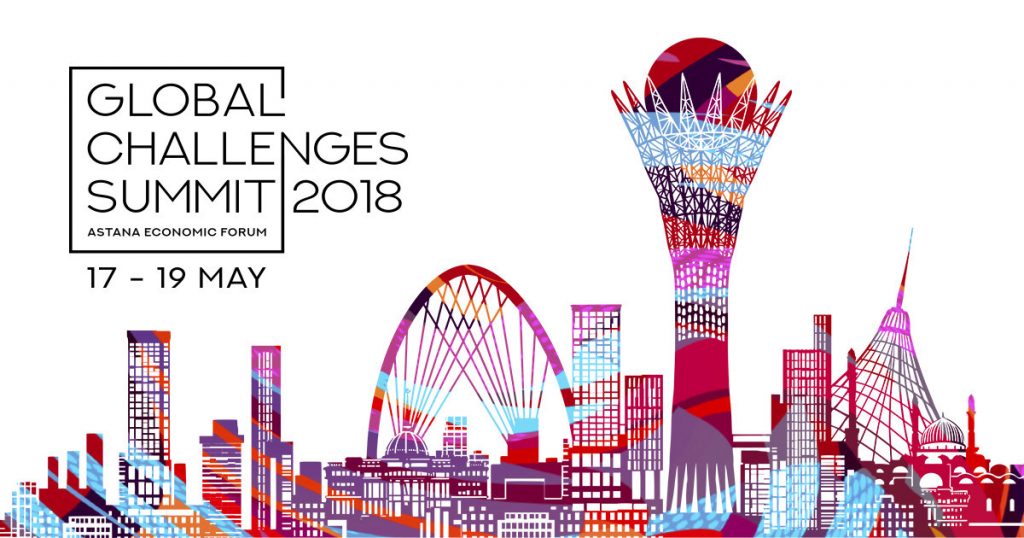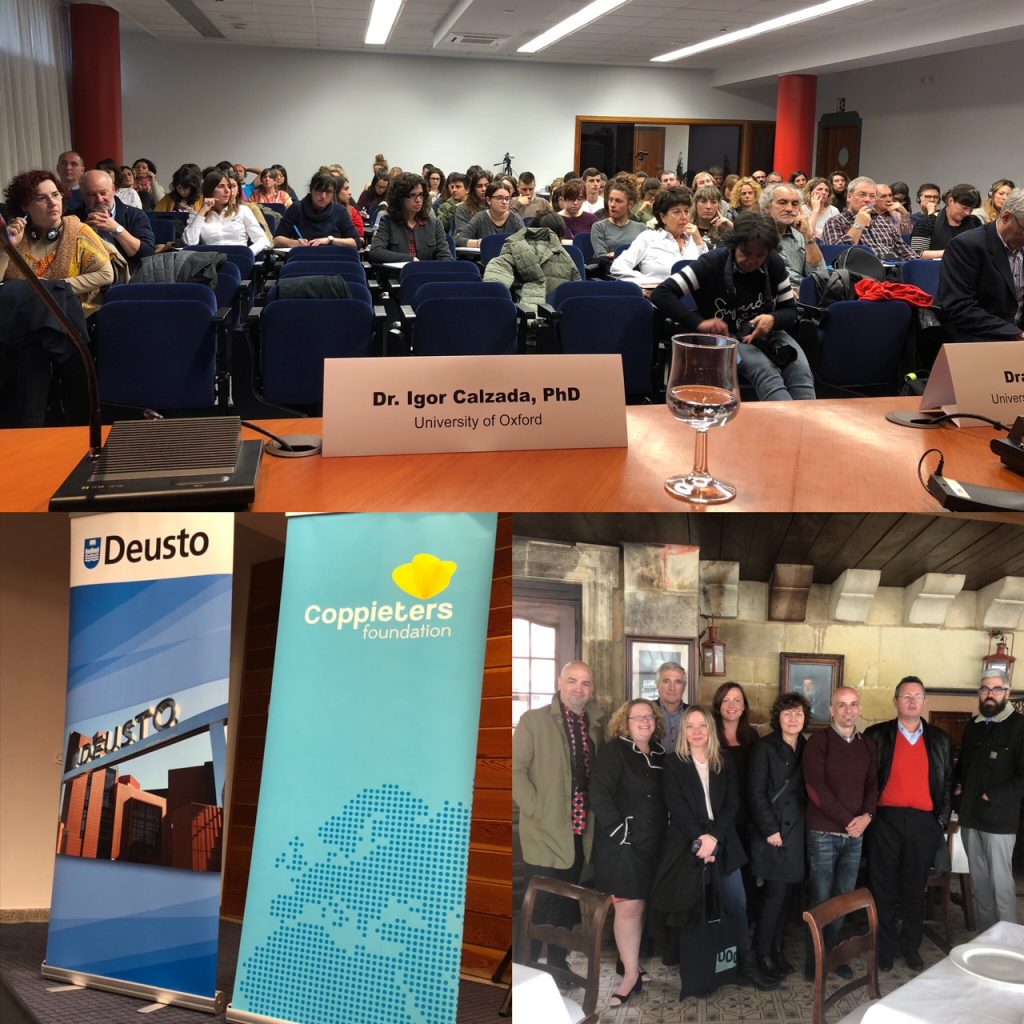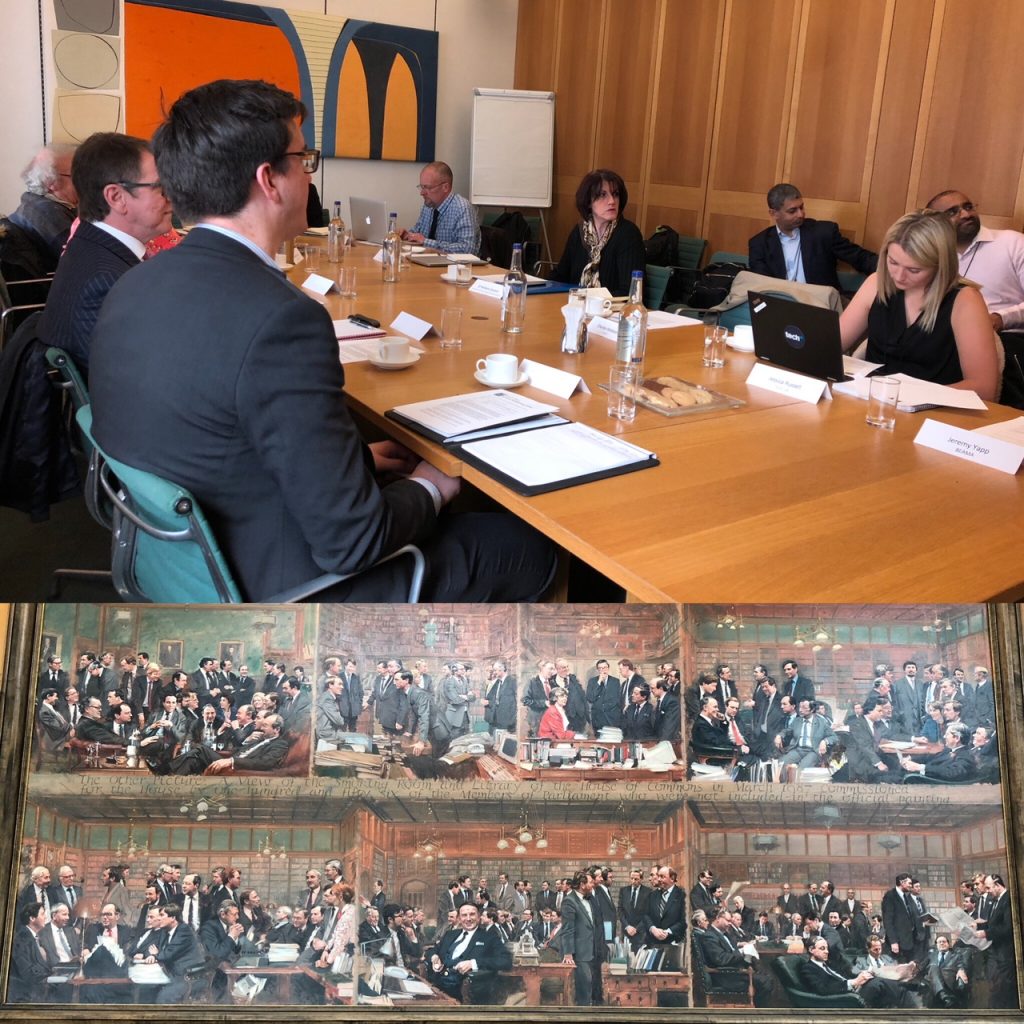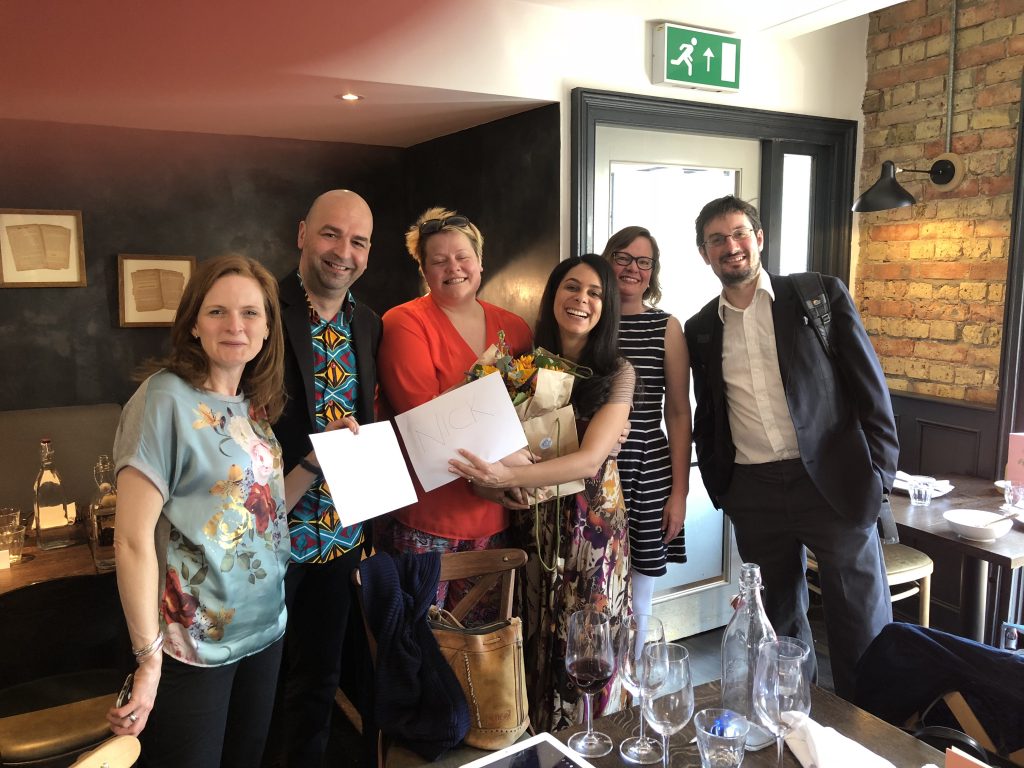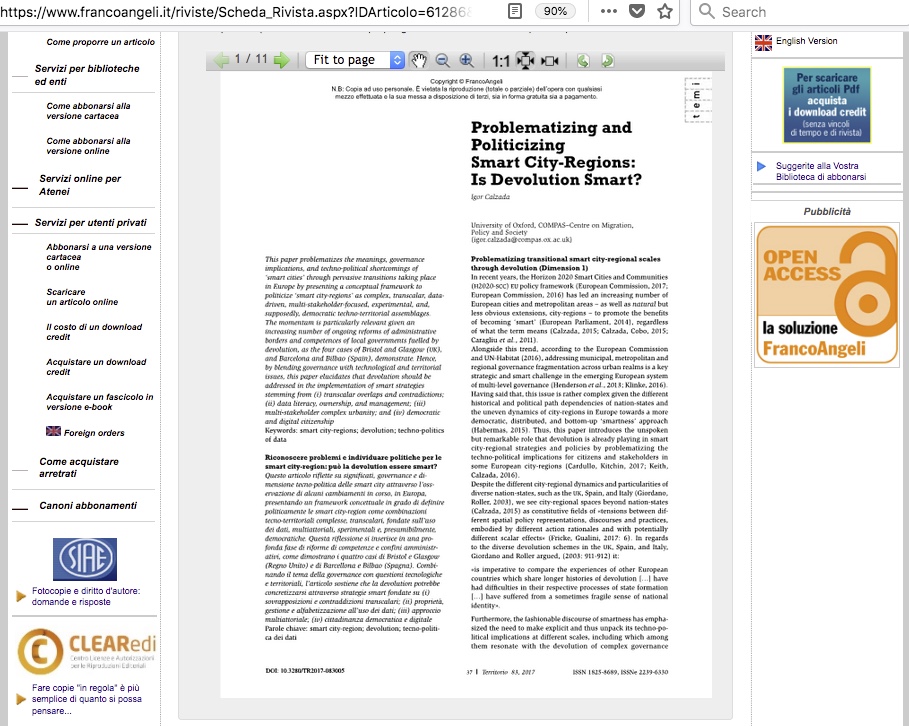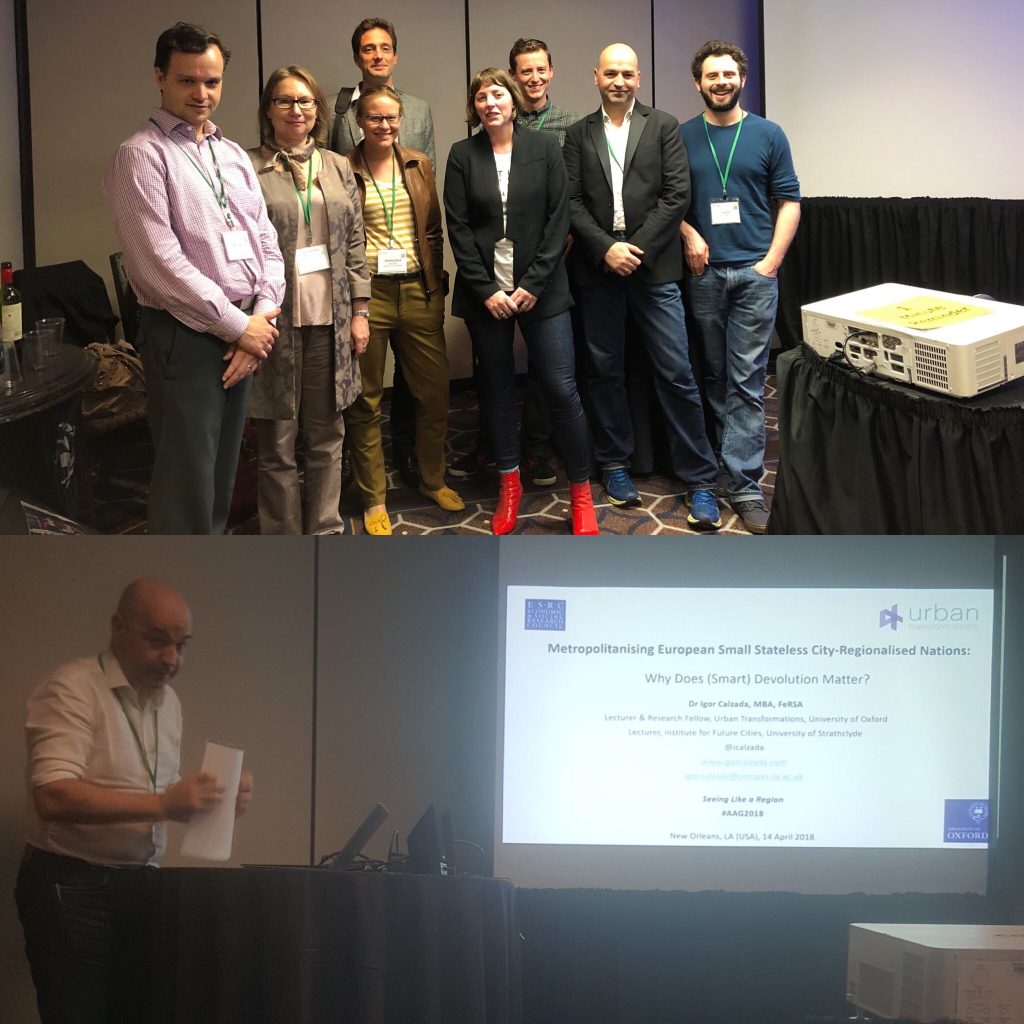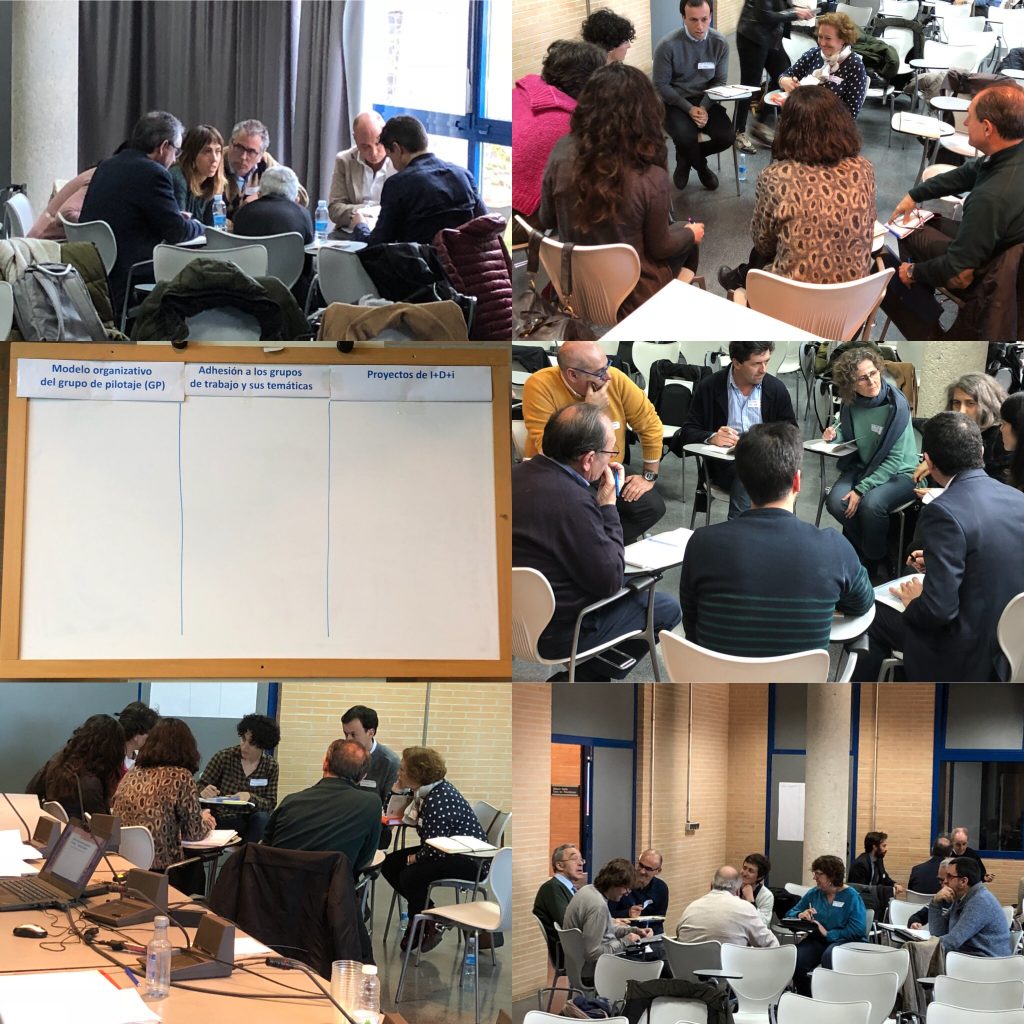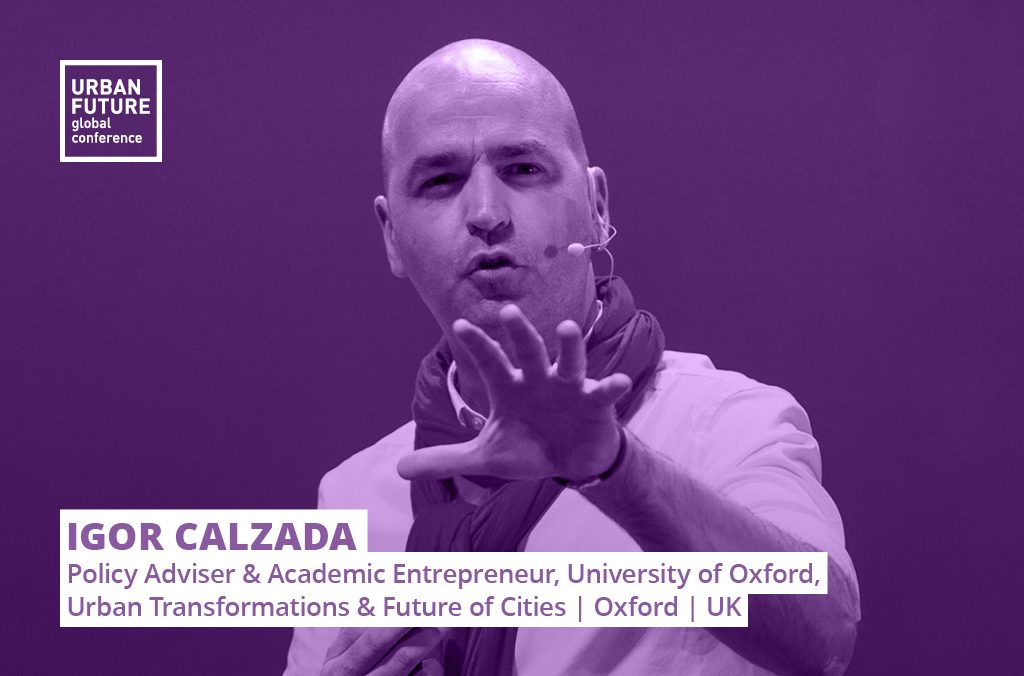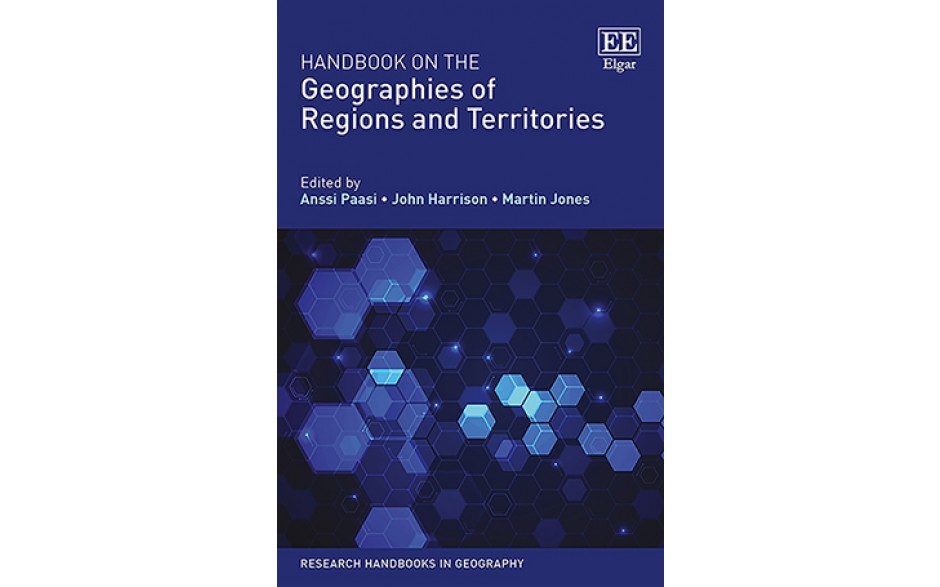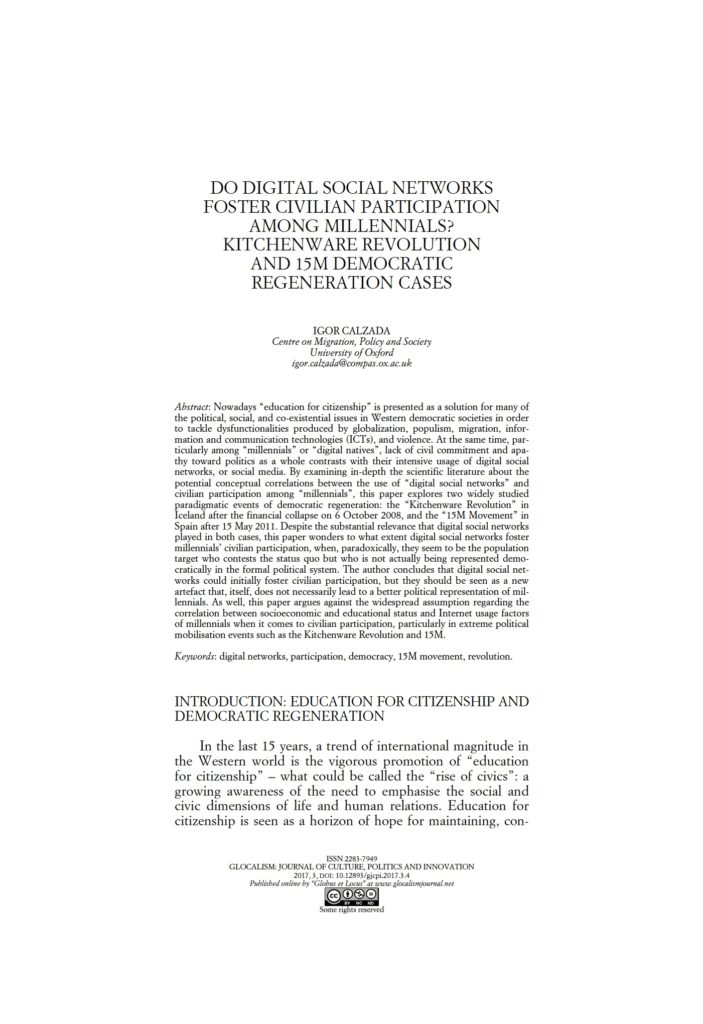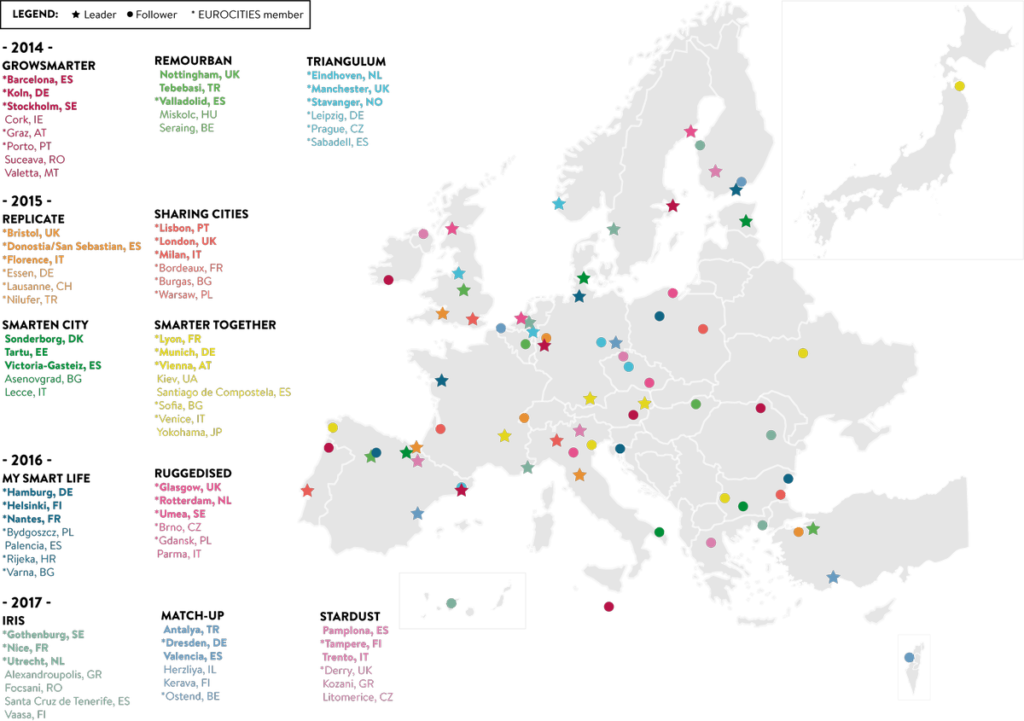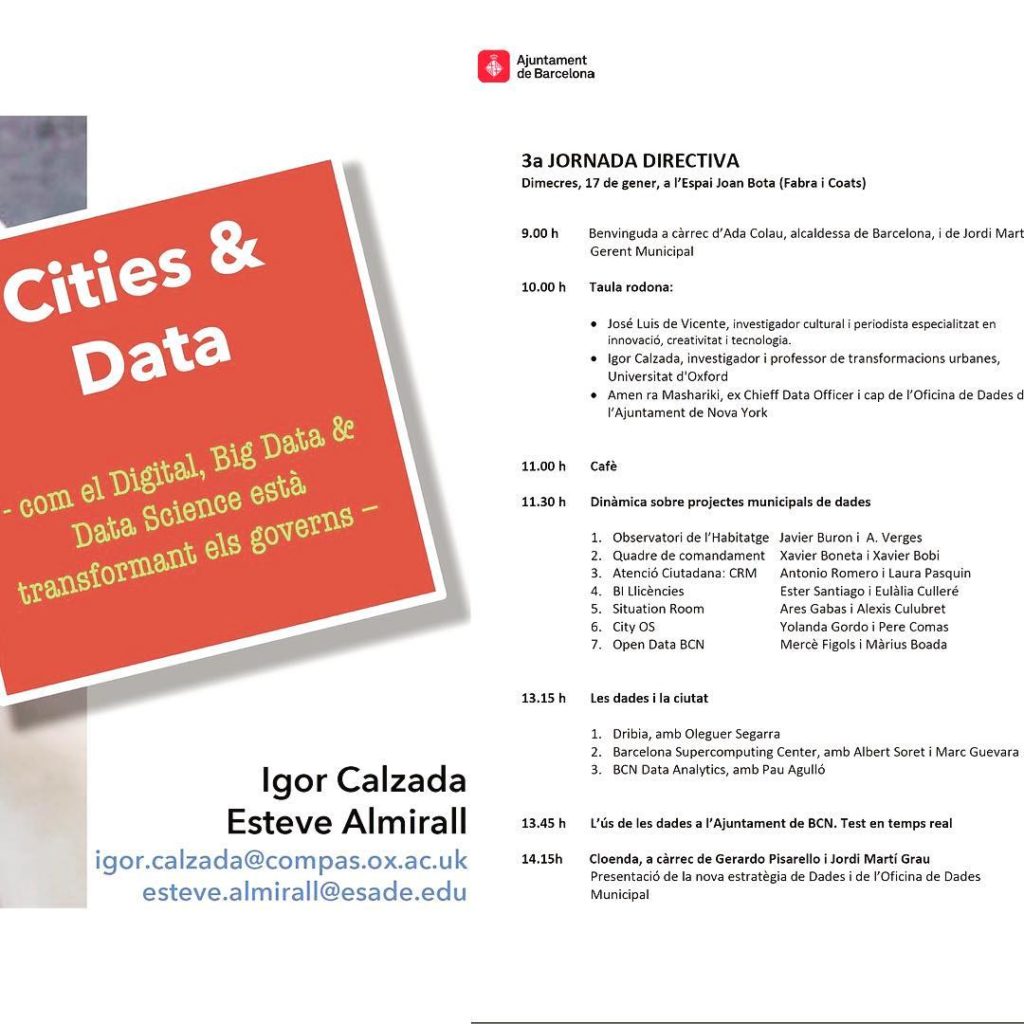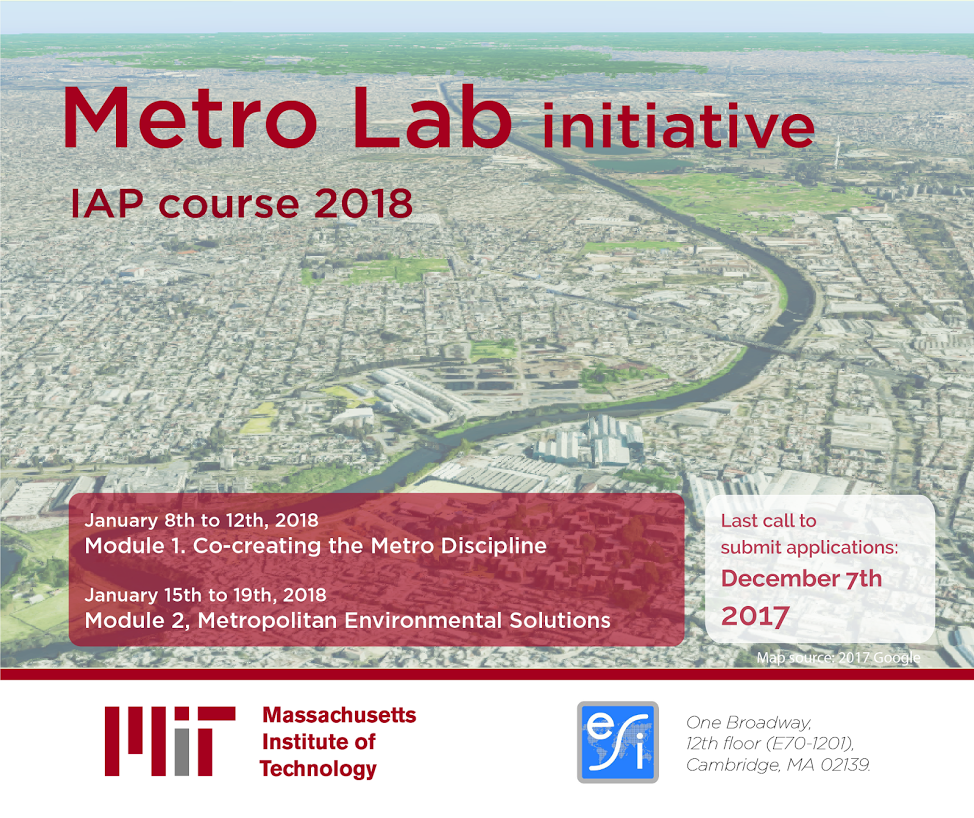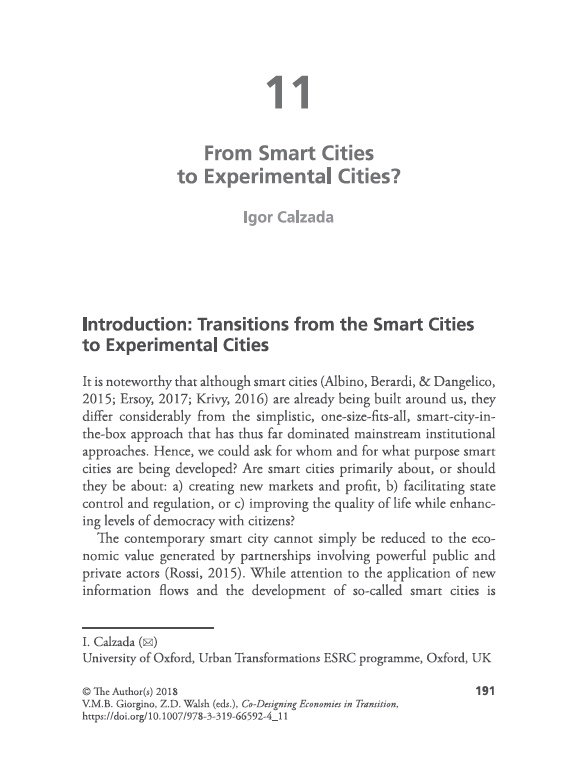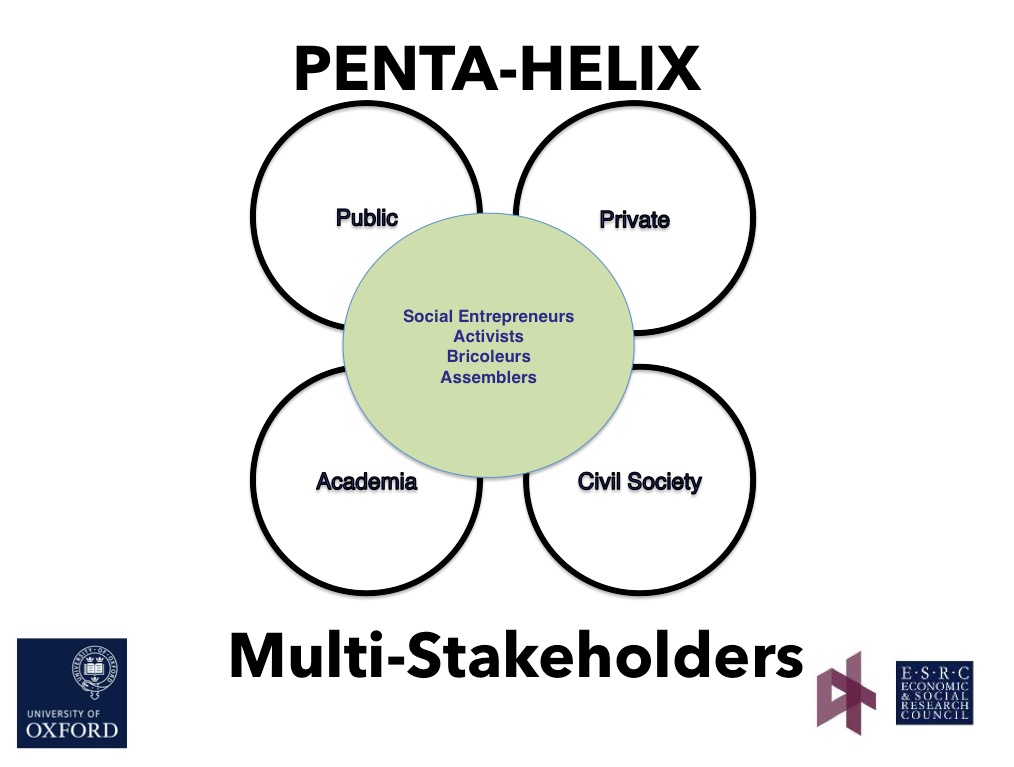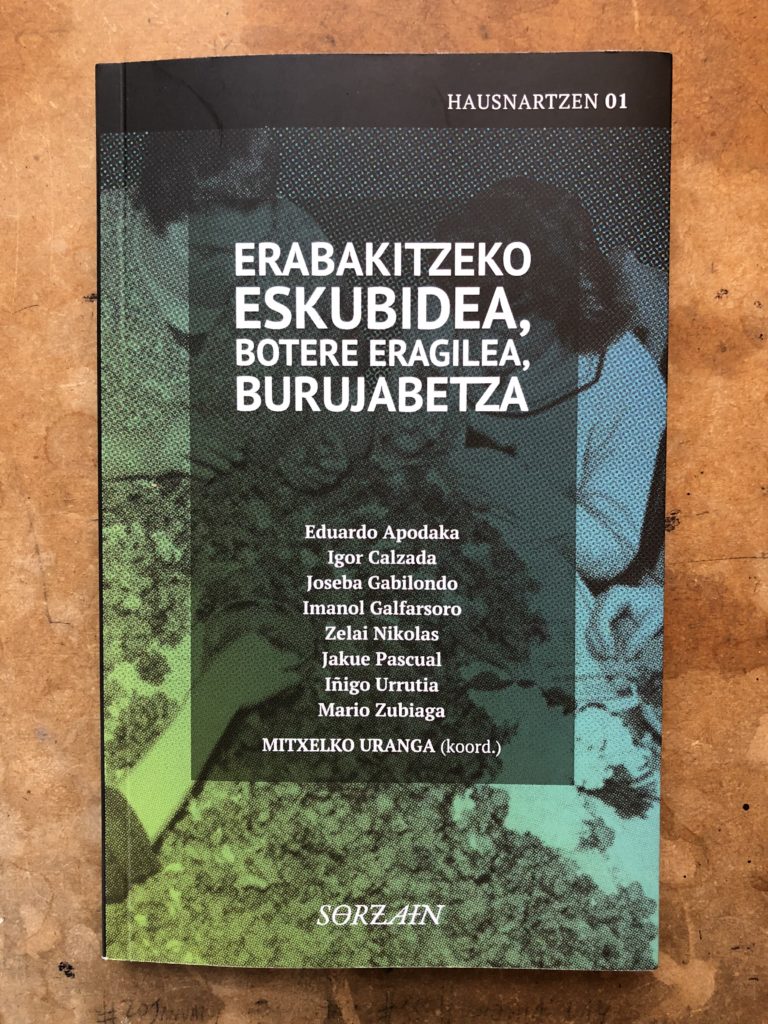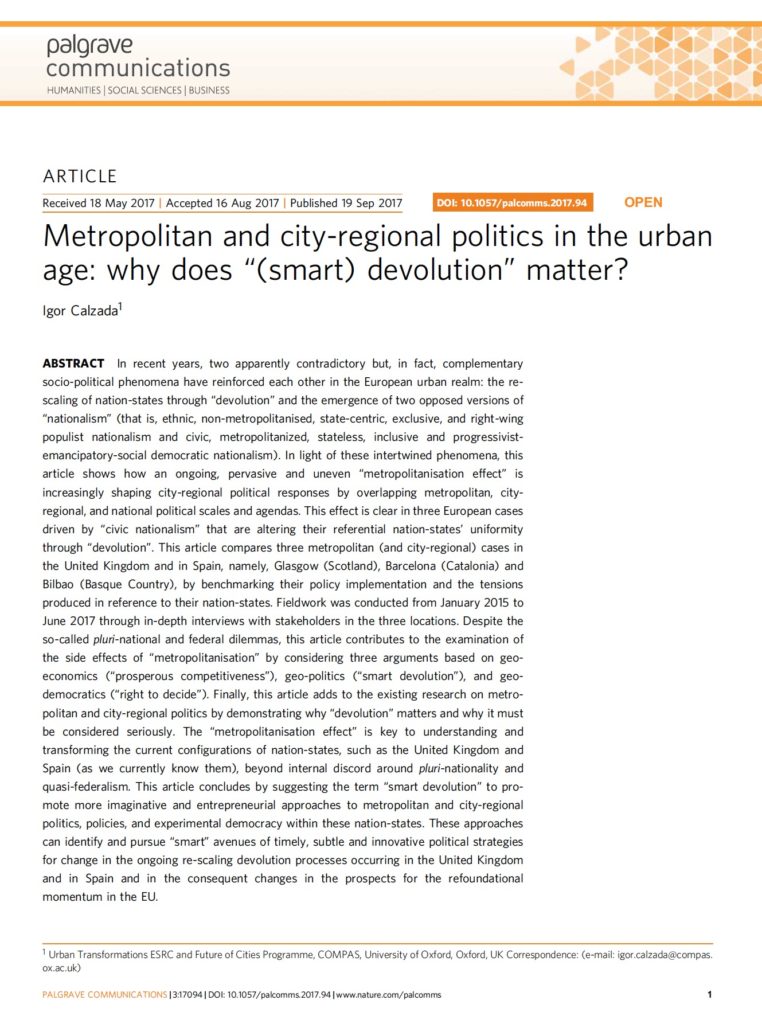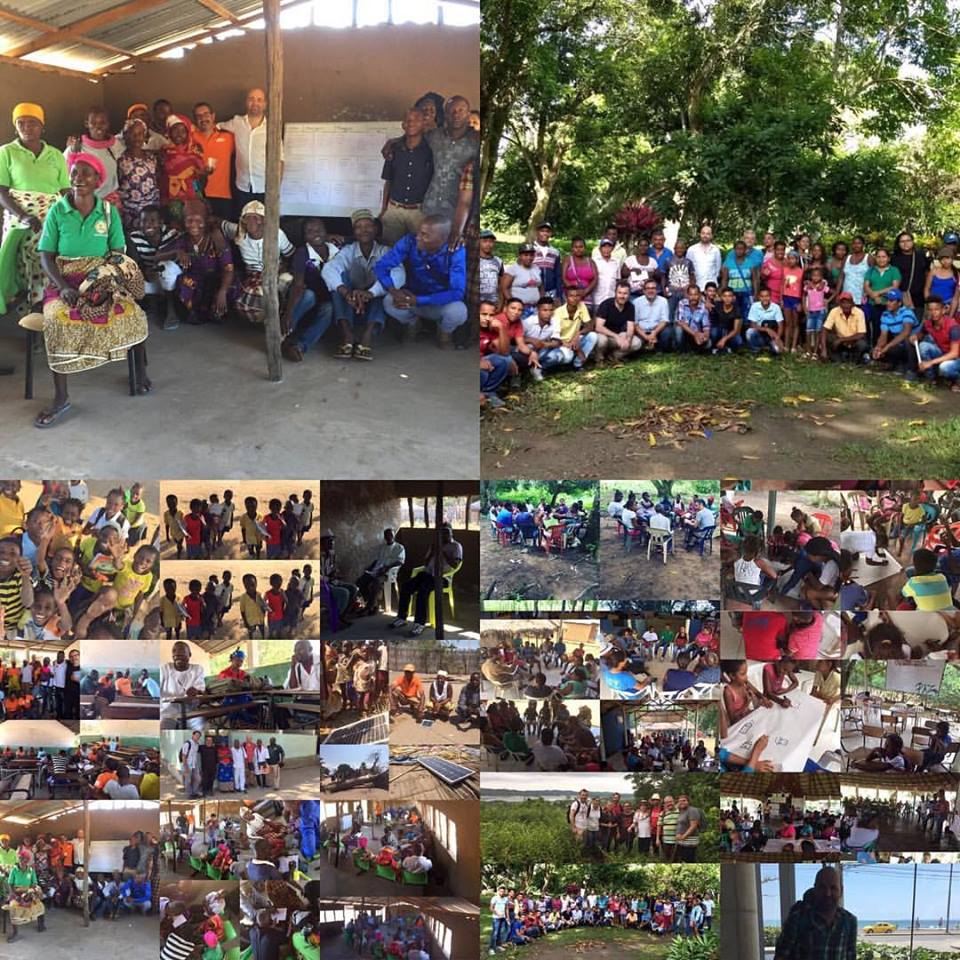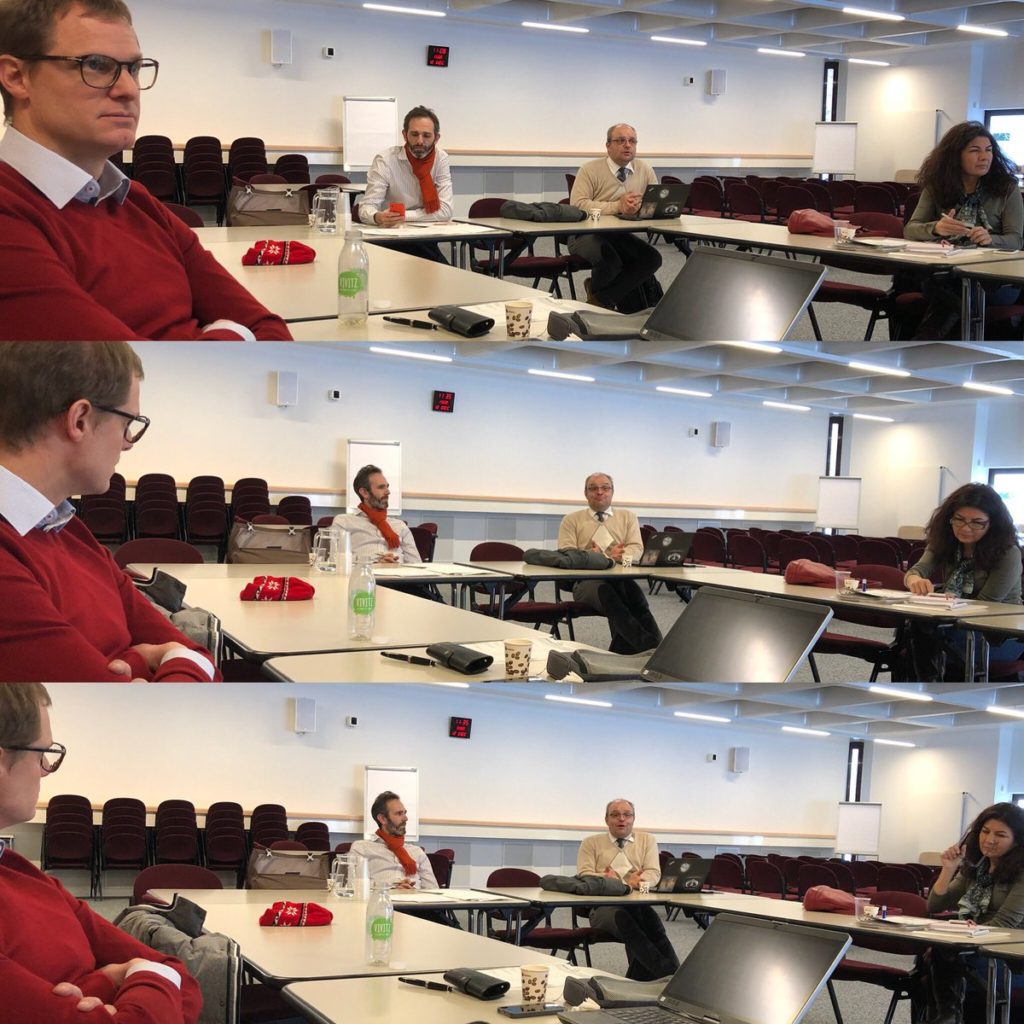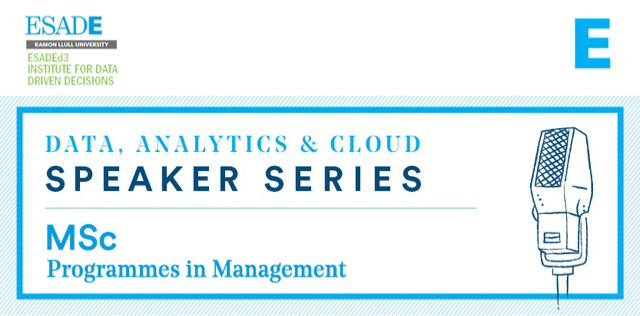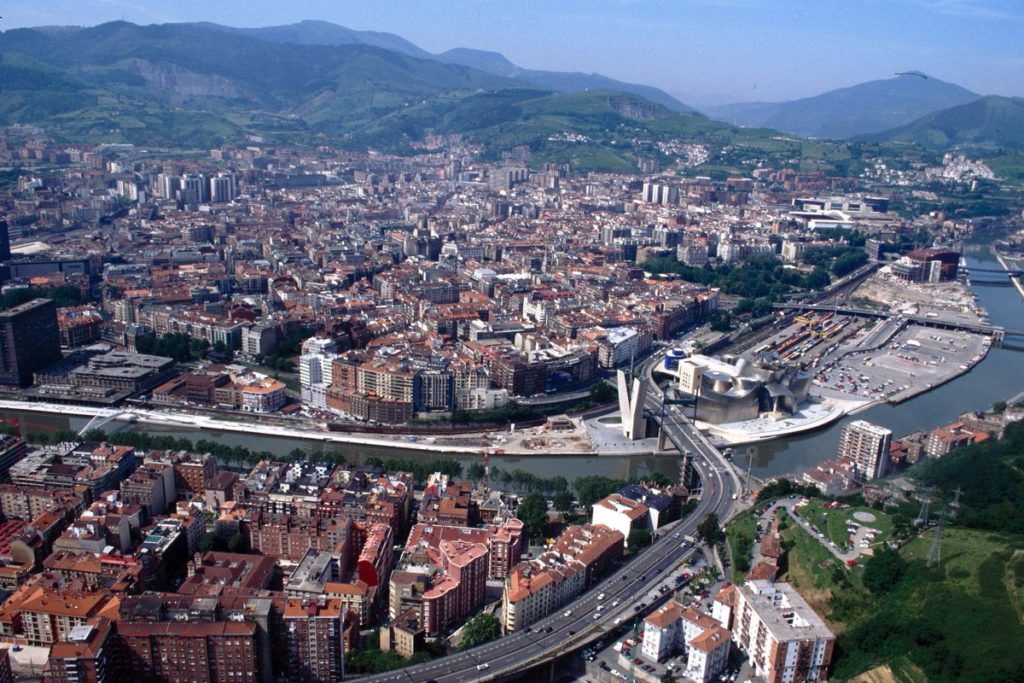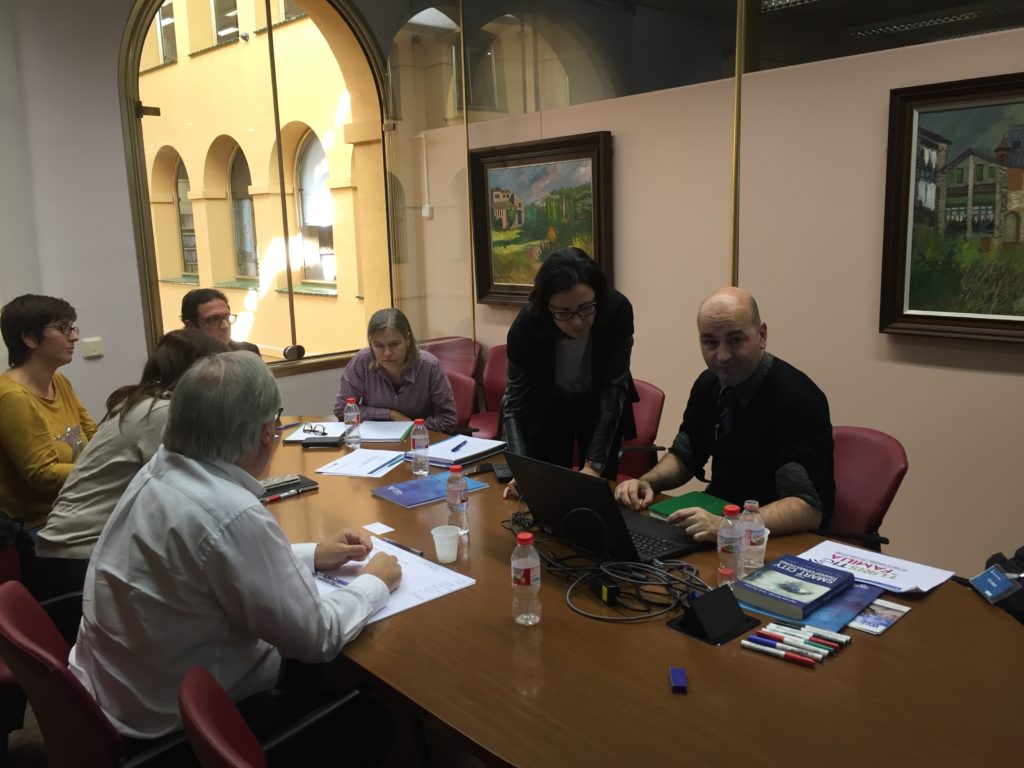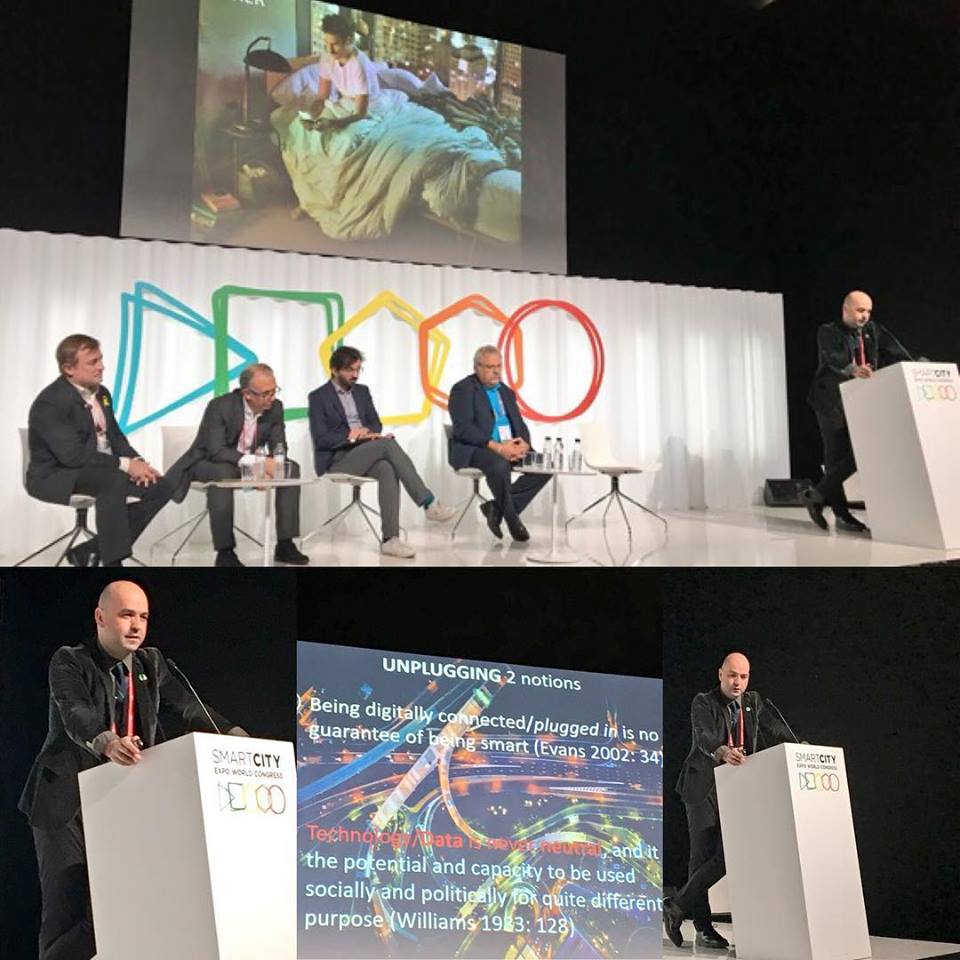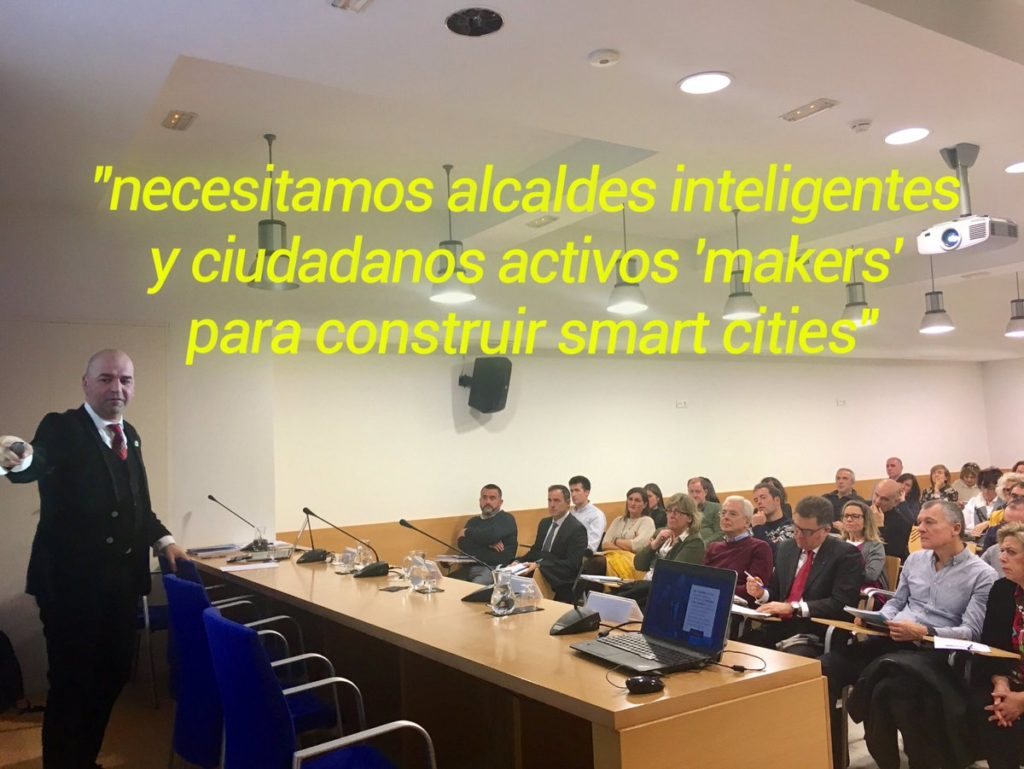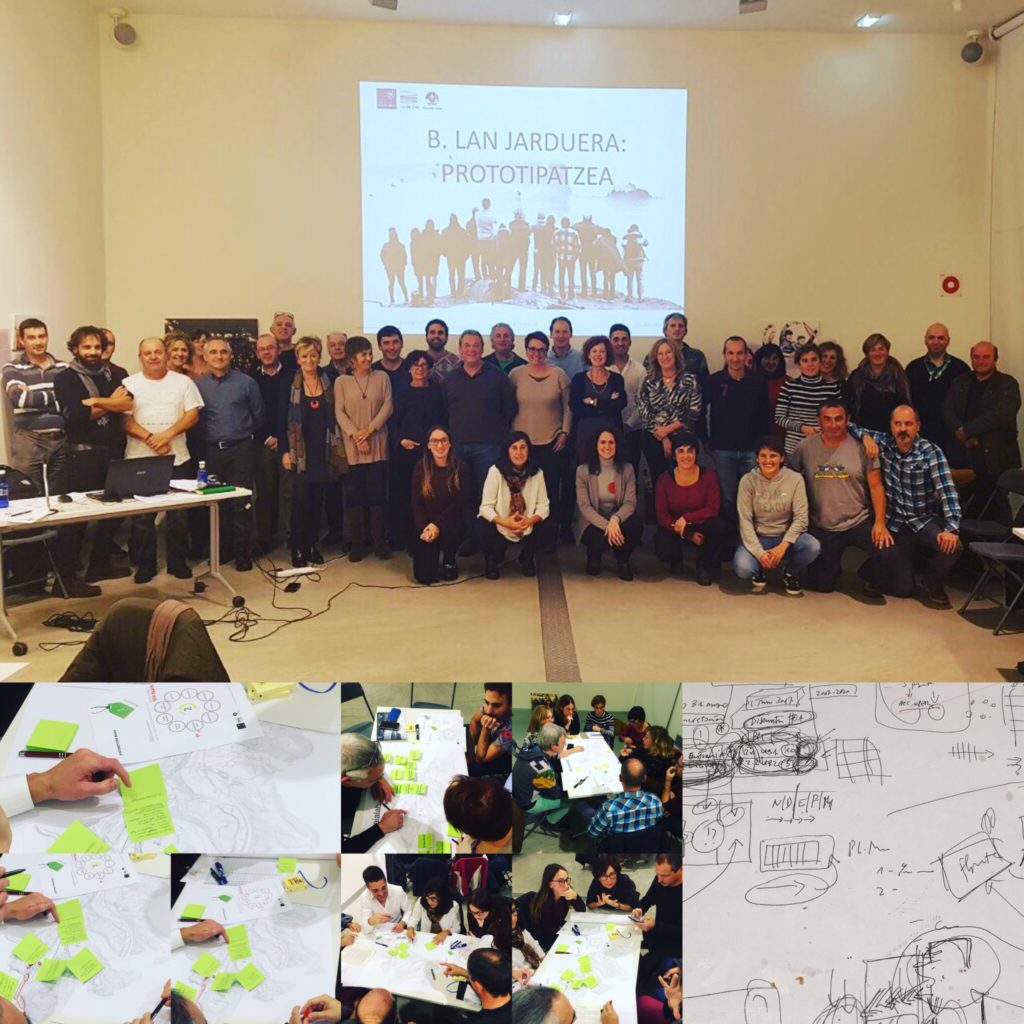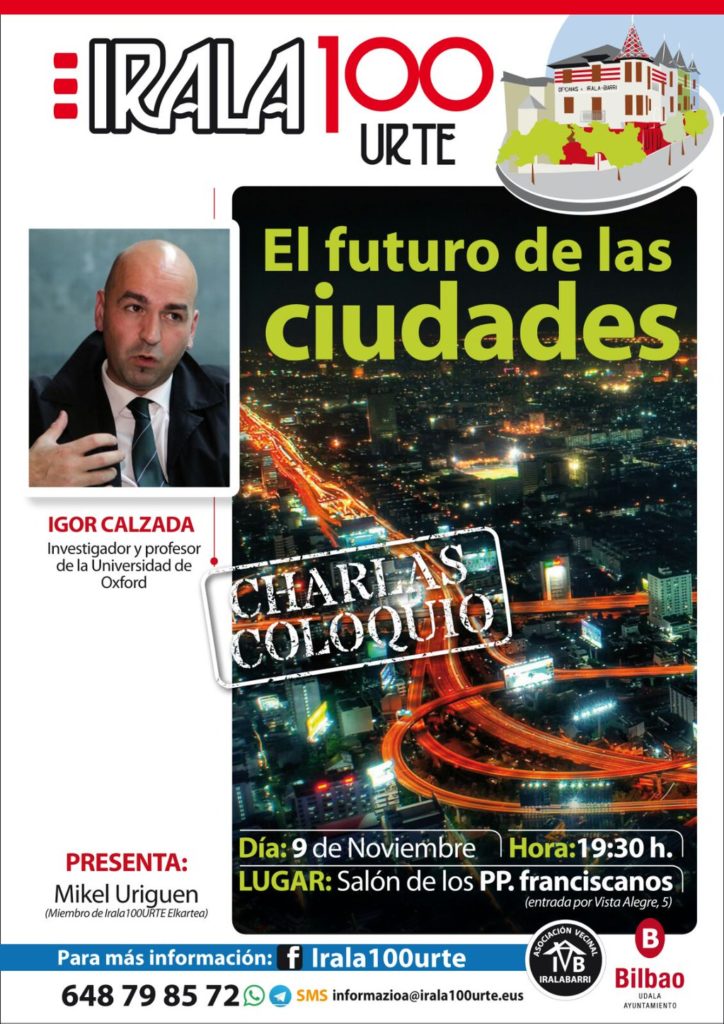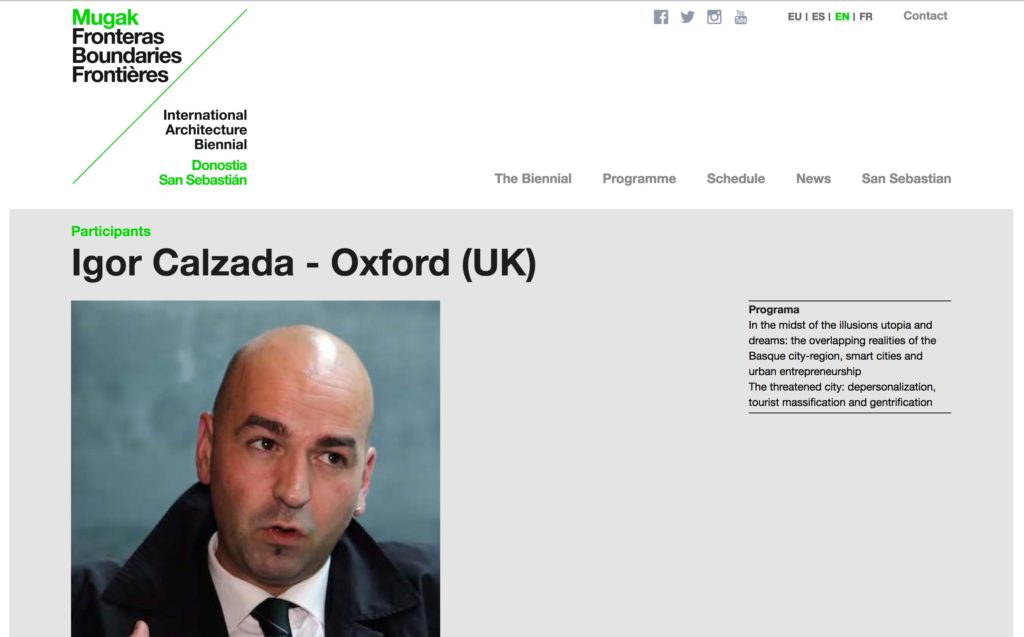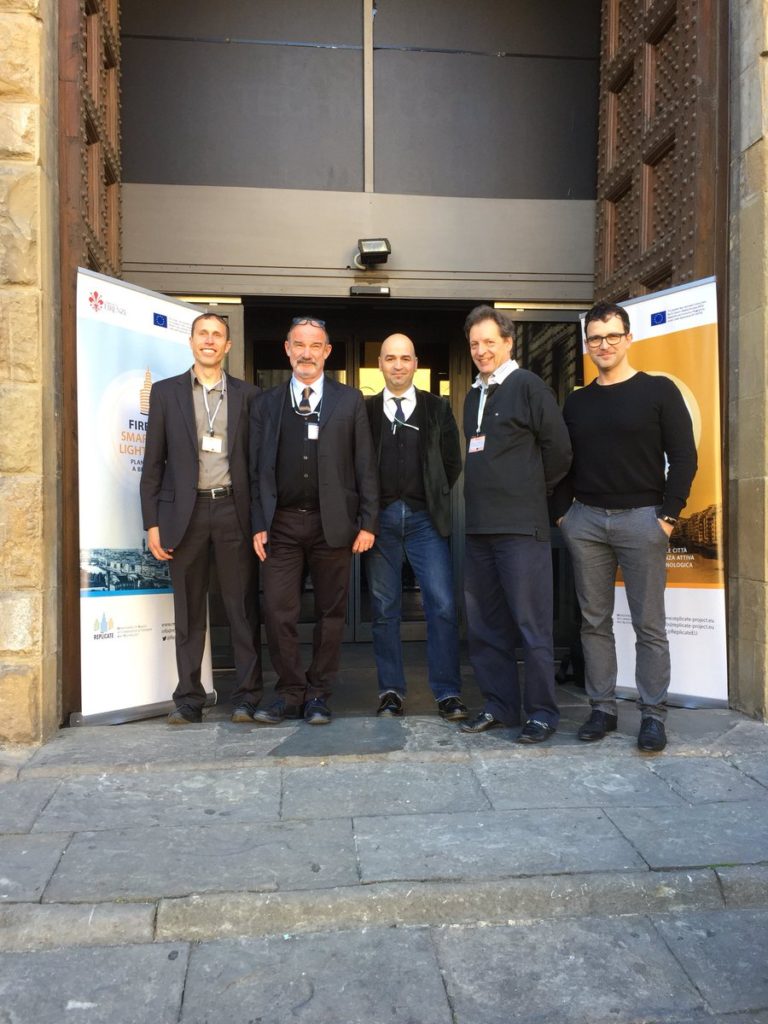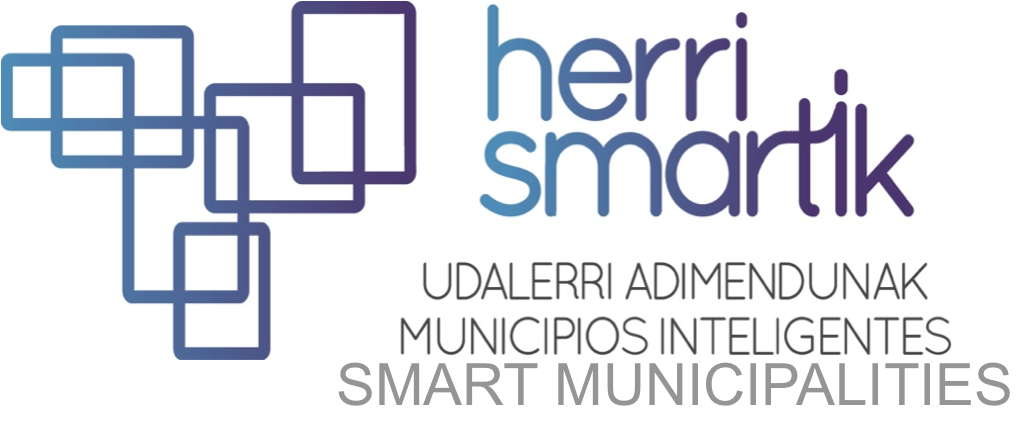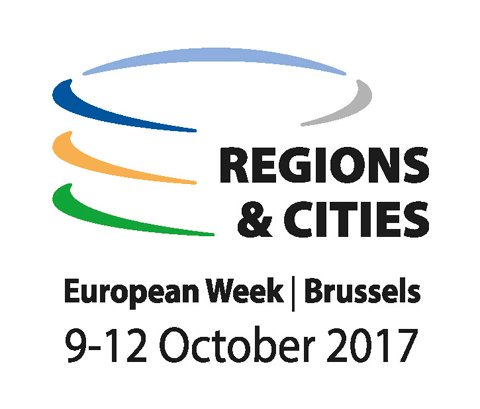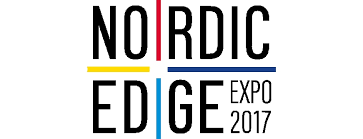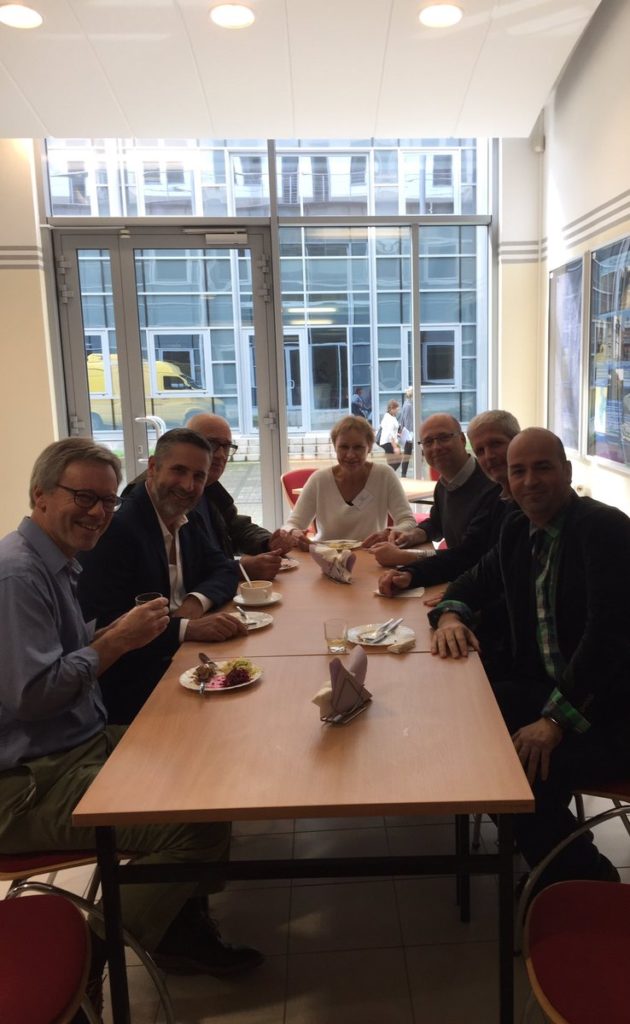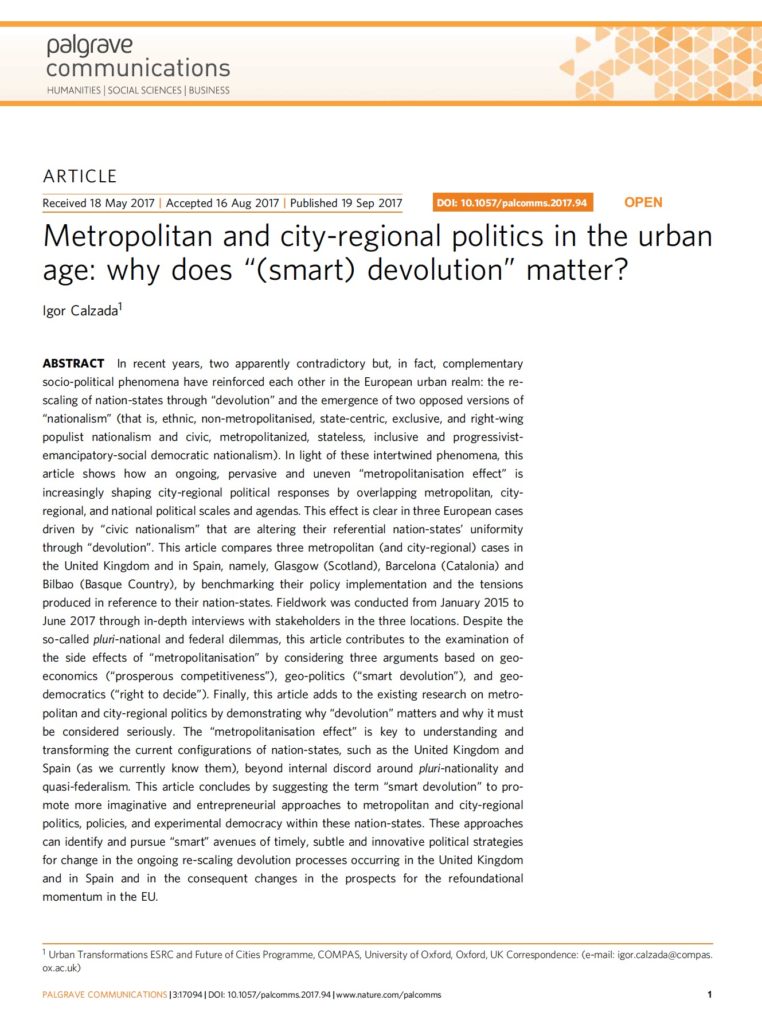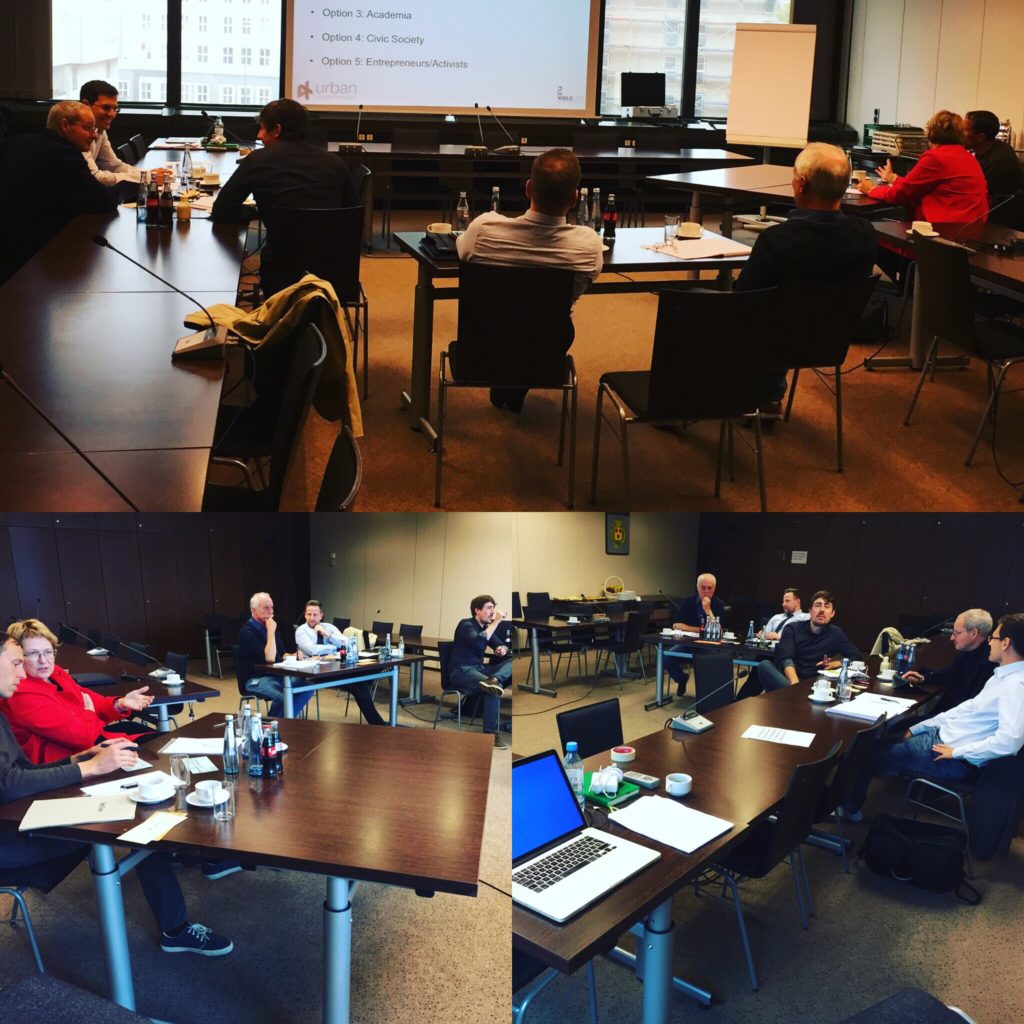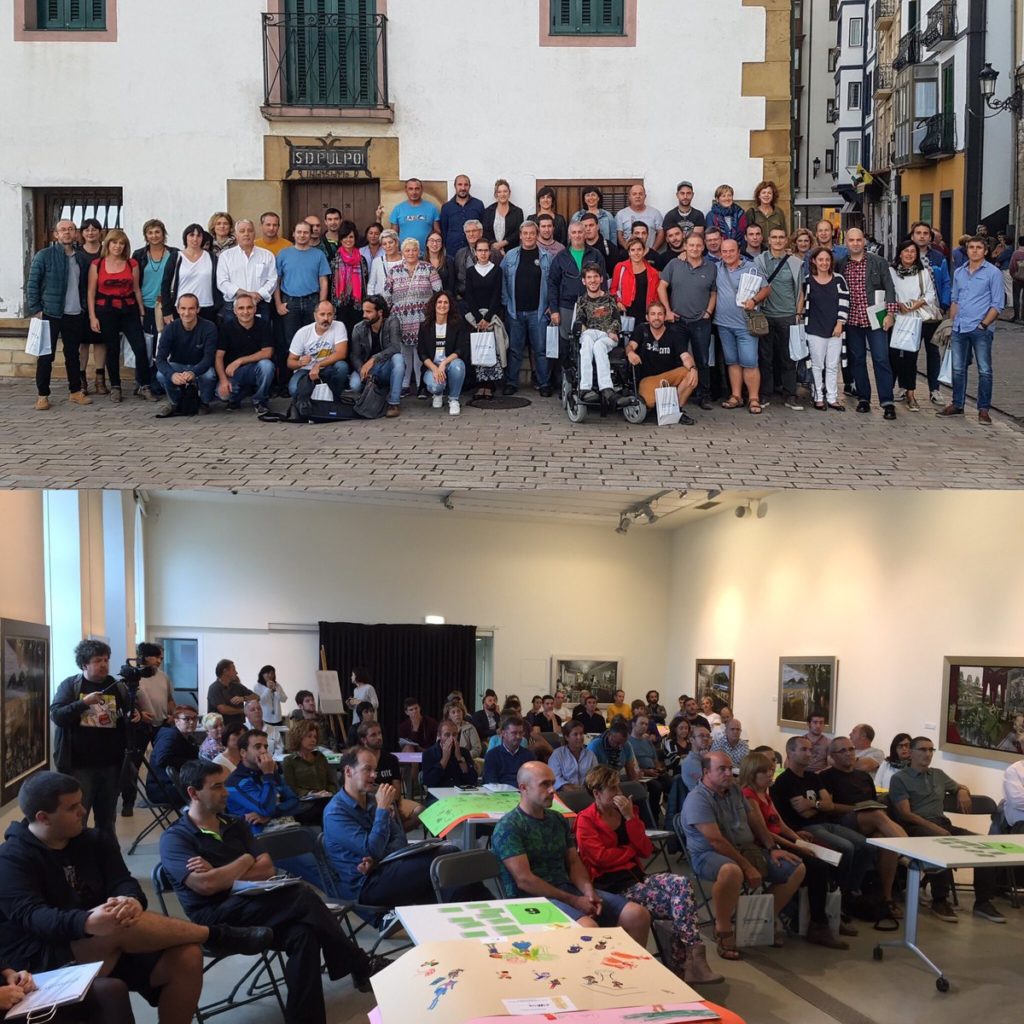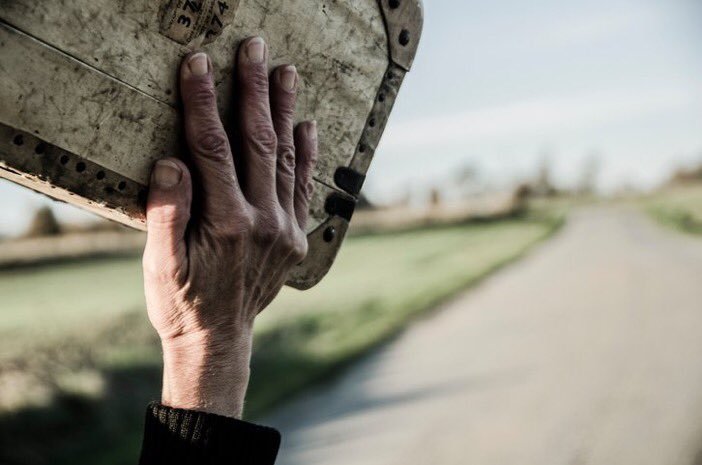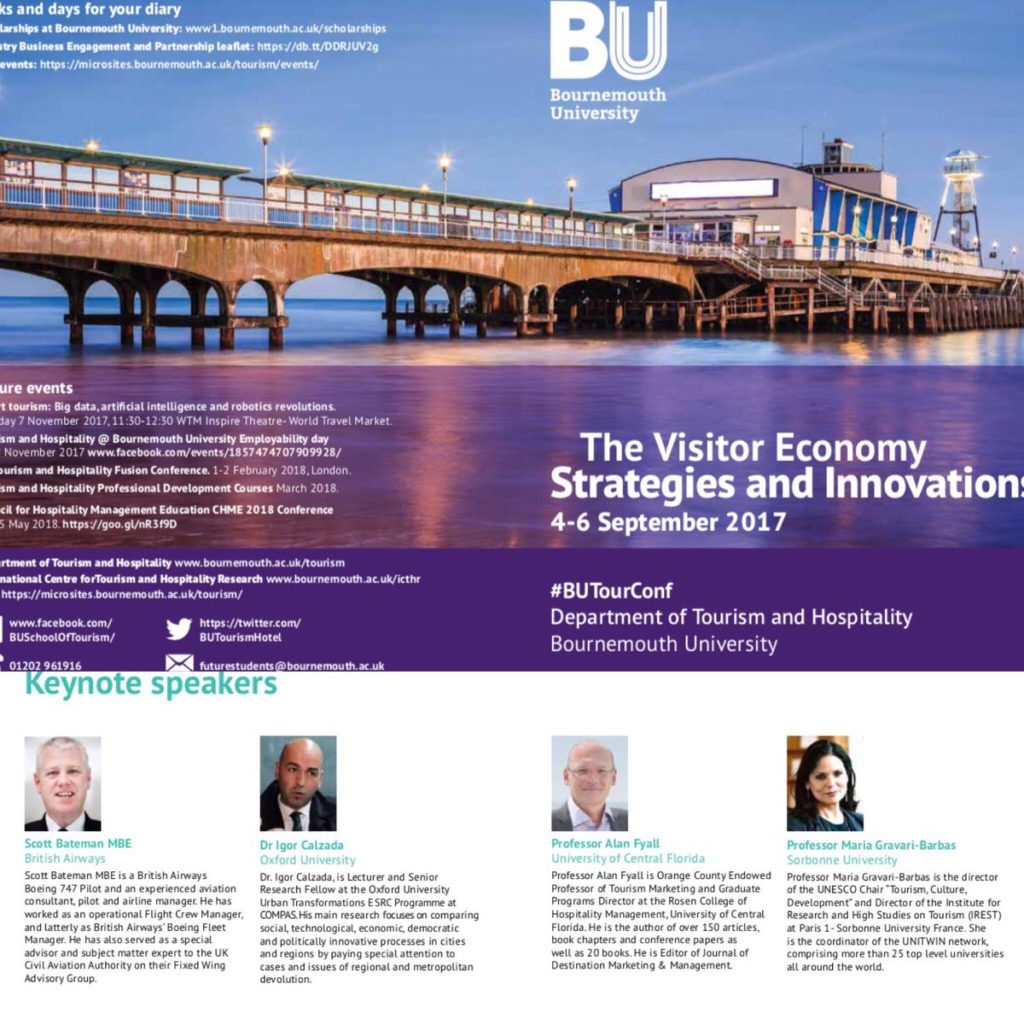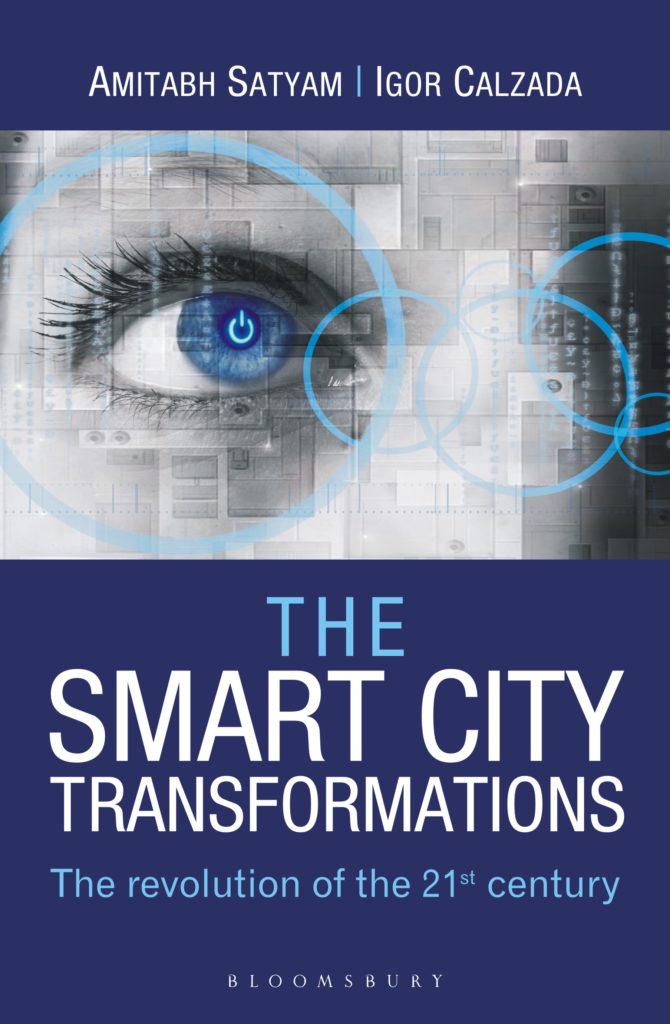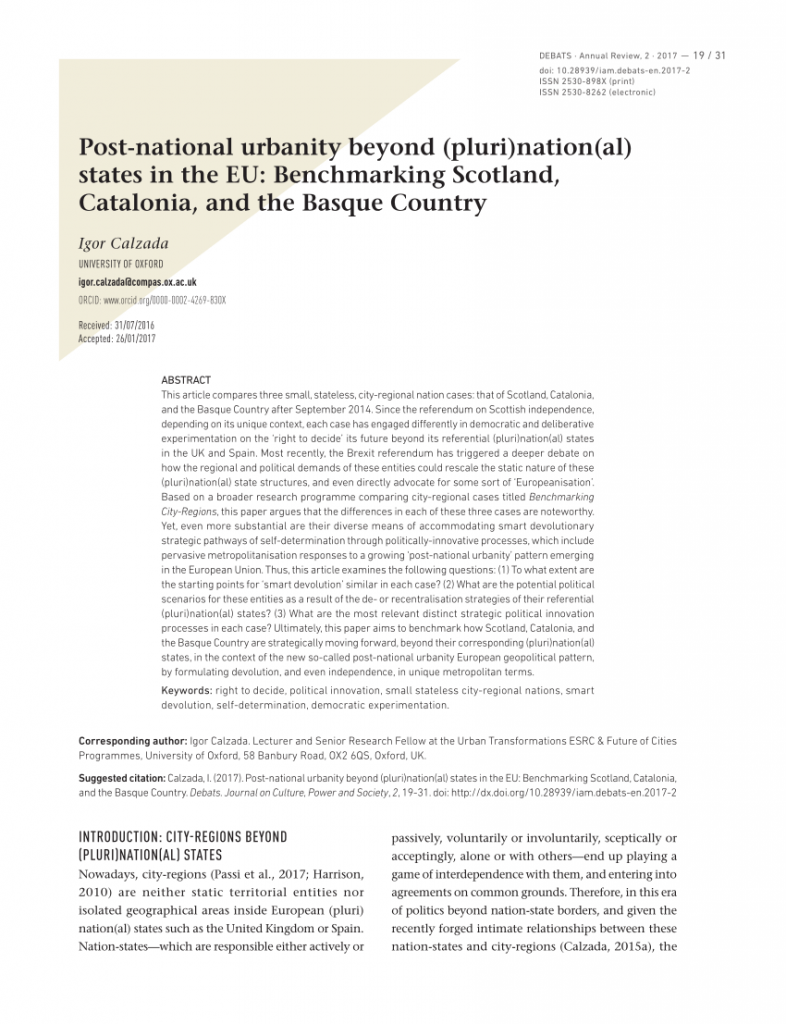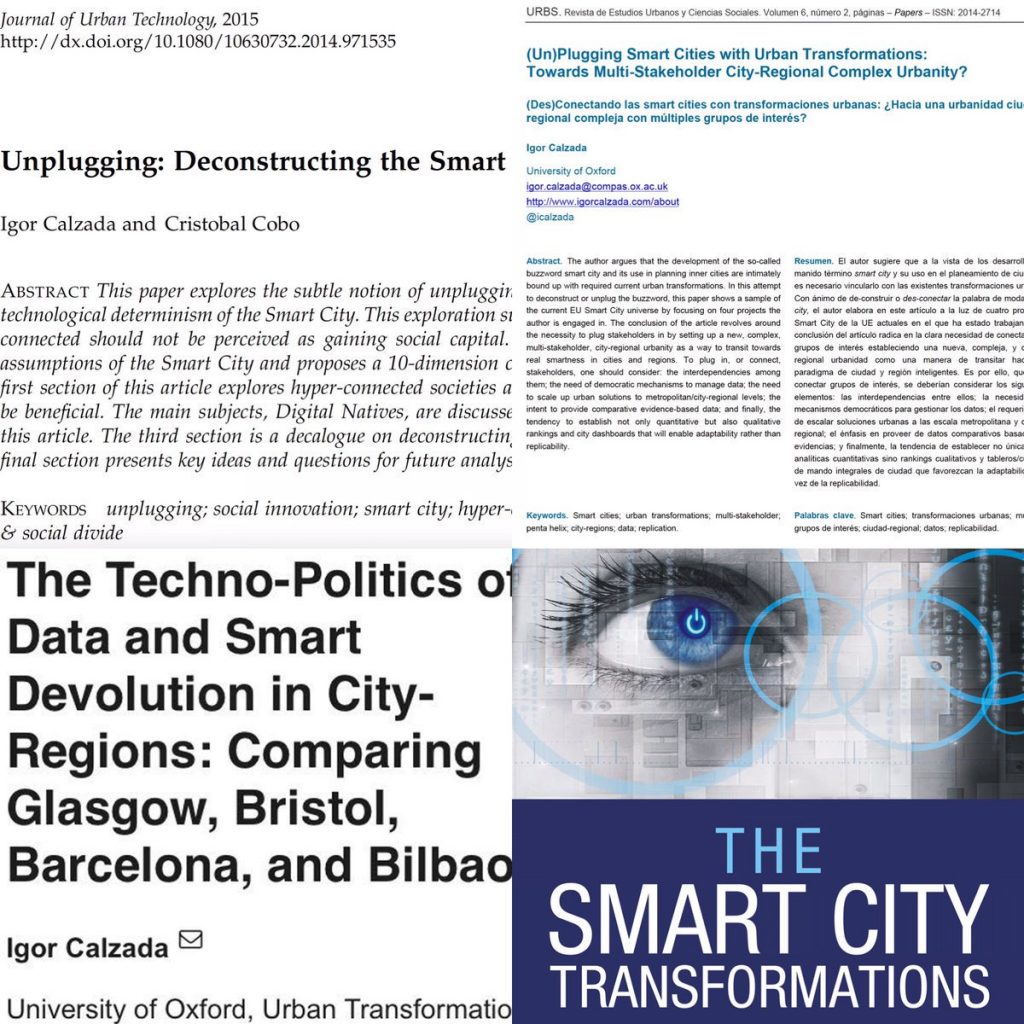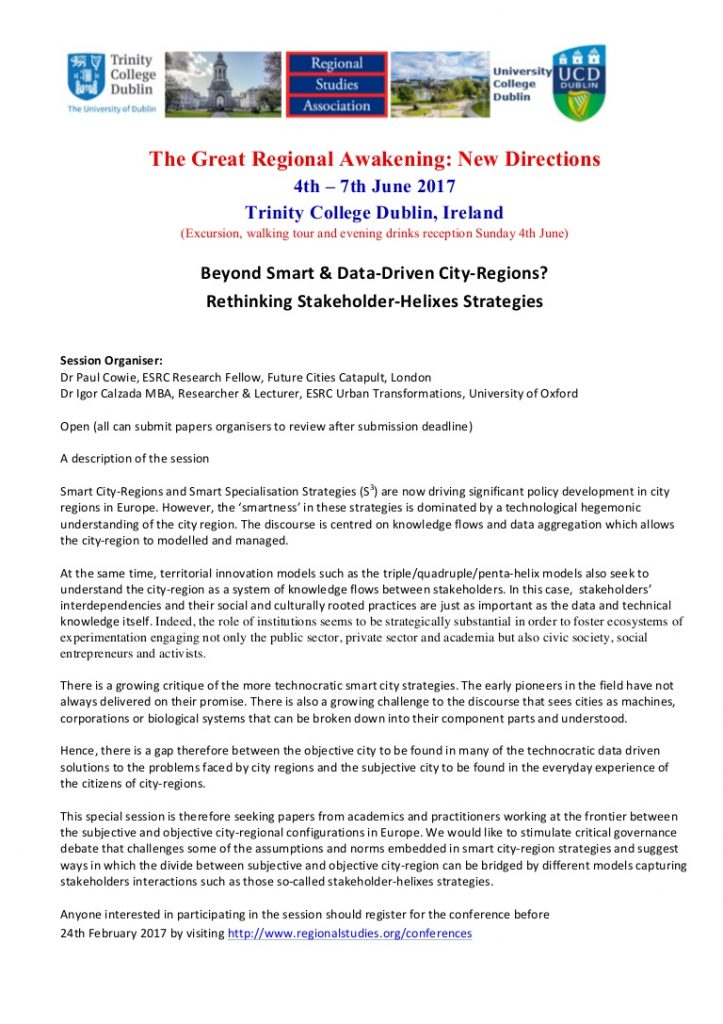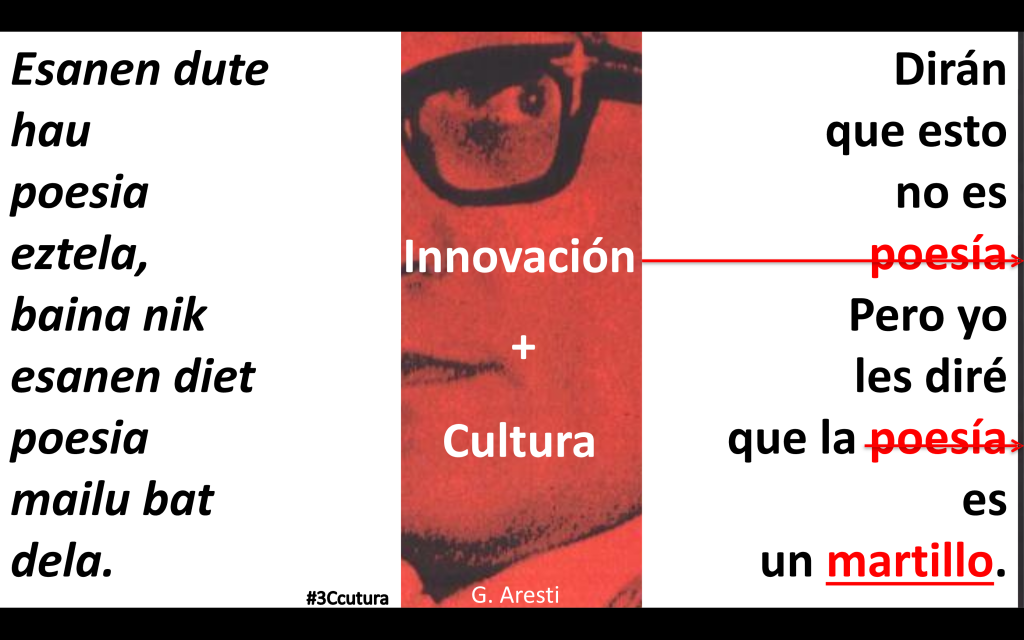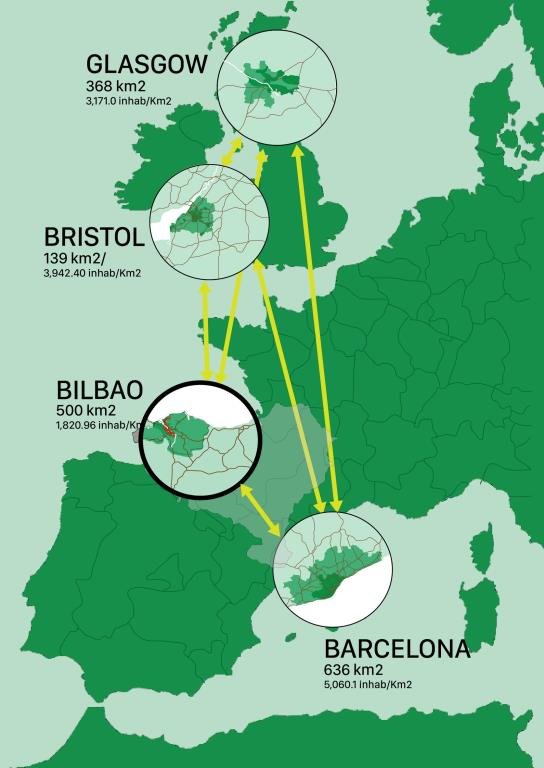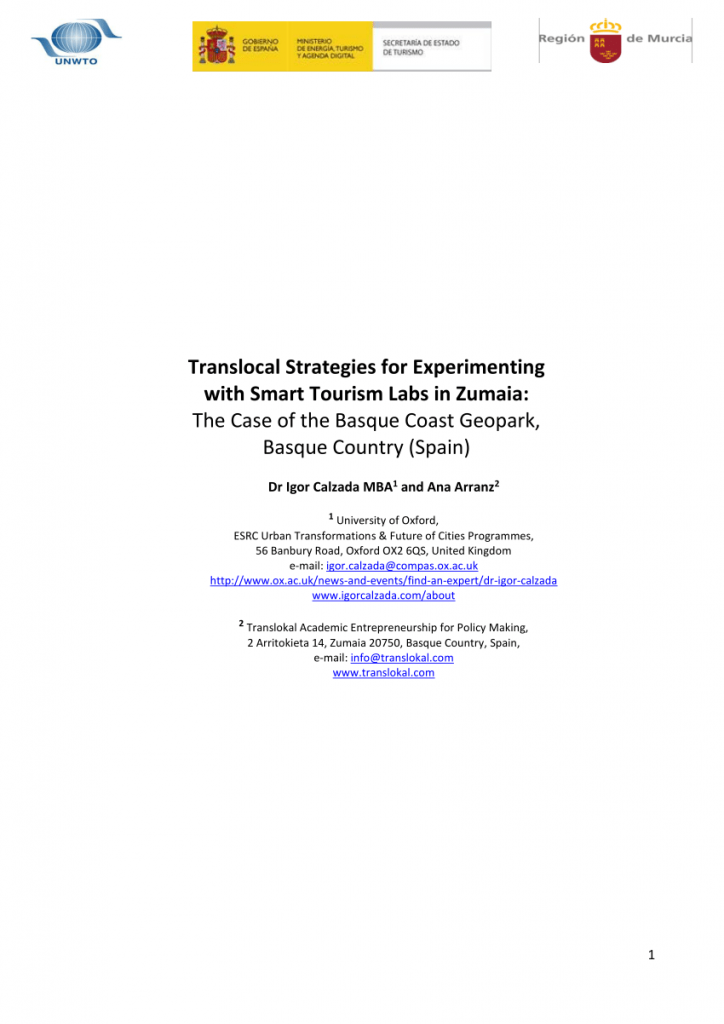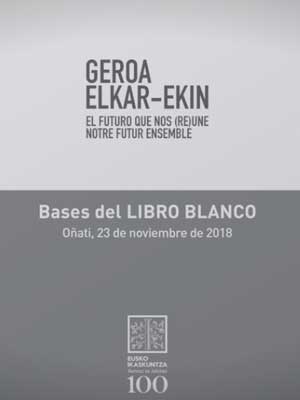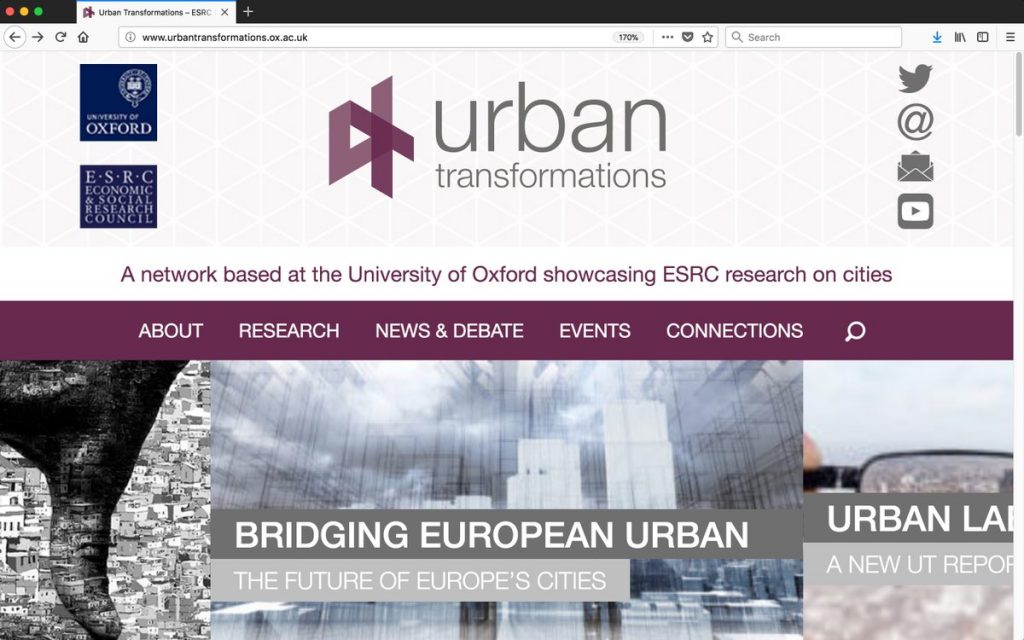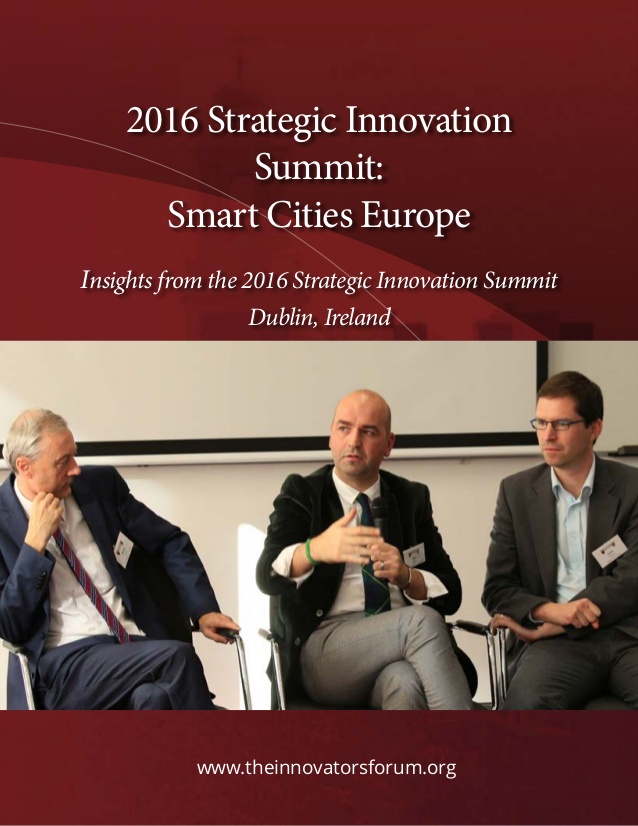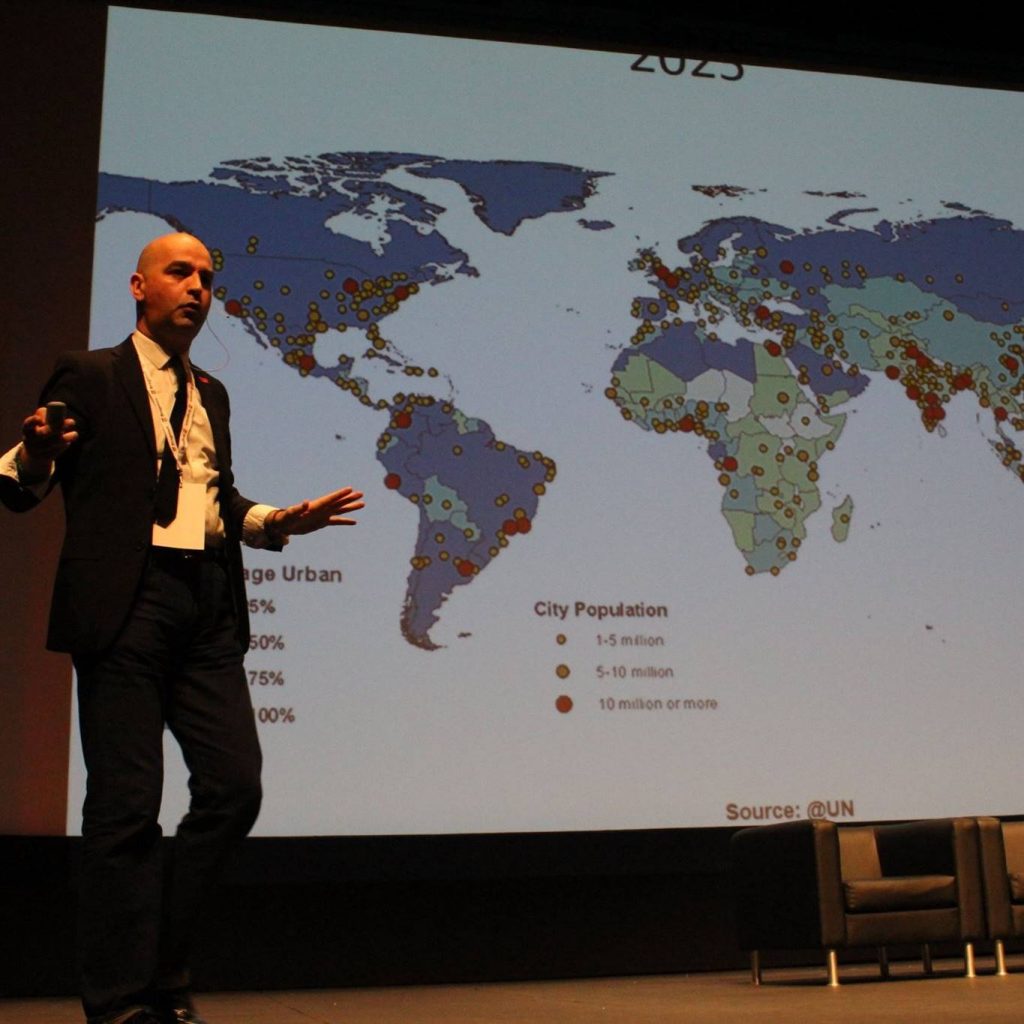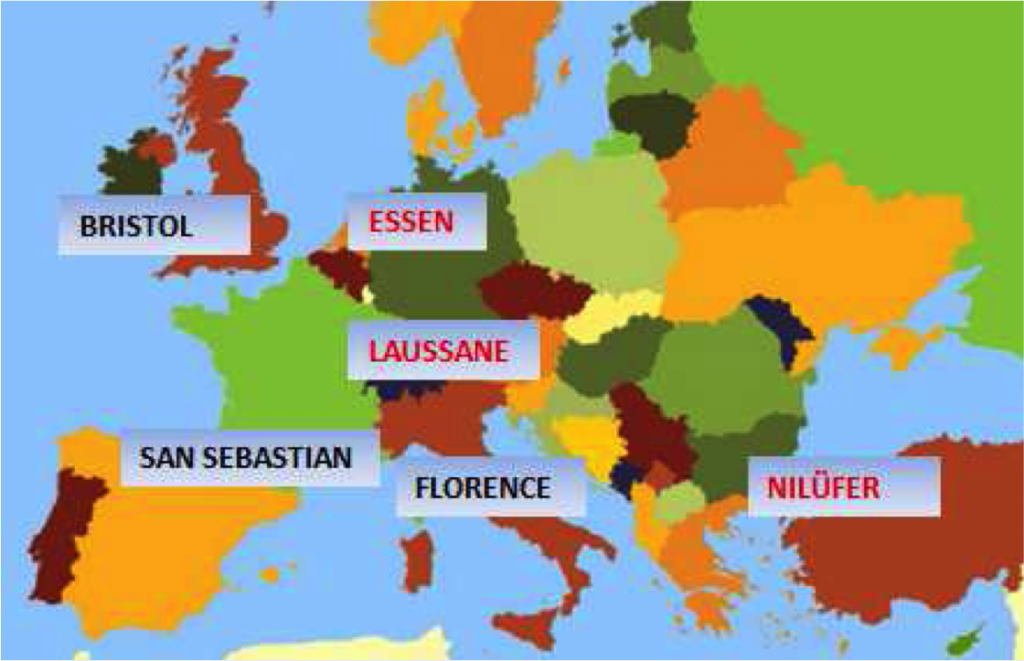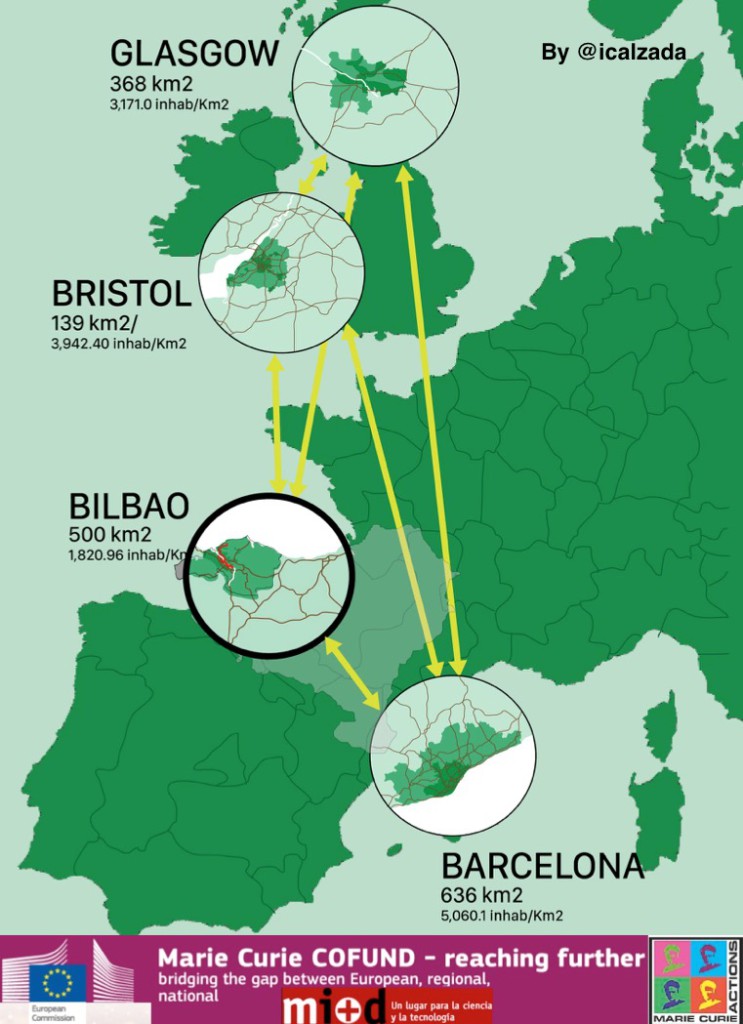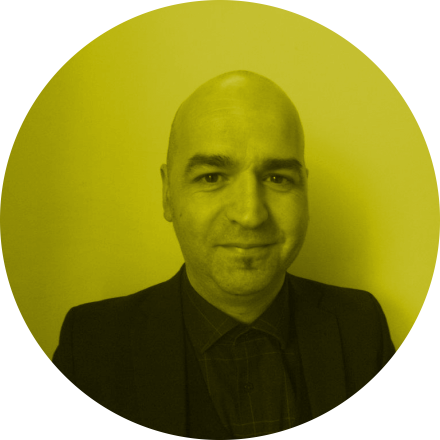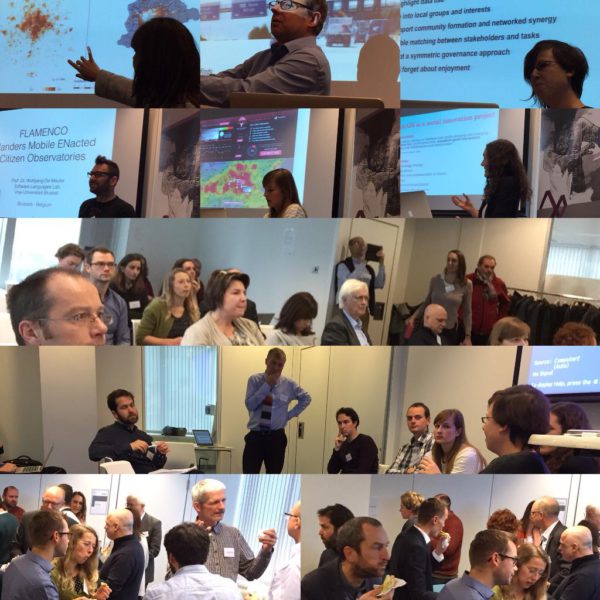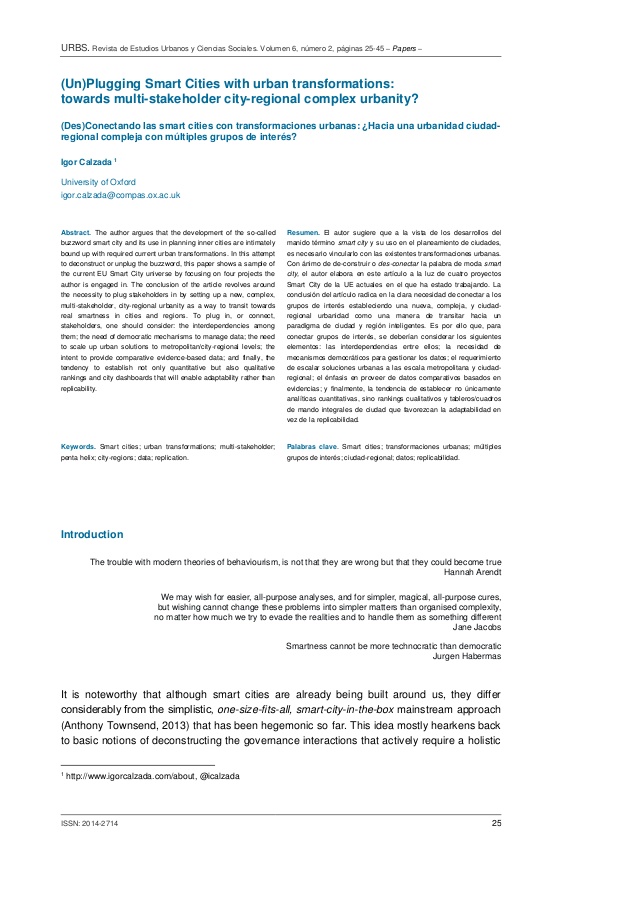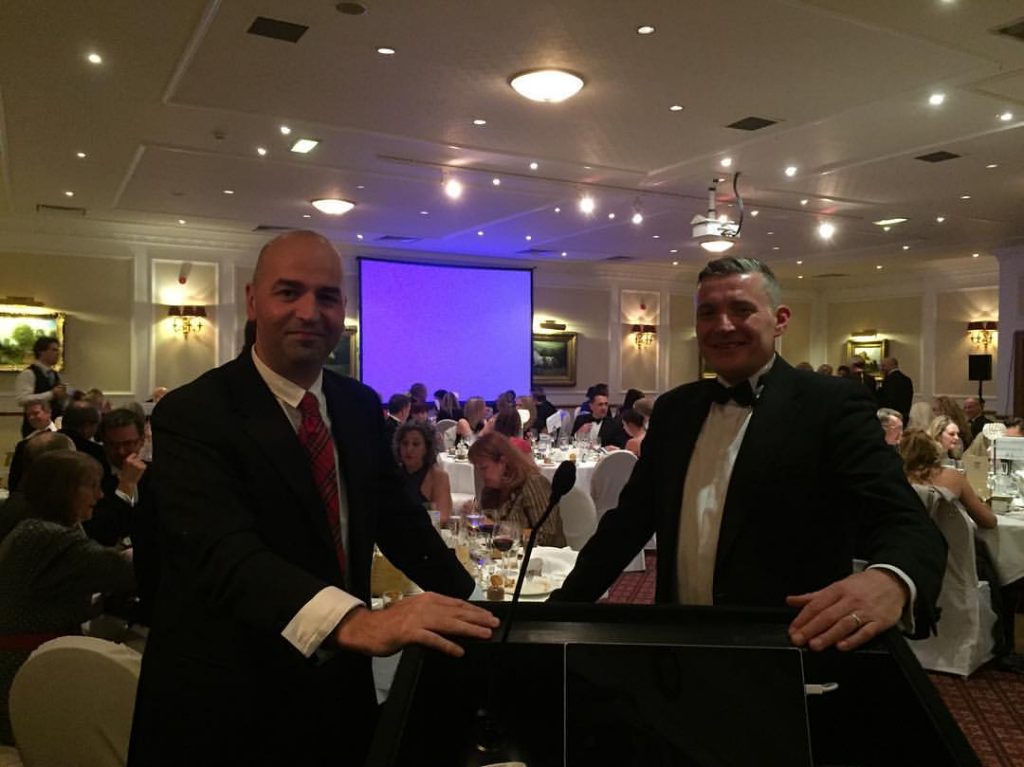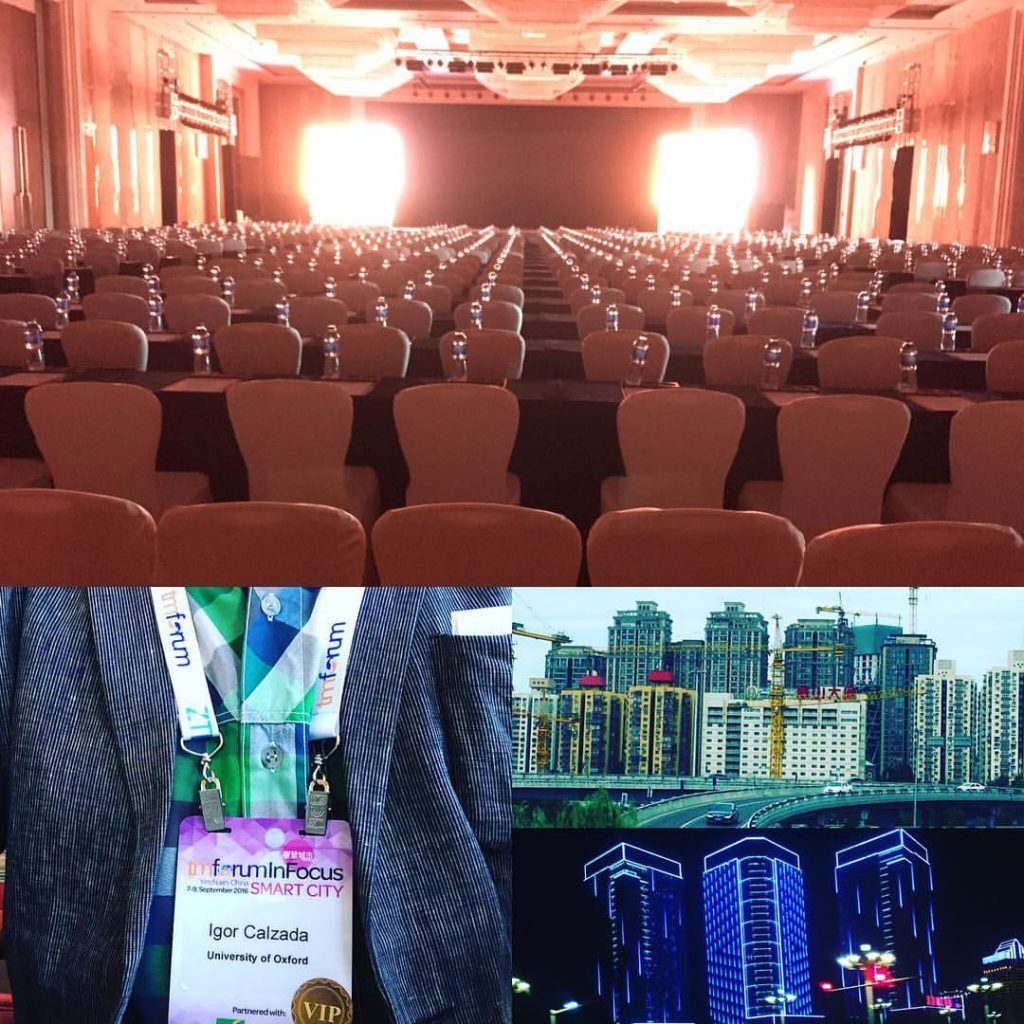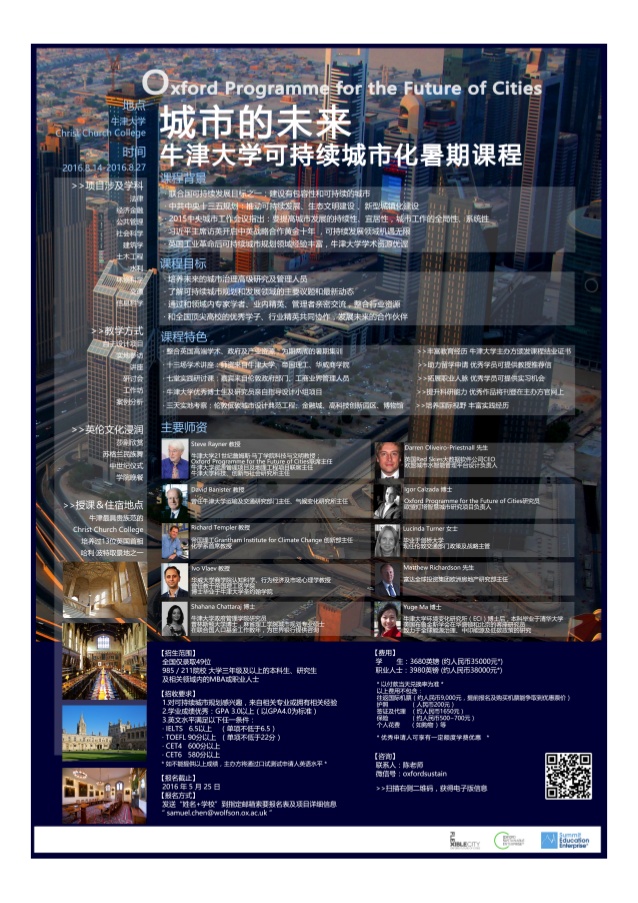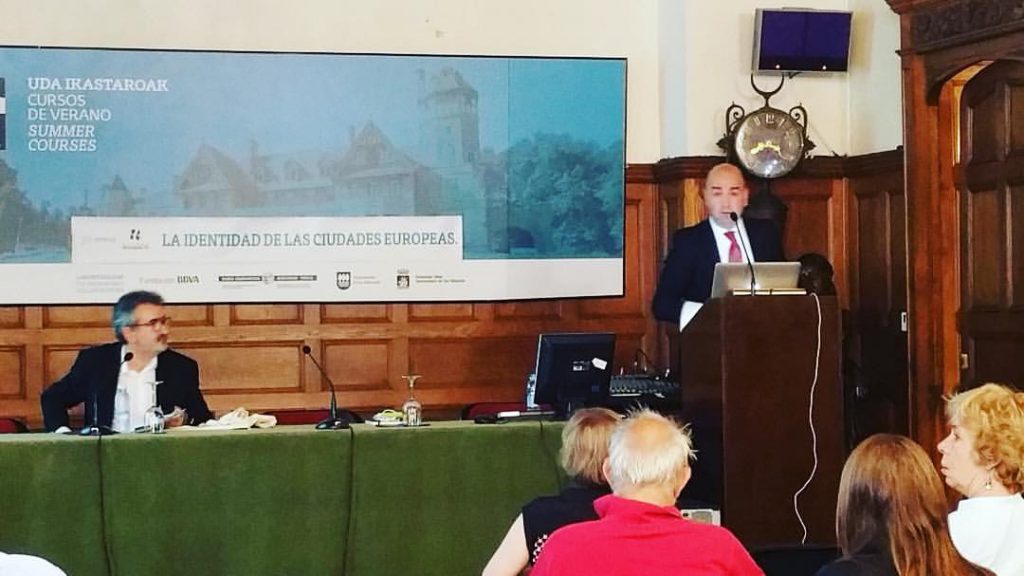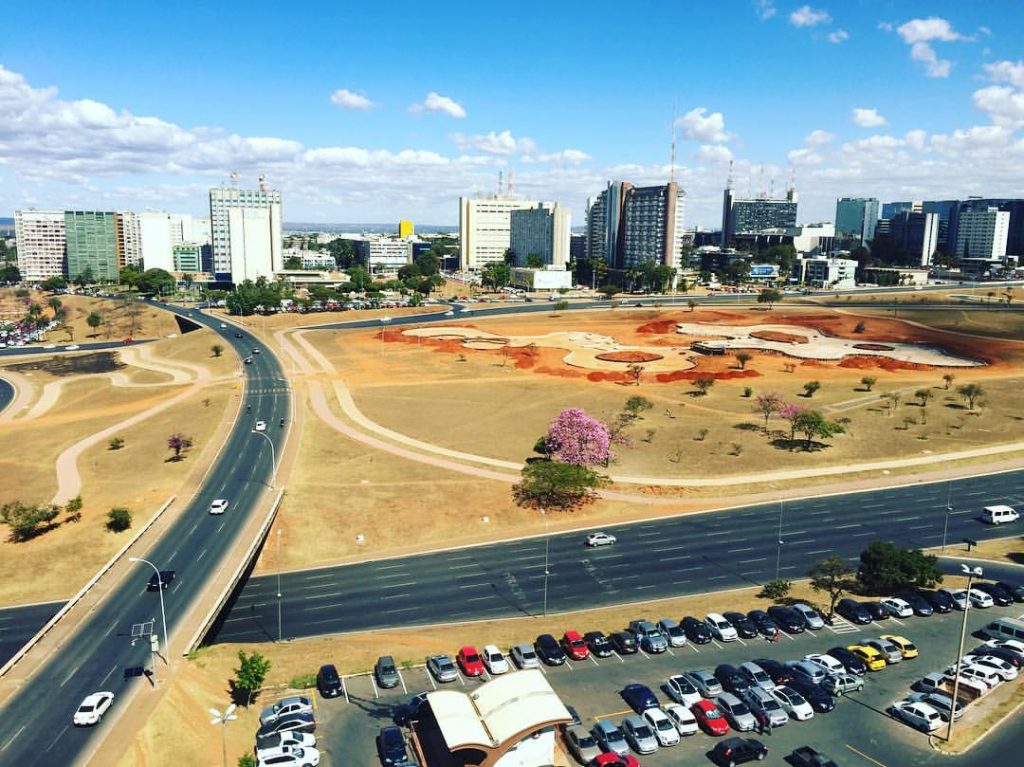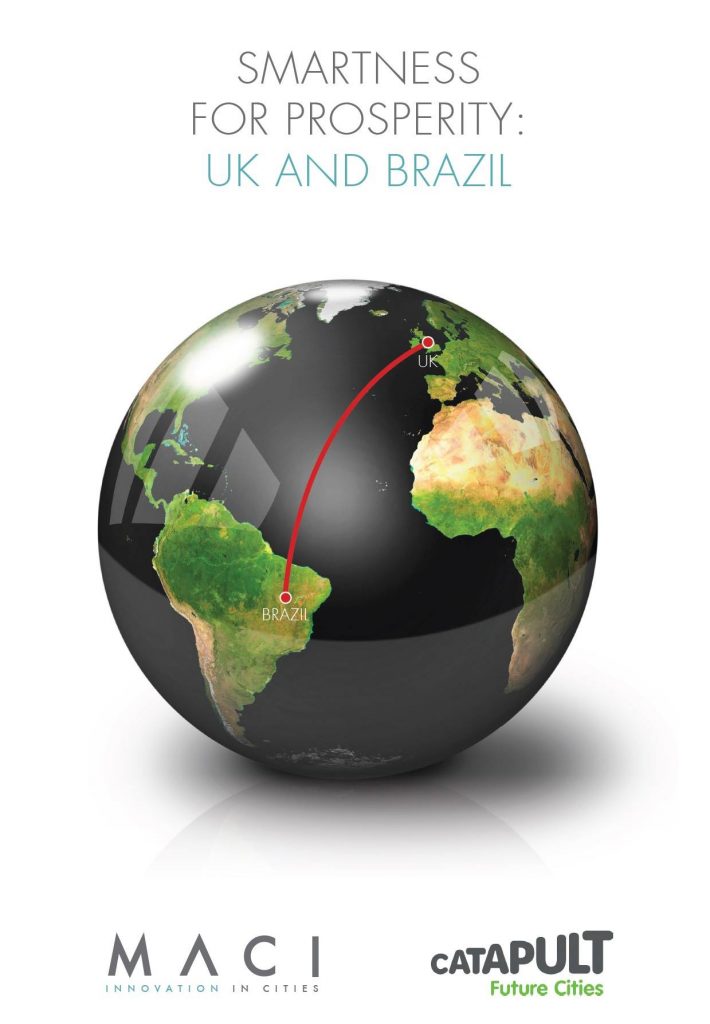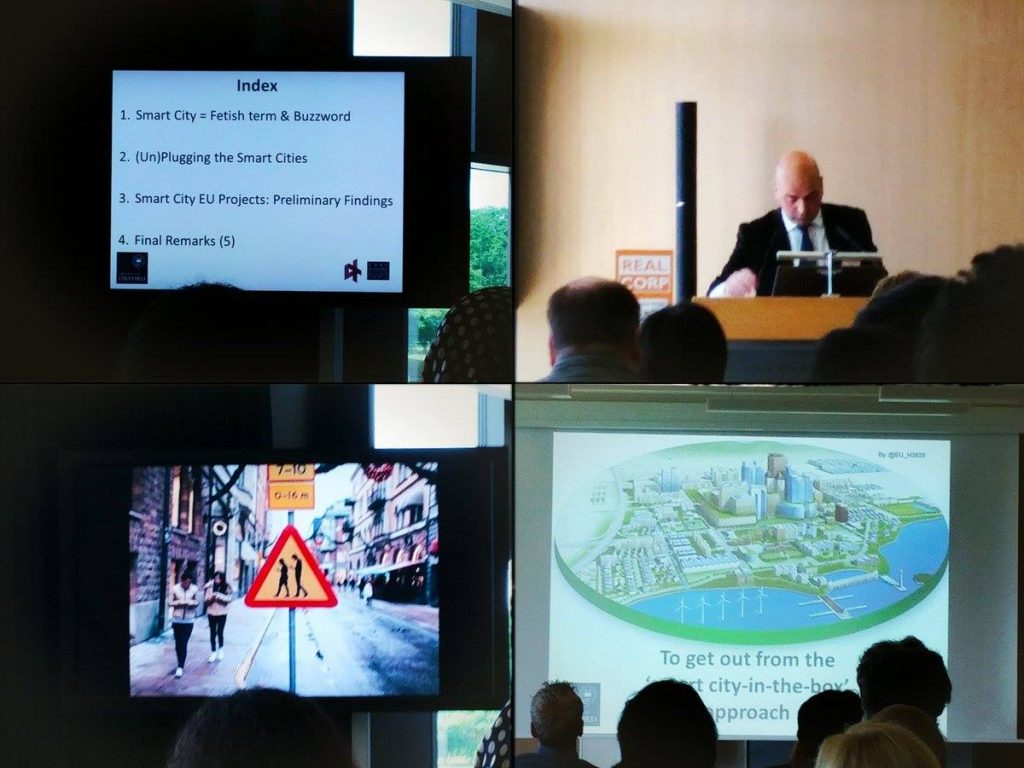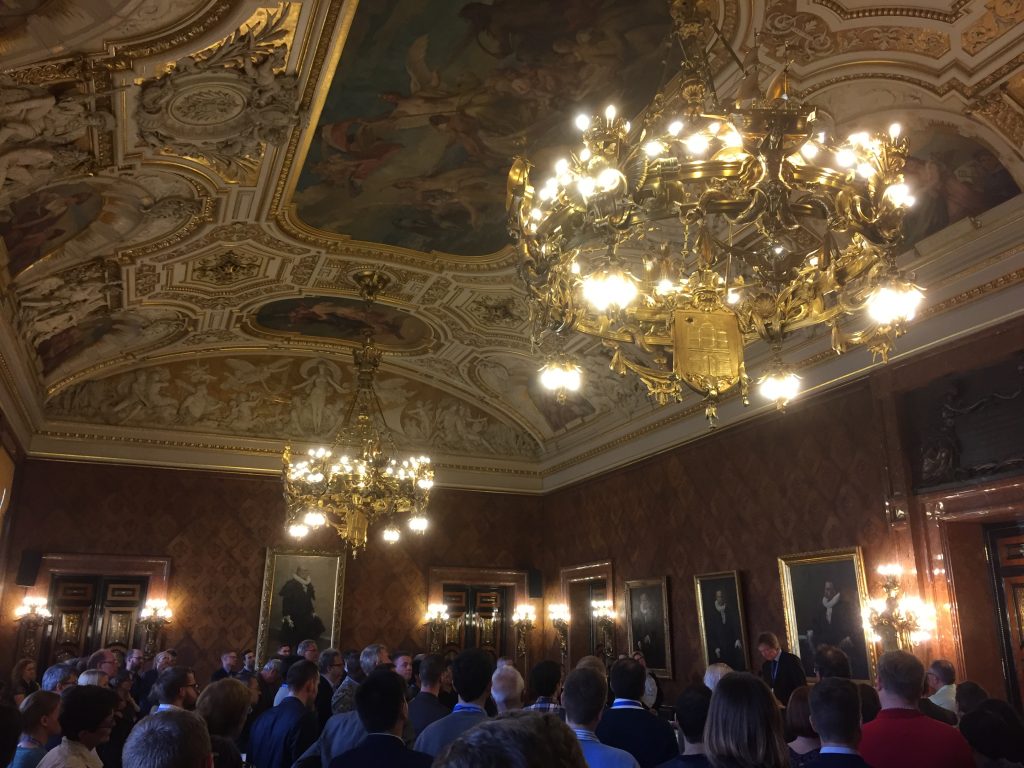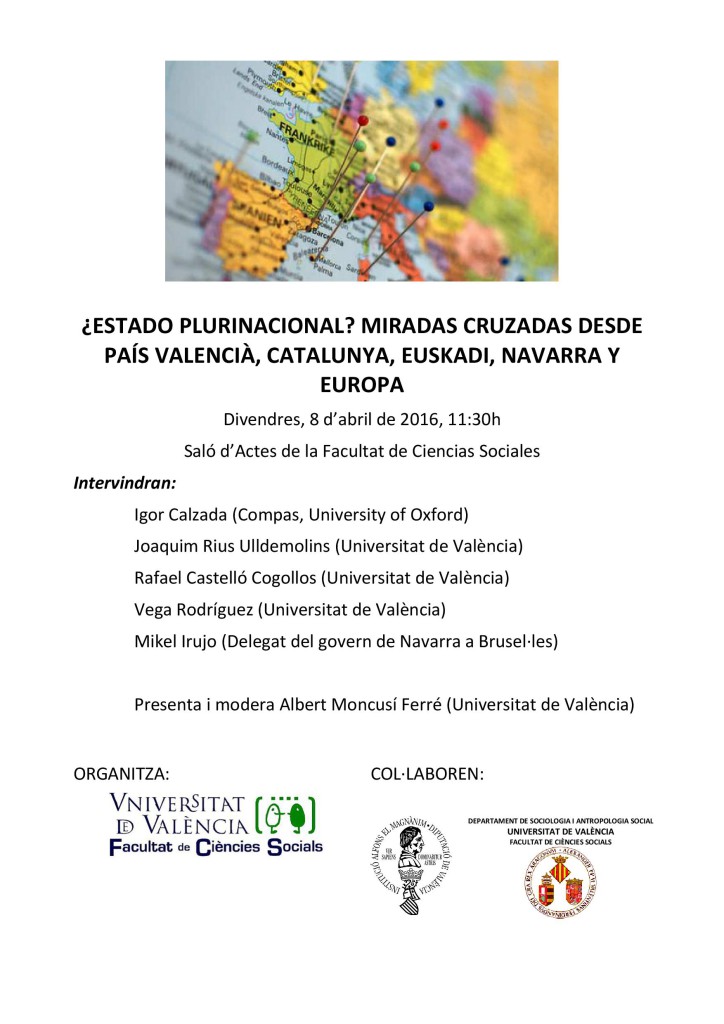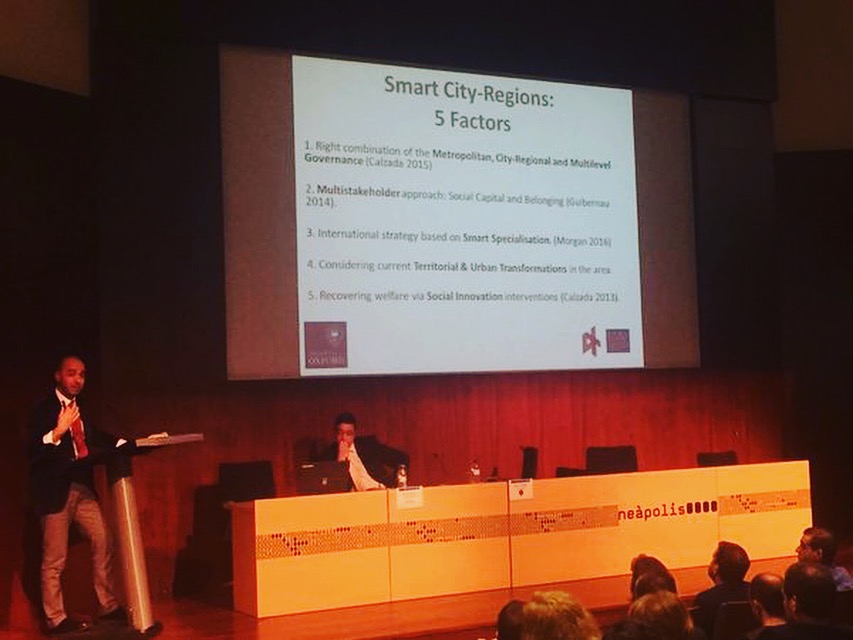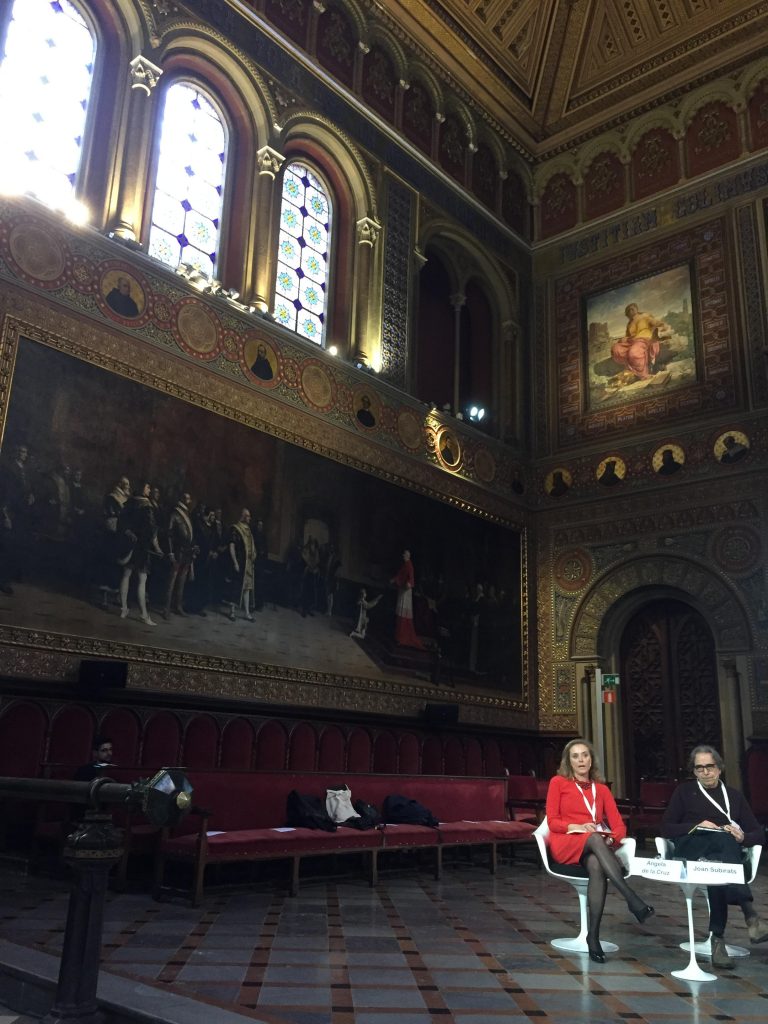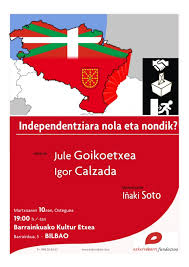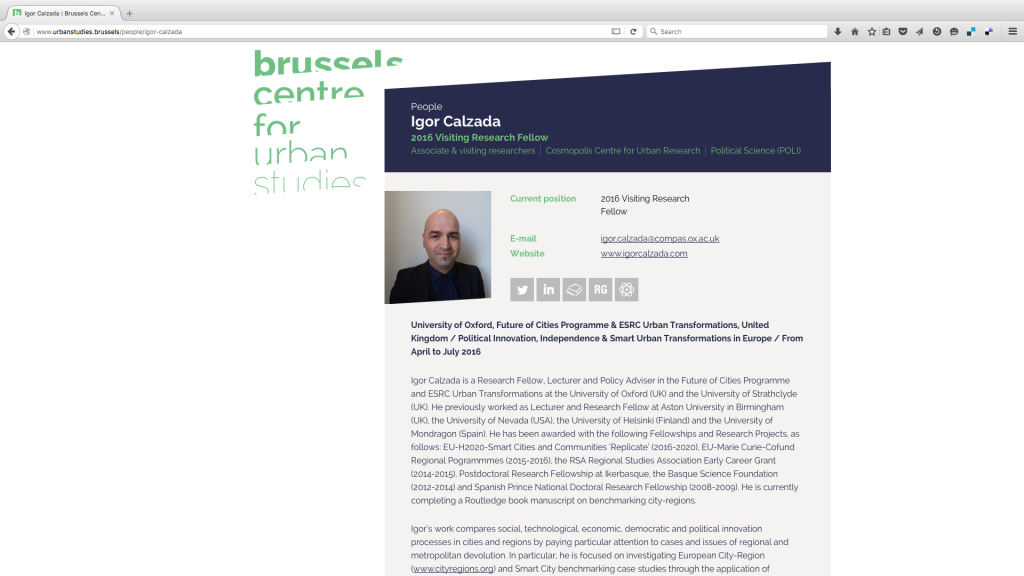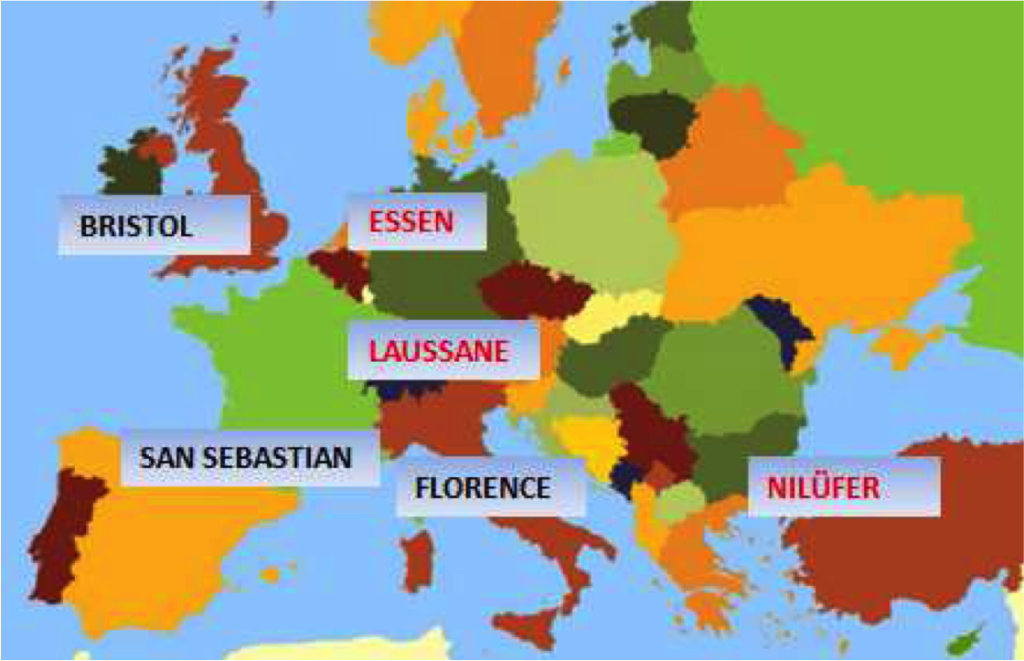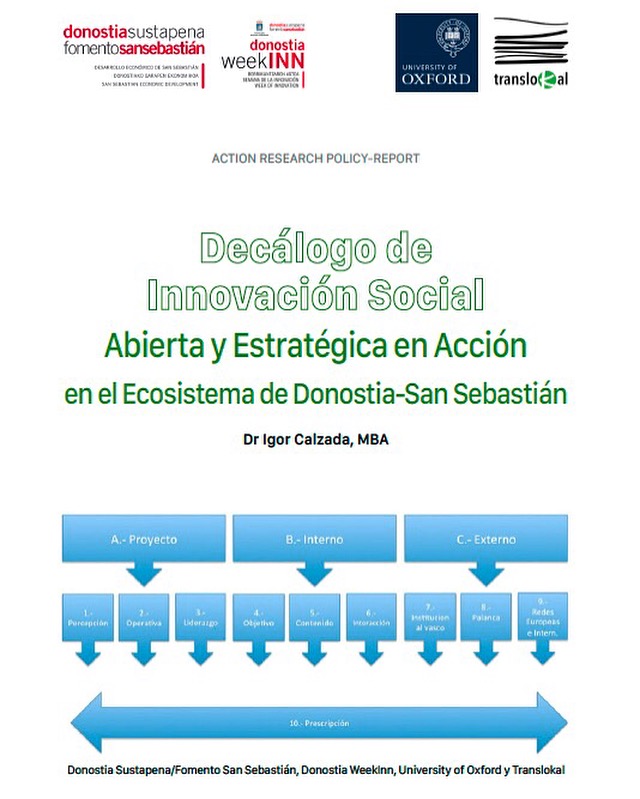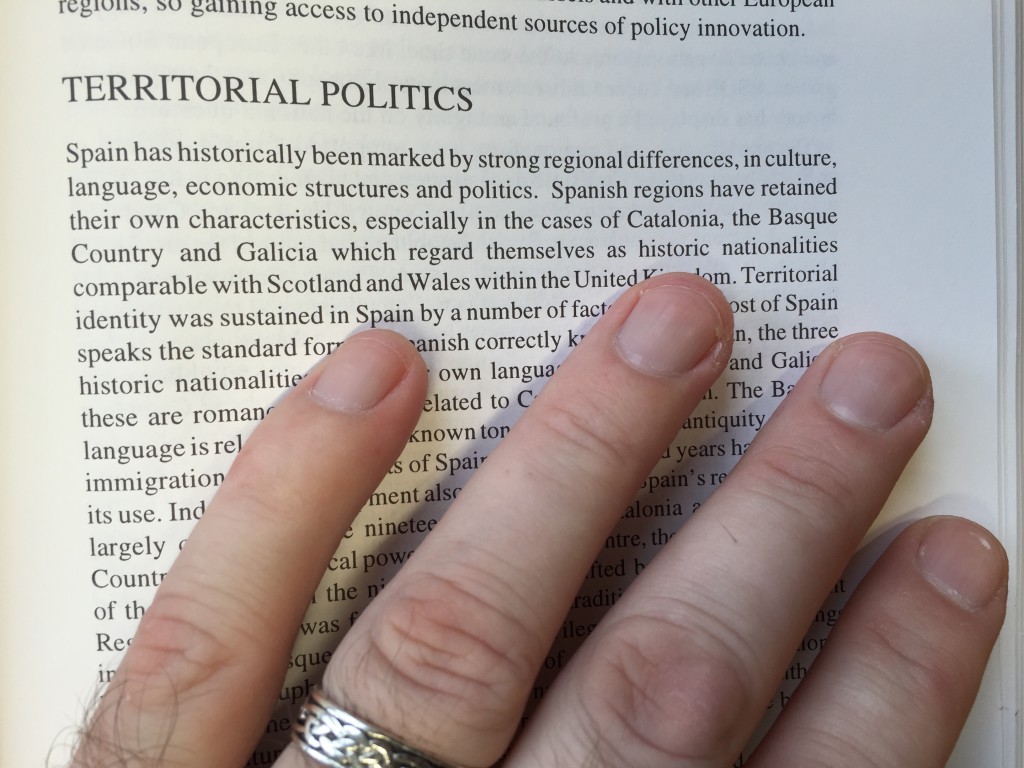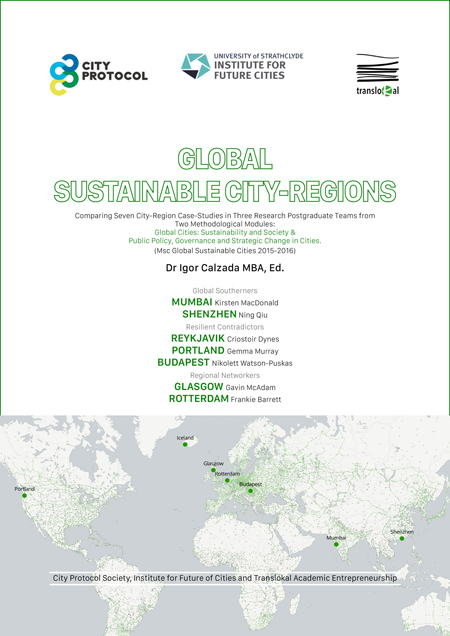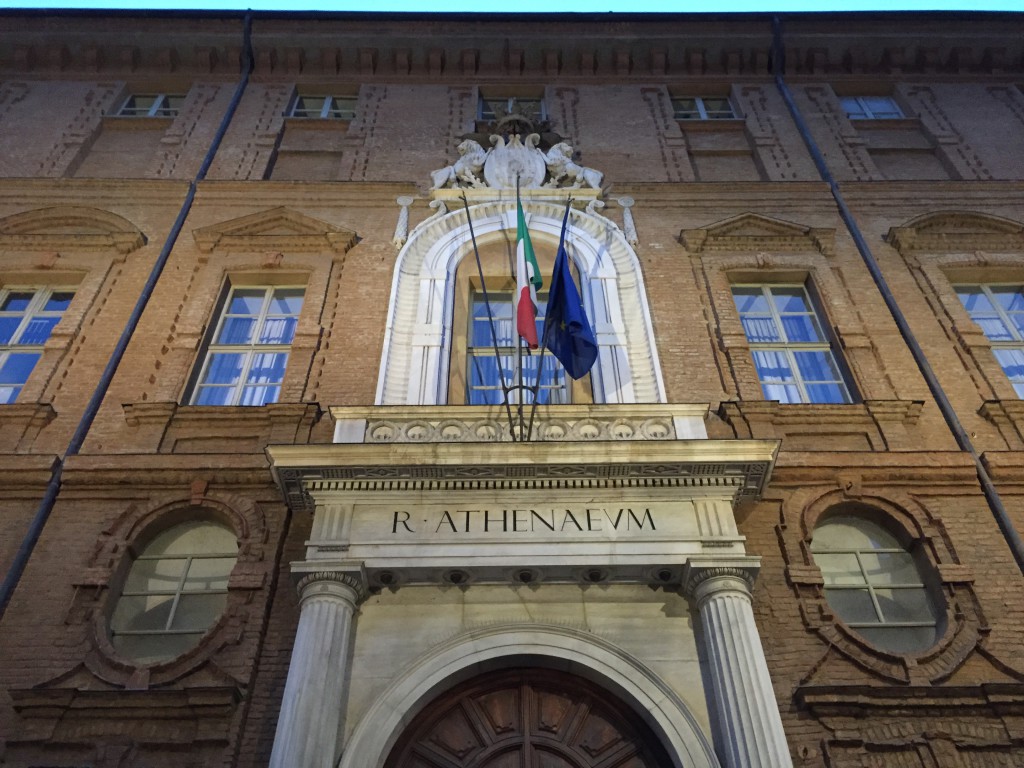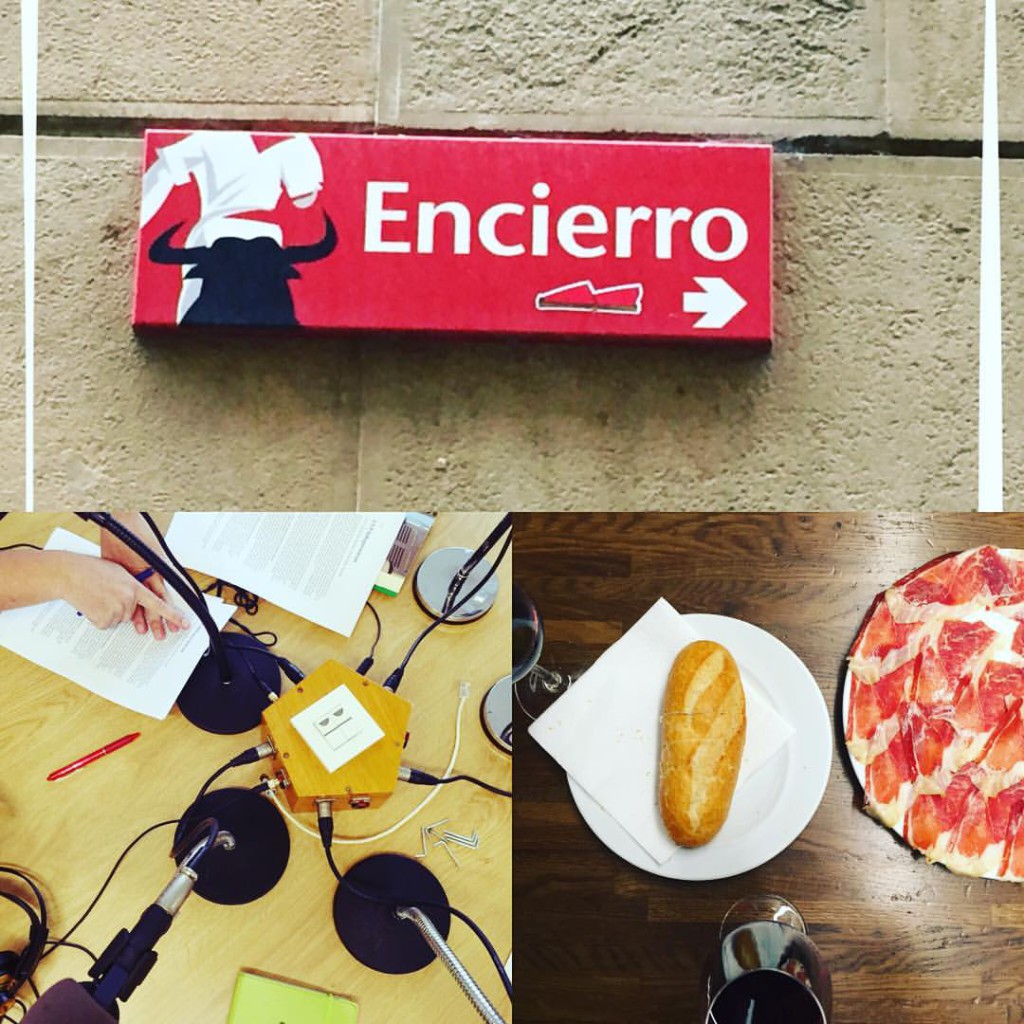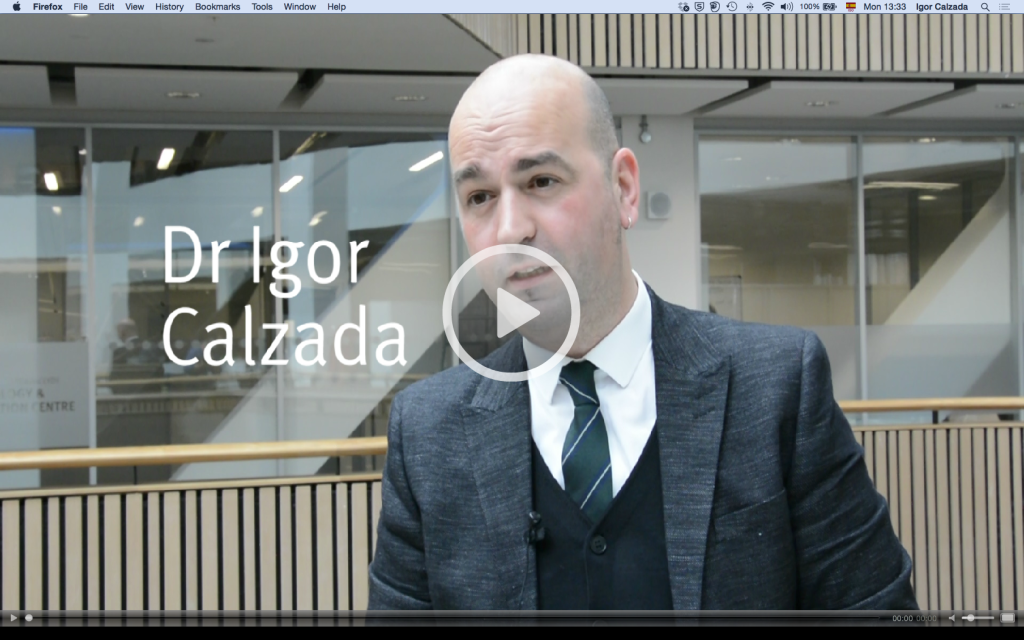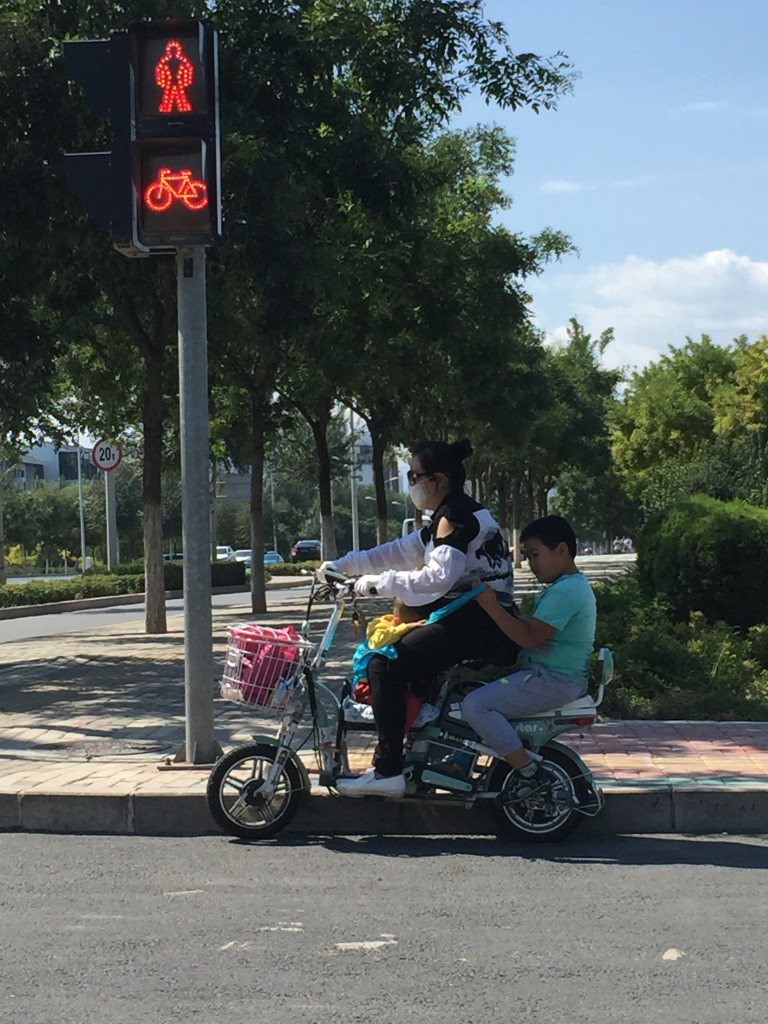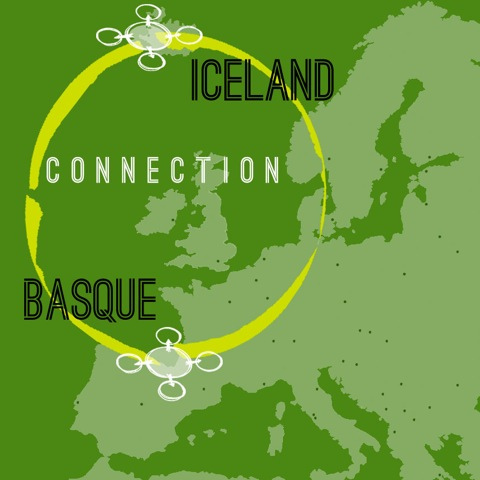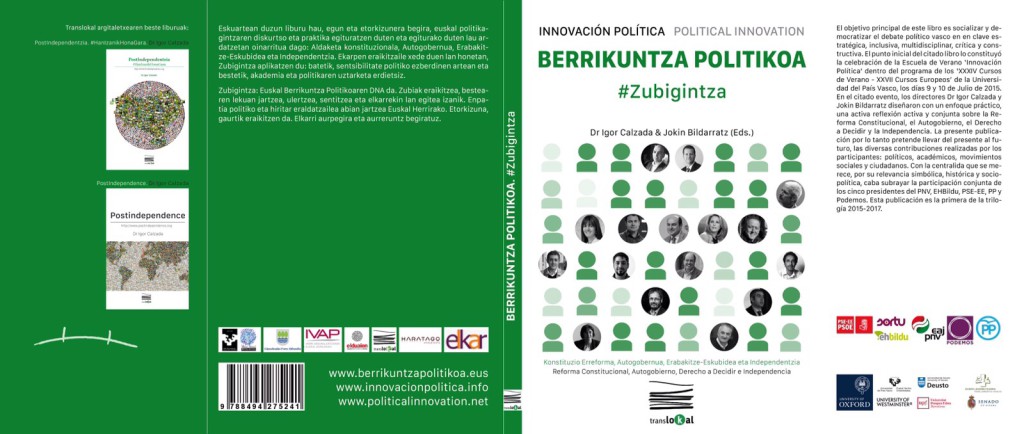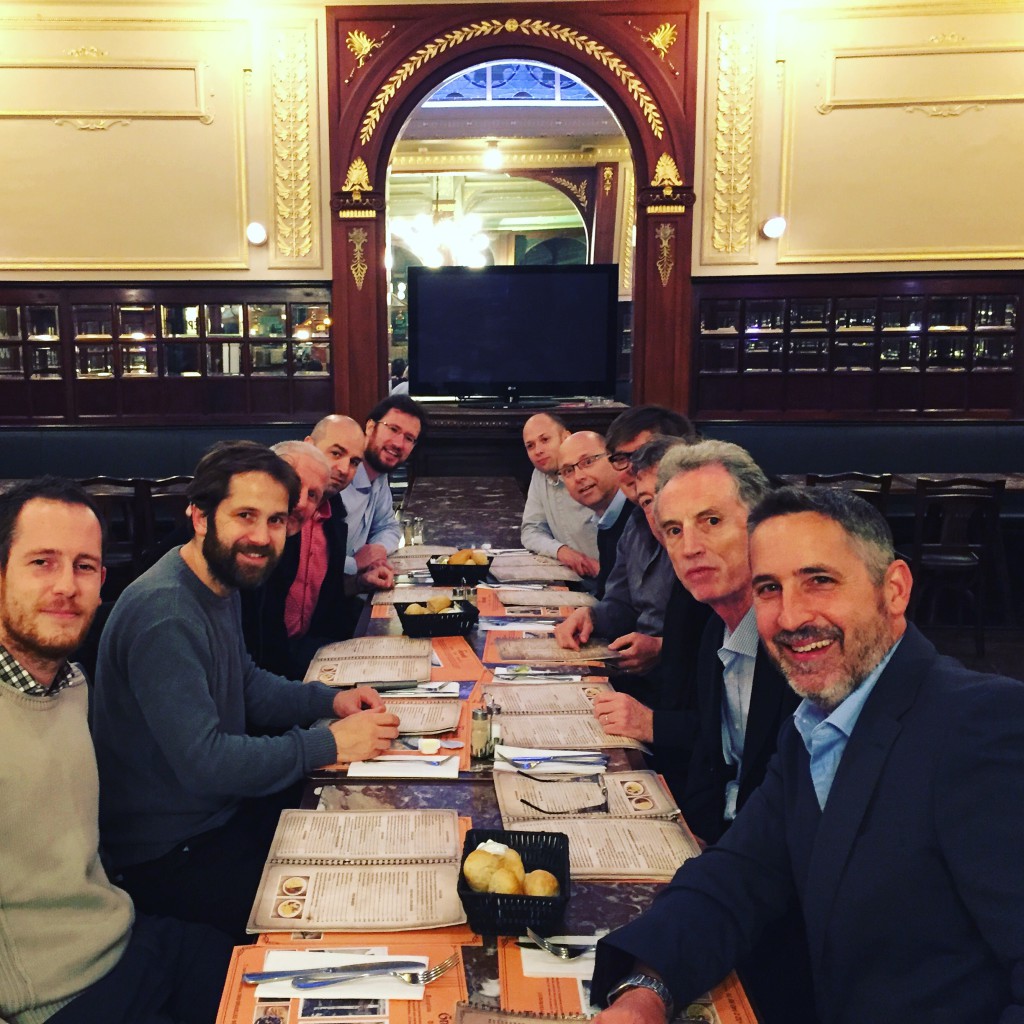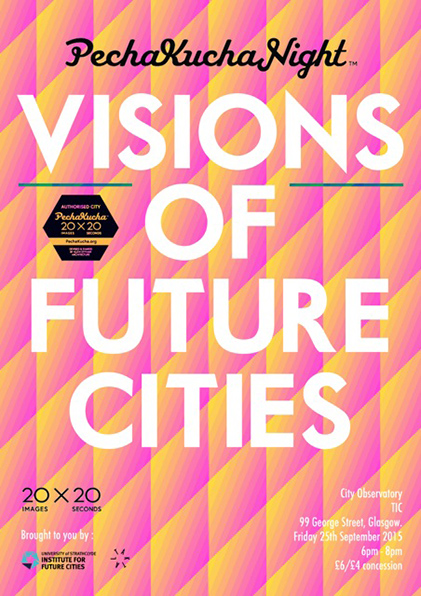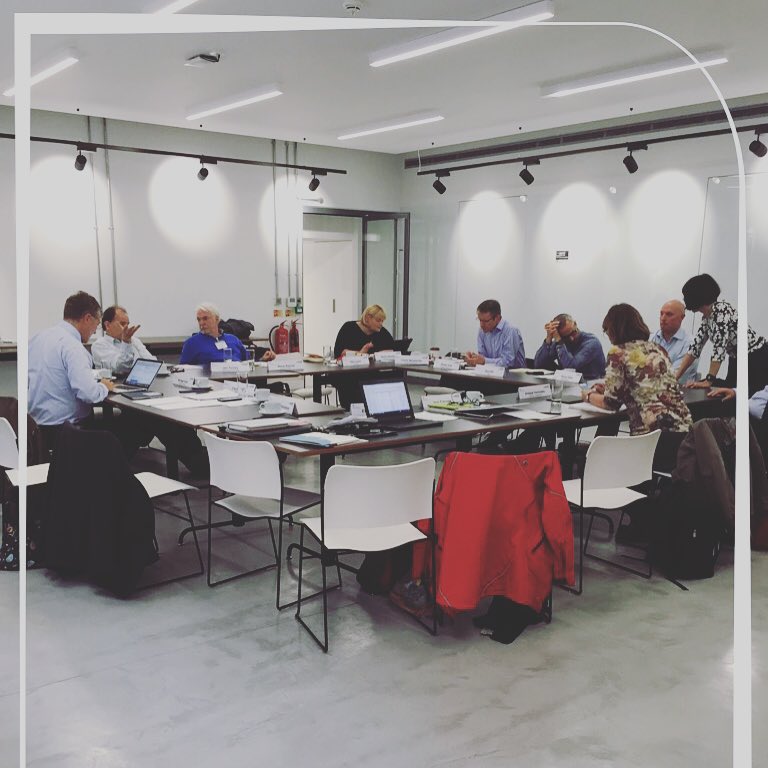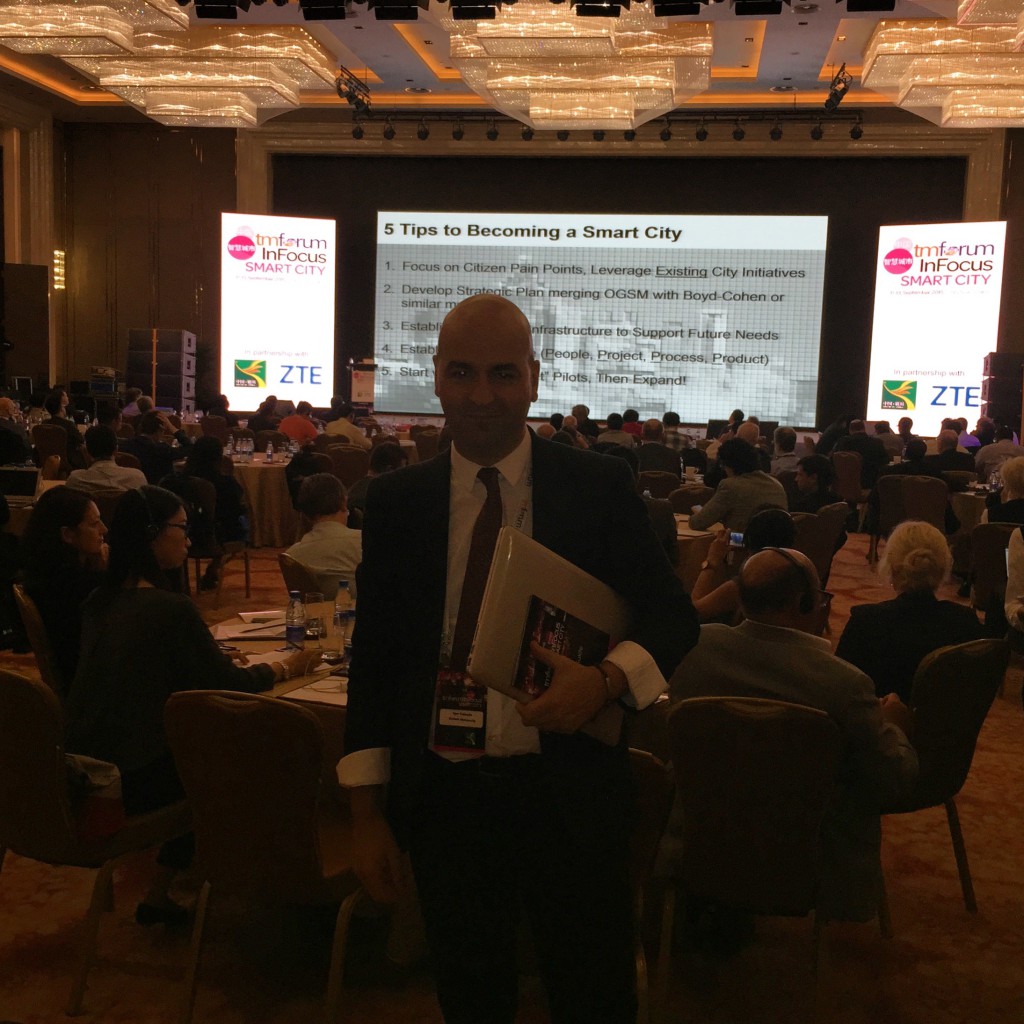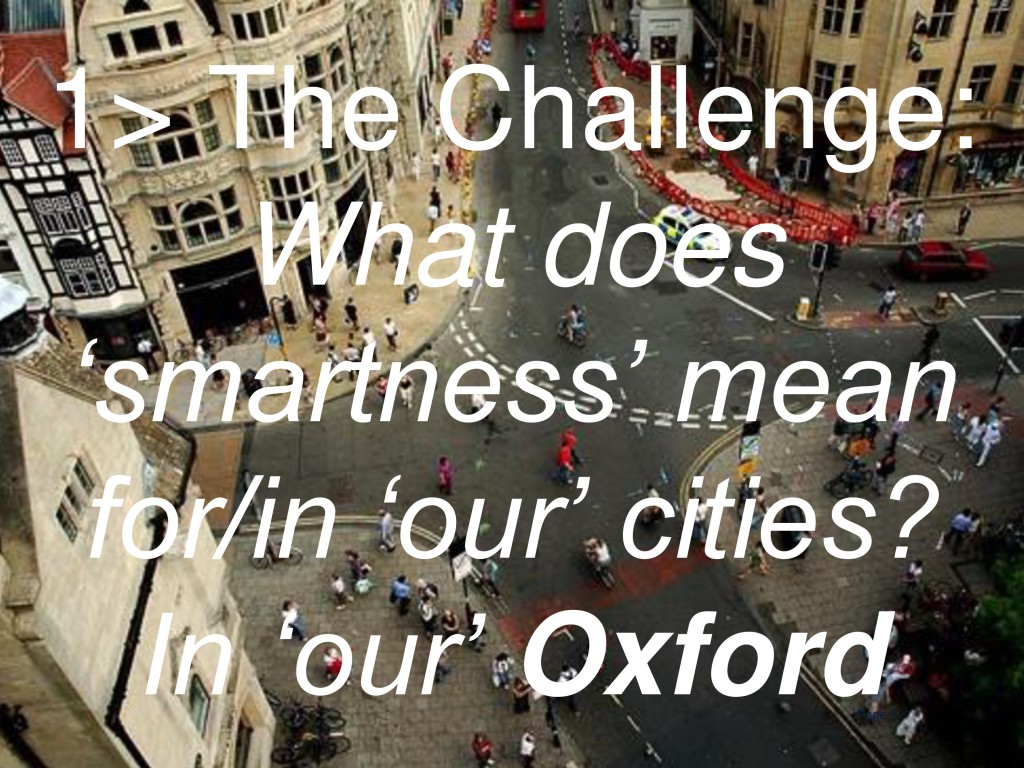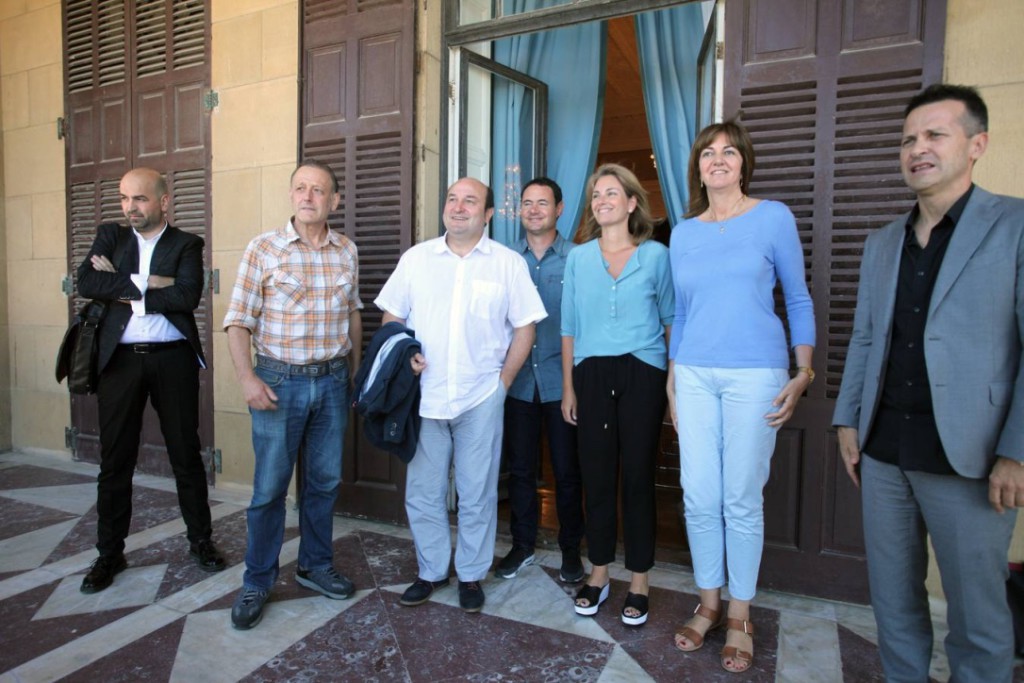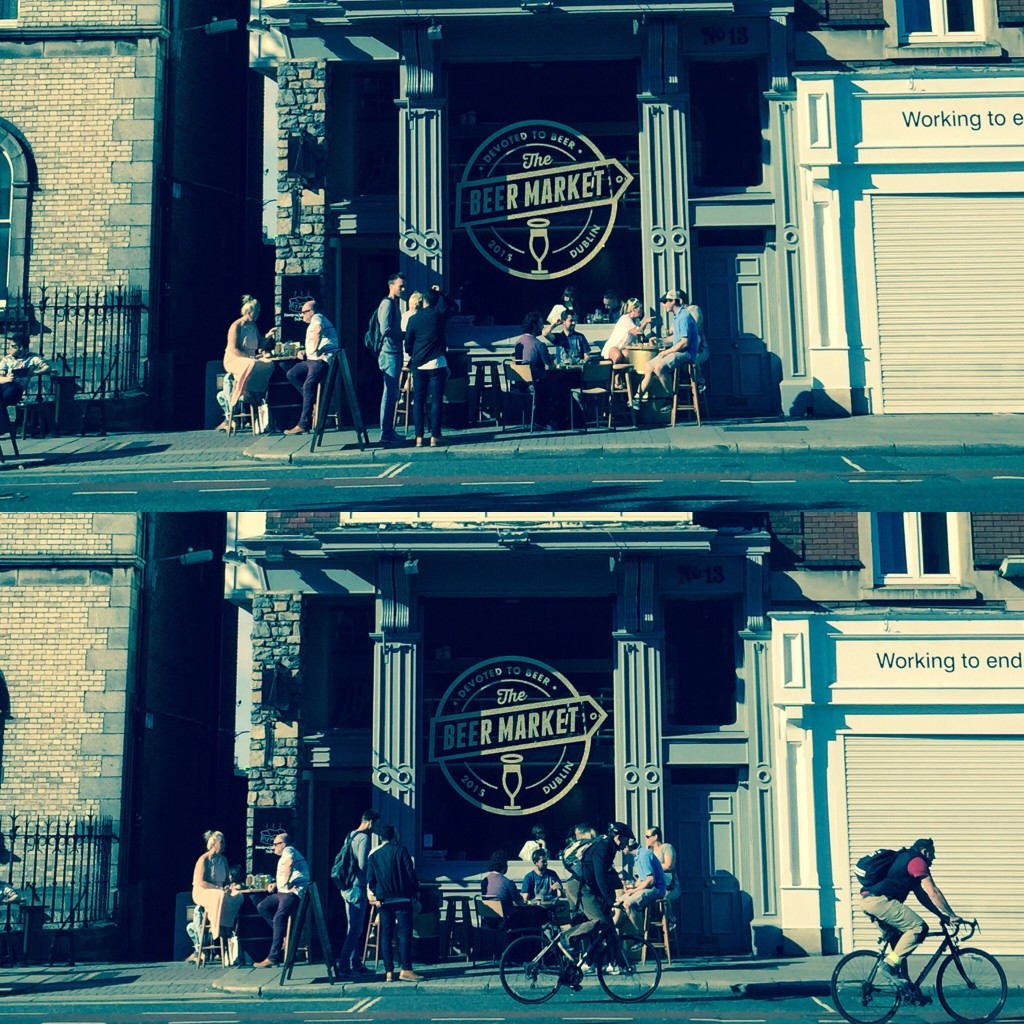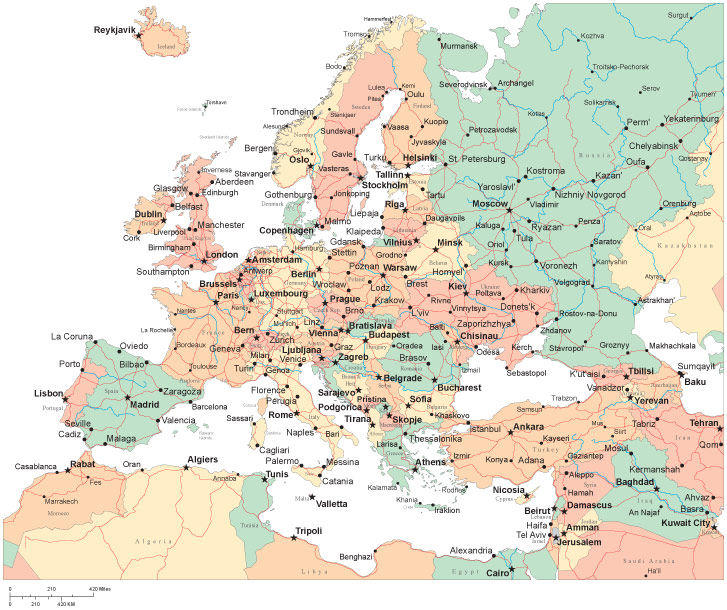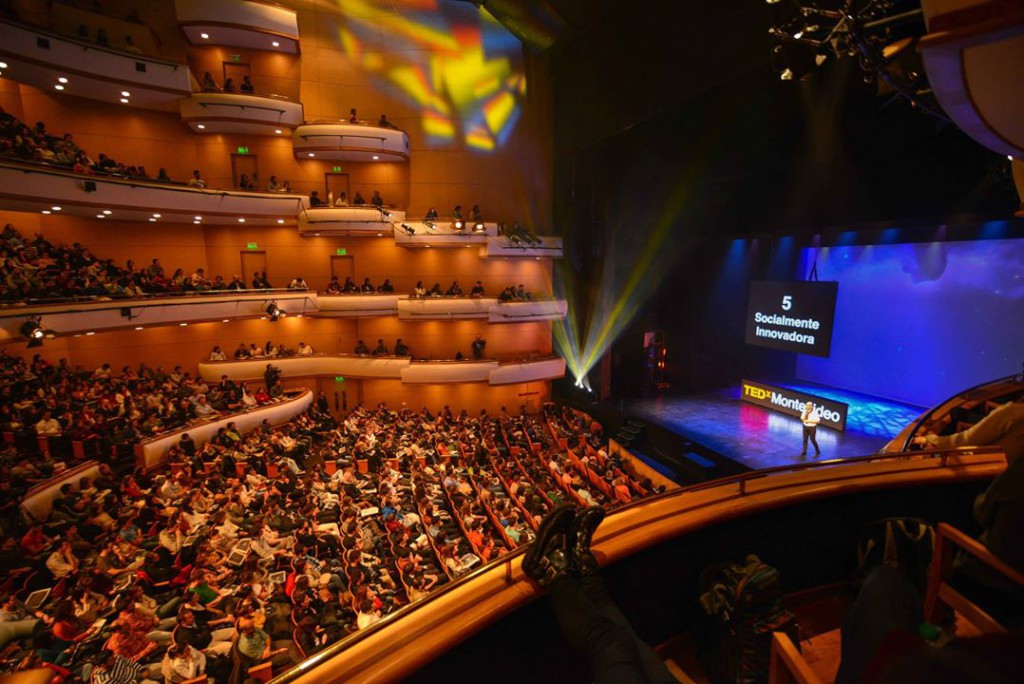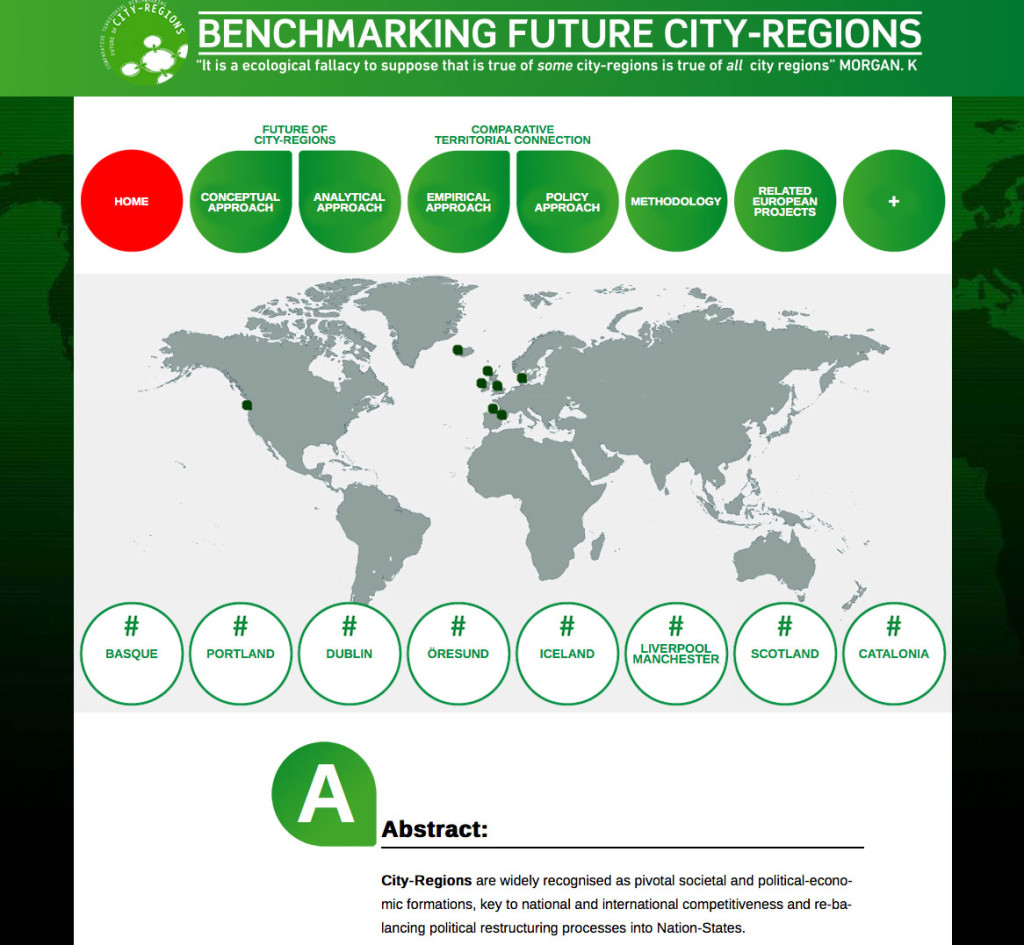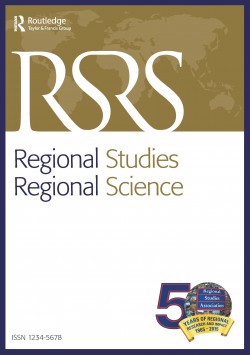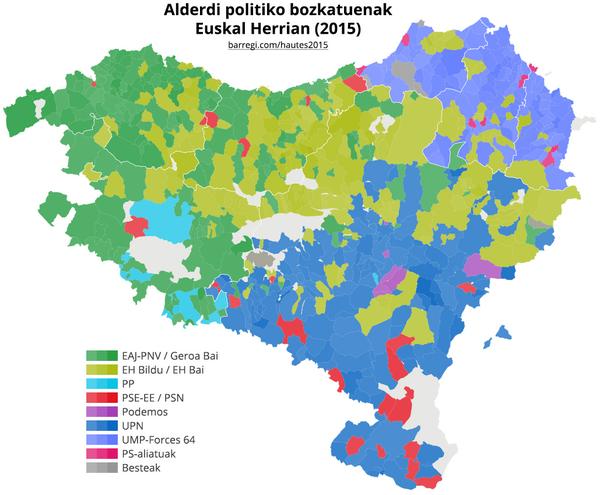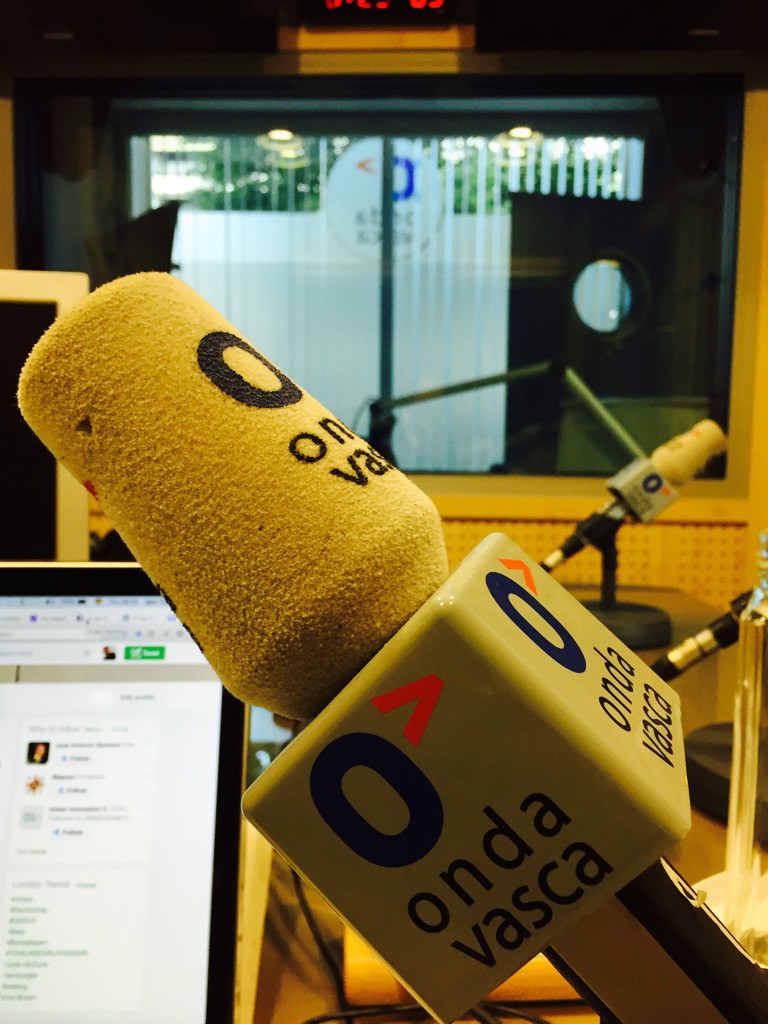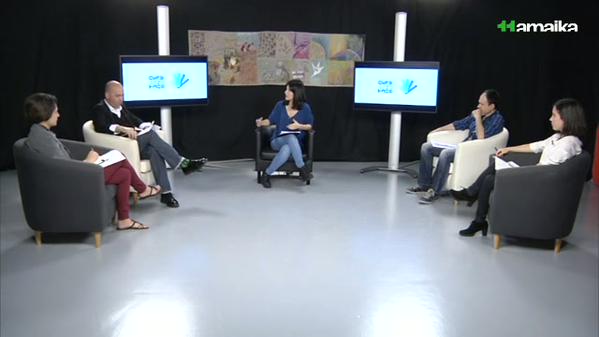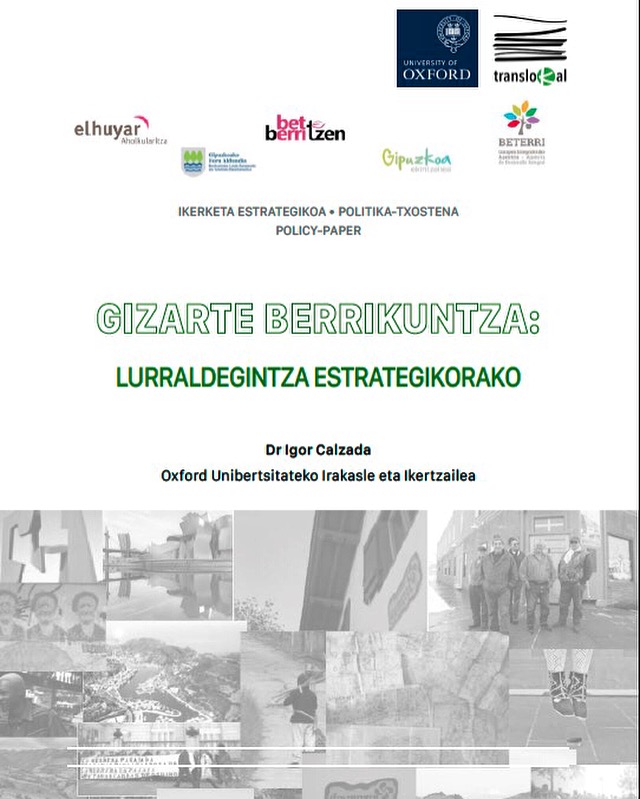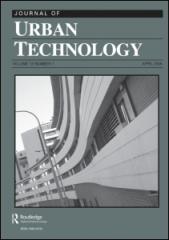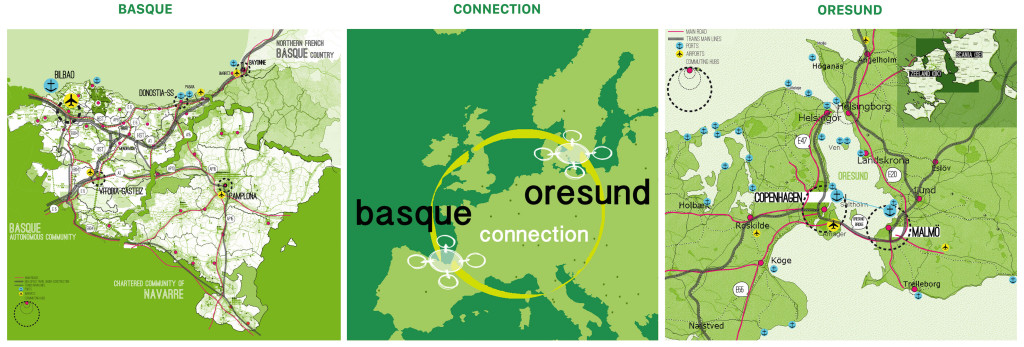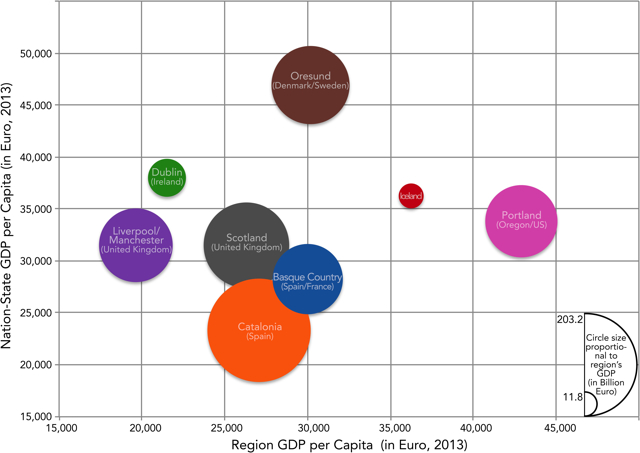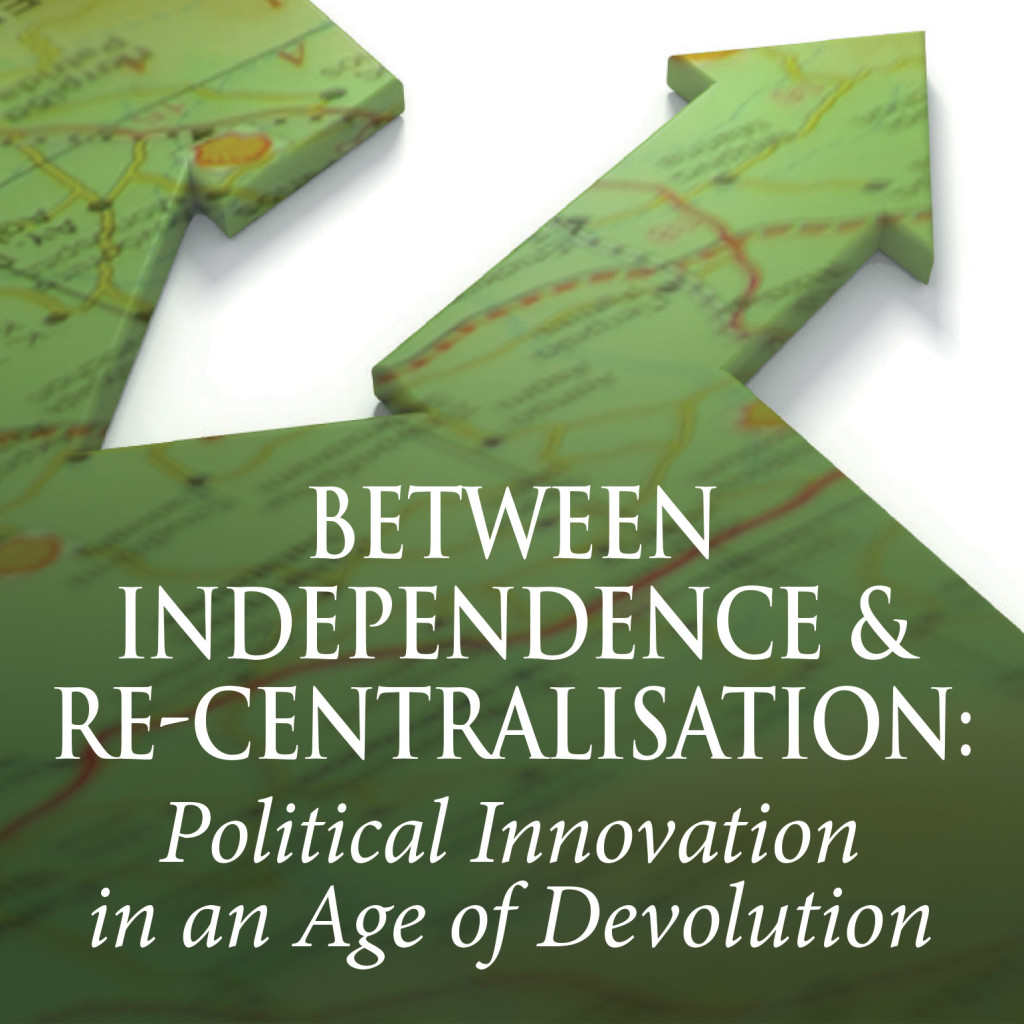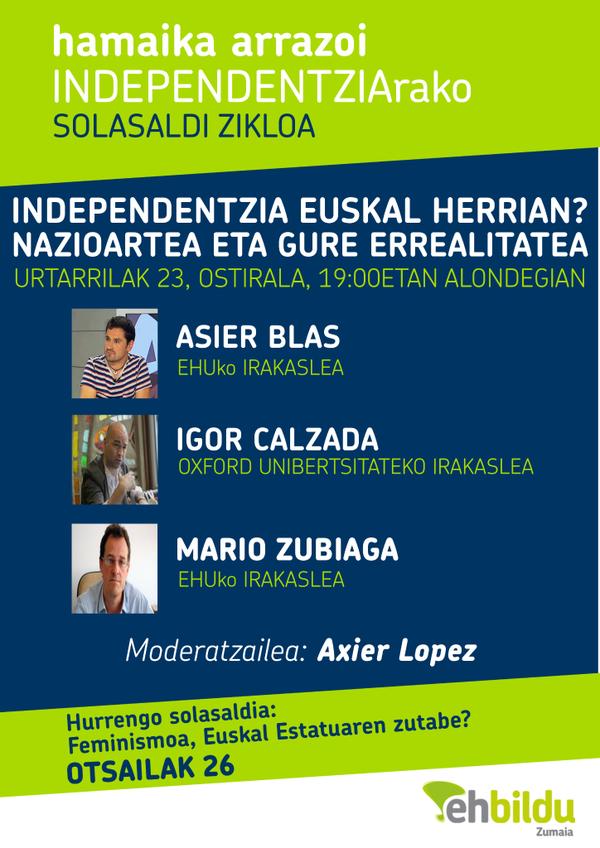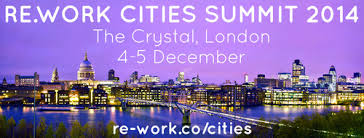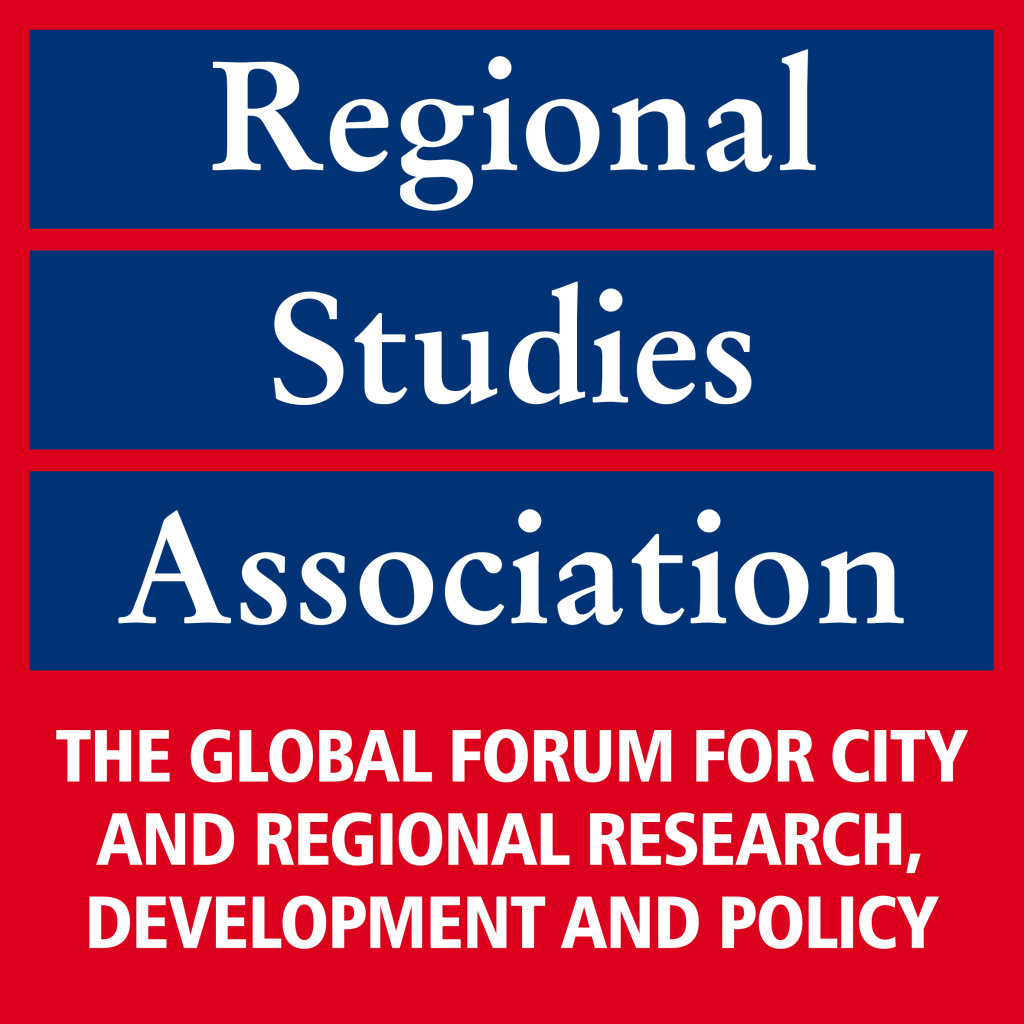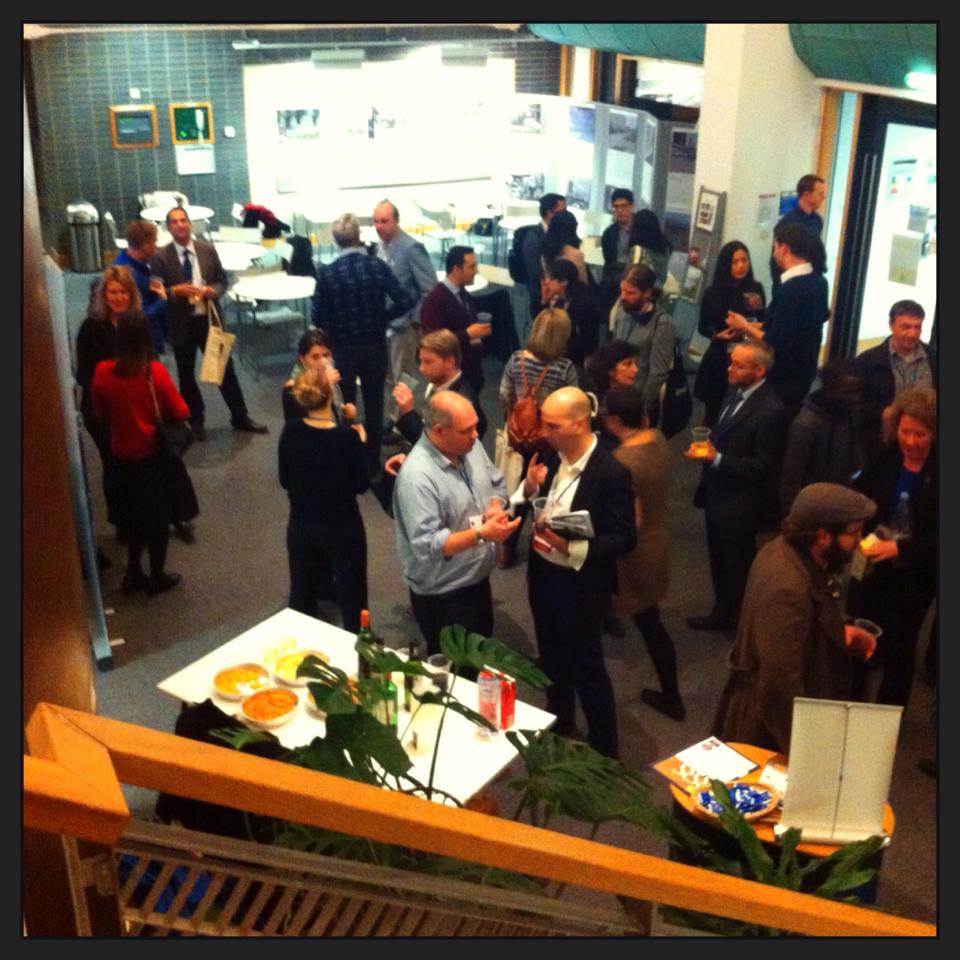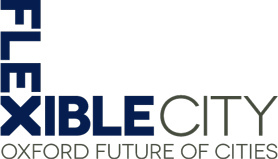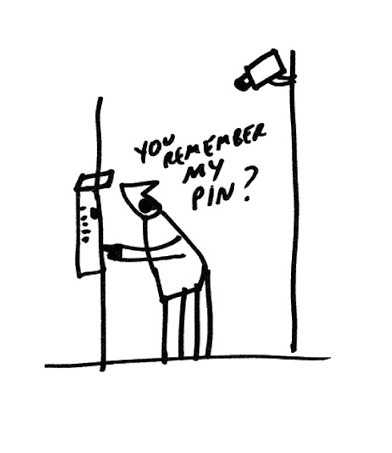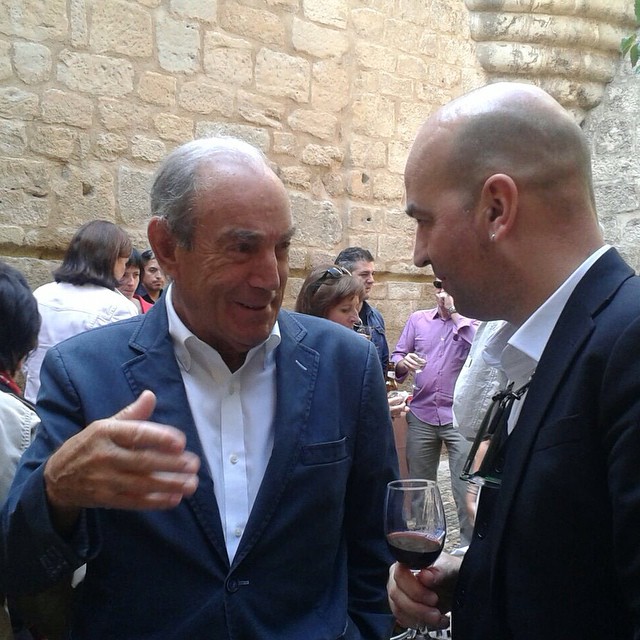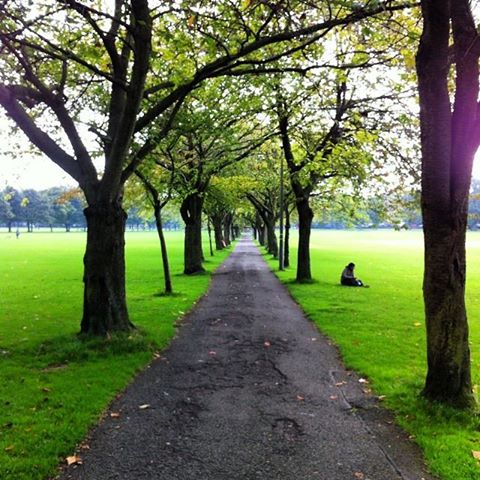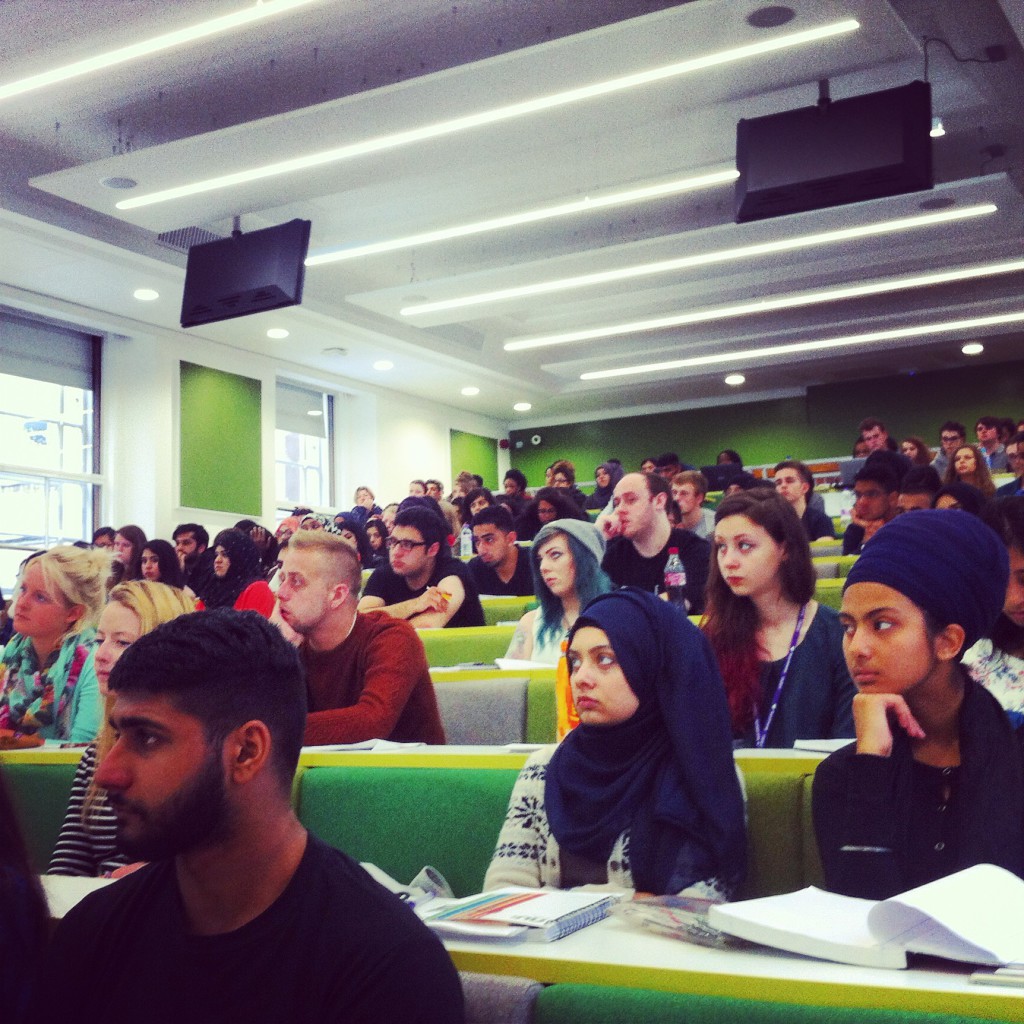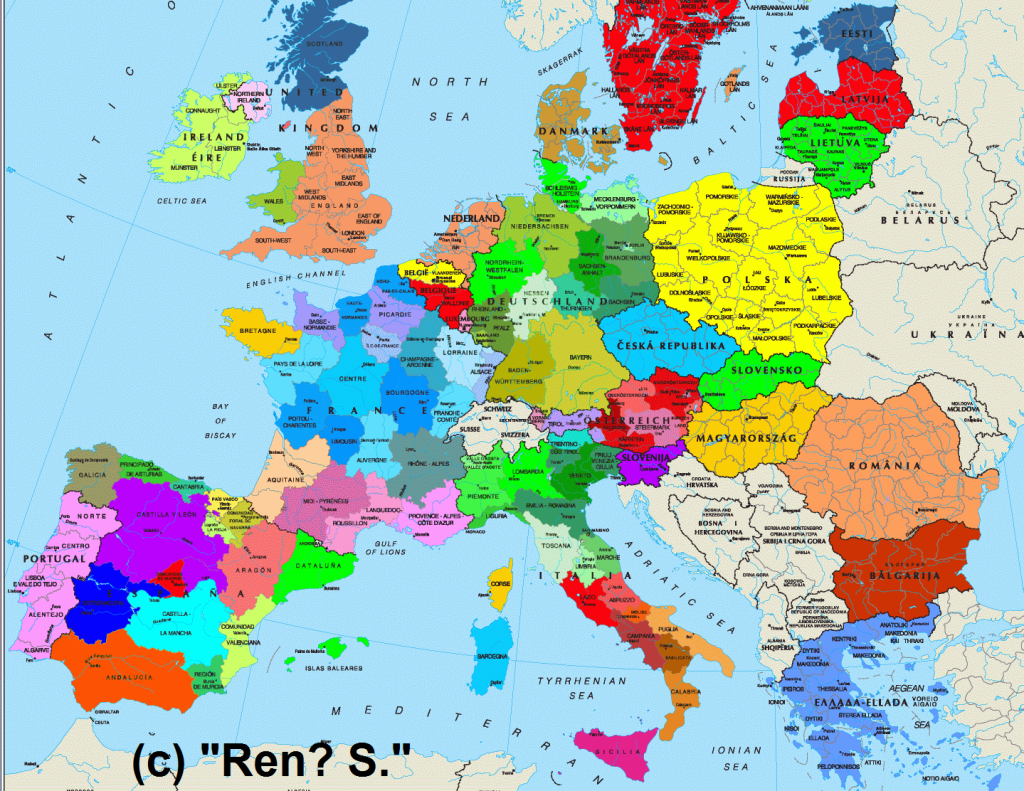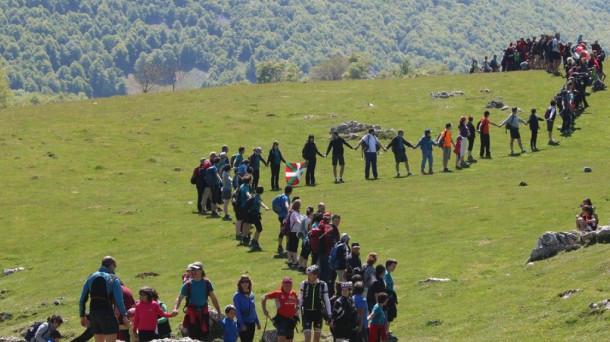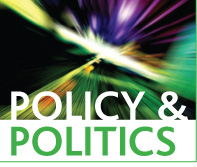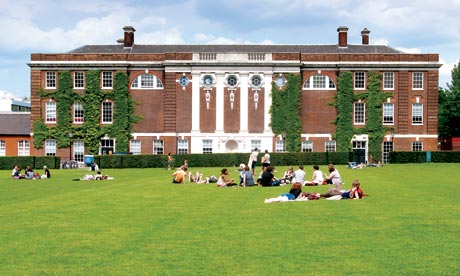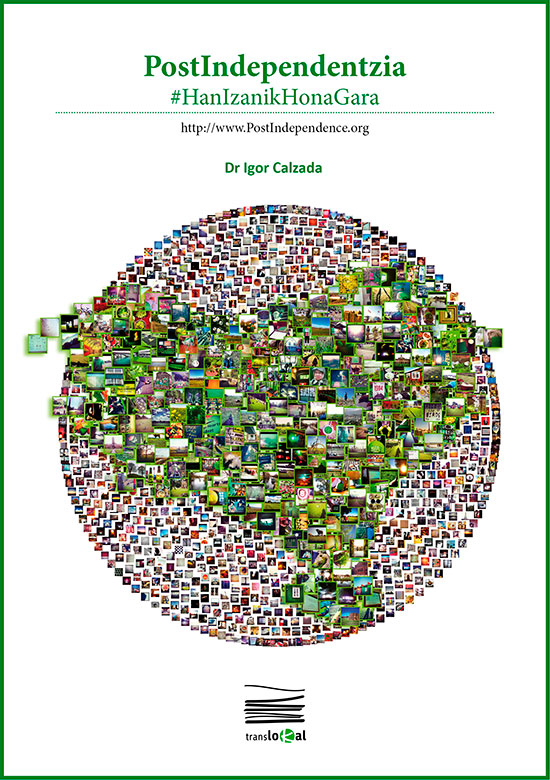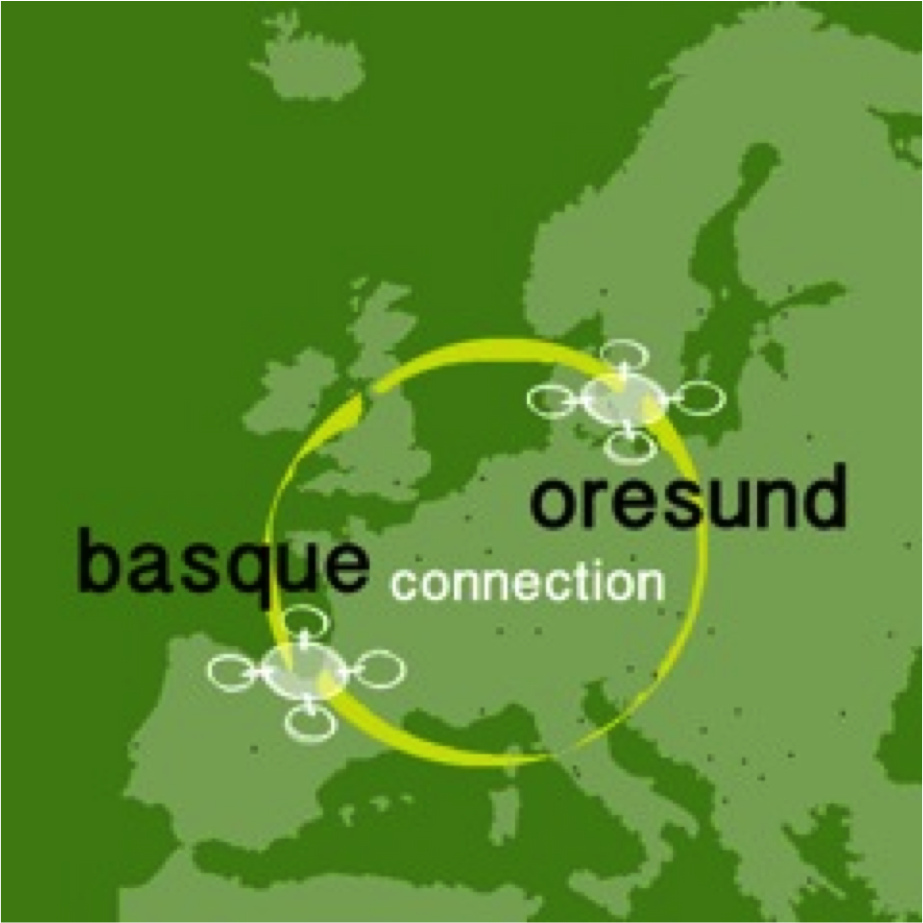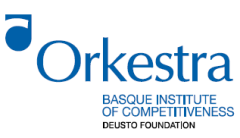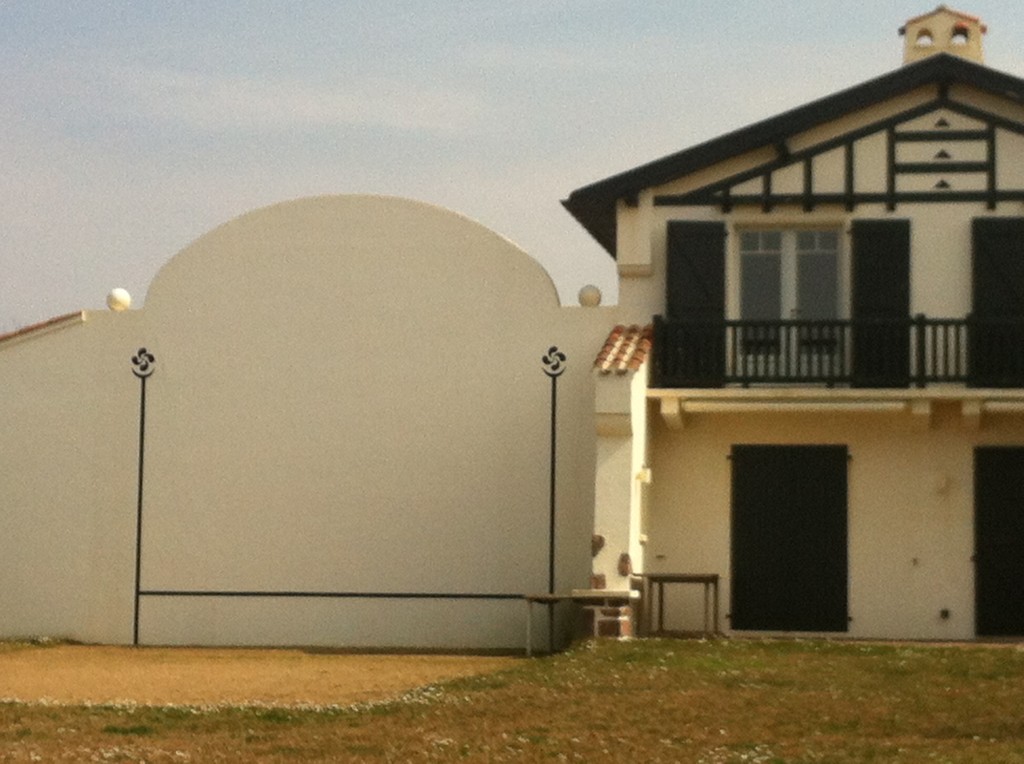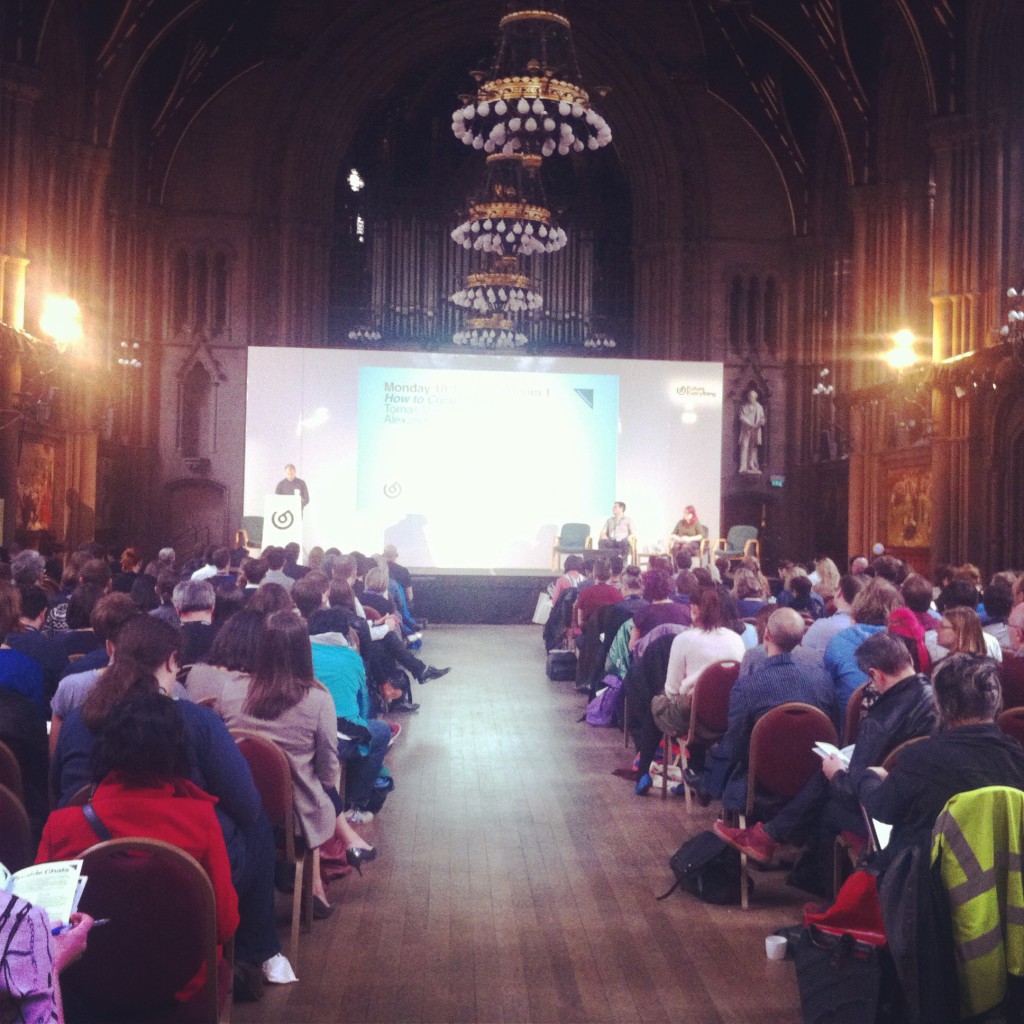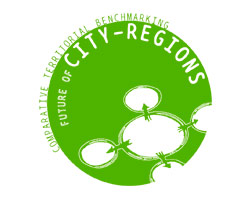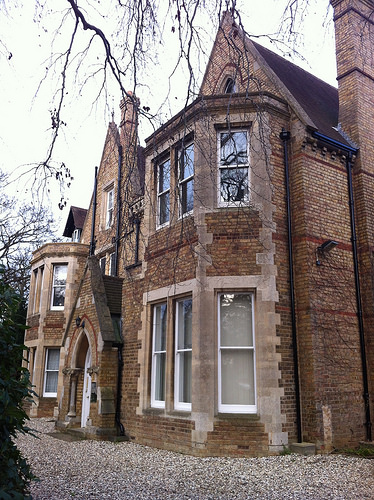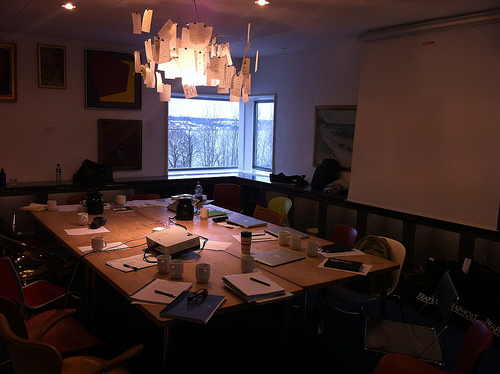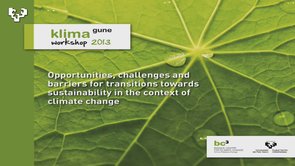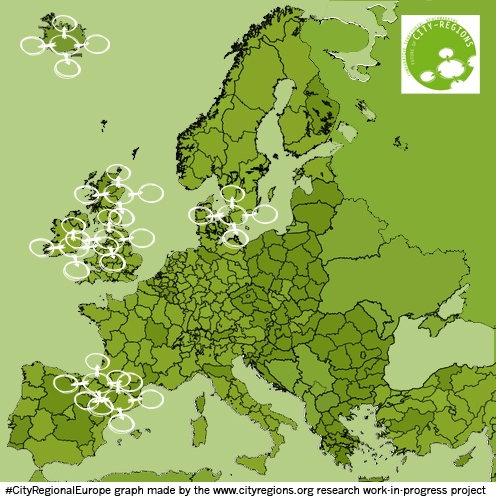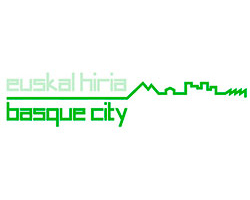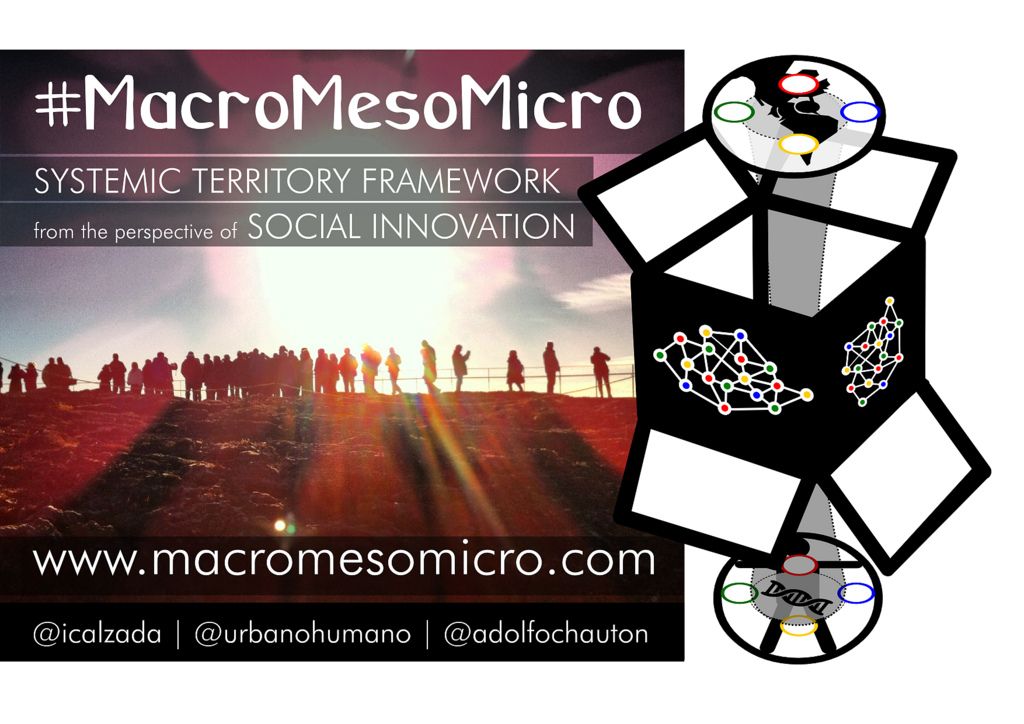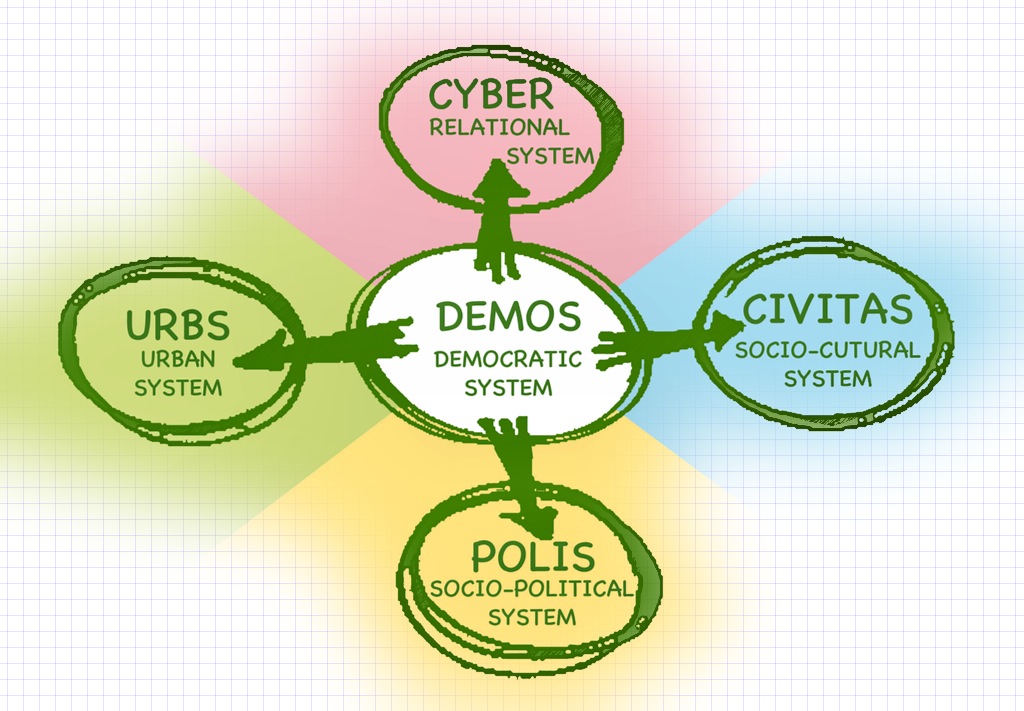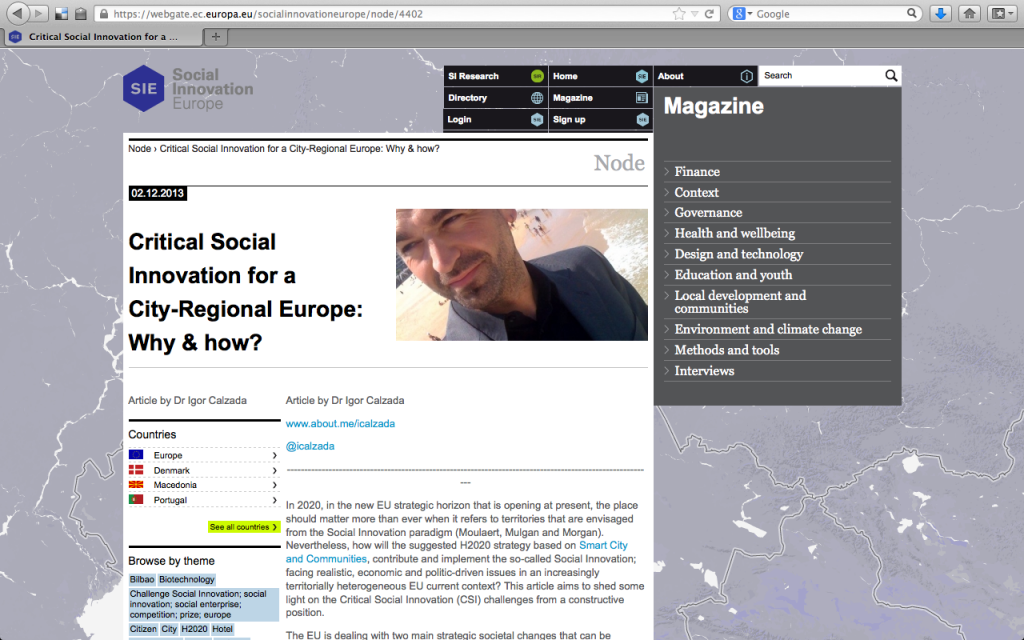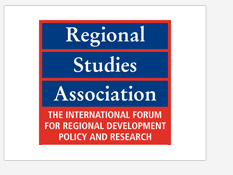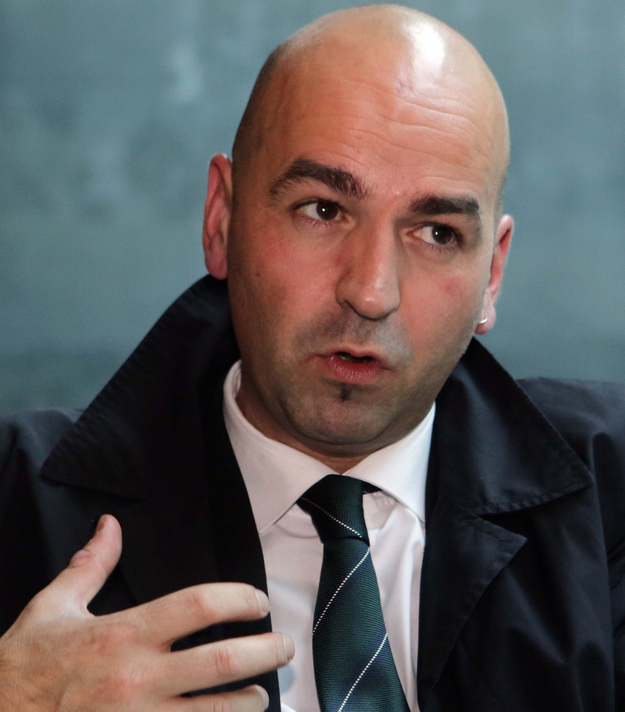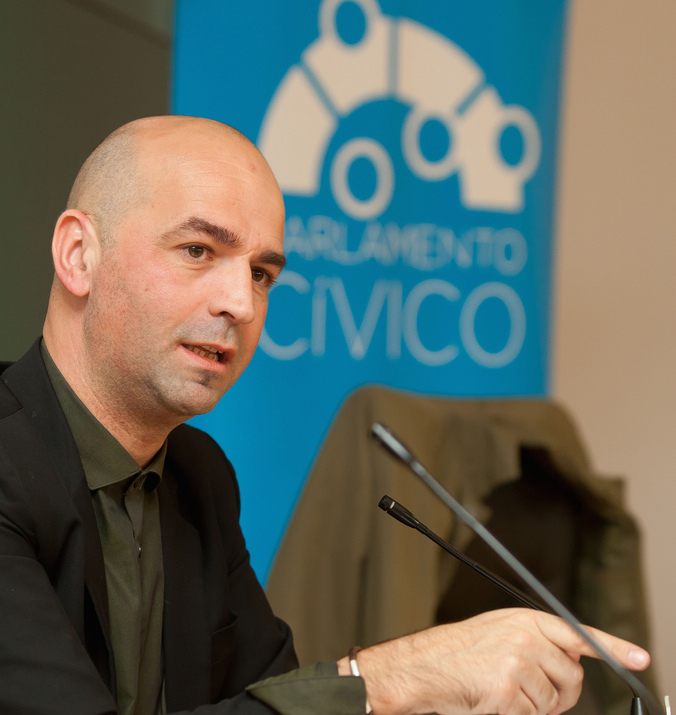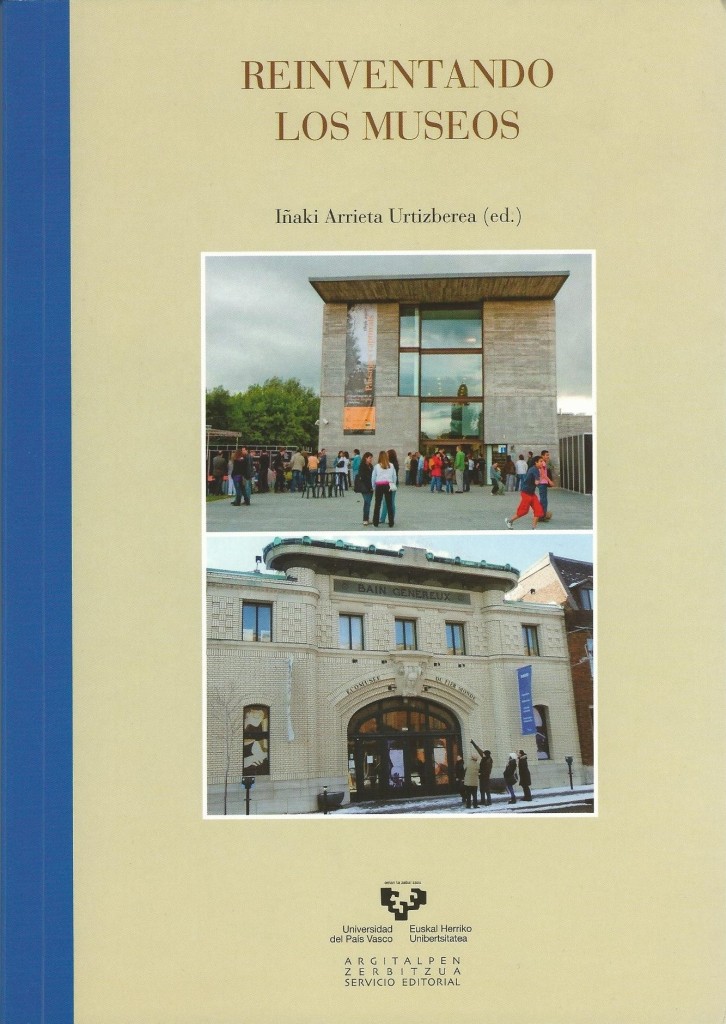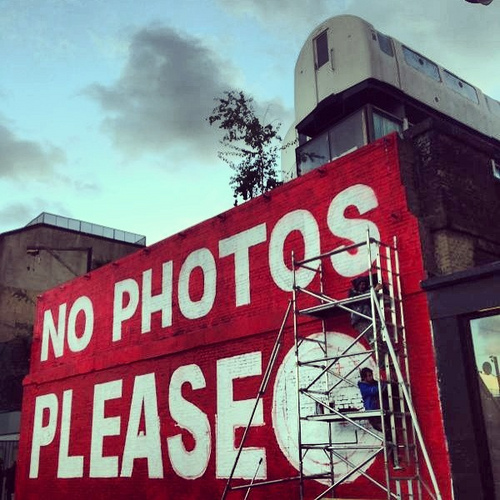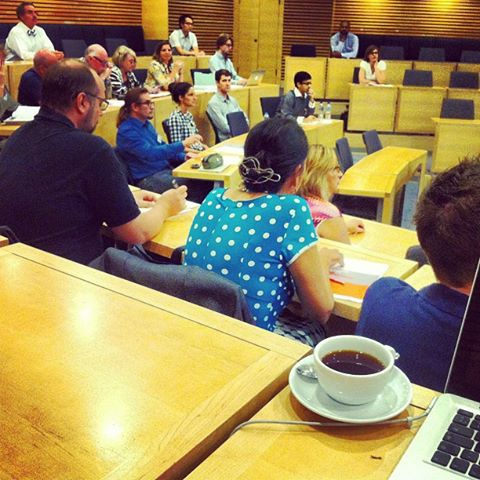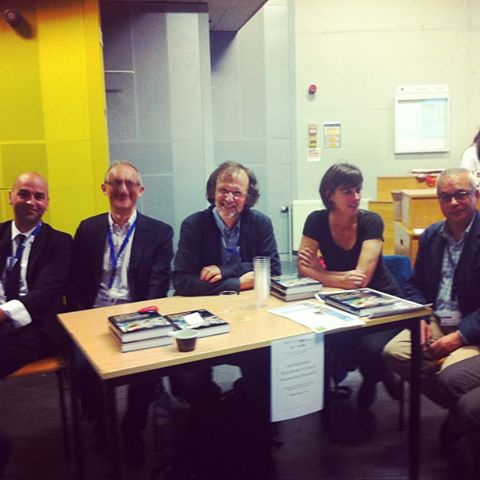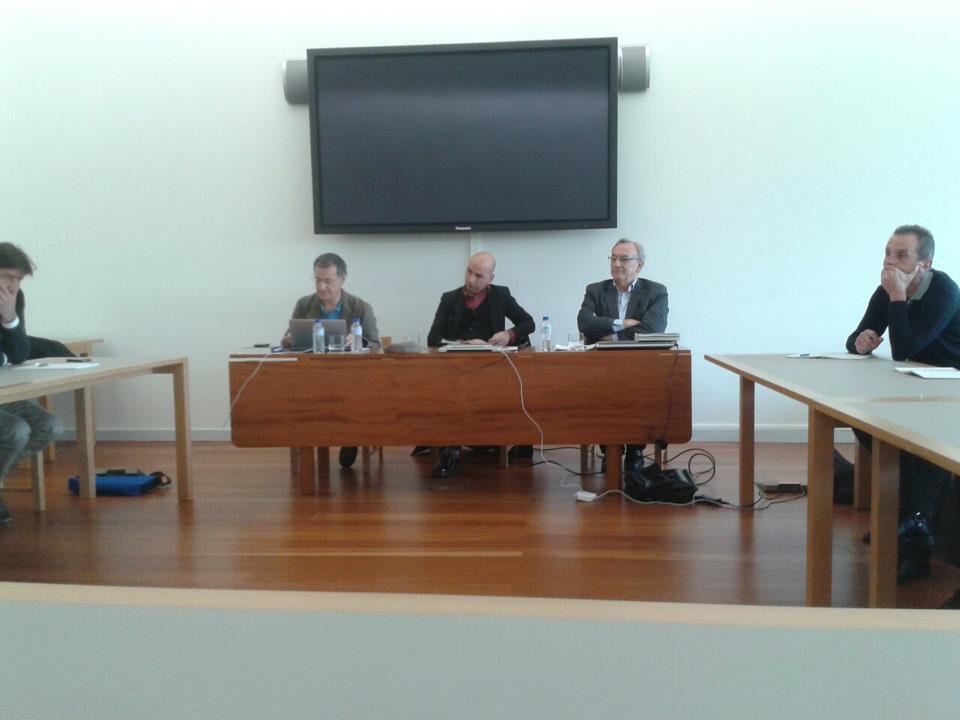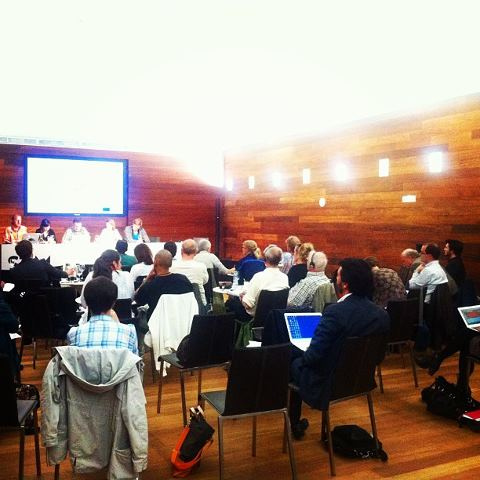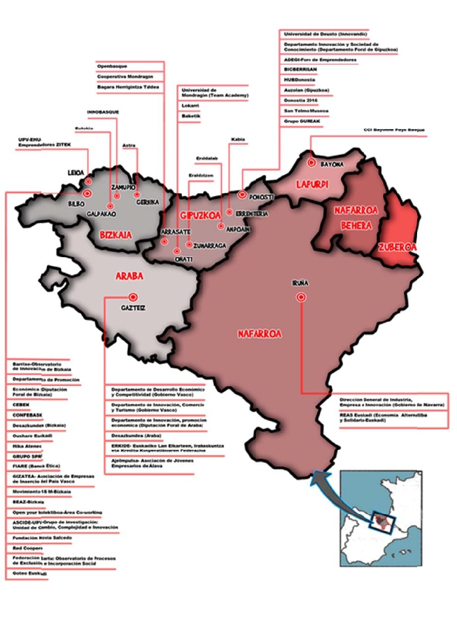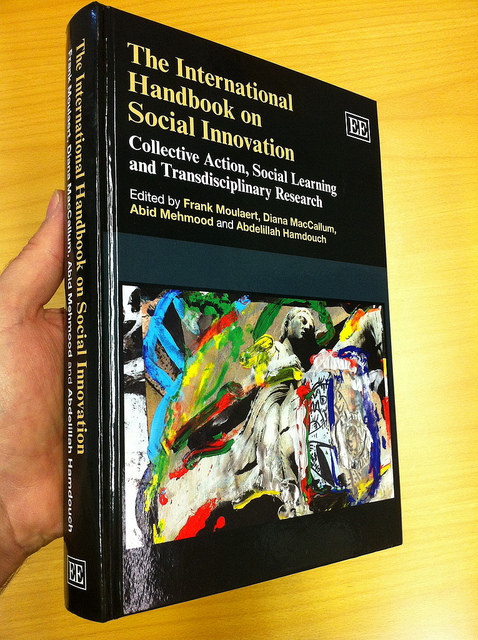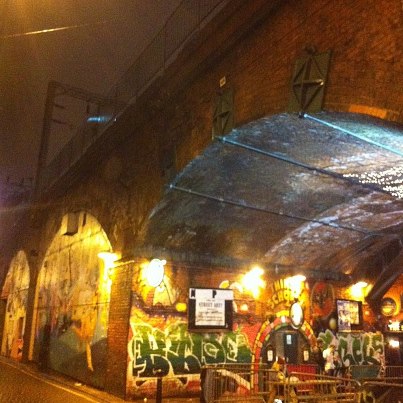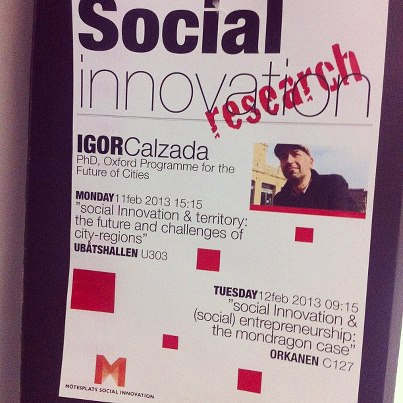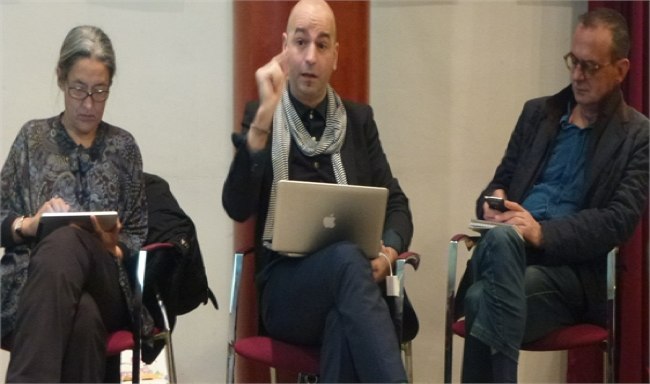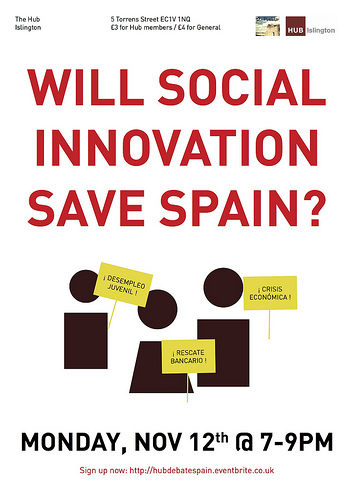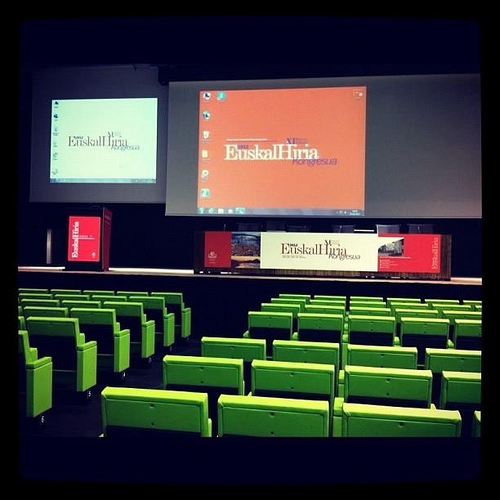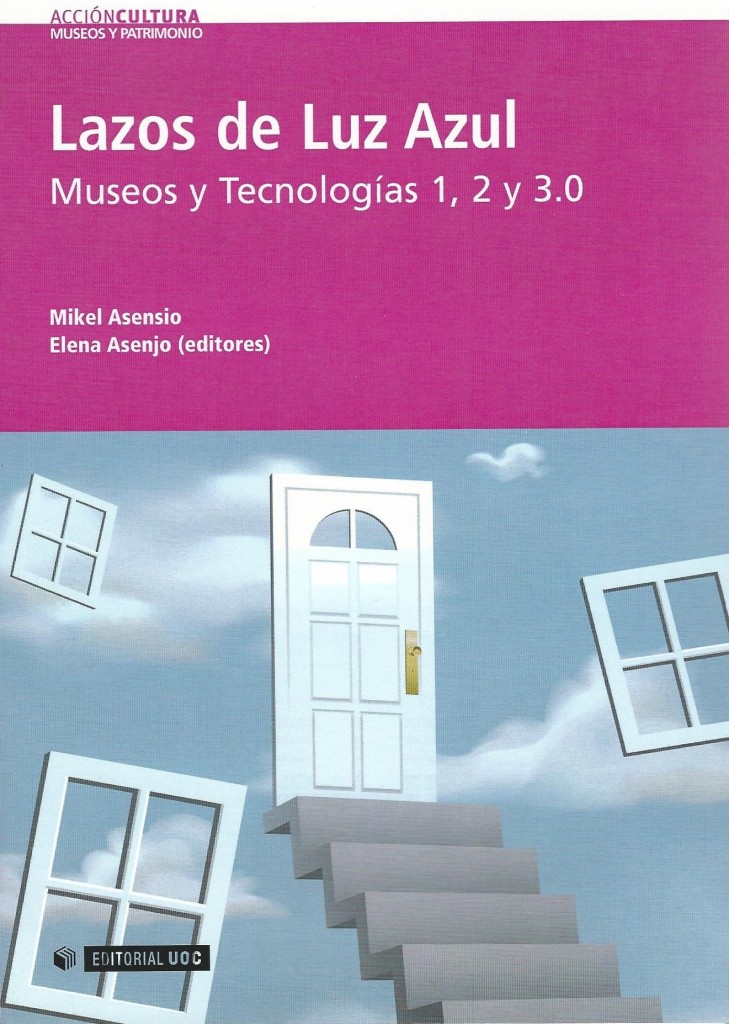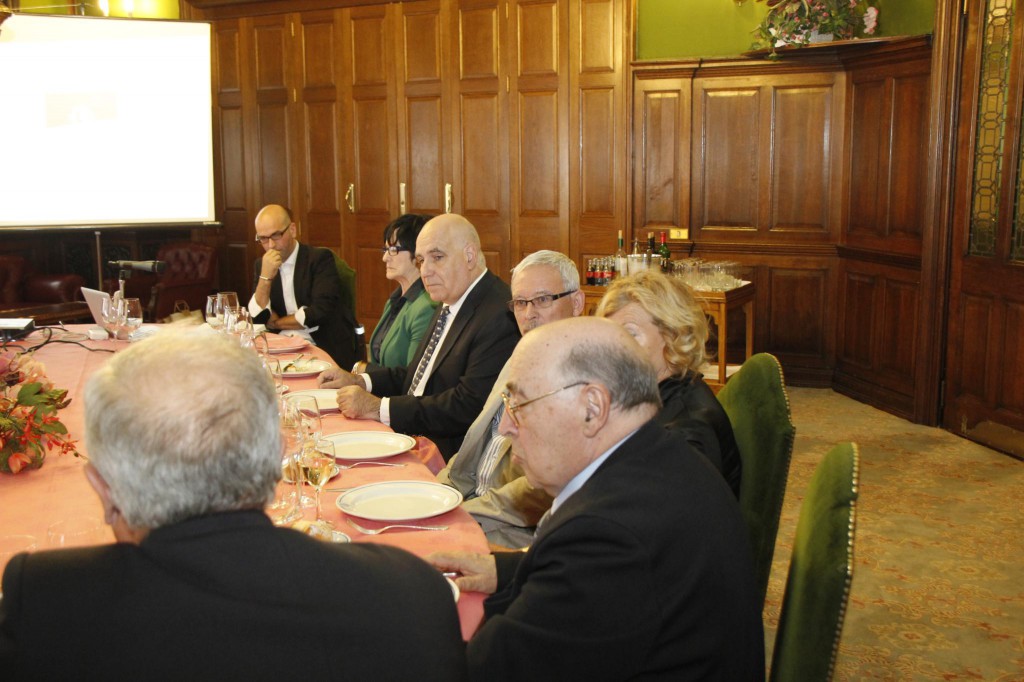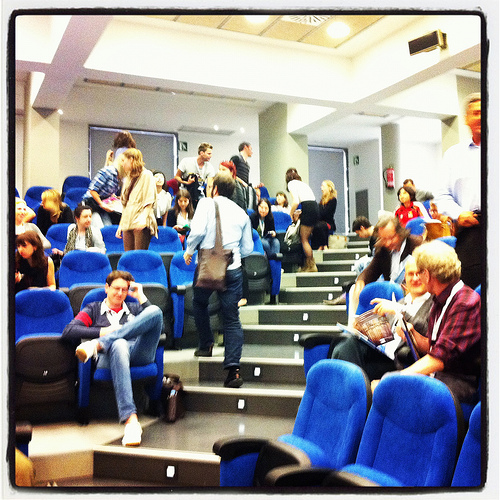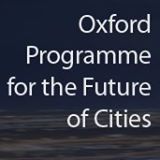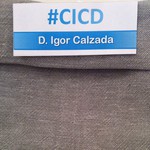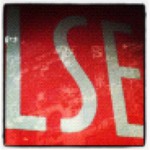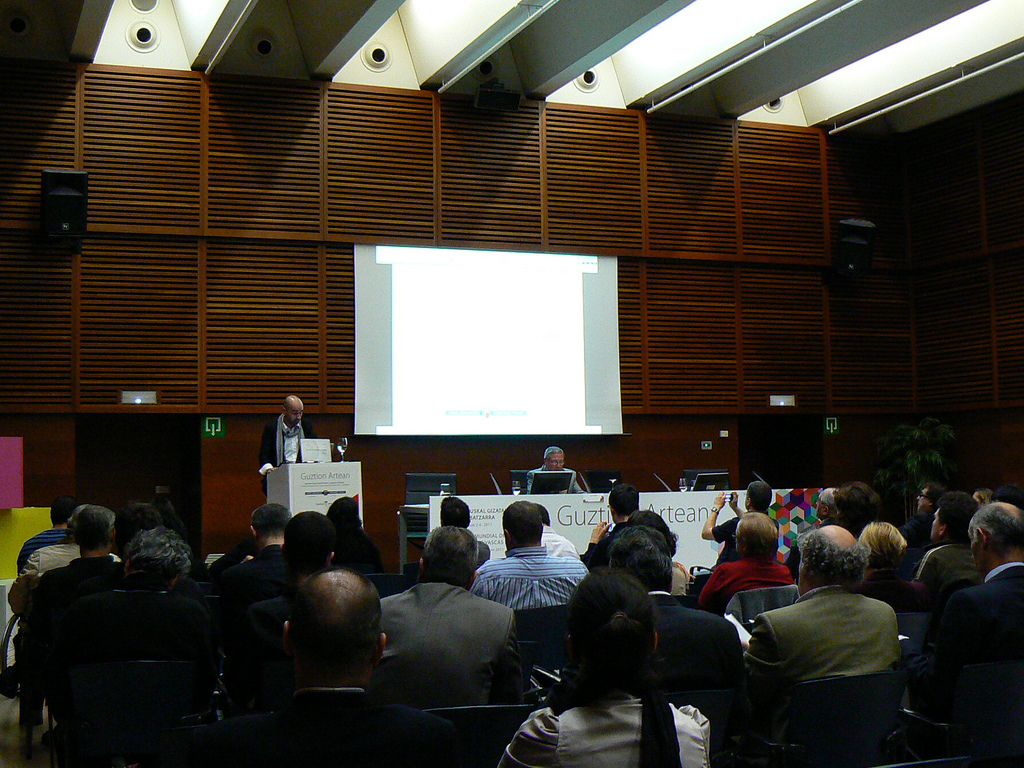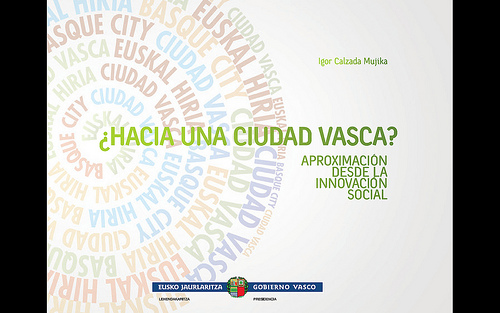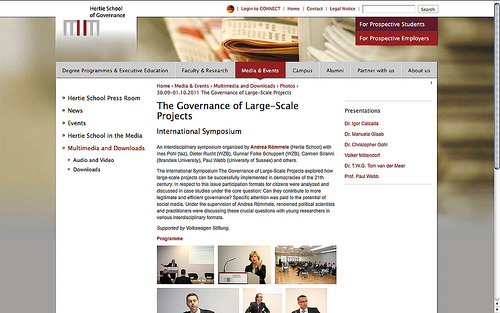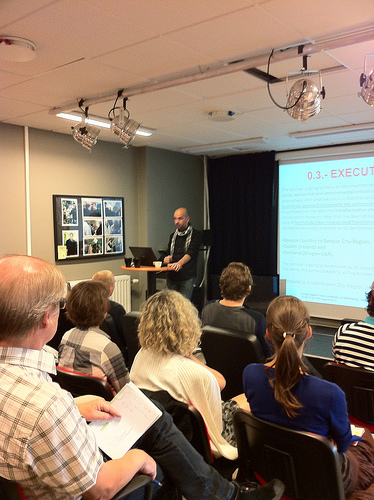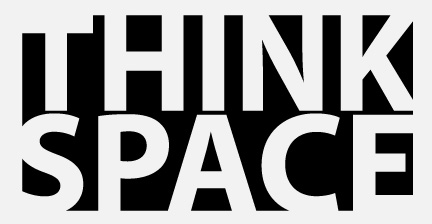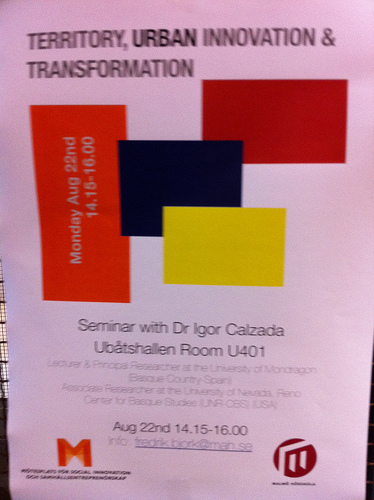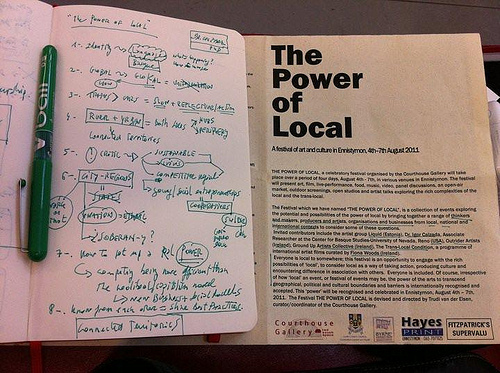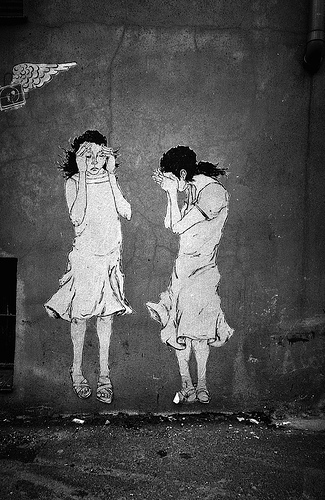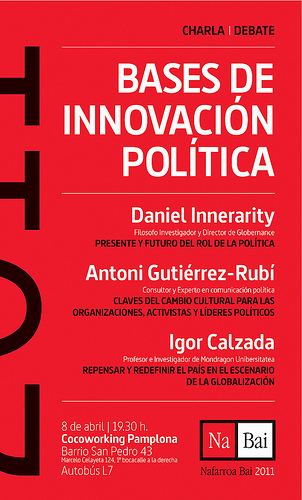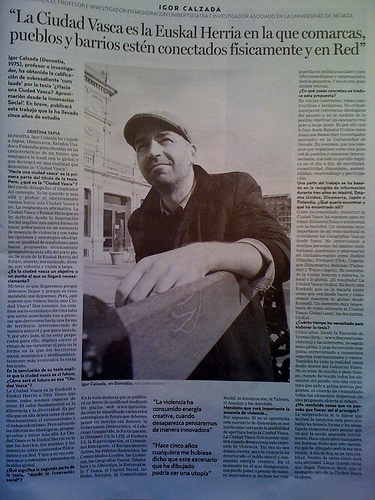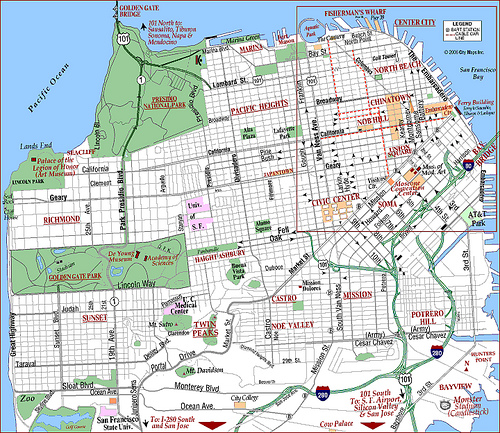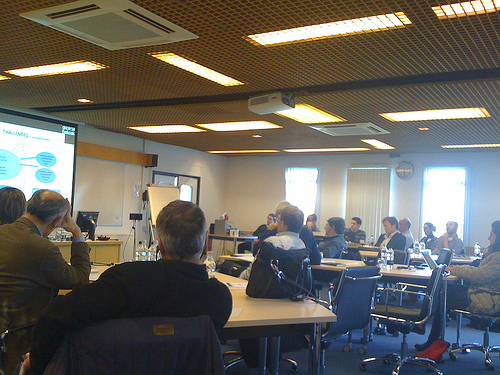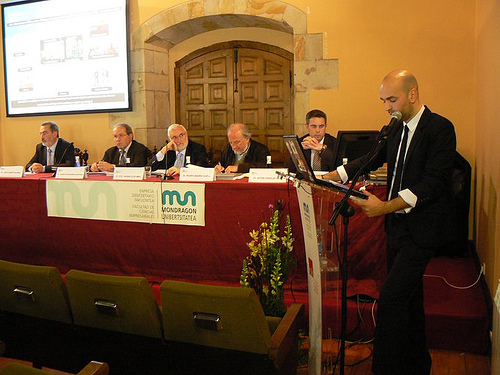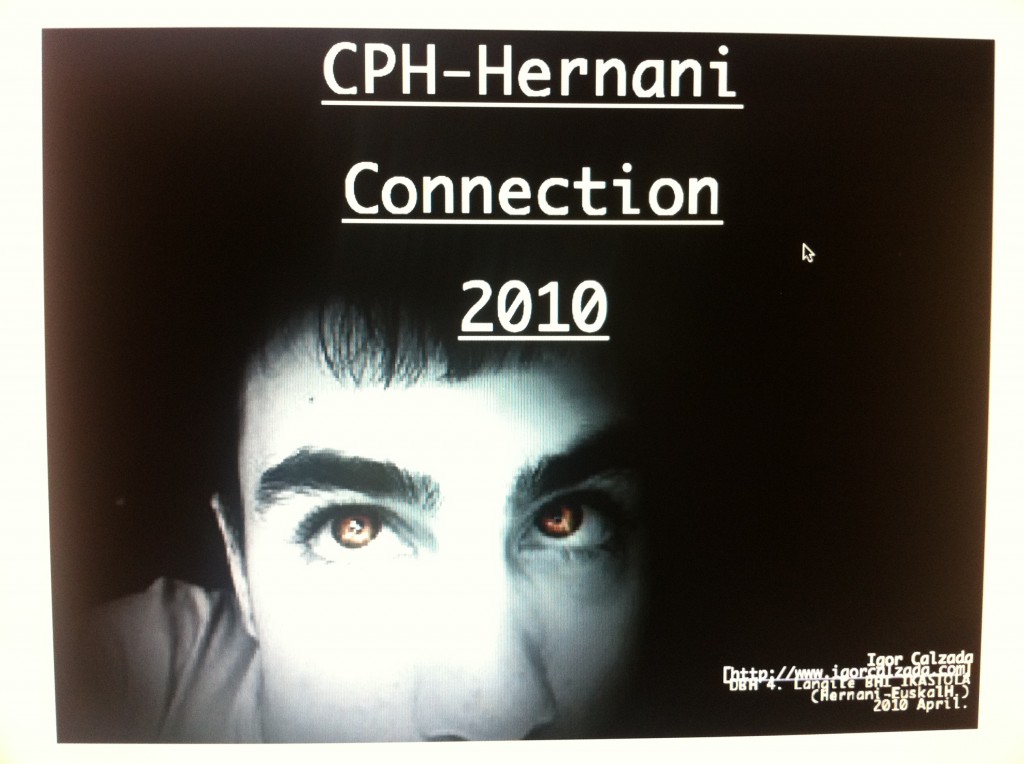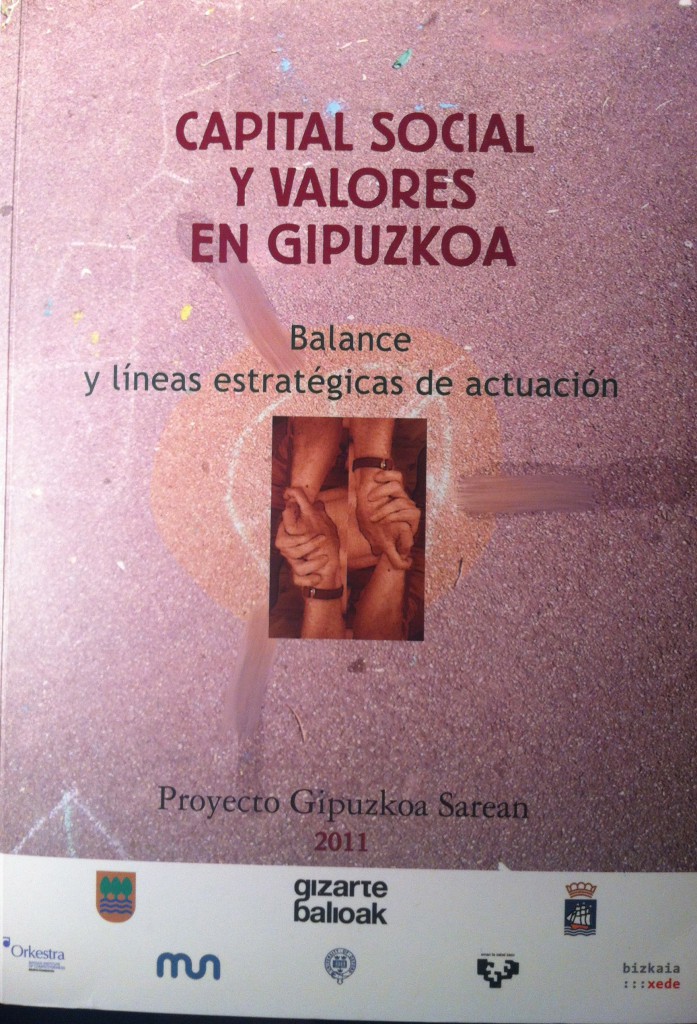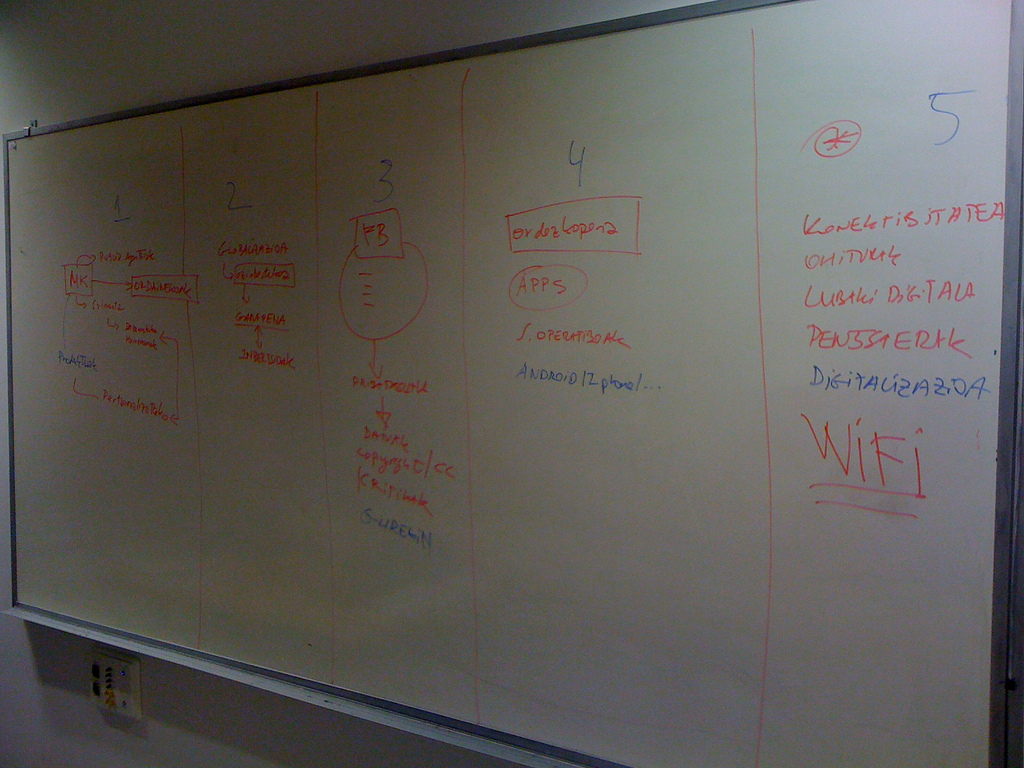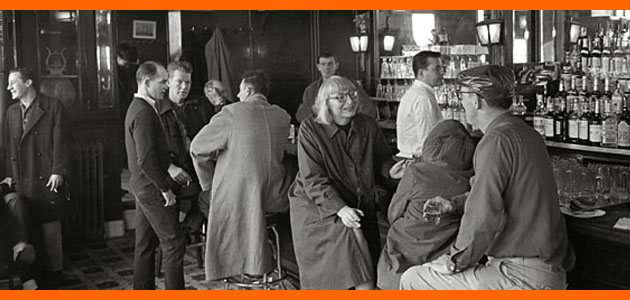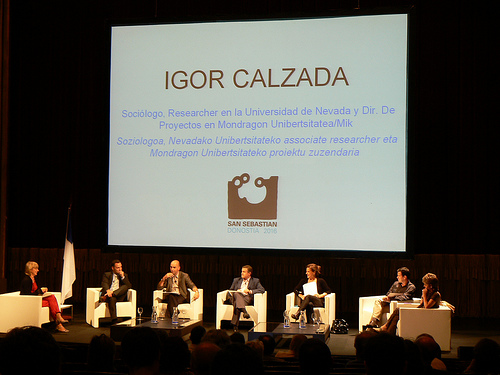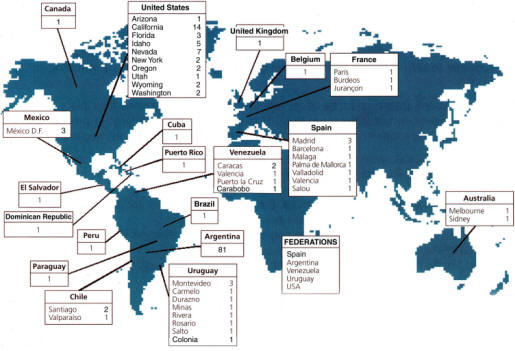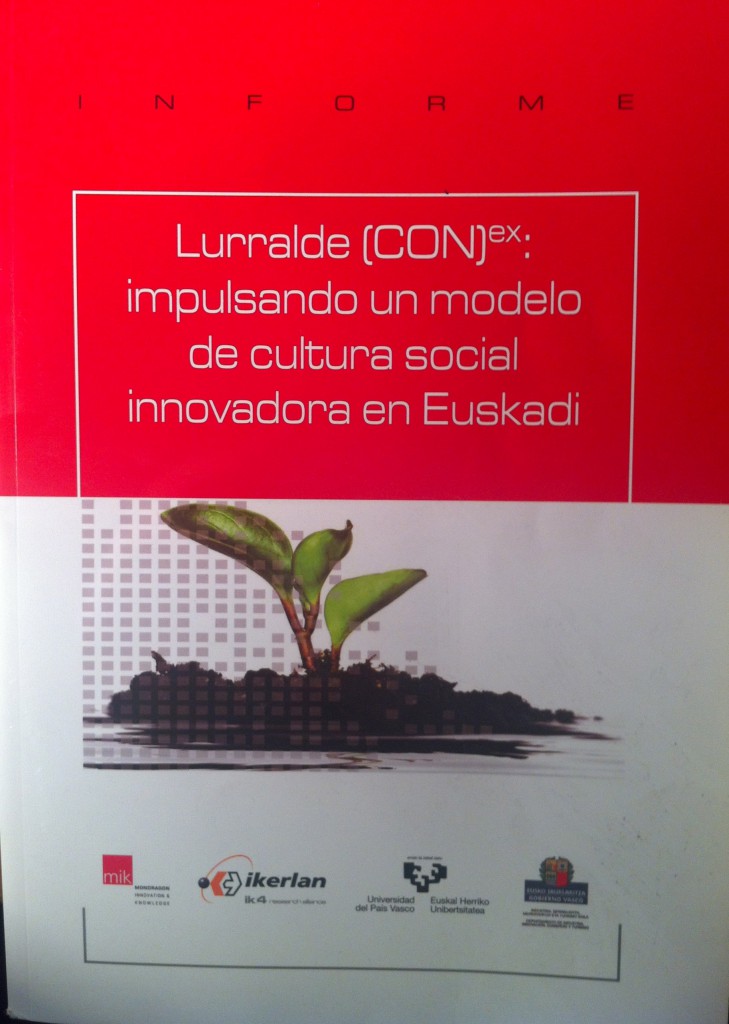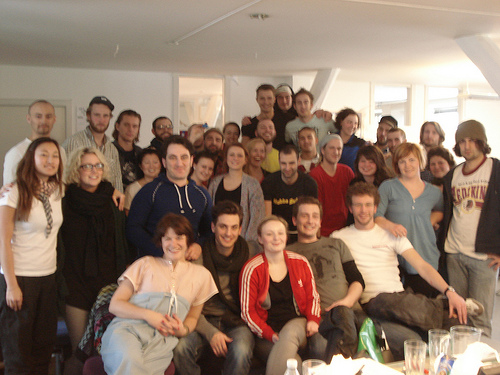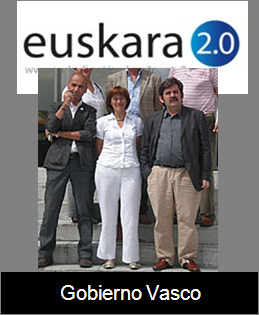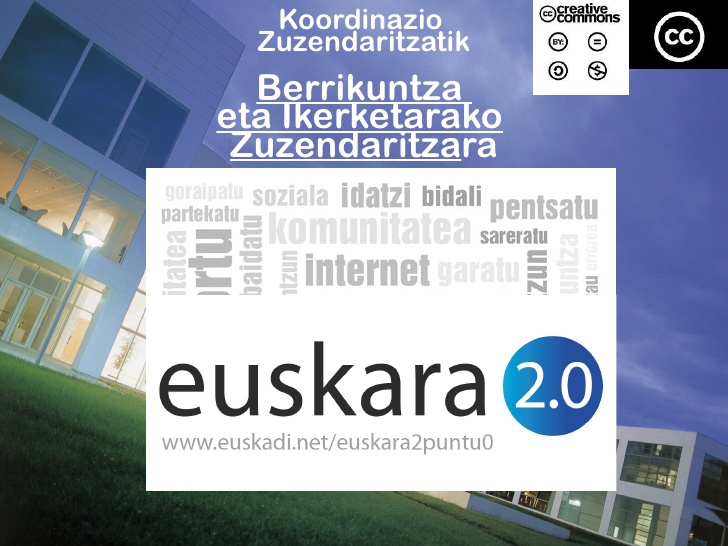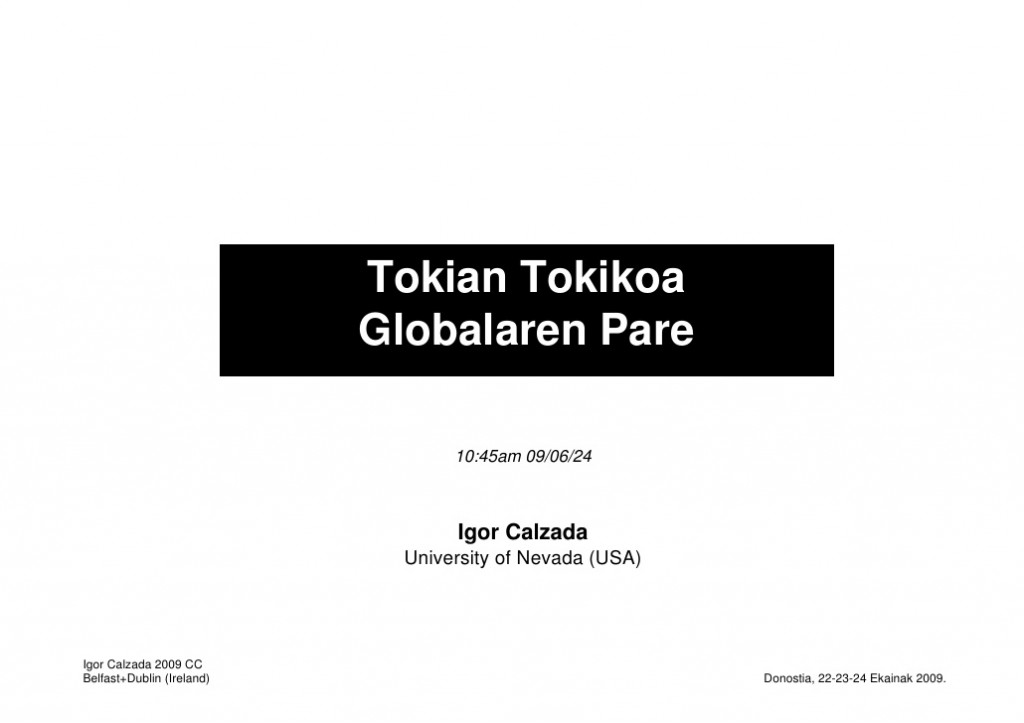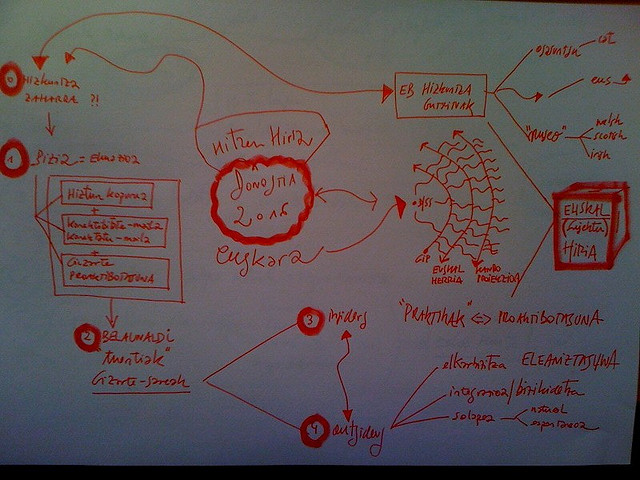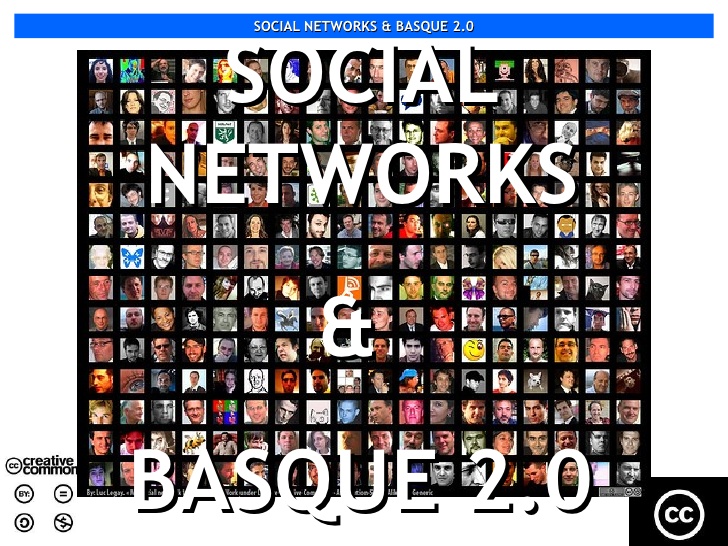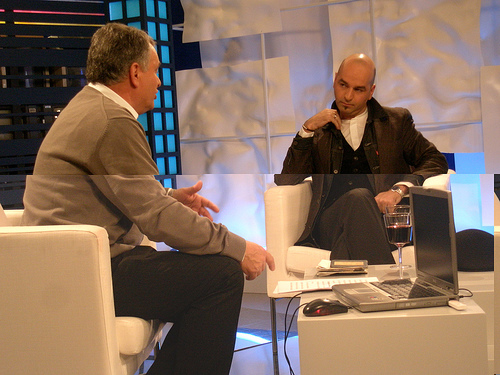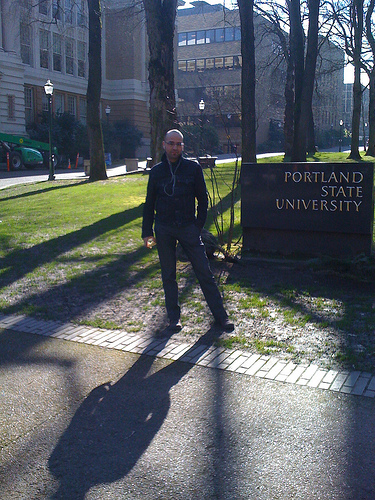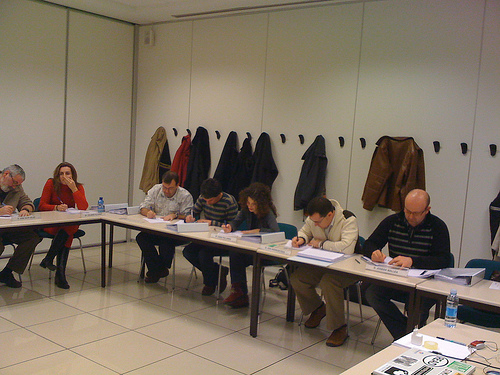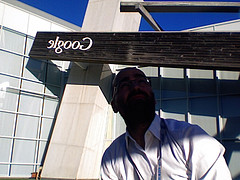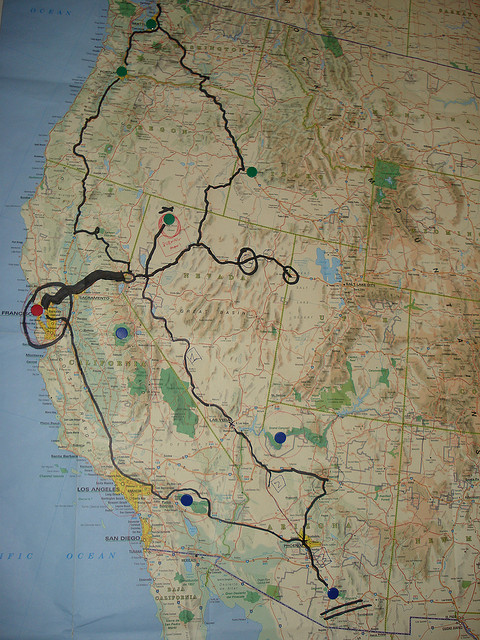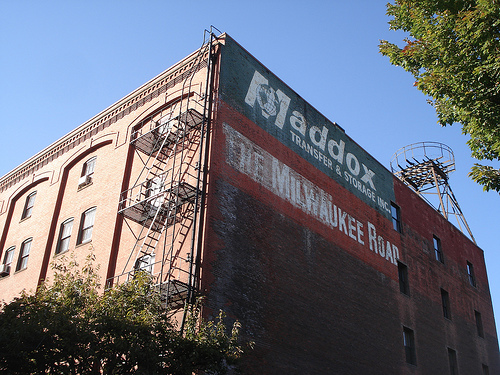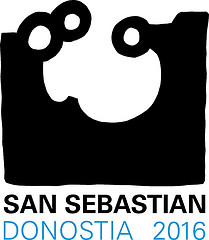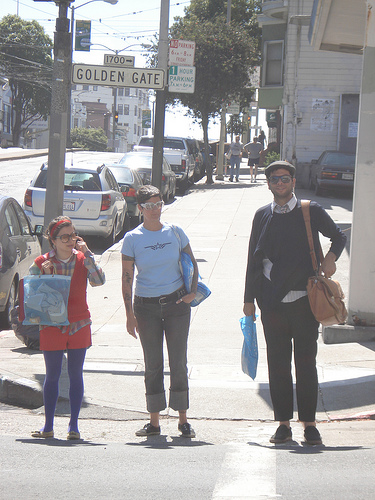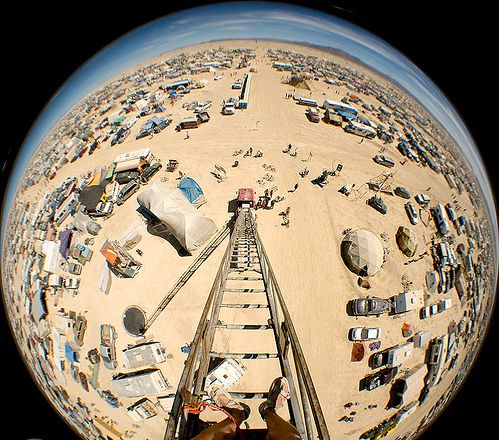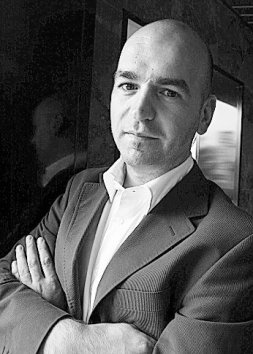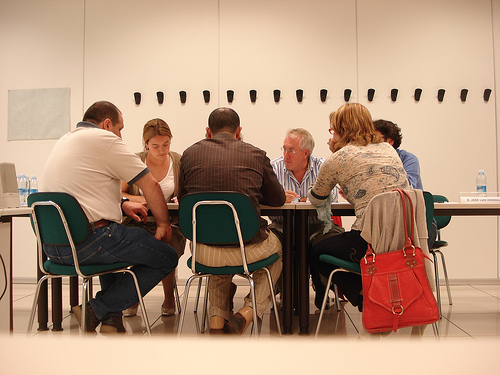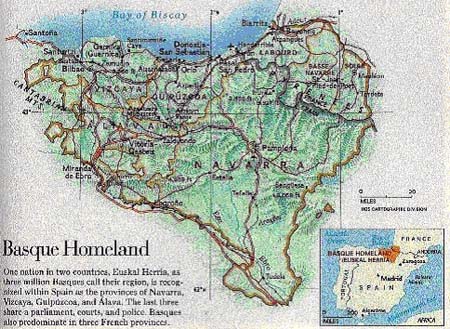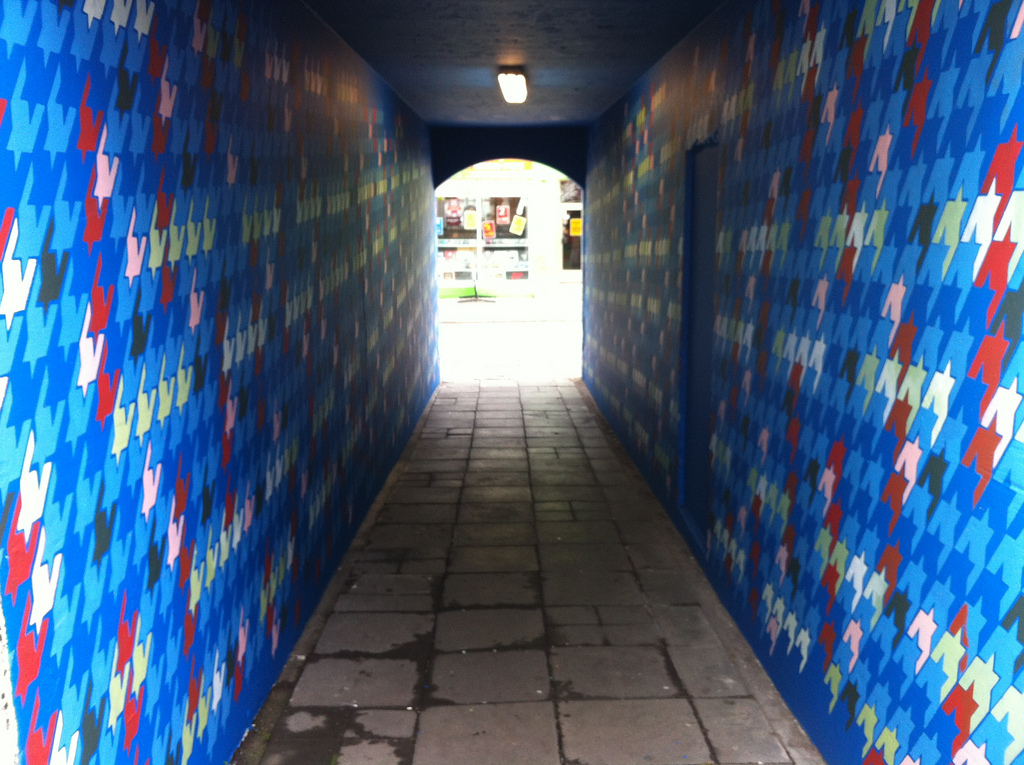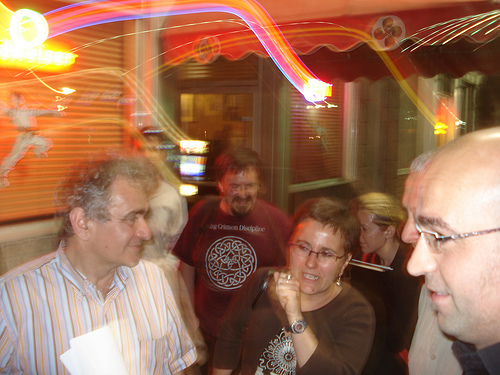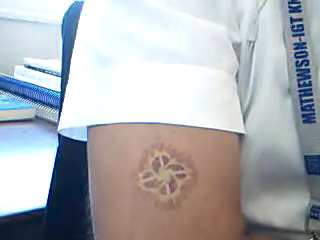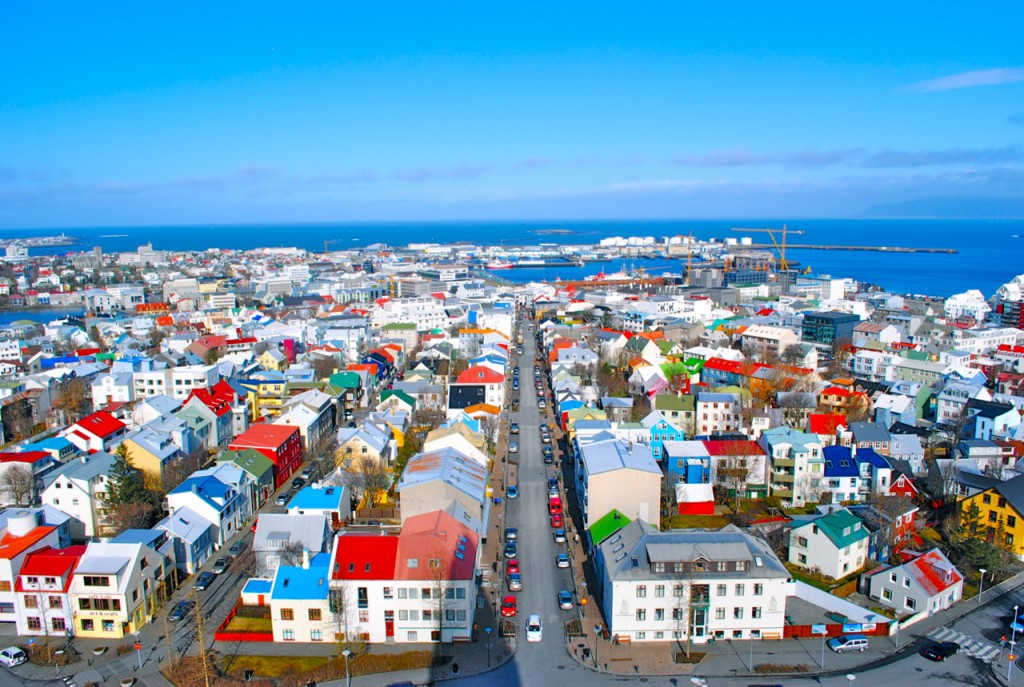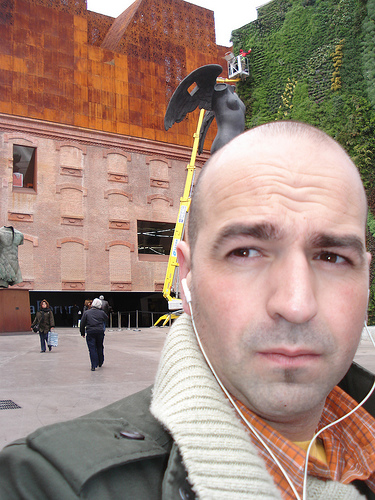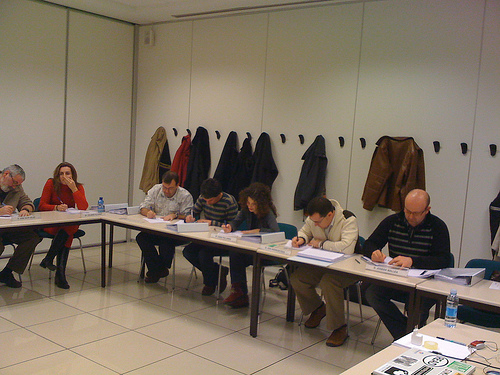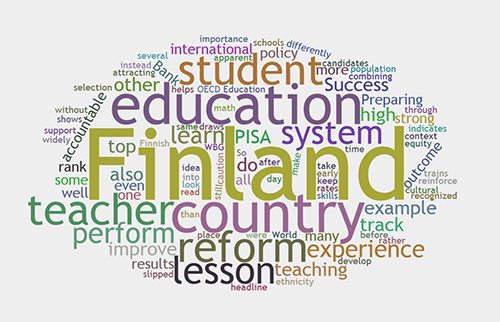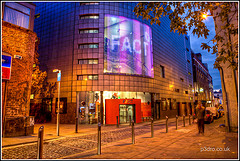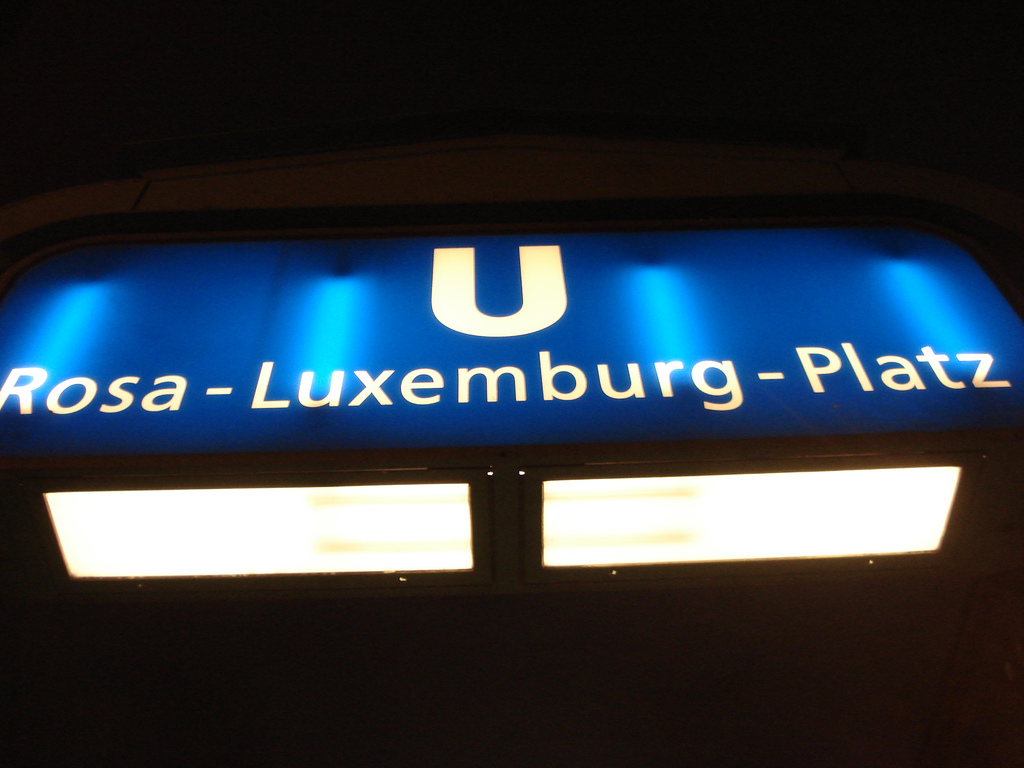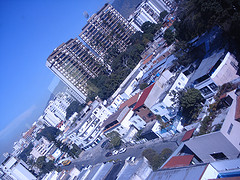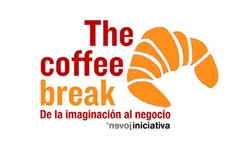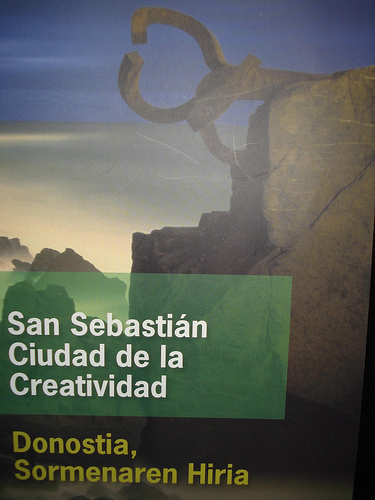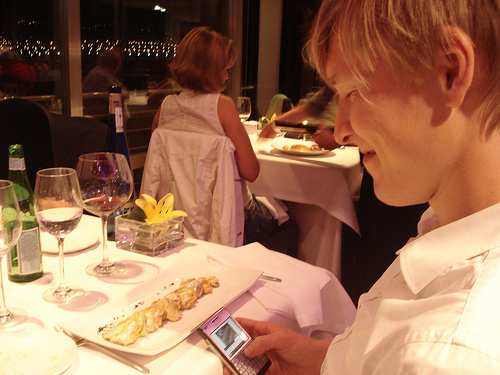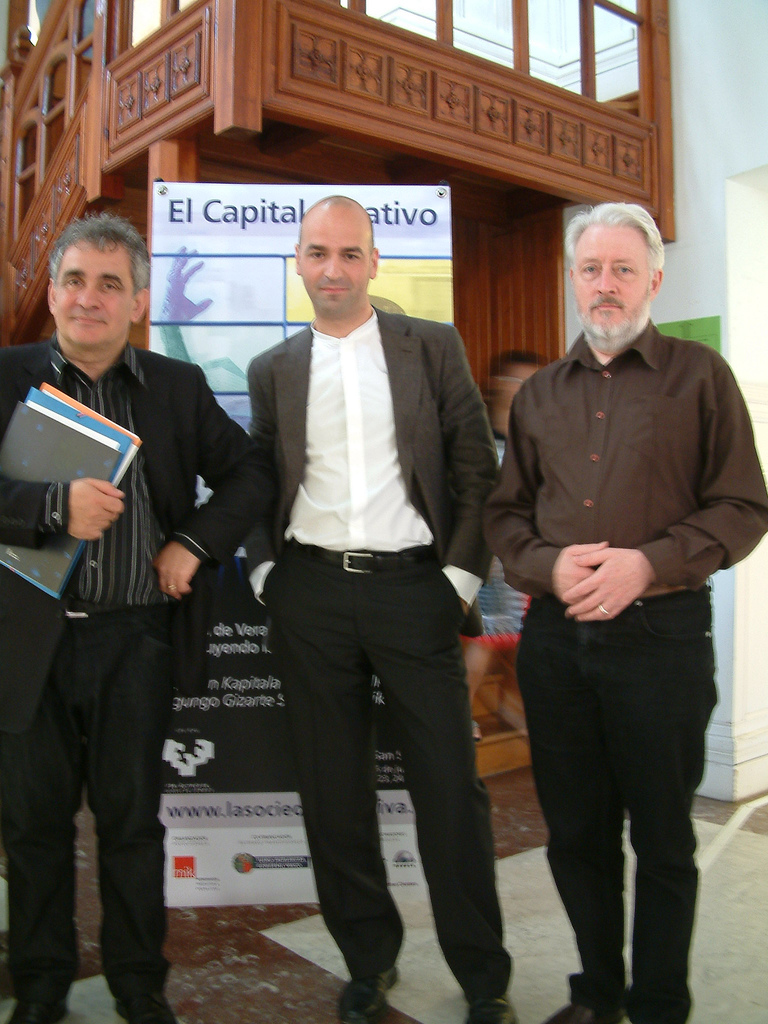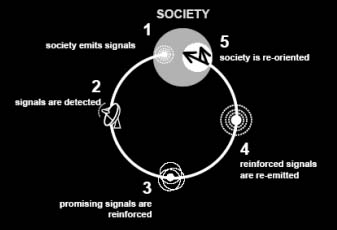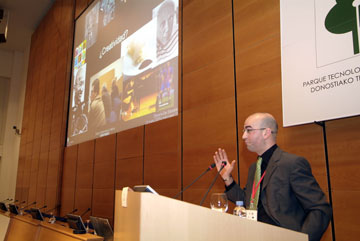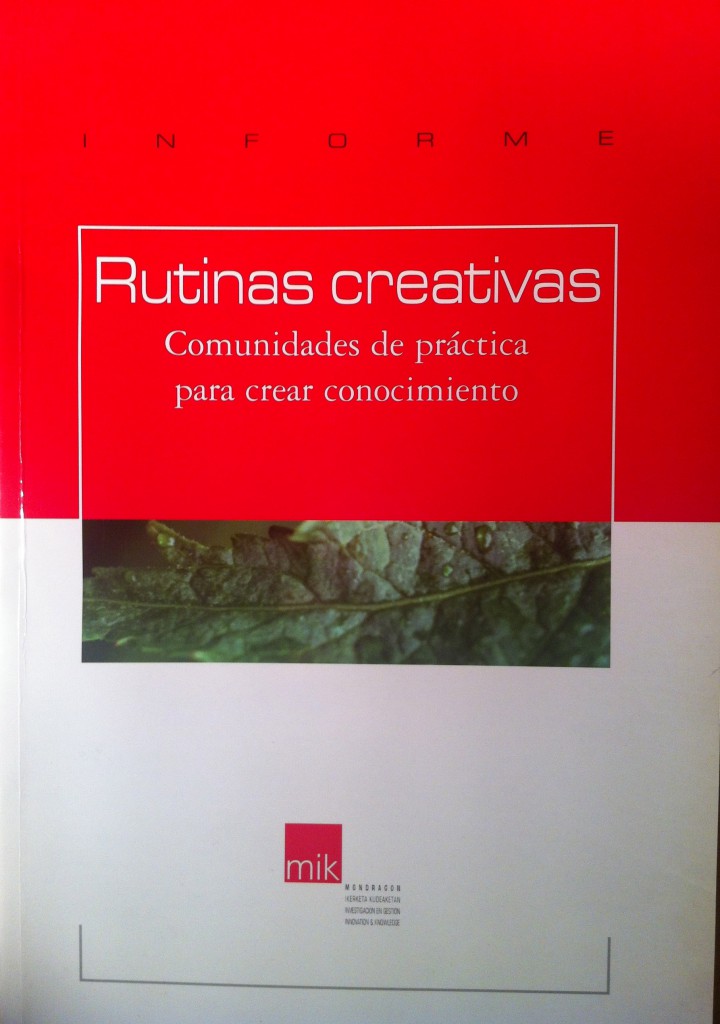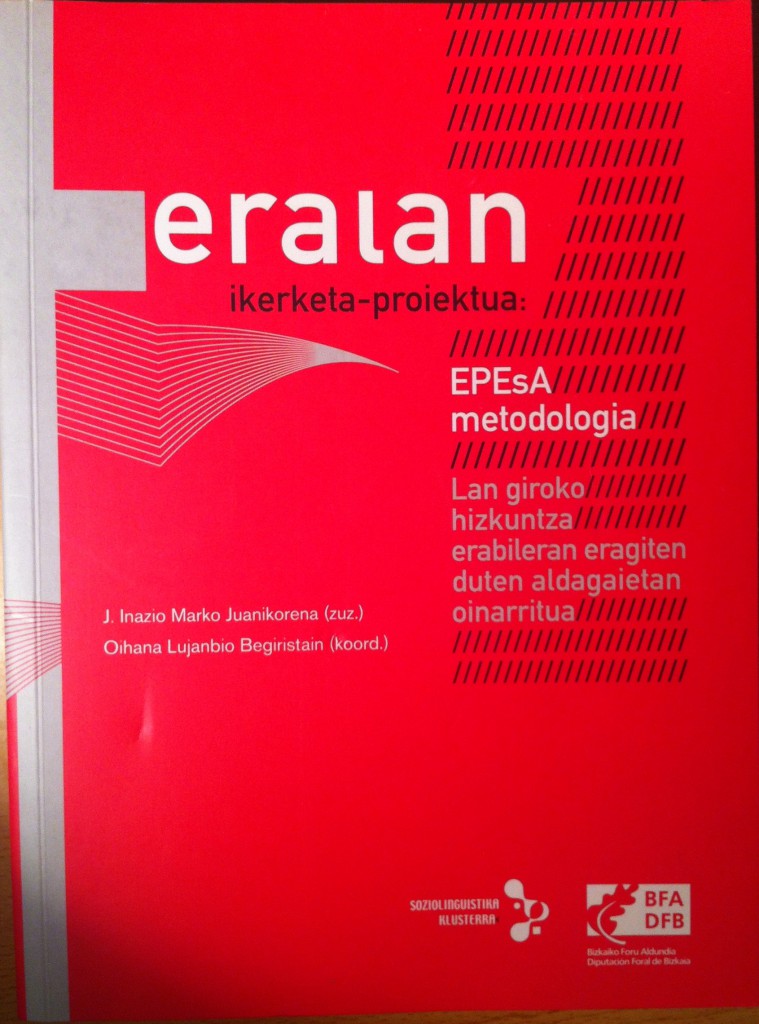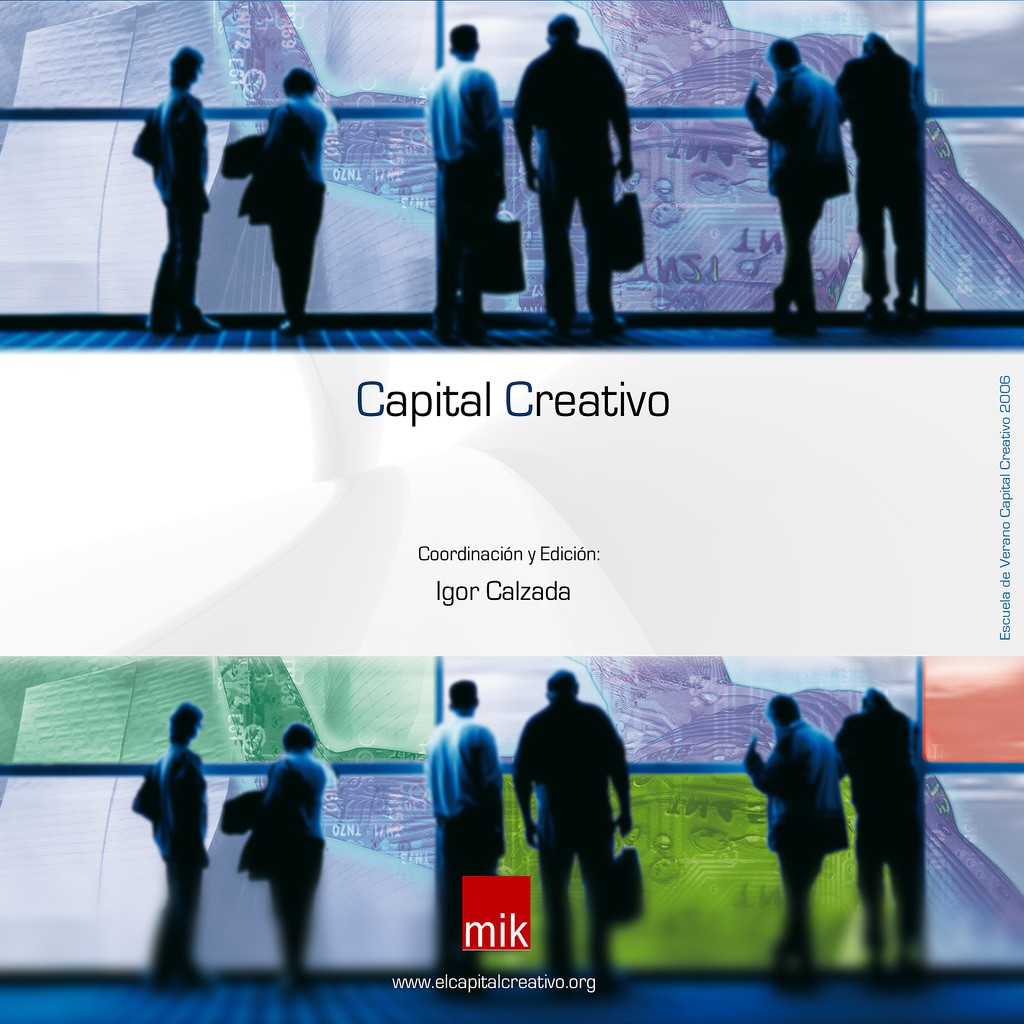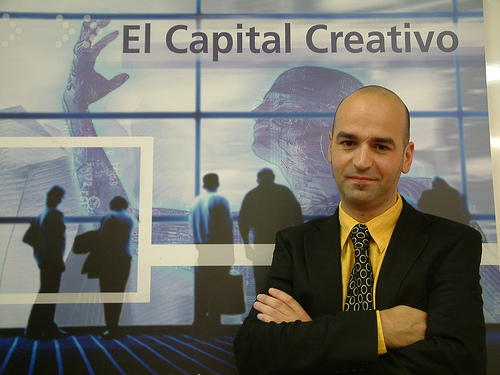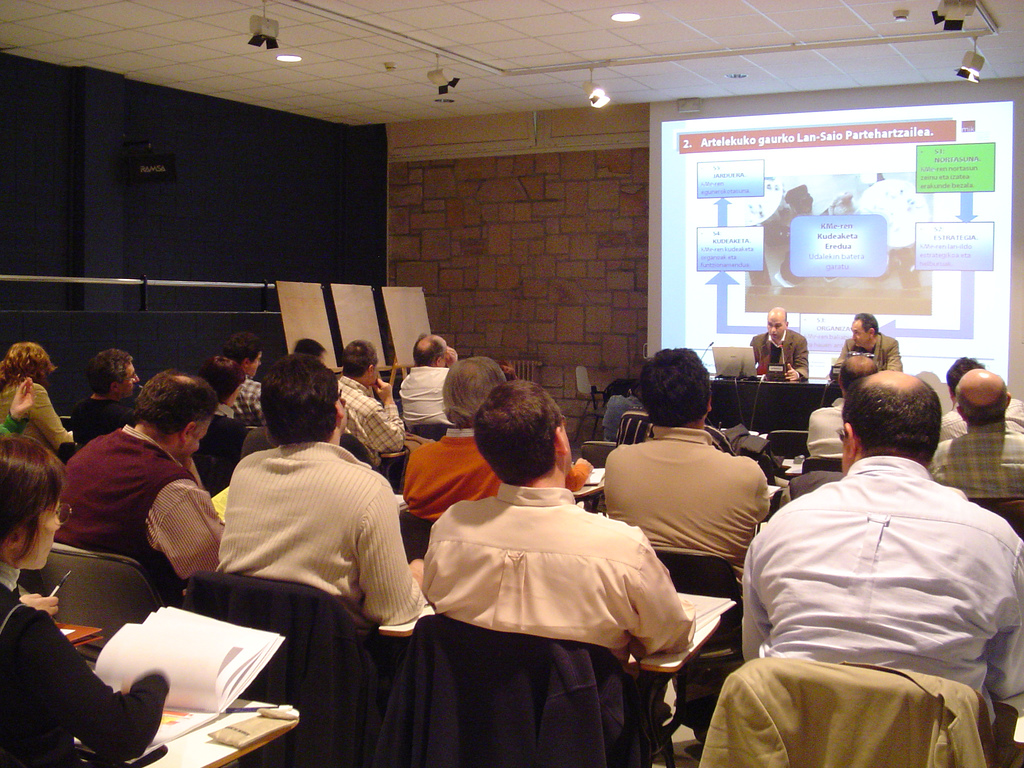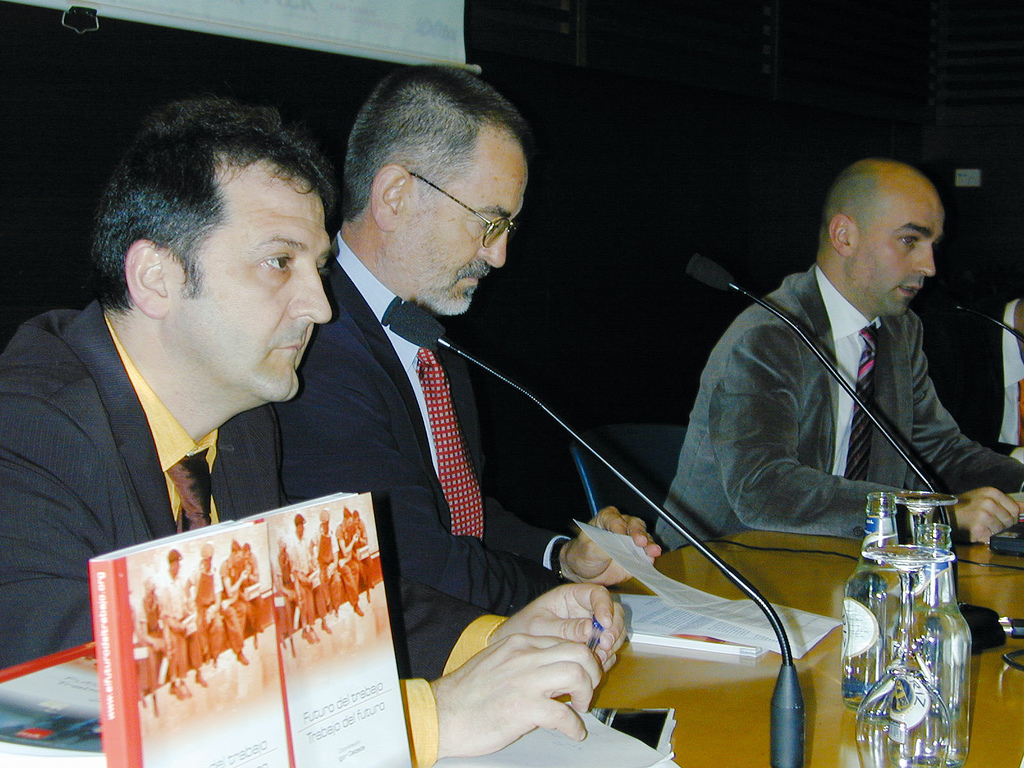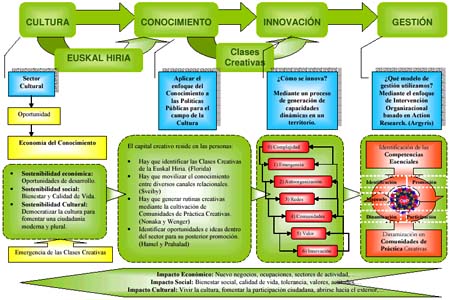Location
Timeline

Invited Keynote Speaker in Warsaw (Poland) on 28 and 29th November 2024 and Invited Professor for Lectureship (Public Policy, Politics, and Digital Rights/Citizenship) at Warsaw School of Economics SGH in December 2024
Prof Dr Igor Calzada is deeply grateful to the SGH Warsaw School of Economics (#SGH) for inviting him as #InvitedProfessor next week. This opportunity to engage with such a distinguished academic community is both an honor and a privilege. During his stay at SGH, I...
Invited Keynote Speaker in Budapest (Hungary) on 13th November 2024 at WIRE2024 (Week of Innovative Regions in Europe) and as Invited Professor and PI of Horizon Europe Enfield project at BME in November 2024
Invited Speaker Reflections from Budapest: WIRE2024 & BME Seminar This November, I had the privilege of contributing to two significant events in Budapest, Hungary, exploring the intersection of emerging technologies, regional innovation, and societal challenges. These engagements highlighted how trustworthy AI and decentralized technologies can...
Selected Evaluator/Expert of the European Commission/Research Executive Agency in Brussels
Prof Igor Calzada evaluates highly-profiled ongoing Horizon Europe projects by providing constructive scientific advise in topics related to AI, digital transformations, Web3, blockchain, DAOs, data cooperatives, and social innovation, among many other public policy challenges. Here with a consortium of a funded project after the...
SOAM Network Sovereignties Residence Programme: May-October 2024. Selected Resident. Ammersee (Germany). https://soam.earth/work/SOAM
From May to October 2024, I had the honor of being a selected resident at the SOAM Network Sovereignties Residence Programme, held at Ammersee, Germany. The programme focuses on the emerging framework of network sovereignties. This concept, explored under the ERC Consolidator BlockchainGov project led...
Kick-off Project: EC-HorizonEurope-ENFIELD. Democracy in the Age of Algorithm: Enhancing Transparency and Trust in AIGenerated Content through Innovative Detection Techniques” SGA: oc1-2024-TES-01 / GA: 101120657.
On 13 September 2024, I had the opportunity to present my research on Trustworthy AI at a workshop held in Eindhoven, Netherlands, under the auspices of the Enfield EU project. The workshop brought together scholars and practitioners to address one of the most pressing challenges...
Paper presented at Data Power Conference, Graz (Austria) & Bangalore (India), 4-6 September: Data-In-Flux: Conceptual and Methodological Challenges in the Study of Data On Move.Paper presented at Data Power Conference, Graz (Austria) & Bangalore (India), 4-6 September
On 4-6 September 2024, I had the honor of presenting my research titled Data-In-Flux: Conceptual and Methodological Challenges in the Study of Data On Move at the Data Power Conference in Graz (Austria) and Bangalore (India). The panel, organized by Anu Masso, provided a stimulating...
Scientific Direction of the Summer School AI4SI 2024: 2-3 September. Donostia-San Sebastian (Spain)
On 2-3 September 2024, I had the honor of directing the Summer Course AI for Social Innovation (AI4SI) in Donostia-San Sebastian, Spain. This unique event brought together participants from diverse backgrounds to discuss the transformative potential of AI in fostering social innovation. The course explored...
Invited paper presented at the RGS-IBS Annual Meeting, Panel Digital Territories. London (UK), 27-30 August: PostWestphalian Datafied Network States.
I recently had the opportunity to present my latest paper at the RGS-IBG (Royal Geographical Society with the Institute of British Geographers) Annual Meeting, as part of the Panel on Digital Territories, held in London from August 27-30. The presentation, titled “PostWestphalian Datafied Network States”,...
Paper presented at WISERD Annual Conference 2024, South Wales University, Cardiff (UK), 3-4 July 2024: ‘Digital Foundational Economy: AI, Data Democracy, and Social Innovation’
On 3-4 July 2024, I had the honor of presenting my paper titled “Digital Foundational Economy: AI, Data Democracy, and Social Innovation” at the WISERD Annual Conference, hosted by South Wales University in Cardiff. This exciting event provided an opportunity to engage with scholars and...
Kindly Invited by Dr. Dafydd Huw Rees: Bridging Public Spheres in Wales and the Basque Country: Creating Public Spheres Workshop. Canolfan Richard Price Centre, Cardiff University, Aberdare Hall (UK), 2 July 2024
On 2 July 2024, I had the honor of presenting my paper titled “Bridging Public Spheres in Wales and the Basque Country” at the Creating Public Spheres Conference, hosted by Cardiff University at Aberdare Hall. This exciting event, which I was kindly invited to by...
Exploring Coordi-Nations and New Network Sovereignties: Research Workshop and Public Conference. Healdsburg, California (USA), 17-27 June 2024
From July 17-27, 2023, I had the pleasure of attending and presenting at the Research Workshop and Public Conference in Healdsburg, California, titled “Exploring Coordi-Nations and New Network Sovereignties”. This event was a deep dive into how network sovereignties—decentralized systems of governance—are reshaping the landscape...
Paper Presented at the 2024 Equitable Tech Summit, National Press Club, Washington DC (USA), 6 June 2024. Equitable Tech: Navigating AI, Blockchain, and Data Sovereignty
I was honored to present my paper on “Equitable Tech: Navigating AI, Blockchain, and Data Sovereignty” at the 2024 Equitable Tech Summit, held at the National Press Club in Washington DC on June 6, 2024. The summit, organized by the Decentralization Research Center (DRC), under...
Invited Paper Presented at the 4th International Conference on Nationalism. Bilbao (Spain), 24 May 2024. ‘What is an Algorithmic Nation? Sovereignties Under Scrutiny’
On May 24, 2024, I had the honor of presenting my paper “What is an Algorithmic Nation? Sovereignties Under Scrutiny” at the 4th International Conference on Nationalism, held in Bilbao and organized by the Subiranotasuna Europako Herrietan Masterra (UPV/EHU). The event gathered scholars and researchers...
Invited paper presented at the Research & Innovation Forum 2024. Ravello (Italy), 10-12 April 2024: Democratic Erosion of Data-Opolies Amid Web3 and AI Realms
I had the pleasure of presenting my research titled “Democratic Erosion of Data-Opolies Amid Web3 and AI Realms” at the Research & Innovation Forum (Rii Forum) 2024, which took place in Ravello, Italy from April 10-12. The event, chaired by Dr. Anna Visvizi from SGH...
Invited talk at VIII World Congress of Basque Communities held by Basque Government, Presidency, External Affairs’ General Secretary in St Sebastian on 20th December 2023
This past week #Eraldaroa VIII World #Congress of Basque Communities was held by #BasqueGovernment, Presidency, External Affairs’ General Secretary, in #Donostia gathering delegations from #Argentina #USA #Uruguay #Venezuela #Germany #Australia #Belgium #Brazil #Canada #Chile #Colombia #Cuba #France #Japan #Mexico #Paraguay #Peru 20th Dec, I presented...
Invited talk at Mondragon University’s UniverCity Symposium around Welsh & Basque Cooperation on 14th December 2023
Thank to the grant funding achieved this year by the Learned Society of Wales to undertake ‘#Welsh & #Basque Cooperation’ #ActionResearch project, this week I presented several preliminary findings and insights about it at Mondragon Unibertsitatea in #Bilbao. Against the backdrop of the #MoU signed...
Published peer-reviewed article in the journal Globalizations (IF 2.5/CiteScore 4.7)
Here is the article’s full reference of the article (in press). To cite this article: Calzada, I. (2023), Blockchain-Driven Digital Nomadism in the Basque e-Diaspora. Globalizations. DOI:10.1080/14747731.2023.2271216.
Published peer-reviewed article in the journal Futures (IF 3.0/CiteScore 6.3)
Here is the article’s full reference to the link to Open Access. To cite this article: Calzada, I. (2023), Disruptive Technologies for e-Diasporas: Blockchain, DAOs, Data Cooperatives, Metaverse, and ChatGPT. Futures, 103258. DOI:10.1016/j.futures.2023.103258.
Invited Speaker at Westminster Energy, Environment & Transport Forum, 13th Sept., London (UK)
Dr Calzada participated in the event by addressing data governance issues to smart cities.
Invited Speaker at the University of Salamanca (Spain) on ‘Smart City Citizenship: AI from a Transdisciplinary Social Science Perspective’, 11th Sept., Salamanca (Spain)
Dr Calzada delivered an invited seminar with different scholars from Social Science: Economy, Finance, Corporate Governance, Sociology, Demography, and Marketing, among others.
‘Towards an Algorithmic Nation? Dilemmas Around Synthetic Citizenship in Northern Ireland’ paper delivered at The Synthetic City: Potential, Politics, and Everyday Life Conference, 6-7 Sept. 2023, at Dublin City University (Ireland)
Towards an Algorithmic Nation? Dilemmas Around Synthetic Citizenship in Northern Ireland paper delivered at The Synthetic City: Potentials, Politics, and Everyday Life, Dublin (Ireland), 6-7 Sept. The paper reproduced the article published in the journal Citizenship Studies, particularly in the Special Issue Volume 27, 2023...
Invited Speaker at Stanford University, The Science of Blockchain Conference 2023 (SBC23)/ Stanford DAO Workshop, 31th August, Palo Alto – California (USA)
Dr Calzada participated in an invited speaker capacity at Stanford University, The Science of Blockchain Conference 2023 (SBC23)/ Stanford DAO Workshop, in Palo Alto, California, on 31st August 2023 after spending a whole week conducting fieldwork action research.
Promoted to Principal Research Fellow (Reader) academic position at Cardiff University
Dr Calzada has been promoted to Principal Research Fellow (Reader) academic position at Cardiff University (since August 2022)
Fulbright Scholar-In-Residence 2022-2023 by US-UK Fulbright Commission
Dr Igor Calzada has been awarded a Fulbright Scholar-in-Residence (SIR) at California State University, Bakersfield (CSUB) for the 2022-2023 academic year by the U.S. Department of State and coordinated by US-UK Fulbright Commission. The Fulbright SIR Program review committee convened by IIE’s Council for International...
Article entitled ‘ The Dilemmas Around Digital Citizenship in a Post-Brexit and Post-Pandemic Northern Ireland: Towards an Algorithmic Nation?’ published in the journal Citizenship Studies
To cite this article: Calzada, I. & Bustard, J. (2022), The Dilemmas Around Digital Citizenship in a Post-Brexit and Post-Pandemic Northern Ireland: Towards an Algorithmic Nation? 25(6-8). Citizenship Studies, Special Issue ‘Digital Citizenship in the Post-Pandemic Urban Realm’. DOI:10.1080/13621025.2022.2026565.
Article entitled ‘Emerging Digital Citizenship Regimes: Pandemic, Algorithmic, Liquid, Metropolitan, and Stateless Citizenships’ published in the journal Citizenship Studies
To cite this article: Calzada, I. (2021), Emerging Digital Citizenship Regimes: Pandemic, Algorithmic, Liquid, Metropolitan, and Stateless Citizenships. Citizenship Studies 25(6-8). Special Issue ‘Digital Citizenship in the Post-Pandemic Urban Realm’. DOI:10.1080/13621025.2021.2012312.
100 Most Influencial Academics in Government Apolitical List
Honoured having been listed among 100 Most Influencial Academics in Government according to Apolitical.
Article entitled ‘People-Centered Smart Cities: An Exploratory Action Research on the Cities’ Coalition for Digital Rights’ published in the Journal of Urban Affairs
To cite this article: Calzada, I., Pérez-Batlle, M., & Batlle-Montserrat, J. (2021), People-Centered Smart Cities: An Exploratory Action Research on the Cities’ Coalition for Digital Rights. Journal of Urban Affairs, 43(10), 1-26. DOI:10.1080/07352166.2021.1994861.
Call for Papers, Research Topic/Special Issue: Postpandemic Technopolitical Democracies, Frontiers in Political Science, Politics of Technology (Editor)
About this Research Topic Submission Deadlines 03 February 2022 Abstract 03 April 2022 COVID-19 has hit citizens dramatically, not only creating a general risk-driven environment encompassing a wide array of economic vulnerabilities but also exposing them to pervasive digital risks, such as biosurveillance, misinformation, and...
Invited panelist at ‘Cities, Human Mobility, and Digital Citizenship’ International Conference, New School University, (USA) (30/11/2021)
Here is the link to the event.
Teaching Seminar about ‘Data Co-operatives through Data Sovereignty: Towards Digital Foundational Economy?’, WISERD, Cardiff University (UK) (30/11/2021)
Presented by Igor Calzada This presentation is based on Dr Calzada’s recently published paper ‘Data Cooperatives through Data Sovereignty’* Highlights: 1. Data are not the oil of the Twenty-First Century; they are people. 2. Stemming from a recent published paper*, this seminar sheds light on...
Invited speaker at ‘Fostering Inclusive Growth to “Level Up” the UK: Lessons from the Basque Country’, Aston Centre for Europe & Foreign Policy Centre, Aston University (UK) (29/11/2021)
Fostering inclusive growth to ‘level up’ the UK: Lessons from the Basque Country Speakers: Henriette Lyttle-Breukelaar, Director of Economic Strategy, Greater Birmingham & Solihull Local Enterprise Partnership Bill Murray, Former Head of Economics and Public Policy at the British Embassy in Spain Dr Igor Calzada,...
Article entitled ‘The Right to Have Digital Rights in Smart Cities’ published in the journal Sustainability
To cite this article: Calzada, I. (2021), The Right to Have Digital Rights in Smart Cities. Sustainability 13(20), 11438. DOI:10.3390/su132011438. Special Issue “Social Innovation in Sustainable Urban Development”.
Article entitled ‘Data Co-operatives through Data Sovereignty’ published in the journal Smart Cities
The article entitled ‘Data Co-operatives through Data Sovereignty’ published in the journal Smart Cities in Open Access. This article illustrates an open debate in data governance and the data justice field related to current trends and challenges in smart cities, resulting in a new approach advocated...
Article entitled ‘Data Co-operatives in Pandemic Times’ published in the journal Public Seminar
This is article entitled ‘Data Co-operatives in Pandemic Times’ published in the journal Public Seminar in Open Access. This article suggests avoiding ‘co-op whitewashing,’: experiments with data co-ops should be co-developed with communities connected to the long history and analysis of the various forms of cooperatives....
Article entitled ‘Pandemic Citizenship: Will COVID-19 Reinforce Nation-States’ Borders and Liquify Citizens?’ published in the journal Academia Letters
The article entitled ‘Pandemic Citizenship: Will COVID-19 Reinforce Nation-States’ Borders and Liquify Citizens?’ published in the journal Academia Letters in Open Access. This article introduces the term ‘pandemic citizenship’ by sparking a debate regarding the way borders in nation-states may have been reinforced as as result...
Article entitled ‘Pandemic Citizenship Amidst Stateless Algorithmic Nations: Digital Rights and Technological Sovereignty’ published through Coppieters Foundation
The article entitled ‘Pandemic Citizenship Amidst Stateless Algorithmic Nations: Digital Rights and Technological Sovereignty at Stake’ published via Coppieters Foundation in Open Access. This article introduces the term ‘pandemic citizenship’ to better understand the extreme circumsntances in which citizens have been surviving. To cite this...
Article entitled ‘Book Review: Smart City Citizenship’ published in the Journal of Contemporary Urban Affairs
The article entitled ‘Book Review: Smart City Citizenship’ published in the Journal of Contemporary Urban Affairs in Open Access. To cite this article: Calzada, I. (2021), Book Review: Smart City Citizenship, Journal of Contemporary Urban Affairs 5(1), 145-150. DOI:10.25034/ijcua.2021-v5n1-7. Abstract: Against the backdrop of the current...
‘Smart City Citizenship’ book released by ELSEVIER on 25th October 2020
The book 'Smart City Citizenship' will be released and launched by Elsevier on 1st November 2020.
Article entitled ‘Platform and Data Co-operatives Amidst European Pandemic Citizenship’ published in the journal Sustainability
The article entitled 'Platform and Data Co-operatives Amidst European Pandemic Citizenship' published in the journal Sustainability in Open Access.
Article entitled ‘Democratising Smart Cities? Penta-Helix Multistakeholder Social Innovation Framework’ published in the journal Smart Cities
Article entitled ‘Democratising Smart Cities? Penta-Helix Multistakeholder Social Innovation Framework’ published in the journal Smart Cities
Article entitled ‘Replicating Smart Cities: The City-to-City Learning Programme in the Replicate EC-H2020-SCC Project’ published in the journal Smart Cities
Article entitled 'Replicating Smart Cities: The City-to-City Learning Programme in the Replicate EC-H2020-SCC Project' published in Smart Cities journal
‘COVID-19 + Brexit’ article in the newspaper Berria (a newspaper in Basque language)
The article examines the scientific interrelation between COVID-19 and post-Brexit scenario.
Article entitled ‘Algorithmic Governance & AI in the Post COVID-19 Society’ published in the journal GALDE
The article and the 29 Volume of the journal Galde will be published online by 7th July 2020 here. To cite this article: Calzada, I. (2020), Algorithmic Governance & AI in the Post COVID-19 Society // Herrigintza Algoritmikoa eta Adimen Artifiziala Post COVID-19 Gizartean. Galde...
Dissemination article entitled ‘Europe need a revolution in the administration’ about TGPPP journal article
Dr Igor Calzada has been the co-authored of the article published in www.dobetter.ESADE.edu in collaboration with Dr Esteve Almirall. Here there is the link to the article. To cite this dissemination article please stick to this format: Almirall, E. & Calzada, I. (2020), Europe needs...
‘Techno Politics’: new article published in the dissemination site of the domain .EUS
This article remarks the importance of the techno-political stance amidst the post COVID-19 world geopolitics for the domain .EUS, representing the wide global Basque community.
Forthcoming chapter in the ‘Handbook on the Changing Geographies of the State: New Spaces of Geopolitics’ by Edward Elgar
Dr Calzada has contributed to the Handbook on the Changing Geographies of the State: New Spaces of Geopolitics.
Dr Calzada co-authoring the CAS – Centre for Advanced Studies brochure from the JRC at the EC
Dr Calzada cited in the CAS brochure, published by the EC DG JRC.
Dr Calzada appointed Editorial Advisory Board member of the journal Transforming Government: People, Process and Policy (TGPPP)
Since 2020, Dr Calzada serves as editorial advisory board member of the journal TGPPP.
Article entitled ‘Setting Up the Basque Algorithmic Nation: Technological Sovereignty Amidst the Post-COVID-19 Society’ being published in the portal TM eLab
Dr Calzada has contributed to a city-regional reflection in the Basque Country through the first issue launched by TM eLab (Telesforo Monzon eLab) to address the technological sovereignty issue in the EU realm given the timely urgent scenario emerged with the post-COVID-19 society. ABSTRACT: This...
‘Transforming Tourism: Regional Perspectives on a Global Phenomenon’ publication out in open access edited by Coppieters & Ezkerraberri Foundations
Dr Calzada contributes to the publication 'Transforming Tourism: Regional Perspectives on a Global Phenomenon'.
Article entitled ‘The Role of Social Movements in the Social Innovation (SI): Euskaraldia, as a Digital Panopticon’ being published in the journal BAT in press by 13th July 2020
Dr Calzada's article entitled 'The Role of Social Movements in the Social Innovation (SI): Euskaraldia, as a Digital Panopticon' being published in the journal BAT.
Article entitled ‘Data Ecosystems for Protecting European Citizens’ Digital Rights’ published in the journal Transforming Government: People, Process and Policy (TGPPP)
Dr Calzada, has led and co-authored the article entitled 'Data Ecosystems for Protecting European Citizens' Digital Rights' in the journal TGPPP.
‘Will COVIDー19 be the end of theGlobal Citizen?’ article published in Apolitical
Dr Calzada has published in Apolitical the article entitled 'Will COVID-19 be the end of the Global Citizen?'
‘Irlanda, gure bihotzean’ (Ireland, in our heart) opinion article in the newspaper Berria (a newspaper in Basque language)
This article examines the General Elections 2020 outcome in Ireland and analyses political potential effects on issues such as reunification and the Unity Referendum, among others.
Analysis on the consequences of Brexit for the Basque Country in Euskalerria Irratia Radio (Spain) (21/04/2019)
After the clear outcome of the General Elections in December 2019, Dr Calzada, as an academic of the University of Oxford, gave a brief analysis of the social context after the effective Brexit outcome. In this analysis, he highlighted the ongoing trade negotiation and changes...
Book review ‘Smart City Barcelona’ forthcoming in the International Journal of Iberian Studies (IJIS)
Dr Calzada has reviewed the book 'Smart City Barcelona' for the International Journal of Iberian Studies (IJIS).
Accepted paper in the Data Justice Lab 2020 Conference at Cardiff University (UK) (28-29/05/2020, Cardiff, UK)
The paper by Dr Calzada entitled 'Data and Platform Co-operatives amidst the European Algorithmic and Liquid Citizenship' has been accepted in Data Justice Lab 2020 Conference at Cardiff University (UK) on 28-29 May 2020.
Invited speaker at ‘Building Smart Cities with Citizens and for the Commonweal: A Symposium’ Conference at Heseltine Institute for Public Policy, Practice and Place, University of Liverpool (09/03/2020)
Dr Calzada participates at the Conference entitled 'Governing the Smart City Progressively' at the University of Liverpool, invited by Heseltine Institute for Public Policy, Practice and Place.
Invited lecturer at ‘Humanities & Social Sciences Oxford International Winter Course 2020’, St Antony’s College, University of Oxford (UK) (10-11/02/2020)
Dr Calzada lectures the Oxford International's Humanities and Social Sciences Winter Course 2020 at the University of Oxford's St Antony's College.
Invited keynote speaker in Topaldia 2020, Bilbao (Spain) (6/02/2020)
Dr Igor Calzada participates as invited keynote speaker at Topaldia event organised by the social movements of the Basque Country working to foster the use of the Basque language in society.
Call for Abstracts (CfA): DigiTranScope Spring Institute 2020 (Italy) (11-15/05/2020)
Call for Abstracts: DigiTranScope Spring Institute 2020 (11-15 May)
Invited guest speaker by the King’s College London (KCL) for the panel ‘Life at the edge of nations: Hong Kong, Kashmir, Catalonia’ in London (UK) (14/11/2019)
Dr Igor Calzada was invited by the King's College by participating in the panel entitled 'Life at the edge of nations: Hong Kong, Kashmir, Catalonia'.
Co-leading ‘Review Meeting & General Assembly’ of the EU-H2020-Replicate-Smart Cities and Communities (SCC) in Florence (Italy) (28-31/10/2019)
Dr Calzada co-leads the WP8 Replication by presenting preliminary findings on multistakeholders framework and 'City-to-City-Learning' Programme coordinated for the whole 2019.
Participating in the ‘Workshop on Public Policy, Cities and the State’ co-organised by the UPF (Barcelona) & SciencesPo (Paris) in Barcelona (26-27/09/2019)
Dr Igor Calzada participates on 26th and 27th September 2019 in Barcelona on the 'Workshop on Public Policy, Cities and the State'.
‘Brexit: erraietatik’ (Brexit: from inside, from the guts) opinion article in the newspaper Berria (a newspaper in Basque language)
The article revolves around the volatile Brexit context by giving several insights referring to the democratic dysfunctional nature of it.
Co-directing the Summer School ‘Smart Rural Communities’ on 12-13 September 2019 in St. Sebastian (Spain)
Dr Calzada co-directed the Summer School 'Smart Rural Communities' that aims to experiment a new international development model based on the SDGs.
‘Catalonia Rescaling Spain: Is It Feasible to Accommodate Its “Stateless Citizenship”?’ article has been published in the journal Regional Science Policy & Practice
The article entitled ‘Catalonia Rescaling Spain: Is It Feasible to Accommodate Its "Stateless Citizenship"?' has been published in Regional Science, Policy & Practice journal.
Publication in RSA Journal: ‘Data Spaces and Democracy’
The RSA Journal publishes the article of Dr Calzada entitled 'Data Spaces and Democracy'.
Lecturing on the 2019 Summer Humanities and Social Sciences Course at the University of Oxford
Dr Calzada lectures on the 2019 Summer Humanities and Social Sciences Course at the University of Oxford at St. Anthony's College on Smart Cities and Experimental Cities.
Publication in Regions eZine: ‘Technological Sovereignty: Protecting Citizens’ Digital Rights in the AI-driven and post-GDPR Algorithmic and City-Regional European Realm’
Dr Igor Calzada contributes to the 4th issue of Regions eZine with a piece of research blending techno-political and city-regional assemblages.
Accepted paper on the International Symposium ‘Cities Against Nationalism?’ at University of Kent (18/06/2019, UK)
Dr Calzada presents his accepted paper in the International Symposium: Cities Against Nationalism? held by the University of Kent (UK).
Invited paper on the International Symposium ‘City and Nation: Changing Relations, New Perspectives in Urban and Cultural Studies’ at University of Bristol (13/06/2019, UK)
Dr Calzada presents his invited paper in the International Symposium: City and Nation held by the University of Bristol (UK).
Media interview in the Basque TV regarding the second Scottish independence announcement by the Scottish FM, Nicola Sturgeon
Dr Calzada was kindly interviewed by the Basque Public TV (Euskal Telebista), regarding the recent Scottish independence announcement by 2012 made by the Scottish First Minister, Nicola Sturgeon.
‘Seeing Tourism Transformations in Europe through Algorithmic, Techno-Political and City-Regional Lenses’ book chapter is forthcoming via Coppieters Foundation
Dr Calzada has contributed to the volume on tourism as a result of the symposium that took place at the University of Deusto in May 2018. The publication is forthcoming in June 2019.
Accepted paper at the Data for Policy 2019 International Conference in the UCL-London (10-12/06/2019, UK)
Dr Igor Calzada will participate in co-authorship with Dr Esteve Almirall from the ESADE Business School in Barcelona in the Data for Policy 2019 conference.
Participating at the American Association of Geographers Annual Meeting 2019 (#aagDC) as presenter and panelist in Washington DC (3-6/04/2019, USA)
Dr Igor Calzada participated in the American Association of Geographers Annual Meeting 2019 by presenting a co-authored paper and taking part as panelist.
Invited Expert by the European Commission at the DigiTranScope Workshop ‘Connecting Policy Developers and Decision Makers With the DigiTranScope Experiments’ in Ispra (28-29/03/2019, Italy)
In late March 2019, Dr Calzada was kindly invited by the European Commission - JRC Centre for Advanced Studies to be speaker in the workshop DigiTranScope.
Speaker in the European Smart Projects Summit H2020-SCC in San Sebastian (26-27/03/2019, Spain)
Dr Igor Calzada participated as an expert in the round table about Data Governance by presenting some updates about his research on data commons.
Summary of four lectureship editions in the MSc in Global Sustainable Cities at the University of Strathclyde: 2015-16, 2016-17, 2017-18, and 2018-19 in Glasgow, Scotland (UK)
Since 2015 onwards, Dr Calzada has continuously been a lecturer in the MSc Master in Global Sustainable Cities at the University of Strathclyde for four editions.
Co-founder of the spin-off Translokal (Academic Entrepreneurship for Policy Making): Portfolio 2014-2019
In 2014, Dr Calzada founded an spin-off called Translokal – Academic Entrepreneurship for Policy Making. Here the portfolio generated in the last five years: 2014-2019.
‘Deciphering Smart City Citizenship: The Techno-Politics of Data and Urban Co-operative Platforms’ article is forthcoming in the journal RIEV
The article entitled ‘Deciphering Smart City Citizenship: The Techno-Politics of Data and Urban Co-operative Platforms’ is forthcoming in RIEV journal by March 2019.
Urban Governance and City Policies Winter School 2019 at the Autonomous University of Barcelona (25/01/2019, Spain)
Dr Calzada participates in the Urban Governance and City Policies Winter School 2019 at the Autonomous University of Barcelona organised by Barcelona Gov.
Smart Municipalities Symposium: #HerriSmartik Strategic Programme for the Basque Country Municipalities (24/01/2019, Spain)
On 24th January, Dr Calzada scientifically directed the strategy through conducting the Smart Municipalities Symposium from the programme #HerriSmartik.
‘Metropolitanising small European stateless city-regionalised nations’ article has been published in the journal Space and Polity
The article entitled ‘Metropolitanising small European stateless city-regionalised nations’ has been published in the Space and Polity journal.
‘Future of Urban Living international consultation’ at the Windsor Castle, St George House (13-14/12/2018, UK)
Dr Igor Calzada will take part in 'The Future of Urban Living Consultation' that will take place in the Windsor Castle in St George House on 13-14 December 2018.
‘The Algorithmic Revolution’ article in the media El Correo in Spanish
Dr Calzada published the article entitled 'The Algorithmic Revolution' in the newspaper 'El Correo' in Spanish on September 30, 2018.
‘Smart Municipalities Workshop’ in Bilbao (05/10/2018, Basque Country/Spain)
On October 5, 2018, an strategic workshop took place in Bilbao, to define the Smart Municipalities' networked, evolution-guided and bottom-up strategy for the 252 municipalities encompassing the city-region.
‘(Smart) Citizen from Data Providers to Decision-Makers? The Case Study of Barcelona’ article has been published in the journal Sustainability MDPI
The article entitled ‘(Smart) Citizens from Data Providers to Decision-Makers? The Case Study of Barcelona’ has been published in Sustainability (MDPI) journal belonging to the Special Issue Big Data Research for Social Sciences and Social Impact.
‘Algorithmic Nations: Seeing Like a City-Regional and Techno-Political Conceptual Assemblage’ article has been published in the journal Regional Studies, Regional Science
The article entitled 'Algorithmic Nations: Seeing Like a City-Regional and Techno-Political Conceptual Assemblage' has been published in the Regional Studies, Regional Science journal.
Participating at the Workshop ‘Big Data and Urban Governance on the Margins of the City’ funded by the British Academy in the King’s College London (02-03/08/2018, UK)
Dr Calzada participated in the worshop entitled 'Big Data and Urban Governance on the Margins of the City', which took place in the King's College London.
‘City-to-City-Learning’ Programme being led by Dr Calzada (UOxf) on H2020-Replicate-EU Lighthouse Smart Cities Project
'City-to-City-Learning' programme of Replicate project is being curated by Dr Calzada, as WP8 leader of the EU-H2020-Replicate project.
Participating as speaker at ‘Europe-China workshop on innovation and development of mega-city regions’ Workshop at the University of Oxford (10/10/2018, UK)
Dr Calzada will give a conference in the 'Europe-China workshop on innovation and development of mega-city regions' that will take place in Oxford on October 10, 2018.
Member of the Editorial Board of Smart Cities MDPI Open Access Journal
Dr Calzada has recently been appointed member of the Editorial Board of the open access journal 'Smart Cities' MDPI.
Replicate H2020-EU Lighthouse’ Smart City project on City-to-City-Learning Workshop in Nilüfer (29/6/2018, Turkey)
Dr Calzada from the University of Oxford conducted a workshop with the local and regional stakeholders of Nilüfer.
Publishing the journal article ‘Local Entrepreneurship Through a Multistakeholders’ Tourism Living Lab in the Post-Violence/Peripheral Era in the Basque Country’ in Regional Science Policy & Practice
The article 'Local Entrepreneurship Through a Multistakeholders’ Tourism Living Lab in the Post-Violence/Peripheral Era in the Basque Country' has been accepted for publication by the journal Regional Science Policy & Practice. The article is an academic outcome of the intervention taking place in the coastal village of Zumaia in the Basque Country (Spain).
Keynote speaker at the Summer School on ‘Diplomacy of Nations in the XXI Century’ in St. Sebastian (09-10/07/2018, Basque Country/Spain)
Dr Calzada delivered a keynote conference entitled 'The XXI Century and the Diplomacy of Cities and Regions' in the Summer School that took place on 9-10th July in the Miramar Palace in St. Sebastián (Basque Country/Spain) in the framework of the Summer School of the University of the Basque Country.
Keynote speaker at the Summer School on ‘Predictive Analytics, Big Data, Mobility and Open Platforms for an Efficient and Participative City’ in Rennes (02-03/07/2018, Britanny/France)
Dr Calzada will be the keynote speaker on the Summer School EIT Digital entitled 'Predictive analytics, big data, mobility and open platforms for an efficient and participative city' that will take place in Rennes in Britanny (France).
Speaker at the Global Challenges Summit 2018 – Astana Economic Forum in Astana (18/05/2018, Kazakhstan)
Dr Calzada will participate as keynote speaker at the Global Challenges 2018 Summit 2018 in Astana, Kazakhstan, on 18th May.
Panelist on ‘Transforming Tourism from a Regional Perspective: Challenges, Visions, Ways Forward’ roundtable at the University of Deusto in St. Sebastian (03/05/2018, Basque Country/Spain)
Dr Calzada participated in the roundtable entitled 'Transforming Tourism from the European Regions' at the University of Deusto, held by Ezkerraberri foundation and funded by Coppieters foundation. The conference and the roundtable revolved around alternatives views forward on tourism and its consequences in localised in the European regional realm.
Participating in the All-Party Parliamentary Group on Smart Cities at the UK Parliament in Westminster, London (24/04/2018, UK)
Dr Calzada participated on 24th April in the roundtable held by All-Party Parliamentary Group (APPG) on Smart Cities entitled 'Intelligence governance, smarter cities' at the UK Parliament in Westminster in London.
‘The Good City’ International Conference took place in Oxford as part of the outcome of the Urban Transformations ESRC programme
Dr Calzada has been the coordinator of the European strategy by organising a Workshop Series entitled 'Bridging European Urban Transformations' from June 2016 to June 2018.
Publishing the journal article ‘Problematizing and Politicizing Smart City-Regions: Is Devolution Smart?’ in Territorio Journal
Dr Calzada has just published the article entitled 'Problematizing and Politicizing Smart City-Regions: Is Devolution Smart?' in the journal Territorio.
Contributing as Panelist & Discussant in the Session ‘Seeing Like a Region’ in the #AAG2018 American Association of Geographers Annual Meeting in New Orleans (11/04/2018, USA)
Dr Calzada will contribute as Discussant on 'City-Regional Geopolitics' and Panelist on 'Debates and Future Directions' on the Session: Seeing Like a Region.
Giving advice to the ‘Science, Technology, & Innovation Plan 2020’ (PCTI2020/ZTBP2020) Urban Habitat project on Social Innovation of the Basque regional government (13/02/2018 & 26/06/2018, Basque Country/Spain)
Dr Calzada contributed by giving a conference to kick-off the strategic advisory on social innovation among a wide range of stakeholders.
Invited Keynote Speaker in the Urban Future Global Conference in Vienna (28/02/2018, Austria)
Dr Igor Calzada will give a keynote presentation in the Urban Future Global Conference 2018 in Vienna on 28th February 2018.
Publishing the chapter on ‘Political Regionalism: Devolution, Metropolitanisation and the Right to Decide’ in the Handbook on the Geographies of Regions and Territories by Edward Elgar
Dr Calzada has contributed to Edward Elgar's Handbook on the Geographies of Regions and Territories volume kindly edited by Prof Anssi Paasi, Prof John Harrison, and Prof Martin Jones. Dr Calzada's chapter entitled 'Political Regionalism: Devolution, Metropolitanisation, and the Right to Decide'.
Publishing the journal article ‘Do Digital Social Networks Foster Civilian Participation among Millennials? Kitchenware Revolution & 15M Democratic Regeneration Cases’ in Globalism: Journal of Culture, Politics and Innovation
Dr Calzada's article on the role of the social media in millennials' civilian participation in the cases of the 15M in Spain and Kitchenware Revolution in Iceland, has been published in the Journal Glocalism: Journal of Culture, Politics and Innovation.
Coordinating the 4th and final Workshop from the Series ‘Bridging European Urban Transformations’ > Rethinking the Urban Commons in European City-Regions in Brussels (12/02/2018, Belgium)
On 12th February 2018, the fourth and final workshop from the series 'Bridging European Urban Transformations' will take place in Brussels entitled: 'Rethinking the Urban Commons in European City-Regions'.
Participating as Replicate-H2020-Smart Cities & Communities WP Replication Leader at ‘Replication Workshop: From Follower to Lighthouse City for Smarter Cities’ in Brussels (26/01/18, Belgium)
Dr Calzada is participating as partner representative and WP leader of Replication of Replicate EU project, in the 'Replication Workshop: From Follower to Lighthouse City for Smarter Cities' organised by EU-INEA in Brussels.
Speaker on the Board of Directors of the Barcelona City Council on Data-Driven Cities (17/01/2018, Catalonia/Spain)
Dr Calzada, in collaboration with Prof Esteve Almirall from the ESADE Business School in ESADE and Francesca Bria, Chief Technology and Digital Innovation Officer of the Barcelona City Council, presented the conference 'Cities & Data: How the Digital, Big Data & Data Science are Transforming Governments?'.
Invited Instructor/Guest Lecturer on the MIT Metro Lab Initiative in Boston, Massachusetts (11/01/2018, USA)
Dr Calzada will be teaching as an invited invited and guest lecturer on the MIT Metro Lab Initiative in Boston, Massachusetts on 11th January 2018 on 'Political Regionalism and Metropolitan Governance: Devolution, Metropolitanisation, and the Right to Decide'.
Publishing the chapter ‘From Smart Cities to Experimental Cities?’ in a book published by Palgrave Macmillan
Dr Calzada has recently published a chapter entitled 'From Smart Cities to Experimental Cities?' in the book published by Palgrave Macmillan and Springer/Nature.
Publishing the paper entitled ‘Beyond Data-Driven Smart City-Regions? Rethinking Stakeholder-Helixes Strategies’ in Regions Magazine
Dr Calzada from the Urban Transformations programme at the University of Oxford in collaboration with Dr Cowie from the Future Cities Catapult, has published the article on rethinking stakeholder-helixes strategies' in Regions magazine.
Publishing the chapter entitled ‘About Independence (With Independence)’ in a crowdfunded compilation-book entitled ‘The Right to Decide, Drivers and Sovereignty’
This chapter entitled 'About Independence (with independence)' will be included in a book edition called 'The Right to Decide, Power & Sovereignty'.
Publishing the journal article ‘Metropolitan and city-regional politics in the urban age: why does (smart) devolution matter?’ in Palgrave Communications
Dr Calzada published the article entitled 'Metropolitan and city-regional politics in the urban age: why does (smart) devolution matter?' via Palgrave Communications.
Directing ‘Smart Rural Communities’ Action Research Intervention project 2017-2018 in Colombia (Latin America) & Mozambique (Africa) organised by the NGO Ayuda En Acción (Aid-in-Action)
This project aims to conduct fieldwork research in two rural and remote communities in post-conflict areas: Colombia (Latin America) and Mozambique (Africa).
Conducting Replicate H2020-EU Lighthouse Smart City project on City-to-City-Learning Workshop in Lausanne (12/12/2017, Switzerland)
On the last 12th December, the workshop for analysing the multistakeholders' configuration was conducted by Dr Calzada in Lausanne (Switzerland).
Invited Guest Speaker on ‘Data Devolution in Europe’ in the session ‘Smart Cities & Data’ at MSc in Data, Analytics & Cloud at the ESADE Business School in Barcelona (23/11/2017, Catalonia/Spain)
Dr Calzada elaborated on 'Data Devolution in Europe' in the Speakers Session in ESADE Business School by presenting two journal articles
Invited Lecturer on ‘Smart Cities and Transformations for Territories and Cities’ Master Course at the Urban and Territorial Studies School of the Basque Country in Bilbao (23/11/2017, Basque Country/Spain)
Dr Calzada will deliver a Master Course on 'Smart Cities and Transformations for Territories and Cities' in the Urban and Territorial Studies School of the Basque Country in Bilbao.
Giving advice to Projectes d’Especialització i Competitivitat Territorial (PECT)/RIS3CAT/FEDER. TurisTIC LivingLab. Tourism Living Lab Training Workshop in Tarragona (17/11/2017, Catalonia/Spain)
Dr Calzada conducted an internal learning-by-doing session with the Province Council of Tarragona on Tourism Living Labs.
Keynote speaker in the Smart City Expo World Congress #SCEWC17 in Barcelona (16/11/2017, Catalonia/Spain)
Dr Calzada will took part in the thematic session entitled 'Going Beyond Data Mining: Building a City Data Strategy' of the SCEWC17 in Barcelona.
Wrapping-up and Presenting ‘HerriSmartik: Basque City-Regional Strategy in the H2020 European Context’ Smart Municipalities policy report presentation in Bilbao (14/11/2017, Basque Country/Spain)
Dr Calzada conducted a workshop and present the policy report 'Basque Smart City-Regional Strategy in the H2020 European Context' on 14th November in Bilbao.
Conducting ‘ZumaiaLab: Tourism Living Lab’ in Zumaia. 2nd Lab (10/11/2017, Basque Country/Spain)
Dr Calzada is conducting this strategic process and setting-up the Tourism Living Lab.
Invited speaker in ‘The Future of Cities’ Conference in Irala neighbourhood in Bilbao (9/112017, Basque Country/Spain)
Dr Calzada will deliver a conference in one of the historic neighbourhoods in Bilbao: Irala.
Panelist and Keynote speaker at the ‘International Architecture Biennial Boundaries’ in Donostia-San Sebastián (8 and 9/11/2017, Basque Country/Spain)
Dr Calzada will contribute to the International Architecture Biennial in Donostia-San Sebastian, as panelist and keynote speaker on 8th and 9th November.
Participating in the ‘H2020-EU Replicate’ lighthouse Smart City project General Assembly in Florence (24/10/2017, Italy)
Dr Calzada participated in the General Assembly in Florence (Italy).
Keynote speaker at the ‘Nordic Basque Forum’ in Bilbao (19/10/2017, Basque Country/Spain)
Dr Calzada delivered the opening keynote conference of the Nordic Basque Forum in Bilbao, 19th October 2017.
Giving advice ‘HerriSmartik’ Smart Municipalities intervention project with four mayors of the Basque Autonomy in Brussels (11/10/2017, Belgium)
Dr Calzada in collaboration with LKS Consultancy, conducted a 'Herri Smartik: Smart Municipalities0 workshop on 11th October with four mayors from the Basque Country in the EU delegation in Brussels.
Keynote Speaker, Discussant and Organised in the European Week of Regions and Cities in the European Commission in Brussels (10/10/2017, Belgium)
Kindly invited by the RSA (Regional Studies Association), Dr Calzada participated in the European Week of Regions and Cities (#EURegionsWeek) in the European Commission, as keynote speaker, discussant and organiser.
Conference paper at the Nordic Edge Smart City Expo 2017 in Stavanger (28/9/2017, Norway)
Dr Calzada participated on 'Smart City and Regional Development' panel on the Nordic Edge Smart City Expo 2017 in Stavanger (Norway) on 28th September 2017.
‘Democratising Smart Cities: Urban Commons’ paper in the RSA Spatial Smartness International Conference in Gdansk (21/9/2017, Poland)
Dr Calzada delivered a paper on 'Democratising Smart Cities: Urban Commons'.
“Metropolitan and city-regional politics in the urban age: why does ‘(smart) devolution’ matter?” article published in open access by the journal Palgrave Communications
This journal article published in open access aims to draw attention to 'why does (smart) devolution matter?' either in Spain or the UK.
Replicate H2020-EU Lighthouse’ Smart City project on City-to-City-Learning Workshop in Essen (19/9/2017, Germany)
Dr Calzada from the University of Oxford, conducted a workshop with the local and regional stakeholders of Essen.
‘ZumaiaLab’: Tourism Living Lab in Zumaia (12/9/2017, Basque Country/Spain)
On the 12th September, the Tourism Living Lab of the Zumaia coastal village in the Basque Country (Spain) was kicked-off. The action research intervention project is called #ZumaiaLab.
‘Scaling Migration through European City-Regions’ Workshop in Brussels (11/9/2017, Belgium)
On 11th September 2017, the third workshop from the Series 'Bridging European Urban Transformations' took place in Brussels coordinated by Dr Calzada.
‘Smart Tourism’ keynote speaker at the International Conference ‘The Visitor Economy: Strategies and Innovations’ (6/9/2017, UK)
In his keynote presentation, Dr Calzada reflected upon the critical facts around tourism and how smart strategies should be considered from the local development perspective.
‘The Smart City Transformations: The Revolution of the 21st Century’ book co-authorship published by Bloomsbury Academic & Professional Publishing
Dr Calzada has been collaborating in the last couple of years with Mr Amitabh Satyam, the Managing Partner at SAP company in Bangalore, India, in order to prepare the publication of the following book: 'The Smart City Transformations: The Revolution of the 21st Century'. The book will be published by the prestigious Bloomsbury Academic & Professional division that also won the Bookseller Industry Award for Academic, Educational & Professional Publisher of the Year in both 2013 and 2014. The book is in print at present and it will be ready to be launched on December 2016.
‘Urbanitat postnacional més enllà de l’estat (pluri)nacio(nal) en la UE: comparant Escòcia, Catalunya i el País Basc,’ article published in the journal Debats. Revista de cultura, poder i societat (*in Catalan)
Dr Igor Calzada has contributed with an article on devolution and plurinationality in the EU to the journal DEBATS, Revista de cultura, poder i societat.
Smart Cities academic publications’ compilation 2015-2017 in Open Access
Here is the list of publications produced by Dr Calzada from 2015 to 2017 on Smart Cities emphasizing aspects of the ongoing policy and research debate. Click on each image and the publication will be displayed in Open Access through Research Gate.
Chairing the Session on Smart Cities and Paper will be presented in the RSA Annual Conference 2017 in Dublin (Ireland)
Between 4th and 7th June 2017, the RSA Annual Conference will be held in Dublin (Ireland). Dr Calzada will be chairing the Special Session SS21 Beyond Smart & Data-Driven City-Regions? Rethinking Stakeholder-Helixes Strategies. In this session, he will present the following paper: Calzada, I. (2017), Transforming Smart Cities with Social Innovation: Penta Helix Multi-Stakeholders Framework, paper will be presented in the SS21 Beyond Smart & Data-Driven City-Regions? Rethinking Stakeholder-Helixes Strategies, in the RSA (Regional Studies Association) Annual Conference 2017, Dublin, Ireland.
Keynote conference ‘Culture a Tool for Innovating?’ at the State Conference in Culture in Valladolid (Spain)
The State Conference in Culture will take place from 8th to 10th March in Valladolid (Spain). Dr Calzada will deliver a keynote entitled 'Culture a Tool for Innovating?'.
New peer-reviewed journal article entitled ‘The Techno-Politics of Data and Smart Devolution in Cities-Regions: Comparing Glasgow, Bristol, Barcelona, and Bilbao’ published in the Systems Journal , Special Issue ‘Smart Cities and Regions as Systems of Innovation’
A new journal peer-reviewed article by Dr Calzada published in the Systems Journal (ISSN 2079-8954), in the Special Issue ‘Smart Cities and Regions as Systems of Innovation’.
Paper published ‘Translocal Strategies for Experimenting with Smart Tourism Labs in Zumaia: The Case of the Basque Coast Geopark, Basque Country (Spain)’ in the proceedings of the 1st World Conference on Smart Destinations organised by UNWTO
This is the full paper accepted and presented at the 1st World Conference on the Smart Destinations organised by the UNWTO (United Nations World Tourism Organisation) in Murcia (Spain), from 15th to 17th February 2017. The paper presents the preliminary challenges around the intervention in the village, Zumaia, in the Basque coast of Spain. This paper summarizes a research project that will be set out with a prospective methodology aiming to define while implementing, the inner perception and outside projection of the touristic assets and activities in Zumaia and coastal region covering the Basque Coast Geopark.
2nd Workshop from the Series ‘Bridging European Urban Transformations’ > Experimenting Urban Living Labs (ULLs) Beyond Smart City-Regions (13th February 2017, Brussels)
On 13th February, the second workshop from the series 'Bridging European Urban Transformations' that Urban Transformations ESRC programme leads from the University of Oxford in partnership with Vrije Universiteit Brussel took place in Brussels. The first workshop was entitled 'Experimenting with Urban Living Labs (ULLs) beyond Smart City-Regions'. The workshop took place in the delegation of the Basque Country to the EU. The partner organisations of the event were, ERRIN, ENoLL and the RSA.
‘White Paper for the Basque Country’s Territories 2016-2018’ Scientific Contribution & Participatory Process (St. Sebastian, 14th January 2017)
The Basque Studies Society, Eusko Ikaskuntza, is preparing a 'White Paper on the Geographies of the Basque Country' 2018. On 14th January 2017, some stakeholders were gathered in a participatory setting to discuss and debate on topics such as social capital, diversity, ICT, branding and territorial imaginations and policies (the so called, 'Euskal Hiria' or the 'Basque City-Region'. The final aim is to think strategically after leaving behind the political violence dramatic episode and making the best of the territorial synergies onwards. This is the contribution and paper submitted by Dr Calzada (Univ. Oxford) to the strategic period consisting of…Read More
Bridging European Urban Transformations ESRC Workshop Series in Brussels 2016-2017
Glad to announce that despite the Brexit outcome, Dr Calzada, as a member of the Urban Transformations team at the University of Oxford led by Prof Michael Keith, will be co-ordinating 'Briding European Urban Transformations ESRC Workshop Series' in Brussels from 2016 to 2017, in partnership with the Brussels Centre for Urban Studies, Cosmopolis and Brussels Academy at the Vrije Universiteit Brussel.
Keynote speaker in the ‘2016 Strategic Innovation Summit: Smart Cities Europe’ jointly organised by the Dublin City Council/Smart Dublin Programme and Harvard University (Technology and Entrepreneurship Center), Dublin (Ireland), 13th Oct 2016.
Dr Calzada will give a keynote conference and participate in the '2016 Strategic Innovation Summit: Smart Cities Europe' with representatives and senior leaders of smart city-regional strategies from Catalonia, Bristol, London, Dublin, Zaragoza as well as from other academic institutions in order to explore governance, business models, scaling-up solutions, challenges and opportunities.
Keynote Conference in Smart Travel 2016 (Bragança, Portugal) 2nd December 2016
Dr Calzada delivered on 2nd December the keynote conference in the Smart Travel 2016 event in Portugal. The title of the keynote was 'Translocal Strategies: Connecting (Talented) Citizens in Remote (Smart) Regions'.
REPLICATE Smart City EU-H2020 Lighthouse project (Replication WP8 Leadership): Work-In-Progress
In the first year of the EU-H2020-SCC-REPLICATE project, the workpackage leader, Dr Calzada with the assistance of the local coordinators, conducted three workshops in the three follower cities of the project: Laussane (Switzerland), Essen (Germany) & Nilüfer (Turkey).
Journal article ‘The Techno-Politics of Data and Smart Devolution in City-Regions: Comparing Glasgow, Bristol, Barcelona, and Barcelona’ published in the Special Series Smart Cities and Regions as Systems of Innovation in Systems MDPI
Here is a journal peer-reviewed article by Dr Igor Calzada in which the urban and the political agenda are blended by producing a new timely outcome. The article is the final report of a EU project funded by Marie Curie Regional Programmes via Bilbao Metropoli-30 and Bizkaia Talent.
Lunch Seminar delivered at Cosmopolis-VUB ‘(Un)Plugging Smart Cities? Transitions, Governance and Devolution’ (17th November 2016, Brussels)
After kicking off the workshop series on 14th November 2017 entitled 'Bridging European Urban Transformations' that Dr Calzada coordinates from the University of Oxford in partnership with the VUB, on 17th November he delivered a seminar lunch called: '(Un)Plugging Smart Cities: Transitions, Governance and Devolution'. This lunch seminar was a direct outcome of him being appointed 2016 Visiting Fellow at BCUS-VUB.
1st Workshop from the Series ‘Bridging European Urban Transformations’ > Unplugging Data in Smart City-Regions (14th November 2016, Brussels)
On 14th November, the first workshop from the series 'Bridging European Urban Transformations' that Urban Transformations ESRC programme leads from the University of Oxford in partnership with Vrije Universiteit Brussel took place in Brussels. The first workshop was entitled '(Un)Plugging Data in Smart City-Regions'.
(Un)Plugging Smart Cities covered by Forbes & the CNN after keynote conference in China
After Yinchuan Smart City 2016 conference organised by TMForum, Forbes and the CNN International covered some ideas presented by Dr Calzada regarding the concept (Un)Plugging Smart Cities inspired by the journal article published in the Journal of Urban Technology entitled 'Unplugging: Deconstructing the Smart City', which ranks as the 6th Most Read article so far with 1,929 visits.
‘Global Sustainable City-Regions’ (Policy Report 2nd Edition 2016/17) as the direct outcome of the MSc Master Lectureship in Global Sustainable Cities at the Institute for Future Cities, University of Strathclyde in Glasgow.
This policy report of the 2nd Edition 2016-2017, entitled ‘Global Sustainable City-Regions,’ covers the work developed by the lecturer, Dr Igor Calzada, MBA, as the editor of the publication and students/participants of the first edition of the New Masters course MSc in Leadership for Global Sustainable Cities from September to December 2016 at the Institute for Future Cities in the Business Faculty at the University of Strathclyde in Glasgow (Scotland – UK).
‘(Un)Plugging Smart Cities with Urban Transformations: Towards Multi-Stakeholder City-Regional Complex Urbanity?’ article published in URBS. Revista de Estudios Urbanos y Ciencias Sociales
Dr Igor Calzada has published article on the challenges of smart city interventions in the journal URBS, Revista de Estudios Urbanos y Ciencias Sociales that will be published on 2nd November 2016. Here this is the pre-print version (Author Original Manuscript).
‘Education for (Social) Innovation: Transformation in (Smart) Cities/Educación para la Innovación (Social): Transformación en las Ciudades (Inteligentes)” Workshop 2016 Innovation Week organised by Fomento San Sebastian (Economic Promotion Agency)
Dr Calzada and Dr Cobo (both from the Future of Cities/Urban Transformations and Oxford Internet Institute respectively at the University of Oxford), will conduct a workshop entitled 'Education for (Social) Innovation: Transformation in (Smart) Cities' in St. Sebastián on 25th October 2016 as an action that will include in the programme of the Innovation Week 2016 organised by Fomento St Sebastian, the Economic Promotion Agency in the city.
Keynote speaker in the ‘Smart City-Regional Governance for Sustainability – Experimental Smartness’ RSA Conference, Dresden (Germany), 6th Oct 2016.
From the 6th to 7th October, the RSA Regional Studies Association Research Network 'Smart City-Regional Governance for Sustainability' have held its first Conference in Dresden (Germany). Dr Calzada will deliver a keynote conference entitled: 'Unplugging Smart City-Regional Governance Strategies in Europe'.
Keynote speaker in ‘How Does A Smart City Deliver Prosperity & Inclusiveness?’ Edinburgh (Scotland). 23th September 2016.
Dr Igor Calzada opened with a keynote speaker the inaugural MACI Innovations Future City event, which took place in Roxburghe Hotel, in support of Rowan Alba a homelessness charity based in Edinburgh. In the event, in addition to the speakers coming from MACI Innovations and Rowan Alba, the Future Cities Catapult participated as well.
Keynote speaker in Smart Cities Conference TMForum 2016 China. 7-9th September 2016
Dr Calzada has given a keynote conference as expert insight on 'Defining Smart City Governance' into the programme of the three-day conference in the premier Smart City capital of China, Yinchuan, organised by TM Forum Smart City InFocus 2016.
Lectureship ‘Future of Cities: Best Sustainable Practices Summer Course. Smart City, Definitions & Case-Studies’ at the Future of Cities, University of Oxford (England-UK). 16-24th August 2016
The Future of Cities: Best Sustainable Practice Summer Course is designed to provide a selected group of talented and advanced undergraduate and postgraduate students from leading Chinese universities who aspire to pursue high-level research or management careers with the exposure to some of the key areas involved in making urban development sustainable, flexible, dynamic, and resilient in response to evolving challenges and circumstances. These areas include governance and policy; design and planning; technology and innovation; economics, finance and commerce; and socio-legal and cultural development. Dr Igor Calzada, MBA, will be one of the lectures of this Summer Course that will…Read More
Keynote speaker Summer School ‘The Identity of the European Cities’ Donostia-San Sebastián (Basque Country – Spain). 11-12th July 2016
Dr Calzada will open with the keynote conference 'Is Changing the Identity of (European) Cities?' the Summer School 'The Identity of the European Cities' 2016 in Donostia-St. Sebastián (Basque Country - Spain). The Summer School that will take place on 11-12 July 2016 in the Miramar Palace, is organised jointly by the San Sebastian Strategic Plan Office and Bilbao Metropolitan Agency BM30.
Keynote speaker in the Workshop in Brasilia (Brazil) on Environmental Governance for Sustainable Urban Transformation funded by Newton Fund & the British Council. 4-8th July 2016
Dr Calzada will travel with other British academics to Brazil, to meet and work together in order to build overall research capacity.
‘Smartness for Prosperity: UK & Brazil’ policy report commissioned by the Future Cities Catapult
This policy report has been commissioned by the Future Cites Catapult as a collaborative undertaking with Dr Calzada, MACI Innovations and Translokal publishing to research the topic of Smart Infrastructure in nominated Cities in both the UK and Brazil. Future Cities Catapult is a global...
Keynote Speaker at REAL CORP 2016 Conference Smart Me Up! Hamburg (Germany) 21-24th June 2016
Dr Calzada was the academic keynote speaker in the 21st International Conference on Urban Planning, Regional Development and Information Society in Hamburg (Germany) on 22nd June 2016. The title of the keynote was '(Un)Plugging Smart Cities with Urban Transformations'.
Paper at 15th Border Regions in Transition (BRIT) Conference ‘Cities, States and Borders’: Comparing Cross-Bordering City-Regional Strategies Beyond Nation-States in Oresund and the Basque Country. Hamburg (Germany) <> Sonderborg (Denmark) 17-20th May 2016
Dr Igor Calzada will deliver a paper entitled 'Comparing Cross-Bordering City-Regional Strategies Beyond Nation-States in Oresund and the Basque Country' in the 15th Border Regions in Transition (BRIT) Conference 'Cities, States and Borders: From the Local to the Global' in Hamburg (Germany) and Sonderborg (Denmark) between 17-20th May 2016.
‘Plurinational State? Viewpoints from Valencia, Catalonia, Basque Autonomy, Navarre & Europe’ roundtable at the Universitat de Valencia on 8th April 2016
Dr Calzada participated in the roundtable organised the University of Valencia in collaboration with the Institute Alfons el Magnanim regarding a timely topic in the Spanish politics such as devolution and the plurinational state reality.
Keynote conference: ‘Smart (City)-Regions: Territorial & Urban Transformations’ Vilanova i la Geltru (Garraf county)
Dr Igor Calzada, MBA, will deliver a keynote presentation in Vilanova i la Geltru, Garraf (Barcelona), on 'Smart City-Regions: Territorial & Urban Transformations' on 6th April 2016 in collaboration with Neàpolis, the Public Agency of Innovation, Barcelona Province Council and the Catalan Government (Generalitat de Catalunya).
Habitat III: Public Spaces – Thematic Meeting in Barcelona (Catalonia-Spain) #H3Barcelona #Habitat3 #NewUrbanAgenda
Dr Igor Calzada, MBA, has been participating (in representation of the Urban Transformations ESRC porfolio co-ordinated by the University of Oxford), in the Habitat III Thematic Meeting on the definition of the New Urban Agenda in Barcelona (#H3Barcelona) on 4th and 5th April 2016.
‘Independentziaz (independentziarekin)’ book chapter published by Sorzain publisher
Here is the chapter entitled 'About Independence (with independence)' that will contribute to a new edition on 'The Right to Decide, Power and Sovereignty' by Sorzain publishing.
‘Independentziara: nola eta nondik?/Towards independence? where from and how?’ Conference in Bilbao on 10th March 2016
Dr Calzada took part in the roundtable organised by Ezkerraberri Foundation (which belongs to Aralar, left independentist political Basque party). He discussed with Dr Goikoetxea from the University of the Basque Country, while the moderator will be Iñaki Soto, Director of the Basque newspaper, GARA (former EGIN). Here is the article published in Ezkerra Aberri magazine
2016 Research Fellowship at Vrije Universiteit Brussel, BCUS Brussels Centre for Urban Studies & POLI Political Science Department
Dr Igor Calzada has been awarded 2016 Visiting & Associate Research Fellowship at the Brussels Centre for Urban Studies, Vrije Universiteit Brussel. He will be working with two departments: Cosmopolis, Centre for Urban Research & POLI (Political Science).
‘Comparing Smart City-Regional Governance Strategies in Bristol, Glasgow, Barcelona & Bilbao’ at the Oxford City Debates, University of Oxford, Future of Cities (UK) (Feb 18-19)
‘Smart city’ has already become a ‘fetish’ term to simplify complex urban debates in an uneven techno-deterministically-driven hyper-connected society. This paper compares strategically and ethnographically four specific city-region cases located in two European nation-states: Bristol and Glasgow in the UK, and Bilbao and Barcelona in Spain.
REPLICATE H2020 Smart Cities and Communities Lighthouse Project funded by the European Commission
REPLICATE, “Renaissance of PLaces with Innovative Citizenship And TEchnology”, is funded by a 29M grant from Horizon 2020, the main EU program fostering research and innovation actions. This project belongs to the “Lighthouse” call (Smart Cities and Communities solutions integrating energy, transport, ICT sectors through lighthouse (large scale demonstration - first of the kind) projects), one of the most competitive in the program. REPLICATE aims to increase the quality of life for citizens across Europe by demonstrating the impact of innovative technologies used to co-create smart city services with citizens, and prove the optimal process for replicating successes within cities…Read More
‘Strategic Open Social Innovation in Action’ Workshop (St Sebastian, Basque Country – Spain) October 26 & December 10 2015
As a result of the workshop and wrapping up the strategic content in the social innovation field that Fomento San Sebastian has been developing so far, the following publication will be officially launch shortly.
‘7th Annual Smart Energy UK & EU Summit’ in London: Speaker & Moderator (29th Jan. 2016)
On 29th January 2016, Dr Calzada took part in the '7th Annual Smart Energy UK & Europe 2016 Summit' as moderator of the panel 'European Smart Cities, the Internet of Things (IoT) and the Connected Home' as well as delivering the conference 'Comparing EU Cities on Smart City-Regional Governance'.
Radio podcast in Euskalerria Irratia from Oxford to Pamplona-Iruñea in Navarra (Spain)
Dr Calzada was interviewed by the radio Euskalerria irratia from Navarra regarding 'Plurinationality' in Spain and how it could be compared with the understanding of the same idea in the UK, for instance.
‘Global Sustainable City-Regions’ (Policy Report 1st Edition 2015/16) as the direct outcome of the MSc Master Lectureship in Global Sustainable Cities at the Institute for Future Cities, University of Strathclyde in Glasgow
This policy report, entitled 'Global Sustainable City-Regions' is the direct outcome of the new MSc Master Programme in Global Sustainable Cities jointly carried about the lecturer, Dr Igor Calzada, MBA and the seven participants/students working comparatively on seven global city-regional case-studies, as follows: Mumbai, Shenzhen, Reykjavik, Portland, Budapest, Rotterdam and Glasgow.
Joining as Senior Research Fellow the Urban Transformations research team at the University of Oxford
As a part of the Urban Transformations research project team funded by the ESRC (Economic & Social Research Council in the UK) based at COMPAS at the University of Oxford, Dr Igor Calzada, MBA will be in charge of the European branch by networking and researching activities: From smart data to infrastructure, participatory design to migration, the Urban Transformations projects share a multidisciplinary focus and a forward-looking vision of how our urban future can be shaped to achieve better outcomes for communities, businesses and local authorities. Together, they establish a foundation of original research and best practice in the UK,…Read More
‘Applied Social Science to Connect Education with Society’ article published in the Basque Studies Society media Euskonews.
This article was requested by Eusko Ikaskuntza, Basque Studies Society, scientific body in the Basque Country. Dr Calzada elaborates on the question that was suggested to him: How can we overcome the divide between humanities and science? The author expresses the importance to invest on an applied social science knowledge field that would bring together both humanities and technical sciences.
‘Political & Social Innovation in the Age of Devolution and Smartness in Cities’ at the Wise & Smart City: Sharing Economy Conference at the L’Università Di Torino (Italy)
Dr Calzada was invited by the University of Torino in Italy to give a lecture on Smart City. He deployed a conceptualisation regarding smartness, devolution, social innovation and political innovation. Specially, the conference focused on the sharing economy initiatives.
‘¿Plurinacionalidad de izquierdas? Derecho a decidir y ciudad’ in Diario Público.es
This article that was meant to published in the newspaper El País analyses the importance of the cities in the right to decide to understand the ongoing plurinational debate in Spain after 2015 General Elections.
Conferences given in Russia: Open Innovation Forum 2015 & Museum of Moscow (29 & 31st October 2015))
Dr Igor Calzada gave two keynote presentation in Moscow (Russia) regarding Smart Cities' strategies and potential implementations by stakeholders.
Lectureship at the MSc Master in Global Sustainable Cities by the University of Strathclyde in Glasgow (Scotland) [2015-2016]
Since January 2015, Dr Igor Calzada is Lecturer at the Master MSc in Global Sustainable Cities at the Institute for Future Cities at the University of Strathclyde in Glasgow, Scotland. This new Master will start on September 2015 with two modules that will be in charge of him: Global Cities: Society & Sustainability and Public Policy, Governance and Strategic Change in Cities.
‘Mundane Technologies for Smart Cities?’ article in El Pais (Spanish newspaper) special edition Urban Beings/Seres Urbanos
The article presents a broad debate regarding the critical transformations around the smart city mainstream trend by arguing in favour of including mundane technologies in the analysis of the current socio-technical needs for cities.
‘Demos-Ethos: A framework to study the Icelandic & Basque cases through Critical Social Innovation and Applied Ethics’ in Innovation: The European Journal of Social Science Research after intensive fieldwork 2013-2015
During the week of 22nd to 29th September 2013, I spent the field work trip collecting data in Reykjavik (Iceland) for my postdoctoral project 'Benchmarking Future City-Regions'. Almost, a year and four months later, here is my scientific ethnographic chronicle that has been published in Open Democracy and entitled as follows: 'Connecting the Basque and Icelandic Cases: An Ethnographic Chronicle about Democratic Regeneration'. As a final outcome of my research in the Icelandic case study, here is the journal article published on October 2015 in the Innovation: The European Journal of Social Science Research entitled 'Demos-Ethos: a framework to study…Read More
‘Political Innovation: Constitutional Change, Self-Government, The Right To Decide & Independence’ Book presentation on 11th November 2015
This book aims to suggest an strategic pathway for the Basque Country in a broader European context. The book is structured in four parts: Constitutional Change, Self-Government, The Right to Decide and Independence. The content of the book is a direct outcome from the Political Innovation 2015 Summer School that took place in St Sebastian in the Basque Country (Spain) in July 9-10 2015, with the participation of a broad political representation ensuring the relevant moment of gathering the five political Basque leaders in a political innovation lab (workshop) in direct interaction with the participants.
‘Smart Devolution’ paper presented at the Smart City-Regional Governance International Symposium in Brussels (Belgium)
A paper about Smart Devolution was presented in Brussels, Vrije Universiteit Brussel - Cosmopolis Centre for Urban Research at the 'Smart City-Regional Governance - International Symposium' on 8 and 9th October.
‘Visions of Future Cities: How to Become an Urban Animal’ PechaKucha on 25th September 2015 at the City Observatory in the Institute for Future Cities at the University of Strathclyde in Glasgow (Scotland – UK)
Dr Igor Calzada will deliver a presentation on 25th September 2015 in Glasgow in the PechaKucha event entitle 'Visions of Future of Cities' at the Institute for Future Cities at the University of Strathclyde in Glasgow. He will provide some recommendations regarding the strategic change in cities.
Catalunya 27S: The outcome of a paradiplomatic and postindependentist international strategy. (Published in Norabidea platform).
In 3 days time, Catalonia will pursue its self-determination right by voting in regional elections as it was supposed to be a independence referendum. In a very awkward context, a long process has been followed to reach the 27th September (#27s) election. In this uncertain in which Catalonia's quarrel with Spain seems to be endless, Dr Calzada analyses the international dimension of the Catalan quest for independence under the permanent Spanish threat to block any attempt in this direction.
Workshop on Technology and the Future of UK Cities in the Urban Innovation Centre, UK Government (21st Sept. 2015, London – UK)
Co-sponsored by GO Science Foresight Project on the Future of Cities and the ESRC Urban Transformations Programme, on 21 September 2015, Dr Calzada took part as a delegate of Future of Cities, University of Oxford in the Workshop on Technology and the Future of UK Cities at the Urban Innovation Centre.
Smart Oxford Board in the Oxford City Hall on 3rd September 2015 (England – UK)
Dr Calzada gave advise to the Oxford Smart Board on Smart City research and implementation projects on the 3rd September 2015 in the Oxford City Hall. In the Oxford Smart board are the following institutions: Oxford City Council, Oxfordshire County Council, OII, University of Oxford Research Services, Oxfordshire LEP and Nominet.
Co-Direction of the ‘Political Innovation Summer School 2015: Constitutional Change, Self-government, The Right to Decide and Independence’ 9-10 July 2015, St. Sebastian (Basque Country – Spain)
In July 9-10, the Political Innovation Summer School took place in St. Sebastian - Donostia (Basque Country - Spain). The summer school aims to gather politicians, social movements, academics, entrepreneurs/activists, managers, journalist, officers and so on. The focus will be the territorial debate regarding the re-scaling of Spain and France in reference to the quest for more devolution by the implementation of the right to decide in the Basque Country.
‘Microbreweries: Communitarian Entrepreneurship (or Hipterism)?’ article in El Pais (Spanish newspaper) special edition Urban Beings/Seres Urbanos
Here is the article by Dr Igor Calzada in the collection ‘Seres Urbanos/Urban Beings’ in the Planeta Futuro/Future Planet in El Pais newspaper: ‘MicroBreweries: Communitarian Entrepreneurship (or Hipsterism)?’.
‘Benchmarking Scotland, Catalonia & The Basque Country’ paper presented at UACES 45th Annual Conference, Bilbao, (Basque Country – Spain), 9 September 2015
Here is a Call for Papers I am convening with Dr Herrschel, Newman and Pedersen for the UACES 45th Annual Conference, Bilbao, Spain, 7-9 September 2015 entitled: 'European City-Regions and the Re-Scaling of the Nation-State: The Role of Cities in the Quest for Self Determination and Independence'. Deadline: 14th January 2015.
TEDx Montevideo (Uruguay) 2015 Guest Speaker: Bitakora & Fieldwork 12-21 June.
Kindly invited by TEDx Montevideo, Dr Igor Calzada was a guest speaker in the 2015 edition on 15 June. Here is the presentation. The video will be forthcoming soon. Here too the brief visual ethnography and bitakora from the fieldwork carried out by 15th June while TEDxMontevideo edition and after this, in Montevideo.
‘¿Smart State?’ article in El Pais (Spanish newspaper) special edition Urban Beings/Seres Urbanos
Here is the first article of this collection: 'Smart State?'. The article aims to shed some light on the consequences that urban transformations are causing the the re-scalling processes in nation-states. Indeed, the article argues that Spain as a nation-state should embrace devolution and the right to decide as the way to become a smart state.
Comparative Research Project (2012-2015): ‘Benchmarking Future City-Regions: The Basque Country, Catalonia, Scotland, Iceland, Liverpool/Manchester, Oresund, Dublin & Portland’ [www.cityregions.org]
The research project's website that I have been carrying out since 2012 as a PostDoctoral Research Fellow in the Future of Cities field, with the support of Ikerbasque, Basque Foundation for Science (in collaboration with academic/scientific agents and institutions) and the University of Oxford (UK), Future of Cities Programme, COMPAS and InSIS, has been renowned after different previous versions:
‘Benchmarking Future City-Regions beyond Nation-States’ published by the Journal RSRS Regional Studies Regional Science [Published]
This article addressing and summarising the four-year research project entitled 'Benchmarking Future City-Regions' will be published shortly. The article will be published in the OpenAccess (OA) Journal, RSRS Regional Studies Regional Science. The project has been funded by the Basque Foundation for Science, Ikerbasque and was awarded with the Early Career Grant by the RSA Regional Studies Association.
‘Zubigintza/Bridging’ article in Berria newspaper & Norabidea digital platform [Published]
Here the article Dr Calzada published a day before the 'Local & Province Elections 2015' entitled 'Zubigintza/Bridging' in Berria newspaper and Norabidea digital platform.
‘City, Technology & Education: A Critical & Transformational View’ en Fundación Ceibal in Montevideo (Uruguay)
Dr Calzada will give a lecture at the Ceibal Foundation on 17 June at 14:30-16:00.
‘Local & Province Elections 2015 in Spain & the Basque Country’
In the context of the Local & Province Elections 2015, Dr Calzada has just collaborated in the analyst basis with three media: Berria & Norabidea (Newspaper), EiTB (TV) & Euskalerria Irratia (Radio).
‘Cities & Nations / Hiriak & Nazioak’ article published in the Journal Grand Place
This article entitled 'Cities & Nations' will be published in the June 2015 number of GrandPlace Journal shortly. The author argues that contemporary understanding of nations should include metropolitanisation processes in a new intertwined outcome between community-based nations and urban-based cities.
Commenting & analysing on the UK General Elections 2015 in Onda Vasca radio station with Xabier Lapitz
Analysis on the General Elections 2015 in the United Kingdom in Onda Vasca, a Basque radio station in Spain. Programme conducted by the Basque journalist, Xabier Lapitz
HamaikaTB Basque TV Special Edition on the Right to Decide in Scotland & the Basque Country alongside United Kingdom General Elections 2015
Here there is the Special Edition by HamaikaTB TV channel conducted by the journalist Irati Sarasua. The roundtable was participated by Ainhoa Mendibil (Communication & PR Head of GureEskuDago), Ander Txintxurreta (EiTB Journalist & 'Gure Esku Dago' local activist in Hernani village), Samara Velte (Berria paper Journalist) and Dr Igor Calzada.
Euskalerria irratia media scientific collaborator in the ‘Statutory Metropolis’ programme from September 2014
Dr Igor Calzada is collaborating regularly as scientific popularizer and analyst on social, economic and political issues in the only 'alegal' radio station in Basque language in the Chartered Autonomy of Navarra, Euskalerria irratia.
PostPhD summary at Mondragon Coops & University in 2011 (2002-2015)
Here is a short video recorded at the innovation unit of the University of Mondragon (in Spanish) about my doctoral research and the way I faced my lecturing in English teaching subjects such as: Urban Innovation, Technological Prospective, Networks and Regions and Strategy.
‘Smart Cities & Communities EU H2020’ Bitakora: Infoday by the European Commission in Brussels on 12th Feb 2015
Dr Igor Calzada attended the #H2020SCC infoday event organised by the European Commission. This is the photo & video bitakora of that day: In a nutshell, the event consisted of an intensive networking session but with a little focus on the policy orientation in favour...
‘Social Innovation & Local Development’ Event by Elhuyar Consultancy, Beterri Agency & Gipuzkoa Province Council
As a collaboration with Elhuyar Consultancy located in the Basque Country, regarding the Social Innovation methodology that have been designing for the new Beterri Local Agency, supported by the Gipuzkoa Province Council, Dr Igor Calzada will close the event with a keynote presentation from Montevideo Uruguay by video-conference.
‘Unplugging: Deconstructing the Smart City’ published by the Journal of Urban Technology [Published]
This paper explores the subtle notion of unplugging to critically analyze the technological determinism of the Smart City. This exploration suggests that being digitally connected should not be perceived as gaining social capital. This article critiques the assumptions of the Smart City and proposes a ten-dimension conceptual framework. The first section of this article explores hyper-connected societies and how unplugging could be beneficial. The main subjects, Digital Natives, are discussed in the second section of this article. The third section is a decalogue on deconstructing the Smart City, and the final section presents key ideas and questions for future analysis.
‘Benchmarking Cross-Border City-Regions: Basque and Øresund Comparative Territorial Connection’ published in Regions Quarterly Magazine by RSA
Here is the article that will be published in the RSA Regions Quarterly Magazine: Calzada, I. (2015), Benchmarking Cross-Border City-Regions: Basque and Oresund Comparative Territorial Connection, Regions Quarterly Magazine, In Depth, pp. 4-6. Regions no 297. Issue 1. Spring 2015.
‘Connecting the Basque and Icelandic Cases: An Ethnographic Chronicle about Democratic Regeneration’ published by Open Democracy & D-CENT EU project.
Though they may seem like unlikely companions, both Iceland and the Basque Country undertook unique democratic regenerations following the 2008 global economic crisis.
‘Regions between Recentralisation & Independence’ article published in Political Insight (April 2015)
Dr Calzada has been working in a collaborative publication with Dr Hennig in the crossroads between political devolution processes and the way they can be visualised with data. This collaboration's outcome is the article published in the Political Insight journal by March 2015 based on Dr Calzada's research project entitled 'Benchmarking City-Regions'.
Curator of the Politics in Spires (Univ. Oxford Politics & International Relations Dep) Special Series ‘Between Independence & Re-centralisation: Political Innovation in an Age of Devolution’
Dr Calzada will be the curator of the Politics in Spires Special Series entitled 'Between Independence & Re-centralisation: Political Innovation in an Age of Devolution' sponsored by the University of Oxford & Cambridge (UK). Politics in Spires is a platform that aims to bring academic analysis to broader discussions about politics.
’11 Reasons for Independence’ roundtable & public meeting organized by EHBildu Zumaia (Basque Country – Spain) 23rd January
On 23rd January I will take part in the roundtable organized by EHBildu in the village of Zumaia in order to discuss with more academics the current situation in the Basque Country by analyzing Catalonia and Scotland independentist recent facts, results and movements in Europe. The roundtable is part of a broad public meeting events series entitled '11 Reason for Independence'.
Grand Place aldizkarian ‘PostIndependentzia’ liburuaren iruzkina
This is the Grand Place Journal review about my published 'PostIndependence' book by Translokal in June 2014 .
Basque Public TV Euskal Telebista media scientific collaborator in the ‘Azpimarra’ programme from September 2014
In 2014, I have been taking part as social scientific popularizer/collaborator/analyst in the Basque Public TV, EiTB, in the programme Azpimarra. In 2015, this collaboration will continue.
Future of Cities Summit RE·WORK 5th December in London > ‘Unplugging the Smart City’ Conference paper
Dr Igor Calzada will present on 4th December in London 'Unplugging the Smart City' conference paper in the Future Cities Summit Re·Work as a consequence of the joint research 'Unplugging > Beyond Hyper-Connected Societies' funded partially by The Oxford Research Center in Humanities and the article published at the Journal of Urban Technology 'Unplugging > Deconstructing the Smart City'.
‘The Right to Decide in Democracy between Recentralisation and Independence: Scotland, Catalonia and the Basque Country’ article in Regions Quarterly Magazine of the RSA.
Here is the short article published in the RSA Regions Quarterly Magazine: Calzada, I. (2014), The Right to Decide in Democracy between Recentralisation and Independence: Scotland, Catalonia and the Basque Country. Regions Magazine Comment and Debate, pp. 4-5. Regions no 296 Winter 2014. (Forthcoming)
‘Postindependence in Scotland, Catalonia and the Basque Country’ paper presented & panel chaired on 30th October 2014 in Sheffield RSA EC Conference
Dr Calzada presented the paper 'Postindependence in Scotland, Catalonia and the Basque Country' at the RSA Regional Studies Association Conference in Sheffield on 30th October 2014. Likewise, he chaired a panel on Regional Development.
Chairing ‘The City & Participation’ panel at the BIA Urban Regeneration Forum. 26th September 2014 Bilbao (Spain)
Invited by the Architect Association of the Basque Country, I chaired the panel 'The City and Participation' at the BIA Bilbao Urban Regeneration Forum on 26th September 2014.
Advisory Board member at STEEP Smart City Plan for St Sebastian (SP), Bristol (UK) & Florence (IT). 23th Sept 2014 Bristol.
On 23rd September Dr Calzada attended the STEEP EU project no. 314277 'Systems Thinking for Comprehensive City Efficient Energy Planning' in Bristol as a member of the Advisory Board. The project aims to design a Smart City Director Plan after the cross-learning process of three EU cities: St. Sebastian (Spain), Bristol (UK) and Florence (Italy).
PostDoctoral project presentation > FlexibleCity International Symposium > Future Of Cities Programme > University of Oxford (UK)
The Oxford Future of Cities Programme organized the Flexible City International Symposium from 23rd to 25th October. I took part presenting a paper with my work-in-progress PostDoctoral Research project about The Future of City-Regions Comparative Territorial Benchmarking/Connections, specifically presenting the Basque & Oresund Connection case-study.
#Unplugging > Deconstructing Smart Cities Beyond Hyper-Connected Societies Project: Workshop, Applied Research & Keynote Presentations.
Dr Calzada, in collaboration with Dr Cobo, launches the project entitled #Unplugging: Deconstructing Smart Cities Beyond Hyper-Connected Societies. The project consists of workshops, applied research projects and keynotes presentation about #Unplugging with different stakeholders such as policy-makers, students, researchers, academics, politicians, civil servants, consultants, lecturers and officers. In parallel with the #Unplugging > Beyond the Hyper-Connected Societies that took place on the 20th June 2014 supported by TORCH The Oxford Research Center for Humanities at the University of Oxford, an article entitled "#Unplugging: Deconstructing the Smart City" has been accepted and will be shortly published in the Journal of Urban…Read More
‘Nafarroa, Euskal Herria, Independencia desde ahora. Dirección y Estrategia. La articulación del derecho a decidir (Part V)’ paper given at the Public University of Navarra (Basque Country – Spain)
This presentation was delivered on 30th September at the Public University of Navarra in Spain. The conference was held by Alkartasuna Fundation linked with Eusko Alkartasuna political party in the Basque Country (into the EHBildu coalition). The aim of the presentation was to conduct an international and regional context diagnosis by fixing a joint direction and a realistic strategy for Navarra and the Basque Autonomy taking into account the new opportunity that arises to decide a new political status for the city-region. A special consideration was given to the right to decide as a democratic tool and mean in order…Read More
Erresuma Batutik Eskoziarako trenean, demokrazia eta independentziaz idatzitako gutuna Euskal Herriarentzat (Part IV)
Here is the article written from the Policy & Politics 2014 Conference in Bristol just a day before presenting the paper Postindependence in Scotland, Catalonia and Basque Country. And a two days after departing from Bristol (UK) to Glasgow-Edinburgh (Scotland) to live the Scottish Independence Referendum #indyref on 18th September 2014.
Lectureship in Policy & Sociology at Birmingham University Aston (UK) [2014-2015]
Lecturing in Research is as passionate as researching itself. At Policy & Sociology department, I am lecturer/teaching associate at Birmingham Aston University, being my aim encourage students getting involve in Social Science Research projects by providing methods and guidelines. Not only urban and cities futures is the research field that I tend to reference but also policies and politics as long as social innovation is involved.
Postindependence in Scotland, Catalonia and the Basque Country: City-Regional Small Nations Beyond Nation-States’ (Part III)
The UK and Spain are not depicted as having the same nation-state DNA with regard to their respective histories and political-cultural traditions. Hence, can we find any remarkable differences between EU nation-states such as the UK and Spain? Indeed, I think there are plenty of them. The article has been published so far in The Future of the UK & Scotland and Open Democracy publications.
PostIndependentzia: Eskoziatik Demokrazia eta Independentziaz telegrama (Part II)
On 24th August, Berria Basque newspaper published the article entitled "Telegram from Scotland about Democracy and Independence".
Scotland field work research in August & September 2014 about #Indyref & Media report
#Indyref is gathering a lot of attention in the UK but also overseas. Devolution processes shake the concept of union, nation-states and territories by forcing the emergence of new global actors, such as small nations. Dr Igor Calzada is at the moment following closely by carrying out field work research in Scotland.
PostIndependencia: 10 Claves para preparar el Derecho a Decidir en Euskal Herria y en la UE. (Part I)
Here is the media article I wrote after presenting the book PostIndependence. The article aims to suggest 10 core ideas regarding the right to decide of regions/nations in EU broad context.
Post-Independence: Comparing city-regional devolution strategic scenarios in Scotland, Catalonia and the Basque Country, paper that will be given at the Policy & Politics Conference 2014 at the University of Bristol (England), 17th September.
"PostIndependence: Comparing city-regional devolution strategic scenarios in Scotland, Catalonia and the BasqueCountry" paper has been accepted and will be presented at Policy & Politics 2014 Conference at the University of Bristol in September 17th (just the day before the Scottish #indyref).
Lessons from the Mondragon Co-operatives for a TransLoKal Academic Entrepreneurship, paper given at the Goldsmiths, University of London (UK) on 7th July 2014
On 7th July, I will deliver a seminar and give a paper regarding lessons from the renowned Mondragon Cooperative experience while addressing some necessary key ideas in order to put into practice what the author called Academic Entrepreneurship for Policy-Making.
PostIndependentzia > #HanIzanikHonaGara NEW book published on 23rd & 26th June 2014 in St. Sebastian, Basque Country (Spain)
On 23rd and 26th June, Dr Igor Calzada will present his new book entitled PostIndependentzia > #HanIzanikHonaGara (PostIndependence > #BeingThereWeAreHere) in ELKAR bookshop in St. Sebastian published by TransLoKal Academic Entrepreneurship for Policy Making. The book gathers some of the most relevant conclusions of his three-year research on Regional and Social Innovation Studies at the University of Oxford.
Cross Border City-Regions Beyond Nation-States: Basque & Oresund Comparative Cases paper given at the RSA Conference in Izmir (Turkey) on 17th June 2014
As a summary of the on-going comparative case studies between the Basque Country City-Region and the Oresund City-Region, myself and Fredrik Björk will disseminate it in a paper titled: Cross Border City-Regions Beyond Nation-States: Basque & Oresund Comparative Cases.
City-Regional Policies paper given in a Seminar at Orkestra – Basque Institute of Competitiveness on 26th May 2014 in St. Sebastián, Basque Country (Spain)
On 26th May, Dr Igor Calzada will be conducting a seminar and giving a paper entitled "City-Regional Policies" at the Basque Institute of Competitiveness, Orkestra- University of Deusto, as an outcome of his postdoctoral project. The seminar is part of the sharegune seminars at Orkestra, as follows: The City-Regional Policies sharegune seminar by Dr Calzada at the Basque Institute of Competitiveness, Orkestra- University of Deusto, addresses the city and regions strategic promotions and simply examines whether or not (and how) they consider any policies for this promotional purpose, which we called City-Regional Policies.
Smart City? Ermua Postindustrial FabLab paper given at the Conference at Local Development Week on 8th May 2014 in Ermua, Basque Country (Spain)
On 8th May, Dr Calzada will deliver a conference in the Local Development Week organized by Izarra Fundazioa and invited by Ermua municipality entitled: "Smart City? Ermua Postindustrial FabLab".
Zaindu maite duzun Euskal Herri Hori
There is a song which tells us that we should look after our homeland, the place we have seen getting older in parallel with us. An empty place as Oteiza described, with a house and a "frontón" attached. Just that. Simply that. Nothing else. I love it, nothing else and just this.
Research Bitakora Moleskine April Field Notes > Future Everything 2014 (Manchester) > #LSECapitalism Prof Harvey (London) > Skoll World Forum (Oxford)
This post summarizes three sequential events that took place in April 2014. Firstly, Future Everything 2014 took place in Manchester on 1st April. Secondly, Prof David Harvey presented his new book on 2nd April at #LSECapitalism and finally, the Skoll World Forum at the Säid Business School at the University of Oxford. The three events tackled social issues related to the future of cities and governance addressing the so-called Smart City term, the contradictions that remain steady with the neoliberal agenda and the required global entrepreneurial initiatives. Once again, terms are not equally understood and applied depending on who is…Read More
PostDoctoral Research Project > Future of City-Regions <> Comparative Territorial Benchmarking
This post may be the most relevant post of this site https://www.igorcalzada.com, due to what is explained in the doctoral and postdoctoral research sequence. Furthermore, the whole PostDoctoral Research project "The Future of City-Regions - Comparative Territorial Benchmarking" can be found in the website http://www.cityregions.org
Critical Social Innovation in the Smart City era for a City-Regional European H2020 paper given at the St Antony’s College – European Studies Centre of the University of Oxford (UK)
On 29th January, 2014, I gave a Seminar at St Antony's College - European Studies Centre, presenting an Article that was recently published with the same title.
New Roles for Design Museums > PostCrisis Museums as the Community-driven Social Innovation Centres > University of the Southern Denmark > Kolding (Denmark)
Here is the project that I have been invited to participate in and contribute to Kolding, Denmark: Design Culture Kolding. In the context of the Design City Kolding, a Roundtable Discussion Event about "Contemporary Design Culture and the Design Museum: Challenges and Opportunities" that will take place on 23rd January in the Trapholt Museum has been organized by the University of Southern Denmark, Centre for Design, Culture and Management and the University of Brighton.
Balance & Imbalance Territorial Development Strategies of the Basque City-Region / Euskal Hiria: Contribution from the Governance and Social Innovation perspective > Bilbao- Basque Country (Spain)
The paper title "Balance & Imbalance Territorial Development Strategies of the Basque City-Region / Euskal Hiria: Contribution from the Social Innovation and Governance perspective" was accepted and presented on 19th December 2013 at Klimagune 2013 organized by the BC3, Basque Centre for the Climate Change in Bilbao, Basque Country (Spain).
Critical Social Innovation in the Smart City era for a City-Regional Horizon 2020
On 30th December, 2013, the article titled "Critical Social Innovation in the Smart City era for a City-Regional European Horizon 2020" was published by P3T.
EGovernance Think Tank platform > Basque City-Region (Spain)
The website http://www.basquecity.org was an EGovernance Think Tank platform that was fed by the Basque City-Region 2012 Congress' dynamics. Its property rights belong to the www.cityregions.org postdoctoral research project, supported by Ikerbasque and the Oxford Programme of the Future of Cities.
EGovernance Think Tank plataforma > Euskal Hiria (Spain)
The website http://www.euskalhiria.org was a EGovernance Think Tank platform that was fed by the Basque City-Region 2012 Congress' dynamics. Its property rights belongs to www.cityregions.org postodoctoral research project supported by Ikerbasque and the Oxford Programme of the Future of Cities.
#MacroMesoMicro > Systemic Territory Framework from the perspective of Social Innovation
After an on-line collective writing process with two practitioners, Domenico Di Siena and Adolfo Chautón, from April 2013, in July 2013, we launched a co-authored book titled in the Spanish version: #MacroMesoMicro > Systemic Territory Framework from the perspective of Social Innovation. The English version was launched in 5th December 2013 under the open access license of Creative Commons. The English and Spanish versions are available to download in its Executive Summary of Full versions in the following links.
Critical Social Innovation for a Regional Europe: Why & how?
Social Innovation Europe magazine published on 3rd December, 2013 the article titled "Critical Social Innovation for a City-Regional Europe: Why & How?"
The Future of City-Regions <> Comparative Territorial Benchmarking > Regional Studies Association Winter Conference (London, UK)
The paper "The Future of City-Regions Comparative Territorial Benchmarking/Connection" was accepted in the Regional Studies Association Winter Conference 2013 "Mobilising Regions: Territorial Strategies for Growth" that took place in London on 22nd November, 2013.
Do Social Networks provoke Civilian Transformation? Iceland case > Civilian Statutory Parliament > University of Navarra (Spain)
On 7th November 2013, I gave a conference about technology, politics and democracy. The title of the conference was "Do Social Networks provoke Civilian Transformation?" I pointed out the case of Iceland as the one that I had recently been collecting data about.
PostCrisis Alternatives for the Museums > Towards a Networked-driven Museum Management Model – University of Navarra (Spain)
On 8th November 2013, I was kindly invited to give a conference at the Statutory Parliament of Navarra in an event organized by the University of Navarra (Spain). My presentation focused on the postcrisis era that we are facing, with a particular interest in the alternatives that Museums can implement towards a Networked-driven Museum Management Model. My particular vision is that the outstanding challenge from now is how to deal with process of dismantling the Welfare State changing the nature of the Museums as we have known them so far. Furthermore, my hypothesis looks into the real possibilities and crossroads…Read More
Towards a Networked-Museum Management Model? PostCrisis, Benchmarking and the Basque City-Region
This present chapter is originally a development of the previous one in the same theme, with two main objectives: 1.- to present a Networked-Museum Management Model and 2.- to carry out 4-case studies (Catalunya, Quebec, Portugal and UK) benchmarking towards the presented Model.
Hunting Graffities & Tagging Cities > Urban Exploration Photographic Portfolio
The way that we observe an #urban environment means we come across #graffiti which could be considered to be an unconscious kind of exploration, whereas walking randomly we can #hunt #graffiti as a real way to #tag #cities. We will not forget the #cities that have been tattooed in our skin. Different city-locations are tagged in this post as an uncounscious urban ethnographic exploration random exercise: #Reykjavik, #London, #Oxford, #Liverpool, #Manchester, #Glasgow, #Dublin, #Copenhagen, #Malmö,...
Territories & Entrepreneurs Benchmarking > Säid Business School > University of Oxford (UK)
On the 23rd July, 2013, I presented the paper title "Territories & Entrepreneurs Benchmarking" in the Social Entrepreneurship 2013 Research Colloquium at the Skoll Centre in Oxford. Among other topics, I tried to introduce into the debate how relevant it is to consider territorial and geographical factors when we talk about Social Entrepreneurship.
UCL University College London (UK) > Multiplicity – The Next Generation of Urban Voices
On 21st June, 2013, I took part as a key note speaker giving a lecture about Territorial Benchmarking in the MULTIPLICITY, the next generation of urban voices. Urban applied experiences took part in this event, which was held in the University College London (UCL), Development Planning Unit, London (UK). Thanks to the organizers, Josie and Noelle.
4th EMES International Research Conference on Social Enterprise > Lieje (Belgium)
From 1st to 4th July I took part in the 4th EMES Congress (Lieje, Belgium), presenting the International Handbook on Social Innovation by Edward Elgar into the Programme of the event. Attached here is the presentation of the paper I presented.
In-Context > Supportive Environments for Sustainable Living > Berlin (Germany)
On 6th and 7th July, 2013, Dr Igor Calzada and Fredrik Björk presented a paper accepted in the EU InContext Project Final Conference & Informed Cities Forum 2013 entitled: How to create space for change? Rediscovering the power of community
Balance & Imbalance of the Basque City-Region – Euskal Hiriaren Oreka & (Des)Orekak > University of the Basque Country – EHUGunea (Bilbao – Basque, Spain)
Invited by the new prospective initiative launched by the University of the Basque Country, EHUGunea, I gave a conference on 3rd May 2013 about the future of the Basque Country through a scenario planning technique. The outcome of the conference was titled: Balance & Imbalance of the Basque City-Region or Euskal Hiria. A very diverse range of agent’s attended the conference, including the board of the Spatial Planning of the Basque Government Vice Ministery, among others.
Social Innovation Methodological Workshop > Basque & Oresund Connection in San Telmo Museum (St Sebastian – Basque, Spain)
Following up with the Oresund City-Region and trying to empirically compare the Basque Country and the Oresund City-Region as a dissemination activity of the Future of City-Region Comparative Territorial Benchmarking project, Fredrik Björk and myself arranged a Methodological Social Innovation Workshop driven by Action Research at San Telmo Museum, in St Sebastian for 8th May, 2013.
Social Interaction Spaces for Entrepreneurship at the MicroUrbanism level > Basque City-Region Diagnostic mapping case study
In the twilight of the PhD that I supervised a paper for almost one and a half years at the University of Deusto titled "Social Interaction Spaces for Entrepreneurship at the MicroUrbanism level: Basque City-Region Diagnostic Mapping case study". As an outcome of this, this paper was presented and accepted at the ICERD Congress in Istanbul, Turkey, 6th International Conference for Entrepreneurship Innovation and Regional Development: Regional Economic Resilience through Innovation and Enterprise. This paper aims to map over the regional Basque scope, projects, and initiatives at the local level which could be branded as Social Innovation. This paper has…Read More
Mondragon case from the Social Innovation perspective > International Handbook of Social Innovation, Edward Elgar publishing
Here is the chapter which I contributed within the International Handbook of Social Innovation published by Edward Elgar and coordinated by Frank Moulaert.
Manchester & Liverpool City-Regions > University of Manchester & Liverpool (UK)
According to my PostDoctoral Research project Future of City-Regions Comparative Territorial Benchmarking, I carried out some Ethnographic Fieldwork Research during these two periods of time in 2013 in Manchester and Liverpool, interviewing people.
Oresund City-Region > University of Malmö, Oresund (Sweden)
I started researching the Oresund City-Region in 2010, with one study in Malmö and the other one in Copenhagen. Here is the second study, which I proceeded with the Ethnographic field work research for the Future of City-Regions Comparative Territorial Benchmarking.
Networked-Nation / Nación-Red > ¿De la Nación a la Comunidad Virtual? > Universitat de Lleida – Catalonia (Spain)
This is the result of the collaboration with Antonio Gutierrez-Rubí in an event that took place and was organized by the University of Lleida (Catalonia) on 19th January 2013: The book Networked-Nation.
Will Social Innovation Save Spain ? > Hub Islington – London
As a consequence, to be invited to take part in the roundtable titled "Will Social Innovation Save Spain?" that took place in the Hub of Islington (London) on 12th November 2012, the participants were mentioned in the article published in the The Guardian on the 3rd January 2013.
Basque City-Region <> Euskal Hiria 2012 Congress
Between March and November 2012, I was the Scientific Director organizing the Basque City-Region 2012 Congress in collaboration with the Spatial Planning of the Basque Government. All the content was stored in two platforms: one in Basque & Spanish and the other one in English.
Museums, PostCrisis & Benchmarking > (St. Sebastian, Basque Country – Spain)
I co-authored a book chapter published by the UOC, Universitat Oberta de Catalunya. I presented the book chapter as a paper int the 8th Congress that was held at the University of the Basque Country and was titled "The Future of the Heritage and Museum Projects. Innovation in Crisis era" that was presented on 18th October 2012 with the following title: Towards the Networked-Museum Model?
Storytelling > Future of Work in 2.046 in the Basque Country
The following essay was written for the Future of Work Summer School organized in 2005. I wrote an essay in which I compared my Father's and my own work in 2.046 year.
Welcome to the Basque City-Region > Club of Rome Basque Group > Bilbao (Spain)
The Club of Rome has a group in the Basque Country organizing seminars systematically. I was invited to talk about "Welcome to the Basque City-Region" in order to explain the future scenarios and strategic challenges of the Basque Country becoming a policentric City-Region. The seminar was on 22nd June, 2012.
How could we activate Cultural Citizenship in Europe? > University of Deusto (Bilbao – Spain)
Kindly invited by the European Studies Institute, Euroculture Programme of the University of Deusto (the university where I graduated and obtained my MBA), on 20th June 2012, I gave a paper titled: "How could we activate Cultural Citizenship across City-Regions in Europe? Spaces for Interaction & Social Entrepreneurship in a Network Territory"
Towards Future of City-Regions? University of Oxford (UK)
On 23rd May, 2012, I delivered a seminar at the Potluck Seminar series for the Future of Cities Programme which I am member of. The session was attended by Steve Rayner, Idalina Baptista and Ebru Soytemel, among other participants.
Digital Citizenship International Congress (Donostia-St. Sebastian)
On 9th May, 2012, I gave a conference at the Digital Citizenship Congress in my hometown St. Sebastian. The title of the paper was: Technology, Social Capital & Territory.
LSE Cities, London (UK) > (Towards the) Future of City(-Region)?
On 27th April 2012, being invited by Future of Cities Group from the LSE Cities, I participated in a seminar about Smart Strategies in the Developing World.
Media Dissemination of the Basque City-Region/Euskal Hiria book
After presenting the book at the Kursaal Palace in St. Sebastian on 3rd November 2011, there was a sequence of dissemination activities to introduce the book publicly. To sum up, it was presented in November in: El Correo Español, Innobasque, Eutokia, Bizkaie, IdeaLab and Pintxos & Blogs.
Download Euskal Hiria/Basque City-Region Book > presented in the Kursaal Palace – Donostia-St.Sebastian (Spain)
After 6 years of working beween 2005-2011, interviewing and doing some international (mainly USA (Portland, Oregon) & Ireland, but also Denmark, Sweden, Japan, Germany) participative observation field work research about Cities & Territories, Igor Calzada Ph.D. presented the BOOK that was published in a full version in Spanish by the Basque Government-Presidency-External Relations General Secretariat on the 3rd November at 7pm in the Kursaal Congress Hall in St. Sebastian.
New Political Culture for Renewing the Social Capital > Hertie School of Governance (Berlin – Germany)
As a consequence of the Networked Gipuzkoa project funded by Gipuzkoa Province Council and St Sebastian City Council, I presented an accepted paper at the Hertie School of Governance in Berlin, at The Governance of Large-Scale Projects International Symposium that took place on 2nd October 2011.
Social Innovation? Same Questions & Different Locations > University of Malmö (Sweden)
On 22nd August 2011, just after arriving from a Gothenburg talk and Copenhagen Conference, I gave a Lecture Seminar about "Social Innovation? Same Questions & Different Locations" chaired by Fredrik Björk. I consider this was the first time I started considering introducing Oresund into my research path.
Think Space (Copenhagen-Denmark)
From August the 18th to the 20th in 2011, I attended a highly interesting conference that took place at Prags Boulevard 43 in Copenhagen. The conference addressed issues such as: City Development & Empty Buildings. It gave me a good chance to carry out field work research in Copenhagen as one part of the Oresund City-Region. Indeed, for me it was very inspiring to think in a concept that I have become used to thinking about a lot: Space and its difference with the Place.
Territory, Urban Innovation & Transformation > University of Gothenburg (Sweden)
Following my research interest in the Oresund City-Region, but also in Sweden and Denmark as two territories where I considered Social Innovation is being experienced in too many areas, in August 2011, I did a field work research trip among these cities: Gothenburg, Copenhagen, Malmö and Stockholm. This is the talk that I gave at the University of Gothenburg in front of a very diverse audience of public, private and academia people.
The Power of Local (Ennistymon, Ireland)
In August 2008, I was invited by Ennistymon's (West of Ireland, Co. Clare) Arts and Cultural Festival 2011 as a guest speaker to give a talk about "The Power of Local". I mainly talked about two concepts that could be applied to territories such as translocality and connectivity.
Bonding/Bridging/Linking > Social Capital for #Peace (in the Basque Country)
I have always been interested in the subtle notion of the Social Capital in our current societies. This is a bitakora reflection on Putnam's Bonding, Bridging and Linking applied to the Basque Country's more than desirable peace.
Dublin (Ireland) > Connected & Creative City-Region
Since 2000, I was always attracted by Dublin as a city but also as the capital city of Ireland (a country that I have been visited on a large number of occasions). Due to this, I also integrated it in my PhD research agenda, carrying out field work research identifying urban features related to how Dublin was increasingly becoming a Connected and Creative City-Region.
Basque Culture > subject for Erasmus International Students at the University of Mondragon
I was told by the Academic Coordinator of the University of Mondragon to prepare a draft for a subject that would be titled "Basque Culture" for Erasmus International Students. Here are the results of some notes for the Lecture and Pedagogical Open Roadmap.
Principles for Political Innovation
Invited by the Basque nationalist political parties coalition in Navarra (Spain), in April 2011 I participated with Prof Daniel Innerarity and Antoni Gutierrez-Rubí in an event about Principles for Political Innovation that was organized in Pamplona (Spain).
Media interviews > Basque City-Region from the Social Innovation perspective
After defending my PhD dissertation, I was interviewed by the main newspapers and radio stations about the content and future research agenda of the "Basque City-Region from the Social Innovation perspective".
Mapping the Urban Innovation Ecosystem of San Francisco Bay Area at the University of Mondragon Unibertsitatea-LEINN Social Entrepreneurship Undergraduates team
Trying to connect LEINNers' (LEINN students) projects with San Francisco Bay Area reality.
Networked Gipuzkoa > Gipuzkoa Sarean Social Capital & Competitiveness project at the University of Oxford (UK)
As a former member of the Gipuzkoa Sarean research project funded by the Gipuzkoa Province Council and St Sebastian City Council, a group of academics from the University of Oxford, Mondragon, Deusto and so on, and non-academics, were gathered at the University of Oxford (UK) to discuss and reflect on the Intervention phase of the project. I took part in the workshop as the person in charge from the University of Mondragon. The participants presented a full range of methodological Action Research contributions.
PhD Dissertation & Viva on 11th Feb 2011 > “Cum Laude”
Dr. Igor Calzada, Ph.D., Lecturer & Researcher at the University of Mondragon and Associate Researcher at the Center for Basque Studies-University of Nevada, Reno (CBS-UNR) read yesterday his dissertation Thesis in Oñati titled "Towards the Basque City? Approached from the Social Innovation Perspective". He got the “Summa CUM LAUDE” qualification with the full agreement from the all members of the Academic Tribunal.
Doctoral Research Fellowship & Award by the Spanish Prince > Premio Proyecto de Investigación Euskal Hiria / Ciudad Vasca
One month after departing to the USA, to start writing my dissertation in March 2008 I received some very important news: My Doctoral research project about the Basque City-Region (Euskal Hiria / Ciudad-Región Vasca) had been awarded. On May 28th, I received the research award from the hands of the Spanish Princess, Felipe de Borbón and Letizia. I also talked with and met personally the Science & Innovation Minister, Ms Cristina Garmendia.
Youth Exploring Cities > Social Innovation Project in three educational centres in Denmark & the Basque Country
During March 2010 and April 2010 I was involved in three main research dissemination activities around the Youth Exploring Cities research project with the participation of three different educational centres students and teachers. The three activities happened autonomously, but after some years I have realized that the three of them were more than linked under the same approach: The first one was with the Kaos Pilot School of Social Innovation's postgraduates in Aarhus (Denmark), the second one was with the BA students at Hernani Ikastola School in the Basque Country and finally the third one was with the graduate students…Read More
Social Capital and Values in Gipuzkoa: Assessment & Strategic Direction > by the Gipuzkoa Province Council & St Sebastian City Council
As part of the project of Networked Gipuzkoa about "Social Capital and Competitiveness: New Perspectives", I co-authored the summary book representing the University of Mondragon in coordination with the Orkestra - University of Deusto and the University of Oxford. The title of the book is: "Social Capital and Values in Gipuzkoa: Assessment and Strategic Direction".
Undergraduates, Graduates & PostGraduates at the University of Mondragon, Business Faculty (Spain)
From April 2010 to February 2012, I was a lecturer for undergraduates, graduates and postgraduates in the following subjects: Strategic Management, Innovation Management, Territories & Networks, and Information Systems.
Jacobs & Auzolana > Auzolab
Jane Jacobs was the activist that arrived in recent days to show us how to take into account local neighborhoods. When the global market has corrupted our superstructure, local communities, civil society and localism as a whole have emerged as a miracle and a hype that will lead us in the right direction for our lives and our broken system. There are opinions and clever analyses, such as Ulrich Beck and Daniel Innerarity's one, suggesting that we require a global order to re-establish our local life too. Besides this, a new term arises, GloKalization.
Bowling Alone >> #Mugalari
It was Robert Putnam, the key author observing the social phenomenon that meant the foundation of the concept, Social Capital. His interesting experiment observing the bowling rooms, provided us an interesting perspective from which to compare, connect, or even benchmark the social diverse context and how we can find trust among social interaction networks. In this little essay, I connect different realities by looking through the lenses of Putnam and his bowling rooms, wherever they can find them.
Orlegi / Greeny = City & Social Speleologist
Cities, as Matthew Barney pointed out, are fabric of space made up of water, modernity and urban imagination. Here are some pictures to illustrate this idea.
Radio interview about DSS2016EU Strategic Implications
After I collaborated with the DSS2016EU project, the interviewed me on the local radio station they interviewed me about the strategic implications for the technology applied to Culture, Science and Economy.
(Basque) Diaspore 2.0?
Nearly one year ago, I watched the "AmerikanUak" film at the St. Sebastian International Film Festival. It reminded me of many things: Moments and landscapes in which I lived for a year and a half around the Western USA. For sure, it is a really good insight (I would underline the good music of a local Audience group from Gernika). Furthermore I will keep on writing, taking into account this good documentary film which I found really interesting in order to REMIX and REMAKE past notes and ideas.
Social Networks & Basque 2.0 in the European Scope
Being promoted from the Basque Government's Linguistic Policy Vice-Ministry, the direction that I coordinated for at least one and a half years fostered one research project that was titled: Social Networks and Basque 2.0 in the European Scope. The project aimed to identify the profile of the Basque spoken Social Networks' users. The project was developed by an Anthropology and a Technological Consultancy based on the Basque Country. The results of this research project were presented in front of a broad audience of the Minority Languages representatives coming from the EBLUL European Bureau for Lesser-Used Languages: Ireland (Gaelic), Scotland (Gaelic),…Read More
Urban Innovation <> Exploring a City
After sharing these ideas with lecturers & practitioners from some USA & European cities (agents as universities, local institutions, key players and development agencies), I could sum up this Prologue in a Decalogue structure. This Chapter is going to be the Prologue of a book that is going to be called "Better Cities, Better Life".
Lurralde (CON)ex > fostering a socially innovative culture in the Basque Country
As the part of the funded project I took part in a project and book titled: "Lurralde (CON)ex: fostering a socially innovative culture in the Basque Country". The book was a collaborative project among the institutions such as University of the Basque Country, Ikerlan Technology Centre and Mondragon Innovation & Knowledge. It was entirely published by the Basque Government.
Kaos PIlot Social Innovation & Business Design Thinking School (Aarhus, Denmark)
In March 2010, I traveled to Denmark (DK) to lecture, collaborate and facilitate the workshop "Exploring a City: Urban Innovation & 2.0 Technologies" with the awesome Kaos Pilot 15th Team, just a week before departing to Shangai (China).
Strategic Advisory Framework for the Basque Government after Dimission at the Basque Regional Government (Igor Calzadak, egungo EJko HPSn zuzendari gisa lan-etapa amaitzea erabaki du gaur)
In March 2009, I was called for being nominated as the Coordination Director of the Basque Government. I started working as a Director (independent politician) attempting to change the Coordination Direction into the Research Direction. After one year, I decided to quit after leaving an Strategic Framework which was to be implemented, and dismissed the issue from my institutional responsibility according to my professional principles.
Basque 2.0 > Berrikuntza + Euskara? (Part II)
This article is a forward looking view in the field of the Basque language enhancement. More particularly, this is the Strategic Framework called Basque 2.0 that I outlined and tried to apply in my two-years policy making and advising contribution as the Director of the Basque Government.
Euskara 2.0 / Basque 2.0 (Part I)
This paper seeks to identify the key drivers of Basque as a minority language in relation to its usage on the Internet. I have founded and worked on the idea that the Basque 2.0 paradigm can very much provide as a methodological and strategic scope to be used by Public institutions or even Civic Society agents.
Donostia 2016 Euskara/Basque
As a consequence of the Donostia-St Sebastian Cultural Capital City 2016 preparation phase, I was invited by the organization to talk openly about the Basque language challenges in some years time. In addition to a large amount of quantitative and sociolinguistic data that many institutions provide, there is a qualitative ethnographic that can be explained by scenario planning.
Social Networks
In this article, the author captures the current moment of the Social Networks trend, being critical with some techno-deterministic statements and wondering about the real social impact of these tools.
Interview in the Public Basque TV (coming back from the USA) > Elkarrizketa ETB1 Kalifornia
In the Basque Public TV, EiTB, I was interviewed sharing perceptions and connections (as I always like to call them), about the current diagnosis of the Basque Country. Topics that were mentioned in the interview: Google, participation, politics, governance, identity, globalization, among others.
Portland State University PSU (Portland – Oregon, USA)
I arrived in Portland in March 2009. It was a highly productive time of my doctoral research at the PSU, but I also interviewed some other stakeholders in the City-Region of Portland (Oregon). Definitely, I stepped up the field work case that would be included as a case study in my PhD.
Society, Creativity, Innovation & Management (Vitoria-Gasteiz, Spain)
In 2009, I travelled over the Atlantic from the West of the USA, in order to give some lectures in a Master degree about the importance of creativity and innovation in our societal challenges and in some micro level organizational issues.
(The) Death of & (My) Memory about Mikel Laboa
Maybe Mikel Laboa is not very popular for those that have not grown up being Basques. For those who I share my feelings with, they may understand what I felt when on the 1st December 2008 Mikel Laboa passed away. At that time, I was writing at night at 3:30am and the sort of David Lynch night in Twin Peaks mixes mad screaming. Mikel Laboa had just died. The article tells this story.
Seminar at the University of Nevada, Reno (USA), Centre for Basque Studies
On 2nd December 2008, I gave a Faculty Seminar at the Center for Basque Studies, University of Nevada, Reno NV (USA). I introduced the preliminary ideas of my work-in-progress PhD dissertation on the Basque City-Region or Euskal Hiria.
GOOGLE > is an iceberg
This article aims to explain what I saw in Google, Palo Alto in San Francisco. My summary was that Google was simply an massive iceberg where the we could notice just the 20% on the surface, but actually not easily observed the rest of the 80% underneath.
Mr OBAMA era?
There was a huge noise outside where I lived, Twin Peaks in San Francisco. I left my home, started walking and ended up in a crowd which was cheering and shouting: It seemed to be the beginning of the Obama era. Nevertheless, was it a beginning of anything in particular?
Basque language from the USA Diaspore in Boise > Euskara 2.0
This presentation was given from a Hotel in Boise (Idaho). The initial idea of the activity was suggested by the Machine-Tool Institute that every year organizes an event where Basque language avant-garde research is treated. The title of my presentation was Basque 2.0 and this aimed to address the technological facilities that could enhance Basque language social and business opportunities.
West Coast USA Cities > San Francisco, Portland & Seattle
For my doctoral PhD field work research, I carried out some interviews mainly in 3 cities in the West Coast of the USA: San Francisco, Portland and Seattle. The second city attracted my attention and my research once I saw the similarities and the potentialities that could be compared with the Basque case.
UrbanLabs 2008
I took part virtually in the UrbanLabs event about techno-science and social innovation that was held in the Citilab Cornellá (Catalonia).
DSS2016EU > European Cultural Capital City 2016
This is the presentation made in St. Sebastian as the first event to announce the city as the Candidate for the Cultural Capital City 2016. Two notions are mixed into: the Creative City and Connected City, and their implementation strategies.
Ciudades “Auténticas”
In this article, after having reflected on Burning Man and started living in Twin Peaks neighbourhood in San Francisco, the author connects the Creative City mindset (referencing authors such as Jacobs, Florida and Landry) to the newly promoted European Capital Cultural City process that his hometown, St. Sebastian, has started managing.
Desertuko Hiri Sortzailea
In this article, as in previous ones, the author explains how we can understand Burning Man as a Dessertic Creative City, bearing in mind recent literature about Florida or Landry among others. At the end of the article, the author asks the reader to reflect on which sense Burning Man is the real American Dream or whether it is just a dysfunctional consequence to deal with a lack of communitarian life-style.
Burning “Basque”
This article describes what I found in the 2008 Burning Man edition and how we can explain such an amazing and weird collective behaviour. Words that are explained: #participation #communities #creative At the end of the article, the author suggests playing with words in order to apply and connect North American context with the Basque one.
Burning Man 2008 > Day & Night in the Dessertic Artificial Creative City
Have you ever heard anything about Burning Man? Do you know where it takes place? Do you know when it started? While living in Nevada State, I had very little excuse not to have a quick look. Thus, I attended the 2008 Edition that was titled "American Dream". In parallel, Obama hype was being constructed as one of the most well-designed political icons and brands ever. This was what I found in Burning Man 2008: A Dessertic Artificial Creative City
(Euskal) HIRItarrok 2.0.
This article aims to describe the basque complex diversity of the Basque citizenship that I titled, Basque Citizenship 2.0. Towards the political changes in the social dynamics, technology is using new technological tools. However, they do not directly transform the civilian fabric automatically.
Política-mente in-correcto
Shortly before the 2008 crisis, the continental European countries and regions such as the Basque Country started facing an incredible paradox: while public policies encouraged youngsters and the unemployed to run an entrepreneurial idea, politicians, civil servants and fixed employees did not favour it very much it. I thought it was politically incorrect to avoid such an evident issue.
Creativity, Innovation & Entrepreneurship > Continuous Education Teachers’ Training (Vitoria – Spain)
The goal was to leave the West of the USA in order to get Vitoria-Gasteiz, in the Basque Country (Spain) to teach Continuous Education Teachers gathered for a Course in Creativity, Innovation and Entrepreneurship. The beginning of the work trip started with being stuck in the middle of Denver (Colorado) airport for 2 and a half days. Finally, I got to my destination with no previous cinematographic pictures in my mind.
Visiting Scholar & Associate Researcher at the Centre for Basque Studies of the University of Nevada, Reno
Igor Calzada, Sociologist and Senior Researcher - Project Director on the Mondragon Co-operative Corporation at Mondragon University - Mik (Basque Country - Spain), is a visiting scholar at the Center during 2008 and 2009. He is conducting research for his PhD dissertation. Igor received a research award to be presented by the Spanish prince, Felipe de Borbón, in Madrid on May 28, 2008. The award honoured his research project on “Social Innovation in the Basque City,” developed in collaboration with the Center.
Where are you from?
This article addresses a question related to the real matter of the place in which we decide "where we are from". Always an open question with an uncertain personal reply that implies deep personal and collective consequences for the human being.
U.S.A. > Road movie y ciberespacio
This article suggests looking at translocal connections between the USA and the Basque reality, to capture the essence of the outstanding contemporary digital hyper-connected societies, both based on different backgrounds.
Leitmotif (Euskal) Gizarte Berrikuntza
This article shows the current status of the understanding of Social Innovation as a newly leitmotif in the Basque Country's public policies.
La Fuga
In this article, I reflected on the similarities that lie between speed of the knowledge society and the need to escape from it as well. I mixed Eastwood's Alcatraz movie, Beck's Risk Society with my permanent concern with the challenges ahead for the Basque Society.
Writers in Between Languages > Minority Literatures in the Global Scene. CBS 2008 Literature Conference. (Reno-Nevada USA)
Between 15-17th May 2008, I participated in the International Conference on "Writers in Between Languages. Minority Literatures in the Global Scene" organized by the Centre for Basque Studies at the University of Nevada, in Reno (USA). Among other participants: Bernardo Atxaga, Joseba Zulaika, Aurelia Arkotxa, Mariasun Landa, Miren Agur Meabe, Rikardo Diaz-Heredia, Iban Zaldua, Nere Arruti, and so on.
Center for Basque Studies & Reno Half Marathon in 2008
The first thing I did when I arrived at Reno, Nevada (USA) was run the Rock'n'River Half Marathon (21 km./13 miles).
IdentitateaK
This article tackles a difficult and always slippery term: Identity. Arousing confusion when it refers to certain sociopolitical realities, the author tries to locate it in the Social Innovation paradigm.
Mi república
Ikea launched an advertisement which they used to spread the idea of the indoors domestic culture: "Come into the independent republic of your HOME". Bearing in mind the massive influence of this advertisement and the impact in the Basque Country, I reflected on the fact that the way of living is always a matter of place-making. Therefore, I very much look forward to investigating Nordic countries meta-cultural behavior.
Gaindegia > the institution for the Basque geographies’ data compilation / Euskal (Herriko) Datuak
As a researcher, I was grateful to start using the different data compilation made by Gaindegia. I congratulate them on starting to collect data from three different administrative Basque entities: the Autonomy, Navarra and the three French provinces.
Centres for Art and Creative Industries in Spain and in Europe: So what?
After visiting some Spanish (Caixa Forum, LABoral, Tabakalera, among others) and international centre (Kiasma, FACT, ZKM, among other), I came across one question that is already in my research agenda.
Fashion & Self-expression
This article was written to capture the relationship between the self expressionism and the urban personality/branding. The author pointed out the different manner in which this relationship occurs among different cities.
Y Generation > Creativity & Education
I was invited by the Alava Chambers of Commerce to deliver a talk in front of a younger audience in order to encourage them to be creative. Actually, what I thought right then was that maybe I had to talk to their parents. The title of the conference was: "Your Creativity: From the White Paper to your Dream".
Three Summers Schools ending with the Coordination of the DVD Creative Society Summer School 2007
In 2007, the Creative Society Summer School finished a trilogy of a project based on three Summer Schools (the three websites expired recently): 1.- The Creative Society 2007: http://www.thecreativesociety.org 2.- The Creative Capital 2006: http://www.elcapitalcreativo.org 3.- The Future of Work 2005: http://www.elfuturodeltrabajo.org
Manament, Innovation, Creativity & Society MasterClass at the University of Mondragon (Spain)
In January 2008, I gave some lectures at the MasterClass on Leadership and Personal Development. The content I provided was titled "Management, Innovation, Creativity and Society"
¿Sobresalientes nórdicos y suspensos vascos?
According to the PISA ranking for education, Nordic countries are the top leaders. Specifically, Finland is very well known for its good results as a country, attracking the attention as the best-in-class in education. The article tries to compare why Finland is becoming the world leader in contrast with some other territorial realities.
Zoo/Sociología de la Innovación
The article published in the Diario de Noticias de Gipuzkoa encourages readers to identify the different manners in society that we can identify promoting the so-called innovation mantra.
…Innovación… ¿Para qué?
The article published in the Diario de Noticias de Gipuzkoa aims to ask what do we understand when we talk about Innovation?
Benchmarking in FACT for TABAKALERA Business Model > Liverpool (UK)
FACT, Foundation for Arts and Creative Technology, is an interesting centre just in the heart of Liverpool.
Cervantes Institute > EU Cities and Creativity (Berlin, Germany)
I was invited by the Institute to give a conference and discuss a broad variety of Cities in the EU (Dublin, Helsinki, Manchester, Belfast, Bilbao and Berlin), maybe my most favourite ones so far. The Conference was titled: "EU Cities & Creativity". The main point of the presentation was about the Future of Work though. I tried to link the labour forecast with the city prospective scenarios.
University of Simon Bolivar > Caracas (Venezuela)
In 2007 I was invited by the University of Simon Bolivar to participate in and give lectures, to conduct different Workshops and to give strategic advice on economic development and social cohesion projects. These projects had an important content related to Community Development. Specifically, project themes were focused on Public Transport, Neighbourhoods, Education, Health, Environmental issues,...Even aspects like Tourism were mentioned and anticipated as projects.
Networking for Networking > Coffee Break 2007 in Cáceres – Spain
Have you ever been in an event talking and networking with 136 cups of coffee? Surprisingly, this event took place in Caceres (Extremadura, Spain) being one of the most innovative networking events that I have ever attended. 136 cups of coffee representing each person that met in different places of the town, taking advantage of the fabulous cultural heritage. Simply networking for networking, without powerpoint presentations. Exactly as the organizers argued: because the most important part of every Congress is > the Coffee Break!
Creative City // Ciudades Creativas > Plan Estratégico San Sebastian-Donostia
Between 2000-2010, on the one hand Richard Florida contributed to spread the word on Creative Class, but on the other hand, Charles Landry branded the term Creative City. Here my hometown St. Sebastian brands itself as Creative.
Jyri Engeström, Jaiku and Google: Congratulations Jyri!
As soon as the good news about Jyri Engeström came across, I congratulated him! He was hired by Google.
Direction, Coordination & Author of the Summer School 2007 Creative Capital // Escuela de Verano Capital Creativo 2007: Construyendo la Sociedad Creativa Actual
After three years Summer School trilogy, starting with The Future of Work in 2005; continuing with The Creative Capital in 2006; and ending with the Creative Society in 2007; I gathered the field work information to start writing my dissertation while comparing with Dublin (in Ireland) and with Portland (in Oregon). So after the presentation of the 2007 Summer School DVD in Tabakalera, I departed to the West of the USA.
The Basque City-Region: Building up the Creative Basque Society // Euskal Hiria: Construyendo la Sociedad Creativa Vasca
This article published in the Basque Country's media (El Diario Vasco and Euskomedia) reflects on the social context where innovation seems to be the solution for economic growth and social cohesion. The article underlines the complex and wide nature of the concept, bringing it to the societal terrain.
Coordinator & Author of the DVD Creative Capital + Director of the Creative Society 2007 Summer School // Escuela de Verano Capital Creativo 2007
On 7th June 2007, Andoni Aduriz (Mugaritz), Joxean Muñoz (TBK), Imanol Agote (DFG) and myself, presented the DVD Creative Society 2006 as the result of the 2006 Summer School about Creative Capital. At this event, we presented the new edition for 2007 that will be called: Creative Society.
Orkestra: Basque Institute of Competitiveness
Orkestra, the Basque Institute of Competitiveness, was founded by the Deusto Foundation in 2006. I attended the public presentation of the Institute in St. Sebastian in 2007. Their projection was interesting when it referred to comparative regional policy analysis.
Basque Public Television & Radio // EiTB: Aro berria, egoitza berria. Euskal Hiriaren pantaila
On the 25th anniversary of the the Basque Public Radio and Television, I attended an event that took place in Bilbao.
Benchmarking & Business Model for TBK (Tabakalera), Centre for the Creation of Contemporary Culture // Euskal Hiriaren fabrika izanen da.
Tabakalera, as the Center for the Creation of Contemporary Culture, is a cultural institution managed by the three main Basque institutions: Basque Regional Government, Gipuzkoa Province Council and St. Sebastian City Council.
Gastronomy & Creativity: Mi pequeño moleskine en Diálogos Gastronómicos Creativos
Gastronomy can be considered as the study of food and culture. In the Basque case, it is not very easy to separate it from the daily social life and ordinary culture. At this event, I gave a talk about Creativity and how we can apply it to Gastronomy, with an emphasis on local communities, restaurants and business. I was grateful to share the event with such international top-ten chefs as: Heston Blumenthal, Juan Mari Arzak & Andoni Aduriz.
Del Outsourcing al Crowdsourcing
Being curious about the so-called Crowd-funding term, I have been following-up the relational meaning of it in contrast with other concepts such as outsourcing. What it makes me mistrust is these new trendy concepts that are not solid and sometimes remain unclear and blurred. However, this does not mean we should neglect exploring them.
Creative Routines & Communities of Practices // Rutinas Creativas y Comunidades de Práctica
As a result of a research project that aims to analyze the different creative dynamics into different organizations, this book was launched in 2007. To sum up, the main relevant concept in the book is the so-called Communities of Practice. The book focuses on the organizational level but it could also be seen as a report that sheds some light in the communitarian dynamics of the creativity.
Eralan > EPEsA metodologia > Sociolinguistic critical factors in the Work Environment
I wrote a methodological chapter in the book ERALAN putting together the organizational factors when it refers to the usage of the language in a certain context. I reflected on the Change Management approaches in order to dig into the sociolinguistic micro-environments. The project was coordinated by Bizkaia Province Council and the operational coordination was in charge of the Sociolinguistics Cluster of the Basque Country.
Director of the Creative Capital Summer School 2006 // Escuela de Verano Capital Creativo 2006
Within three days, discussions highlighted: socioeconomics of creativity, the impact of postindustrial and networked upcoming society, the changes in the labor market, the role of the creative industries related to other sectors, the hybridization processes taking place in different international territories, the new business experiences and changing nature of other places and finally, institutional on-going initiatives.
Innovación y Capital Creativo en la Euskal Hiria
After directing the Summer School Creative Capital in 2006, I wrote this dissemination media article titled "Innovation and Creative Capital in the Basque City-Region" to summarize some conclusions of the event in the main 4 newspapers: El Diario Vasco, Diario Noticias de Gipuzkoa, Berria and Gara.
Local Development 88 Municipalities designing Culture Institute for the Territory > KF Kultur Fundazioa
In the period between 2006-2008, I directed an strategic intervention project supported and completely funded by the Gipuzkoa Province Council, Culture Department. The project aimed to set up a Networked-driven Culture Institute for the Territory based on the participation of the 88 Municipalities. With the participation of Mayors, councilors and also officers. The project adopted a very avant-garde way to build a networked-organization from an public institution perspective, by uniquely applying Social Networks Analysis mapping.
Director of the Summer School 2005 Future of Work & Work of the Future // Escuela de Verano Futuro del Trabajo 2005
The direction of the Future of Work and Work of the Future Summer School ended with a publication with the same title.
Cultura, Conocimiento, Gestión e Innovación: Las Clases Creativas en la Euskal Hiria > Ekonomiaz, Revista Vasca de Economía, Euskonews y Congreso de Eusko Ikaskuntza
This article aims to focus on the debate about the Cultural Policies paradigm arguing that it was based on such an obsolete strategic mindset, Positioning strategy (Porter et al), rather than Complex Adaptive Systems (Geoffrey West, Santa Fe Institute).


















